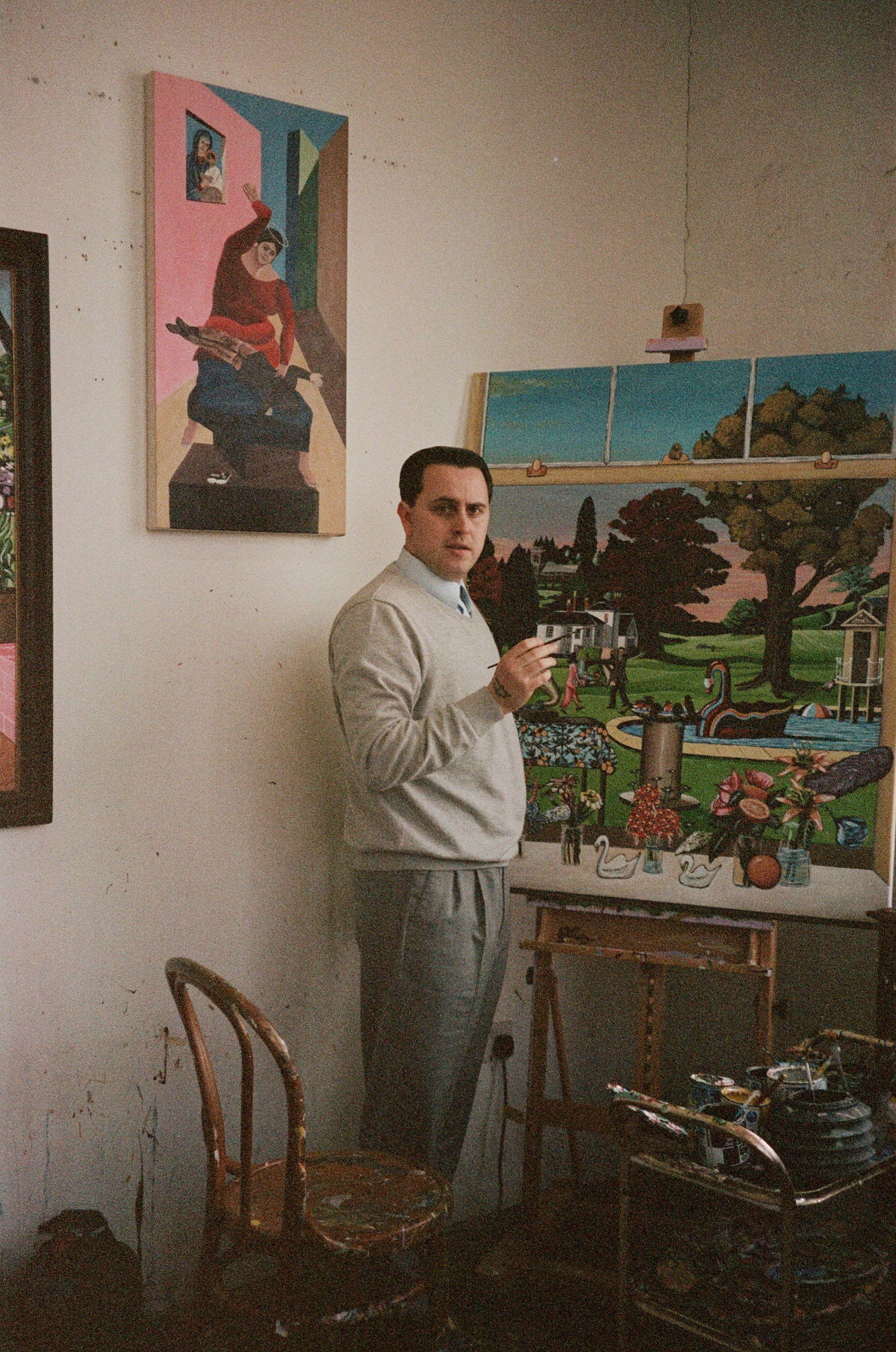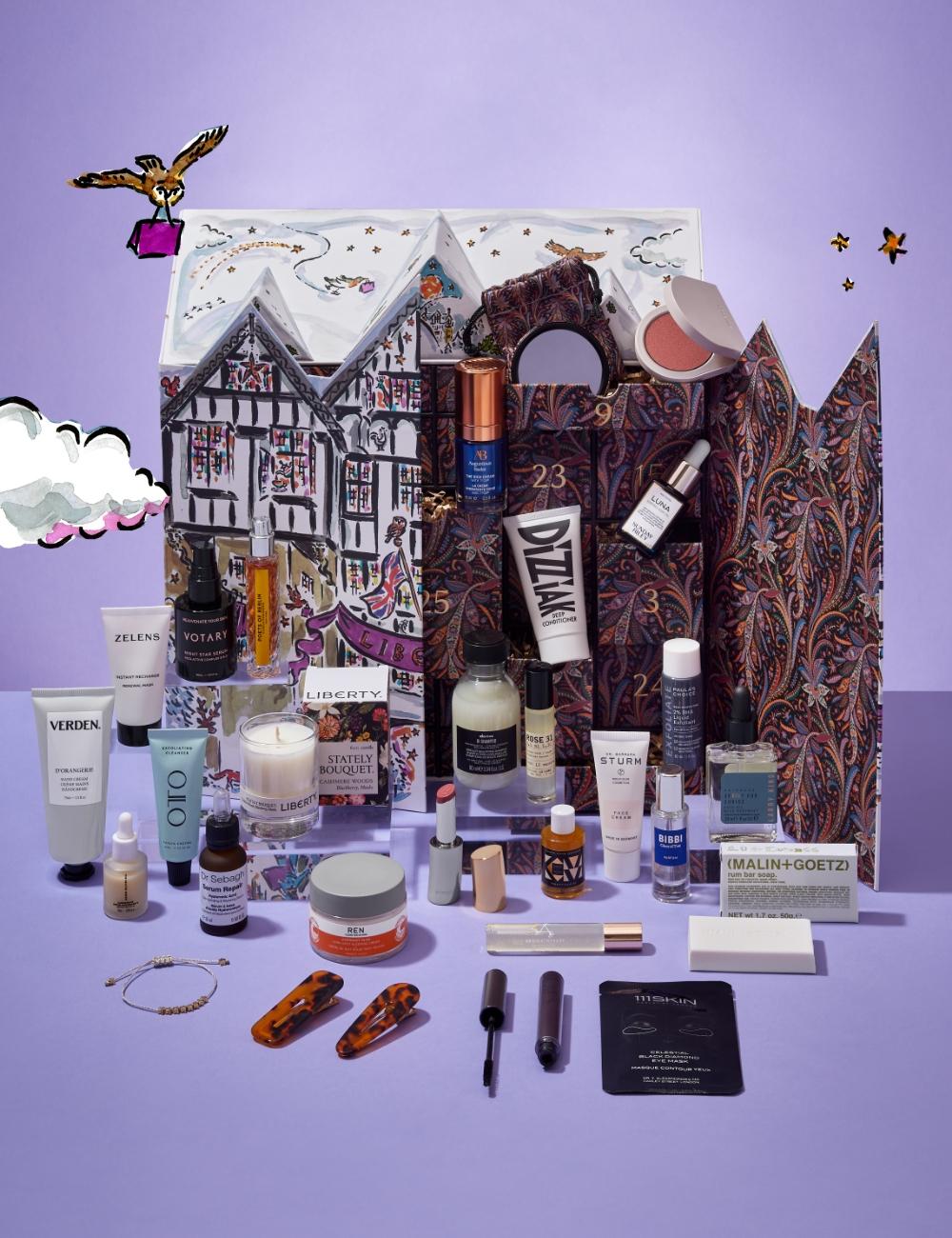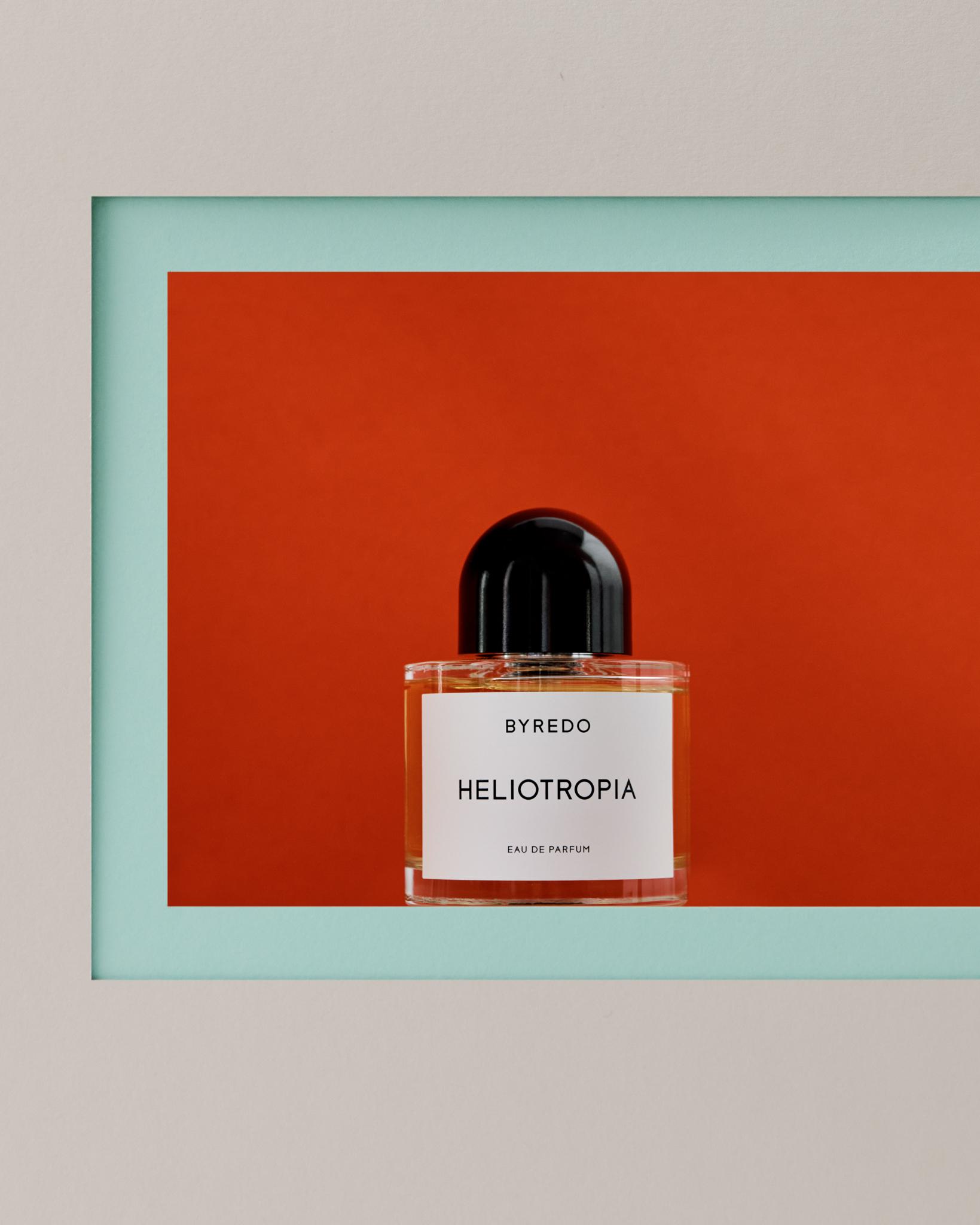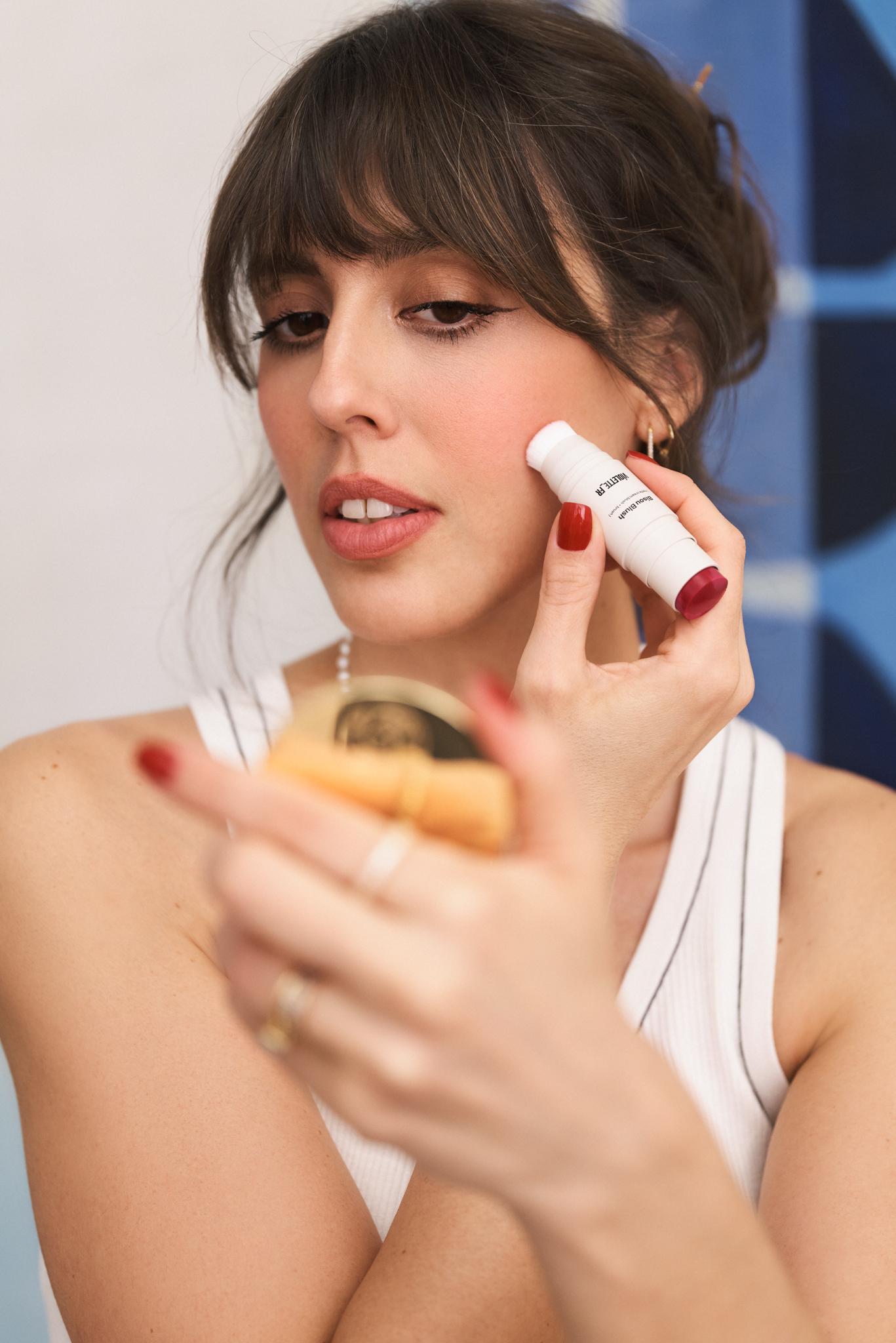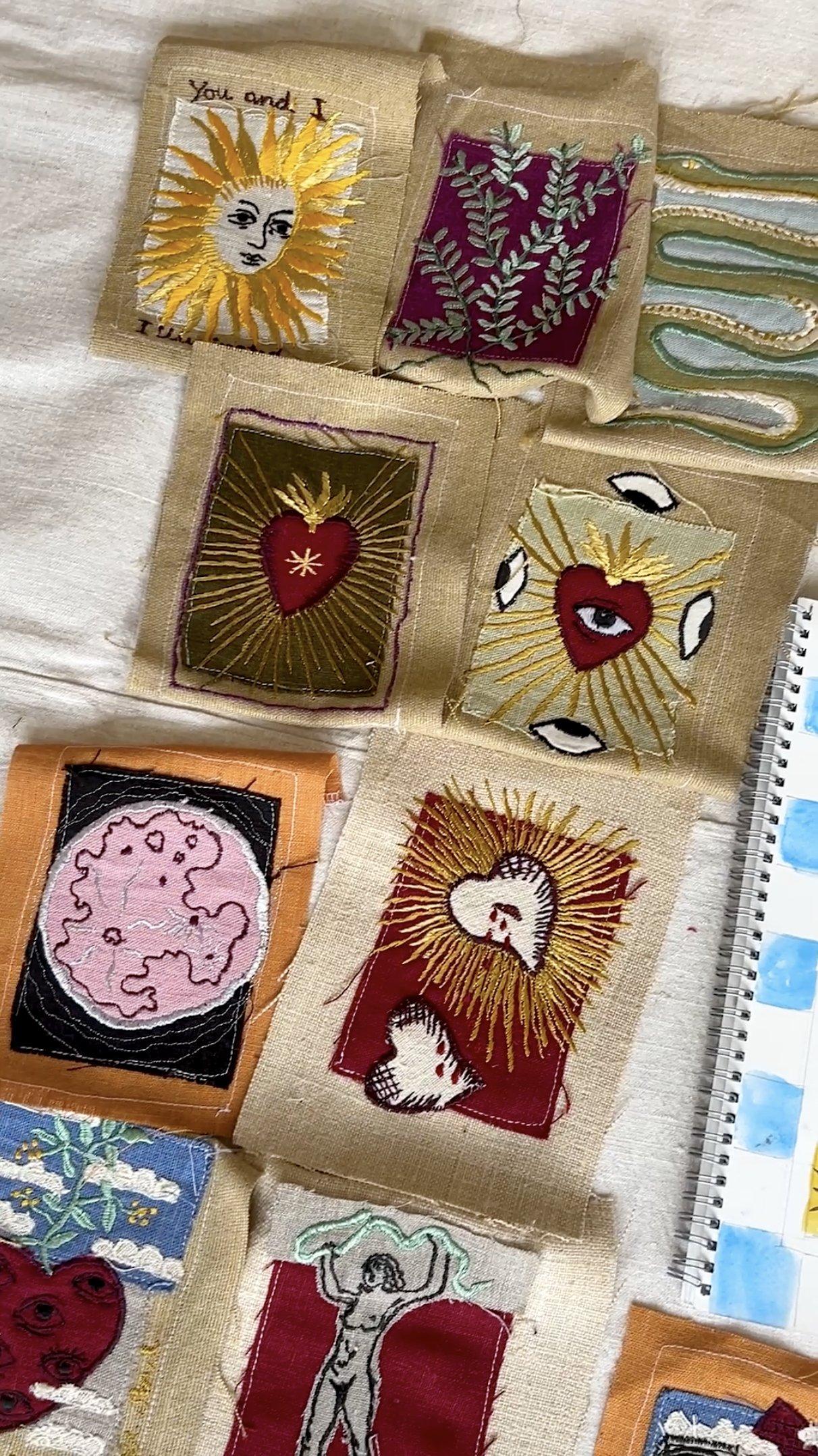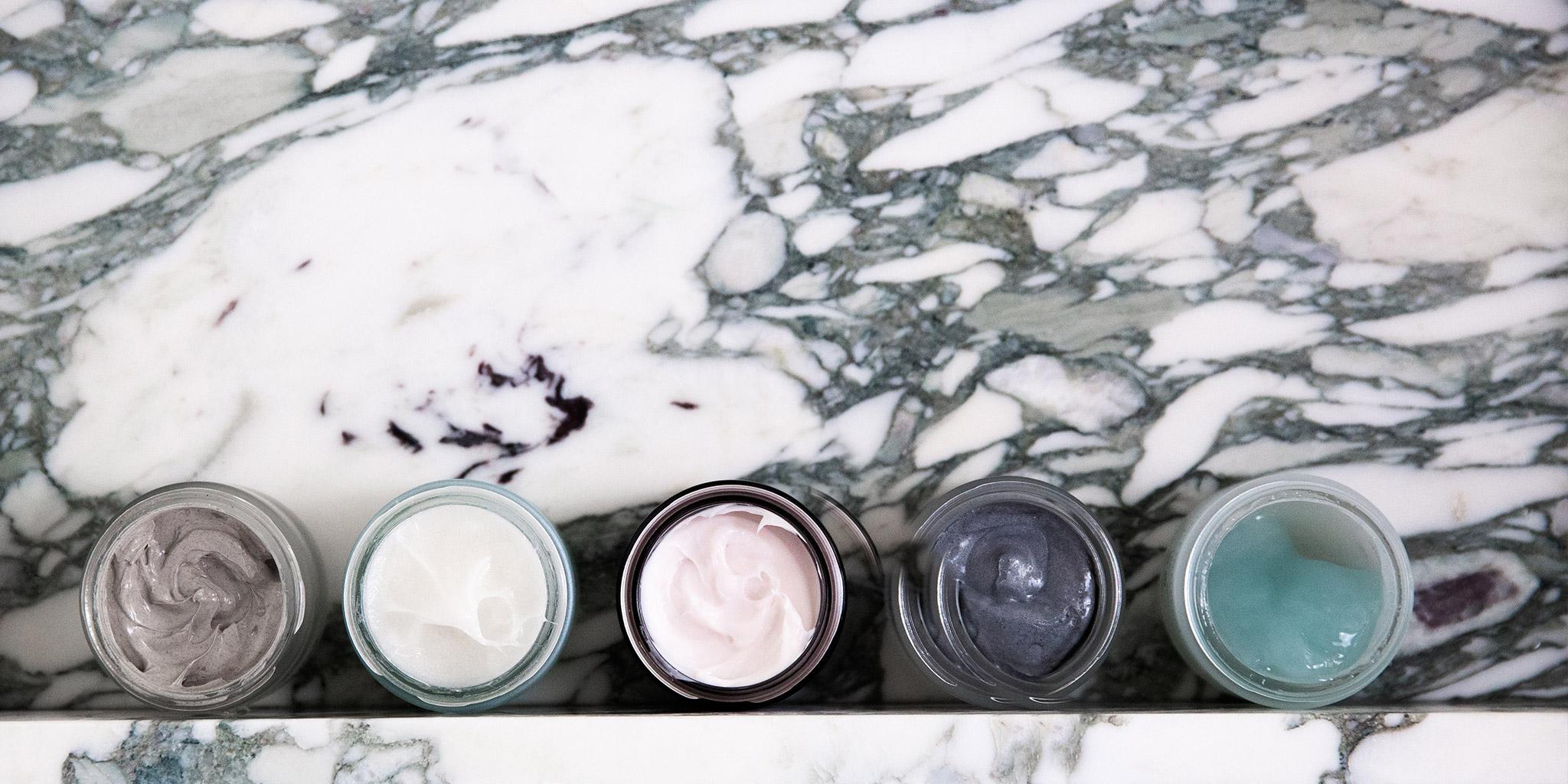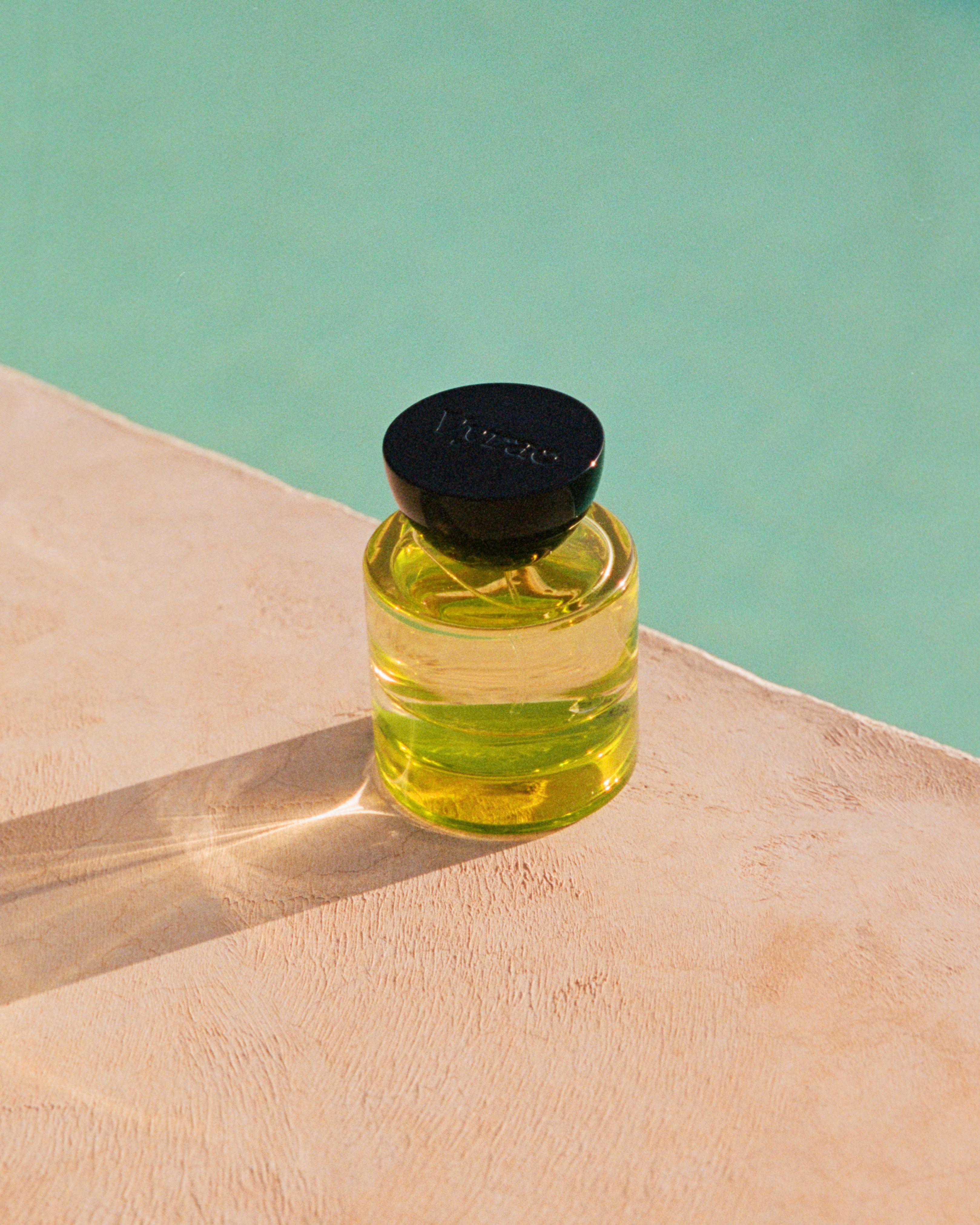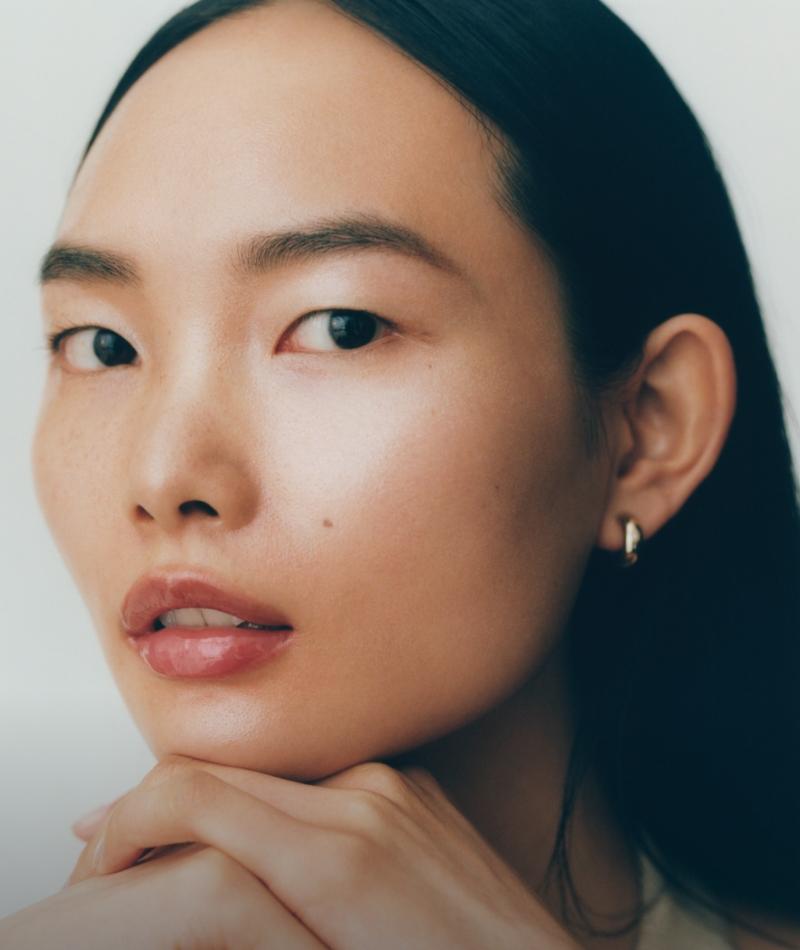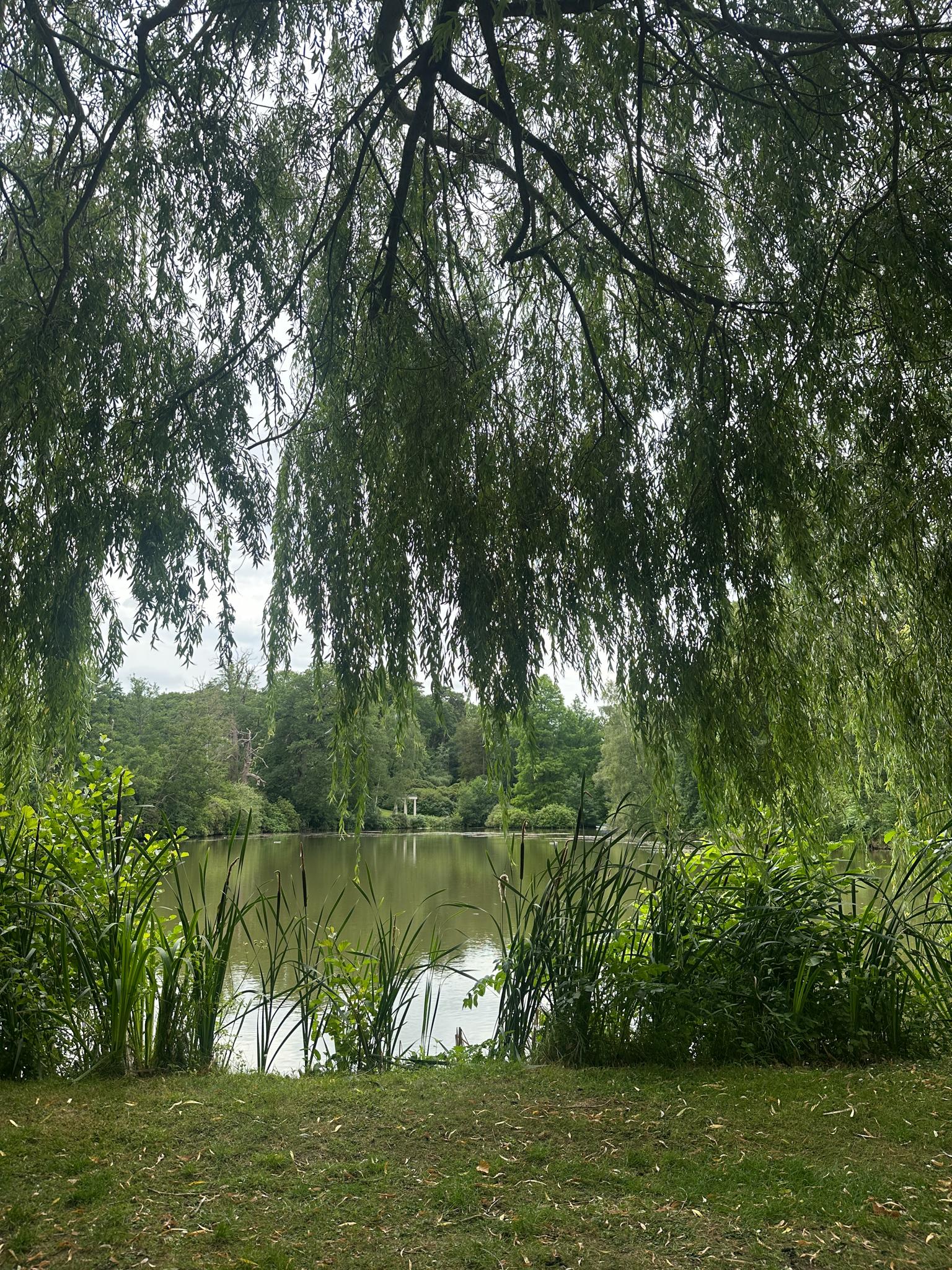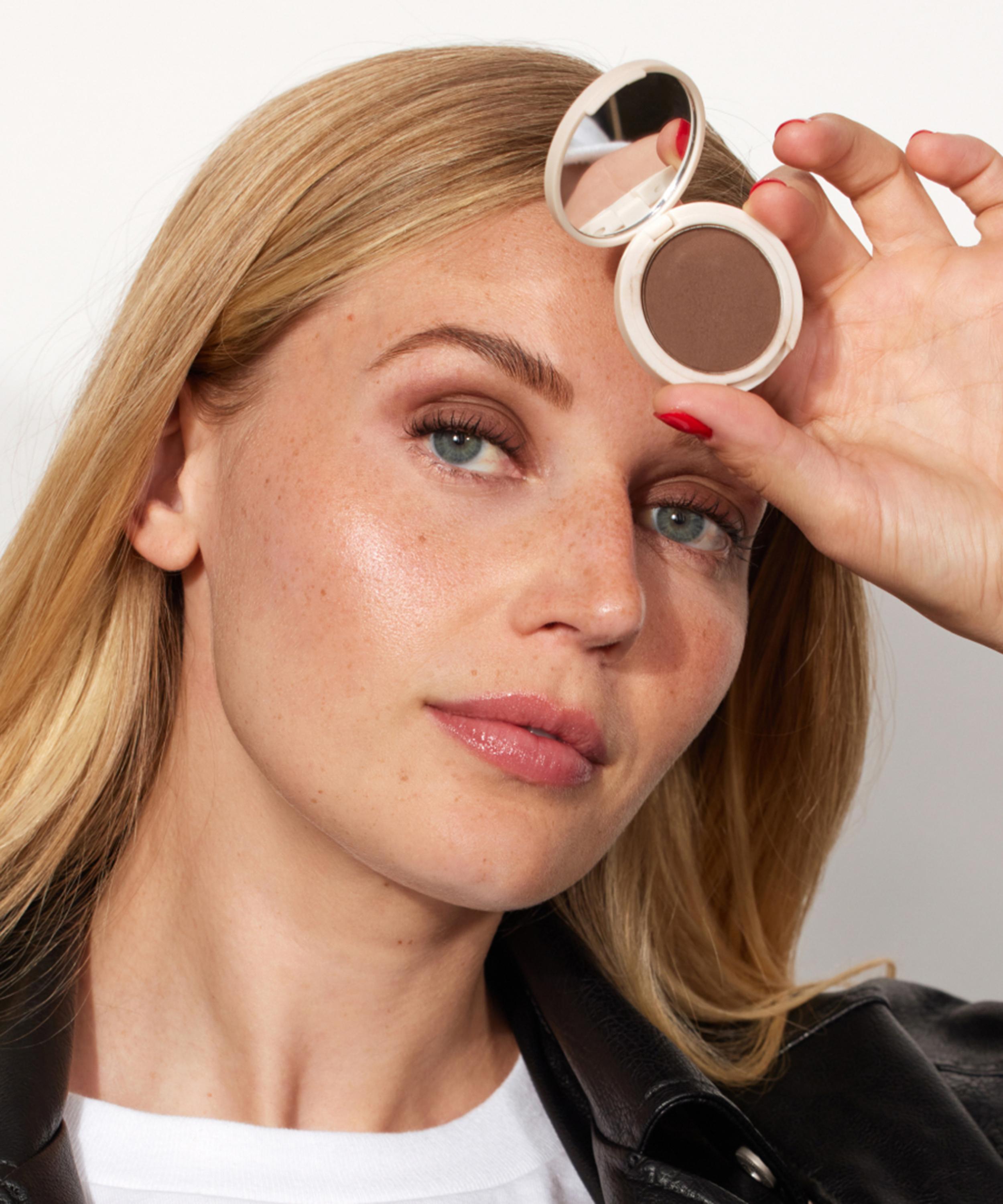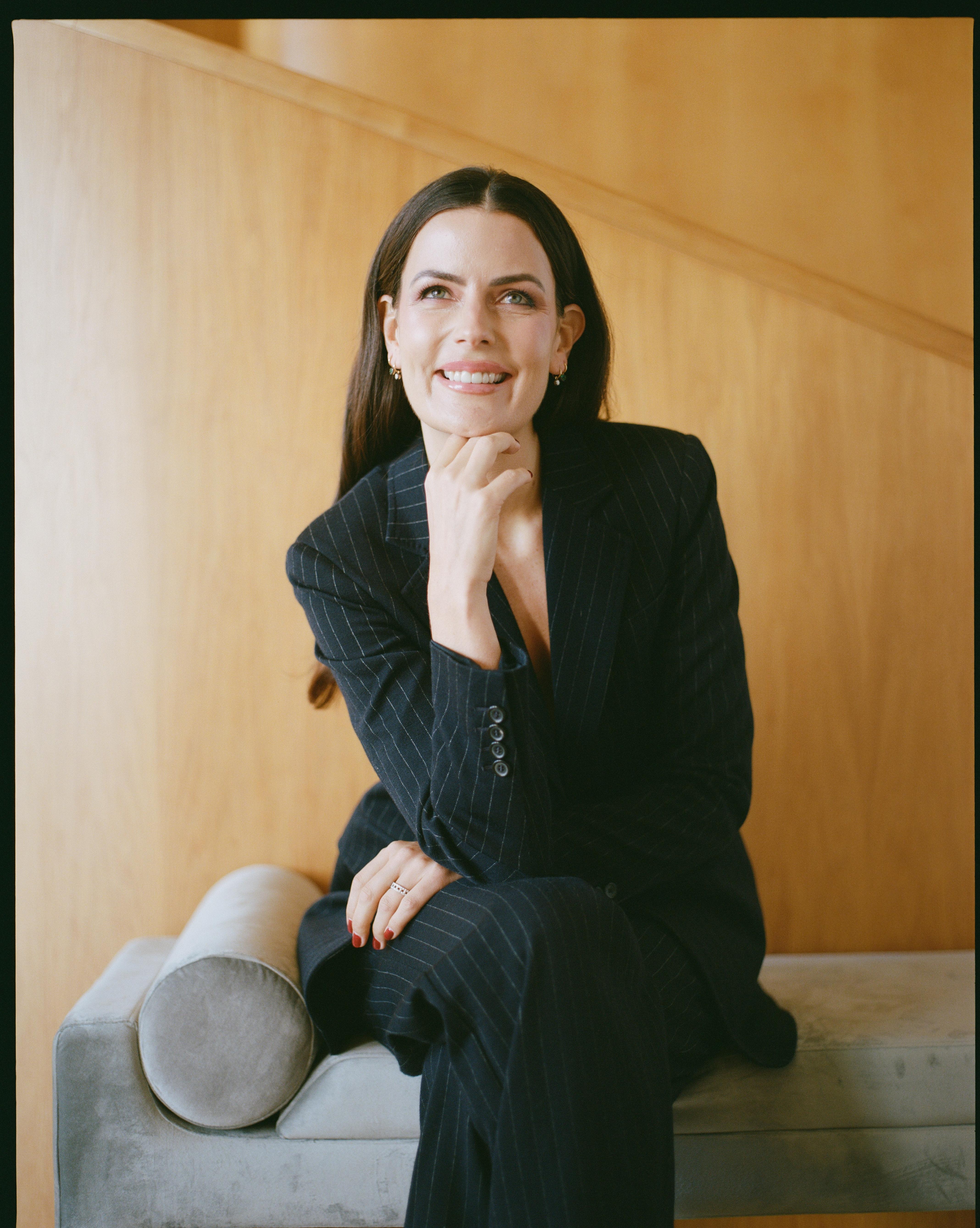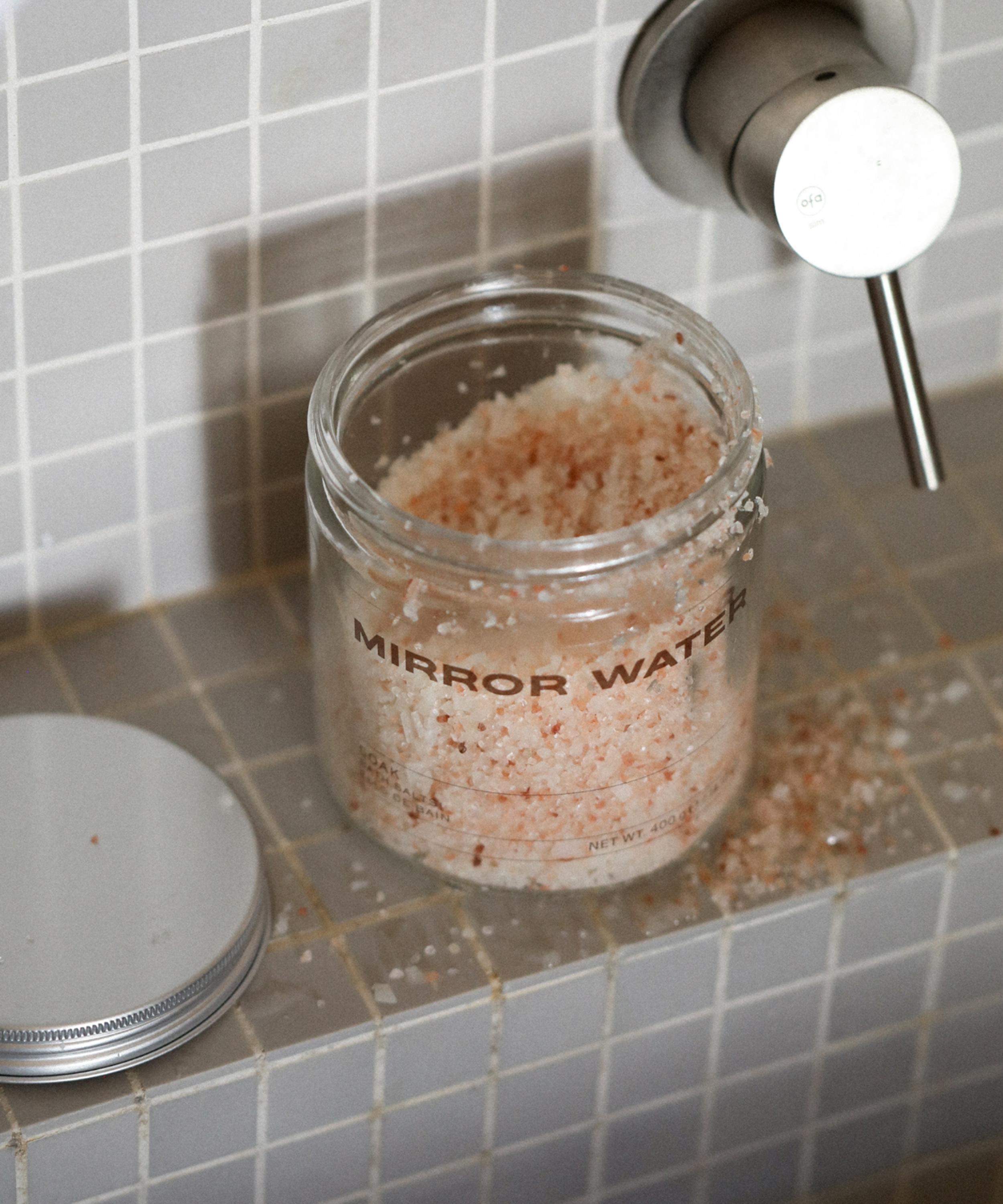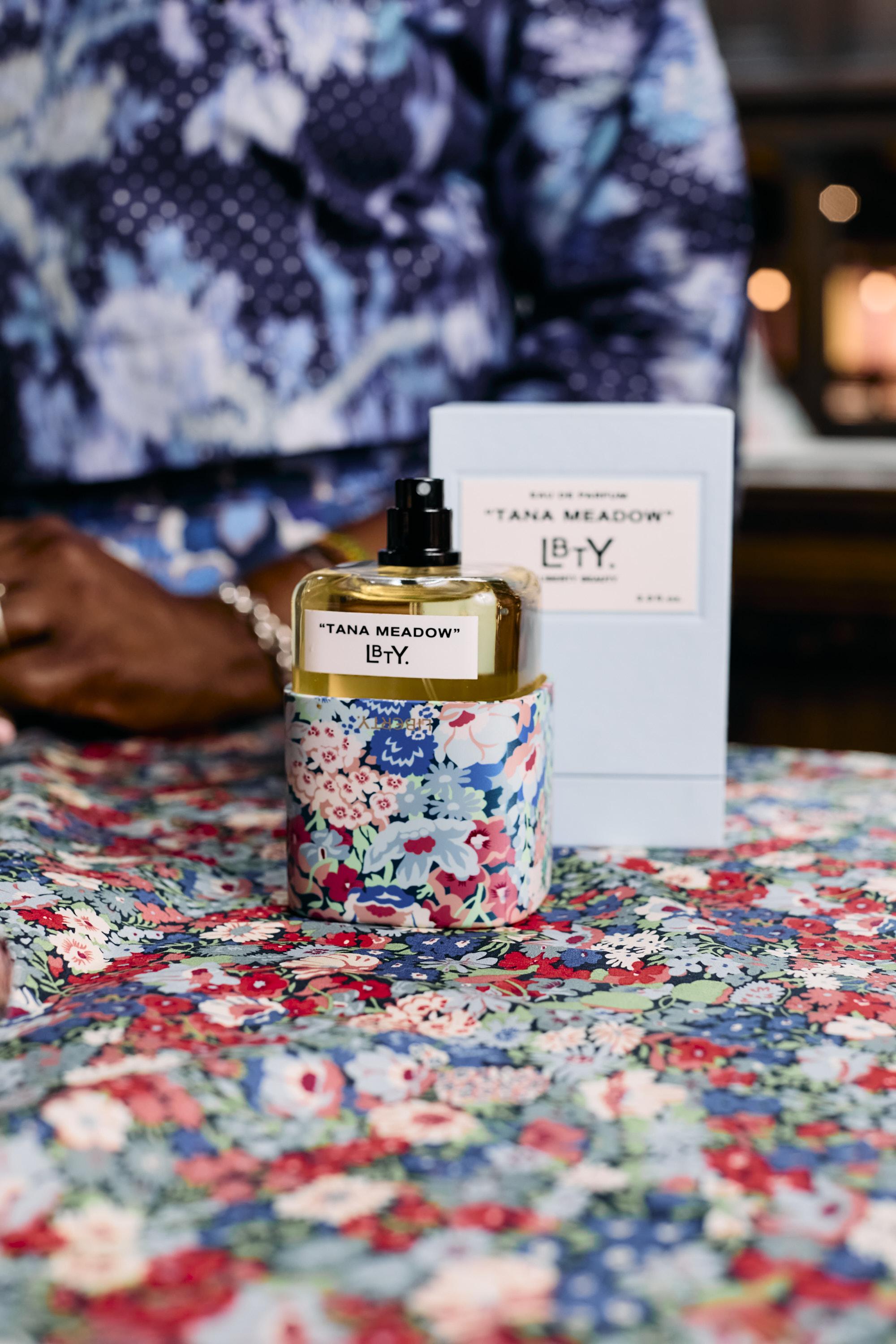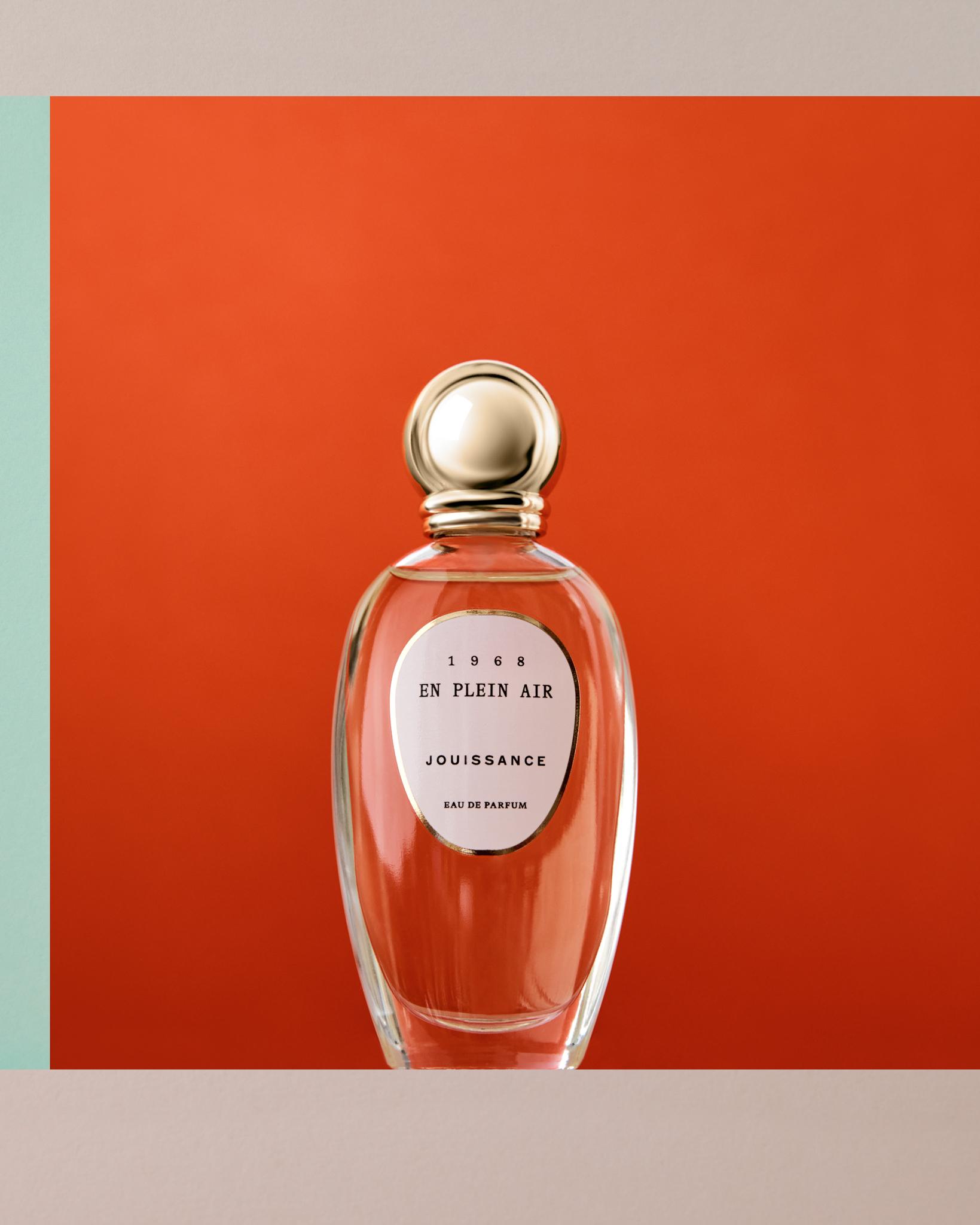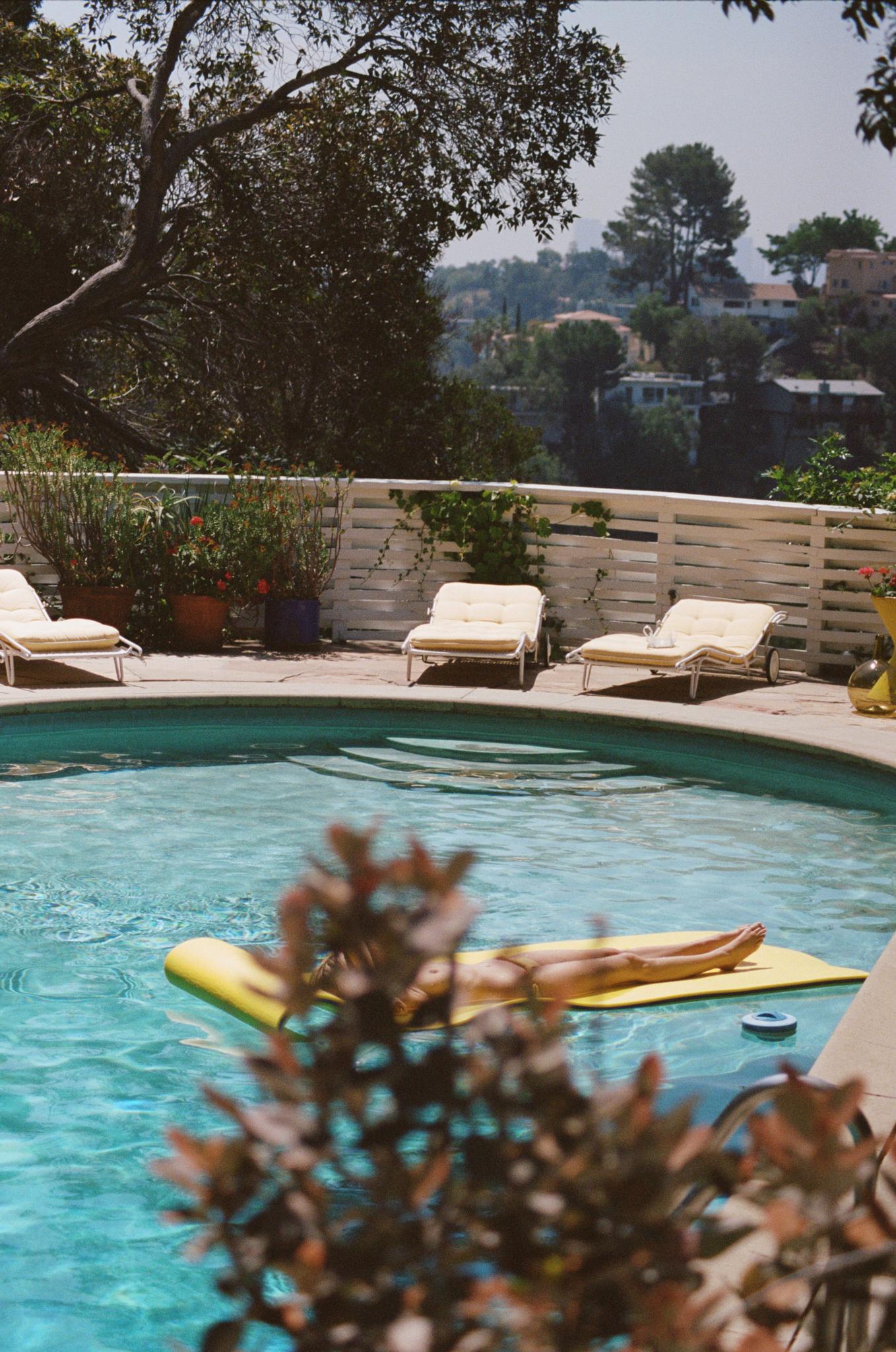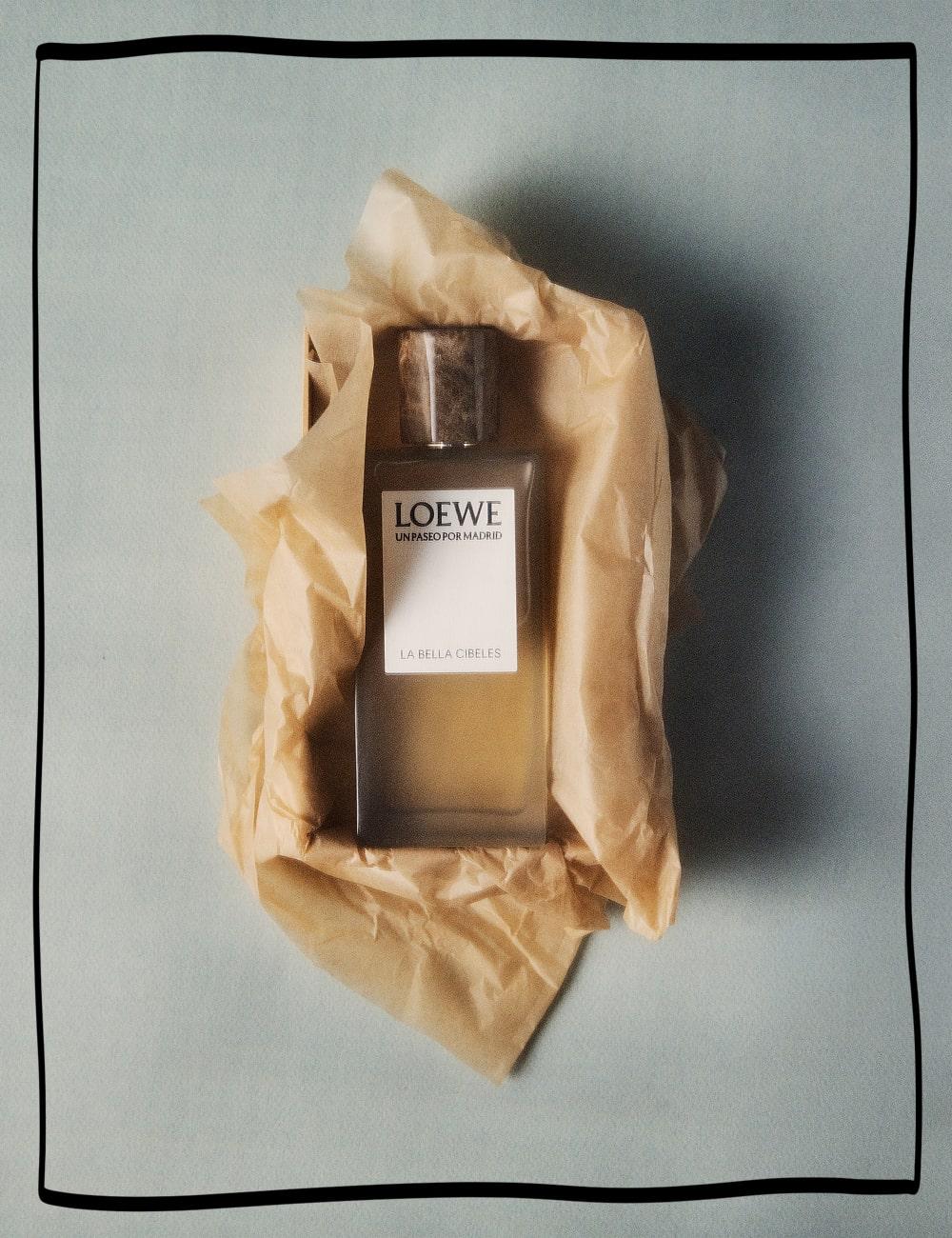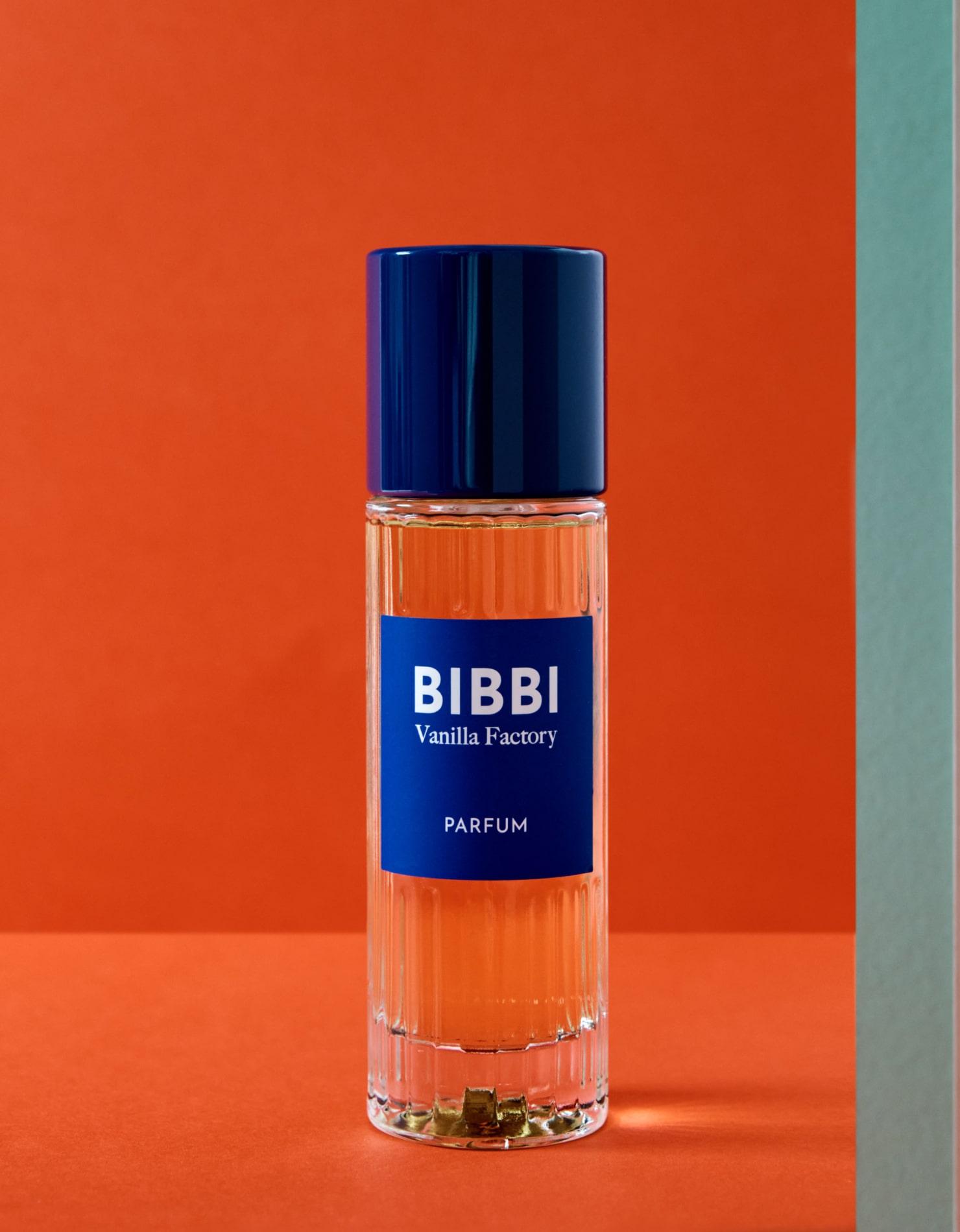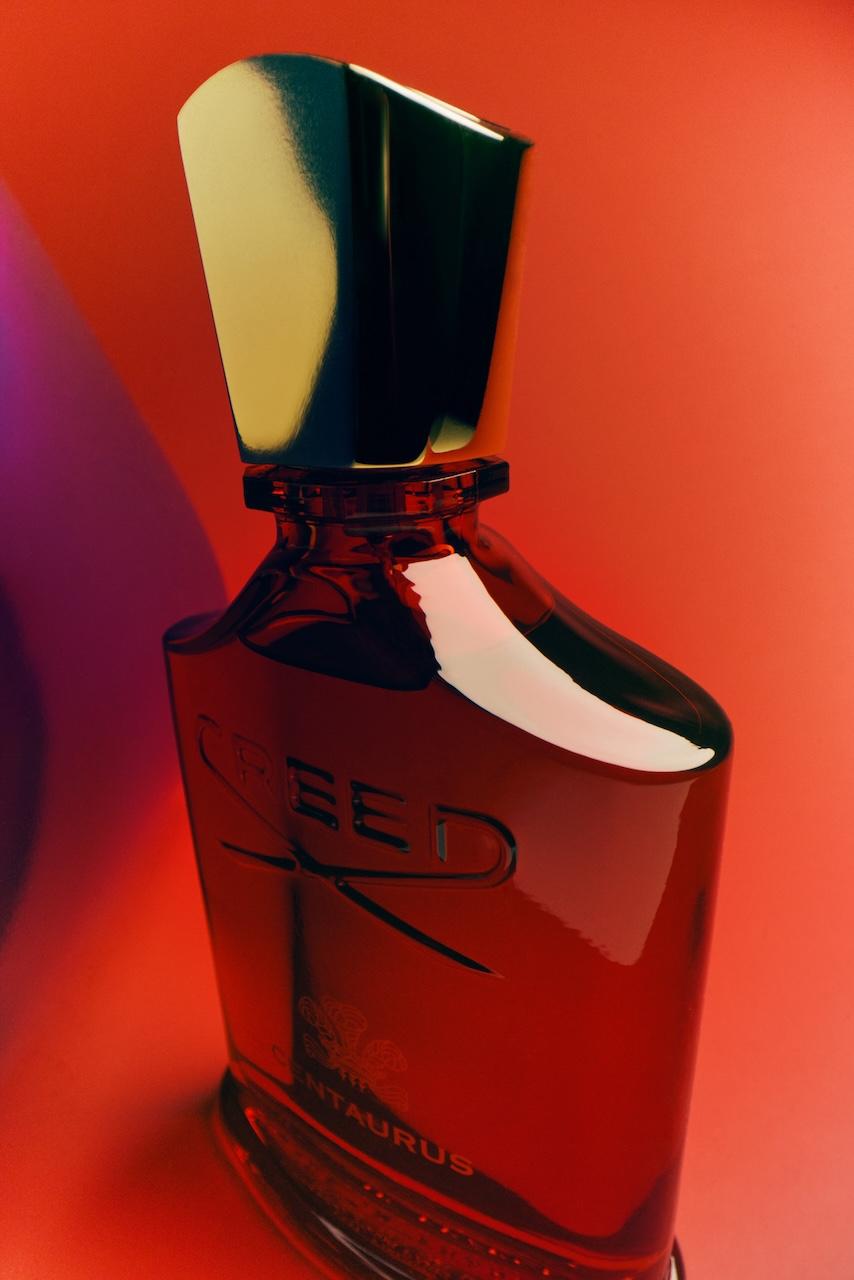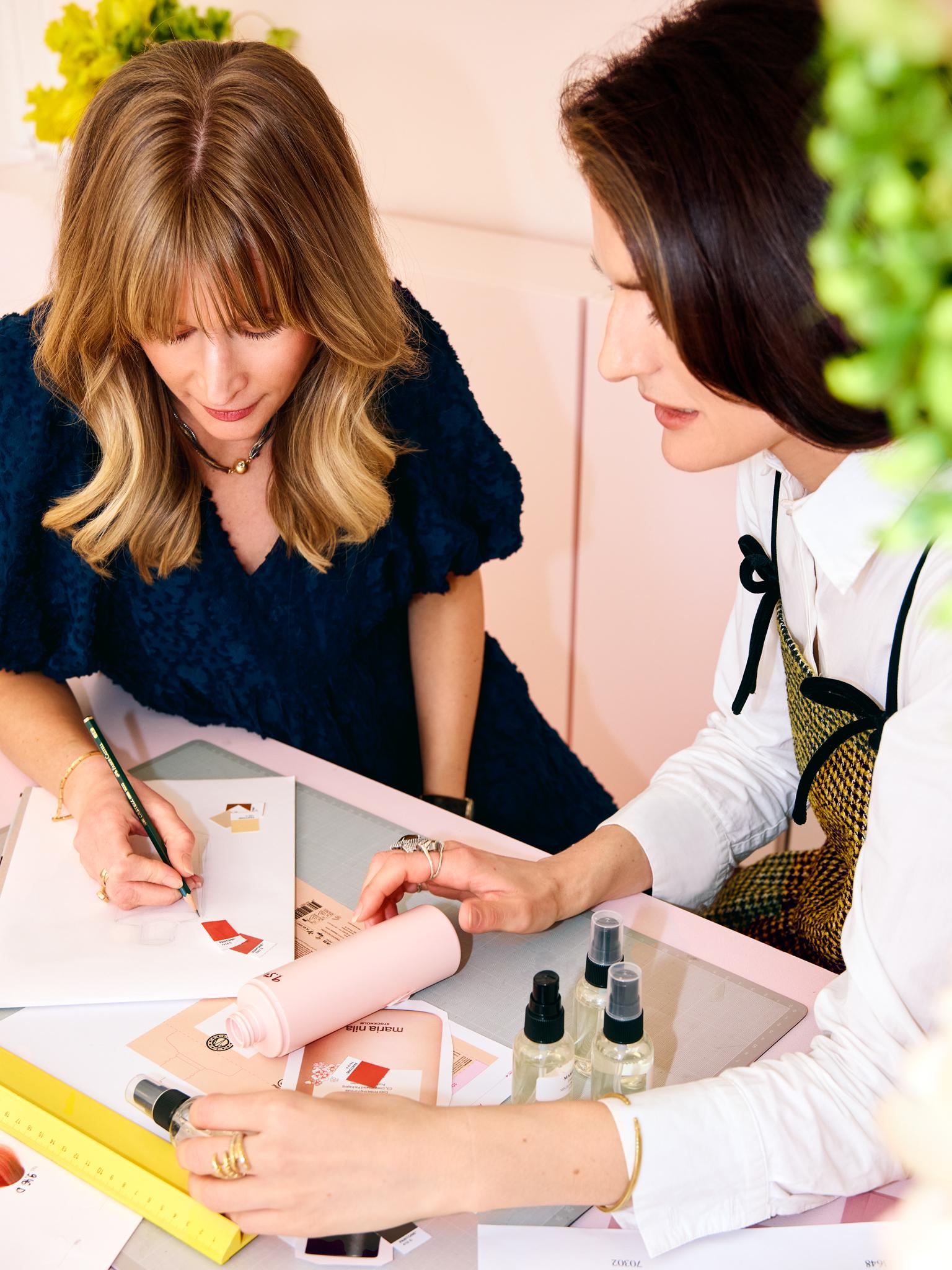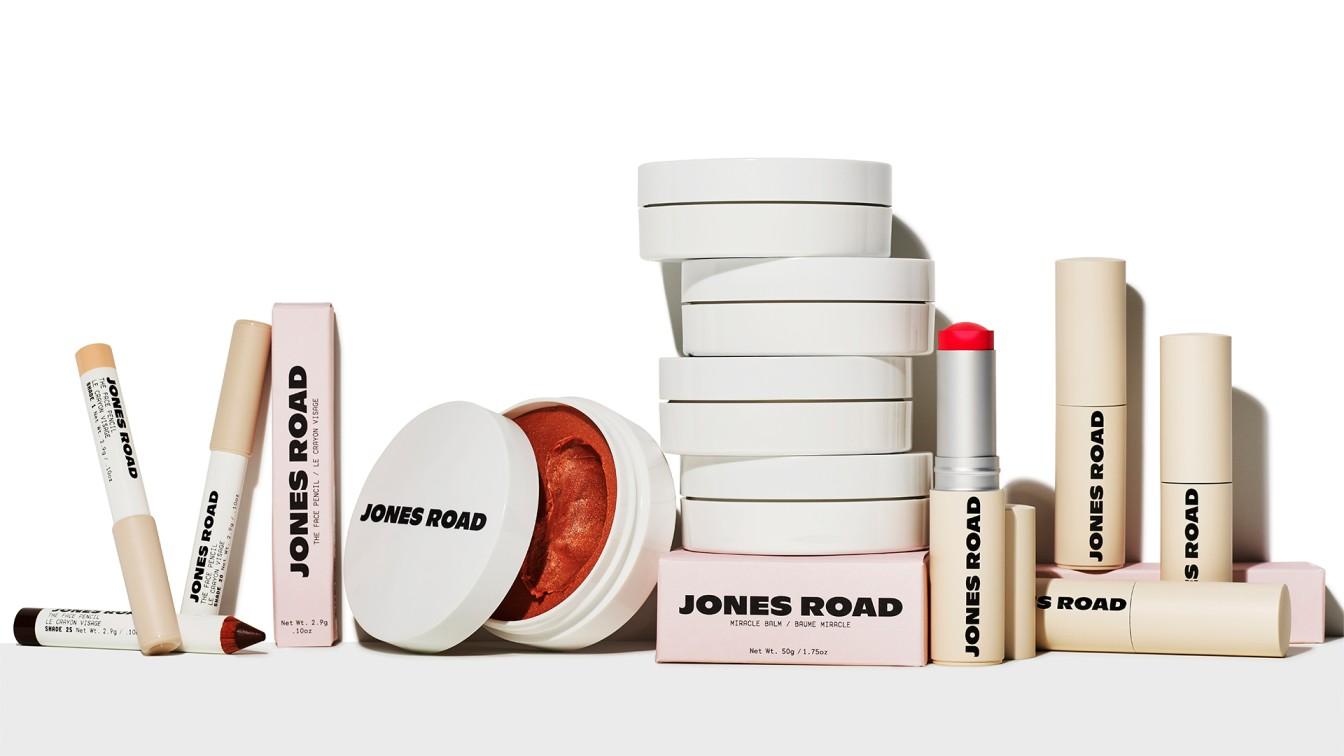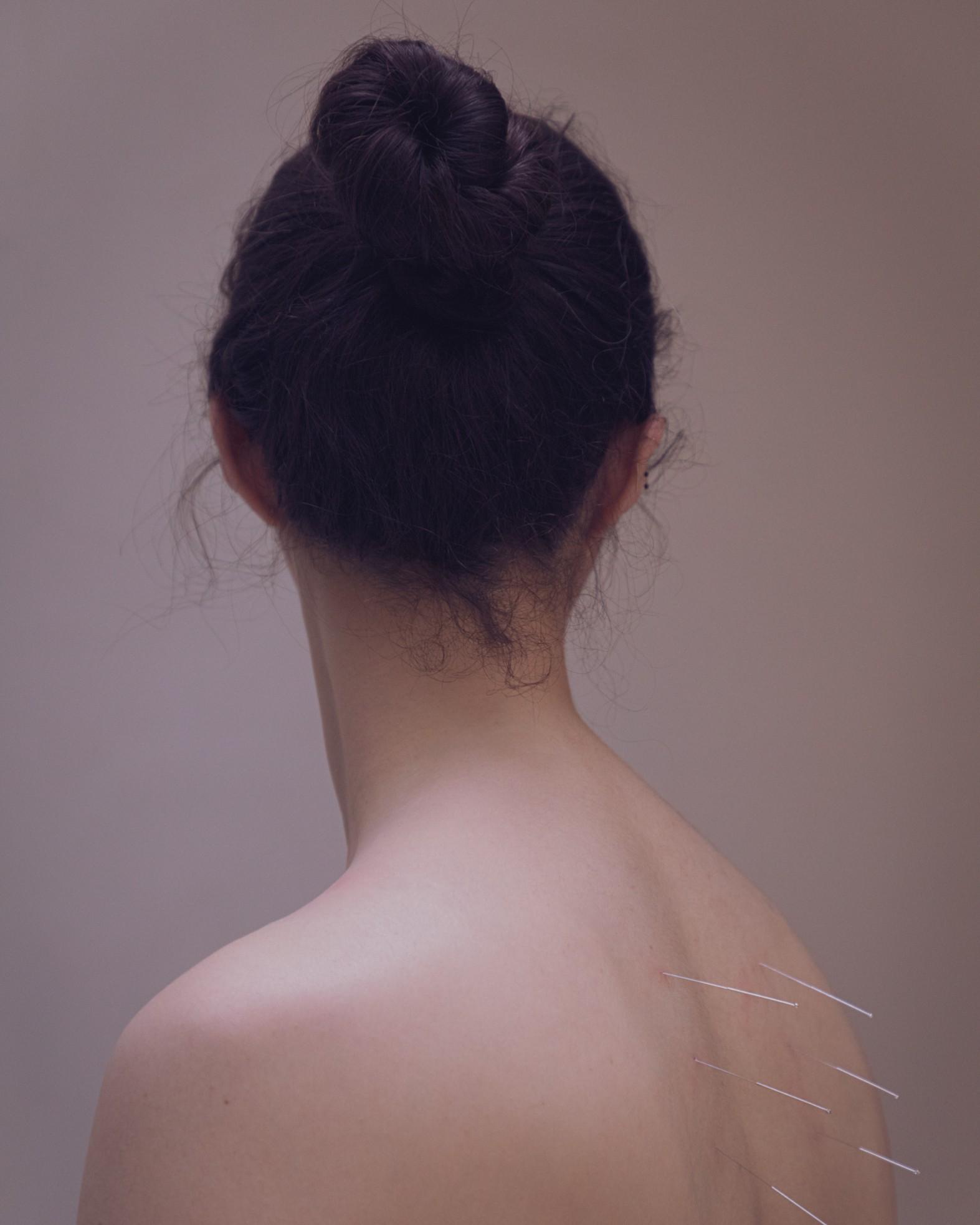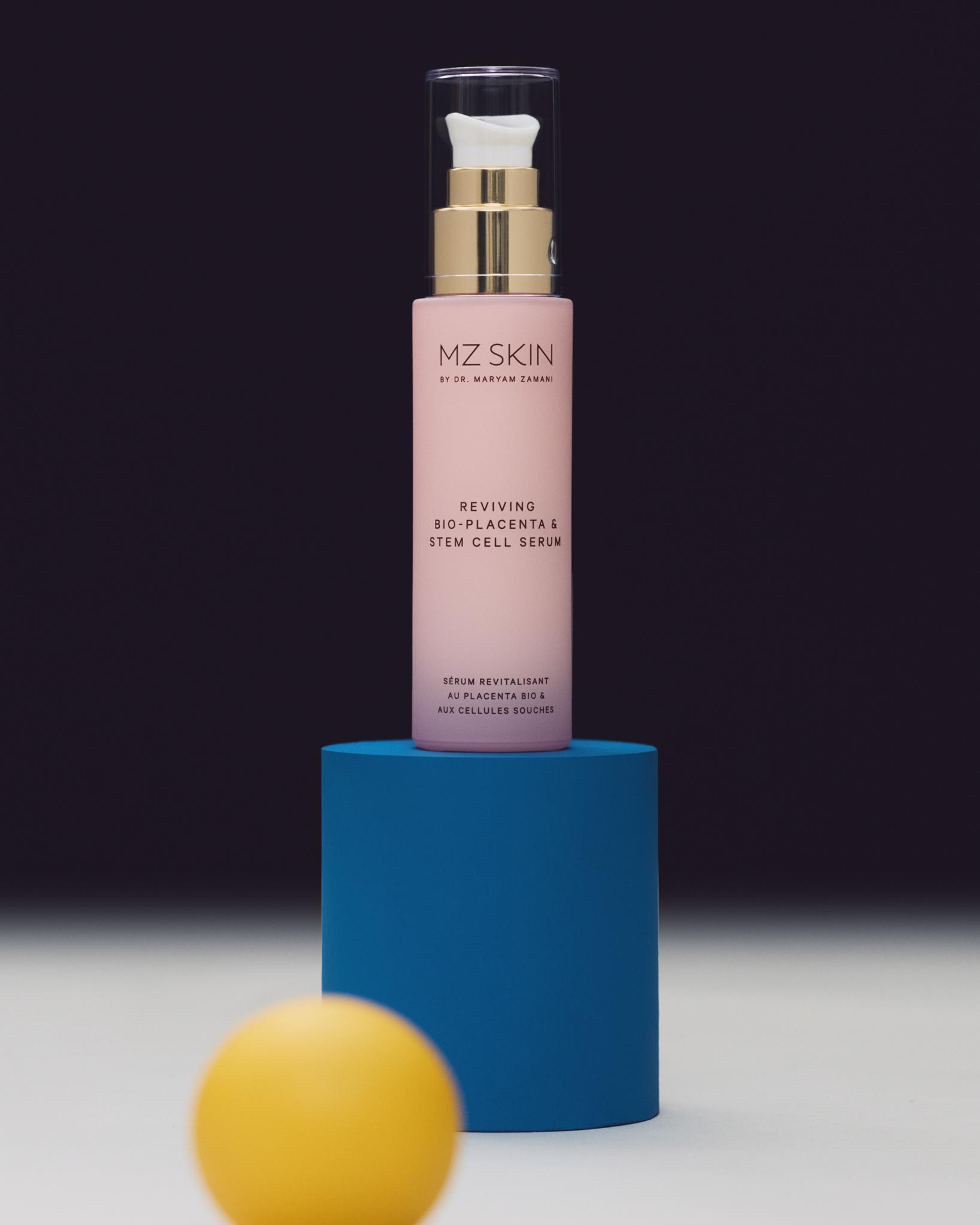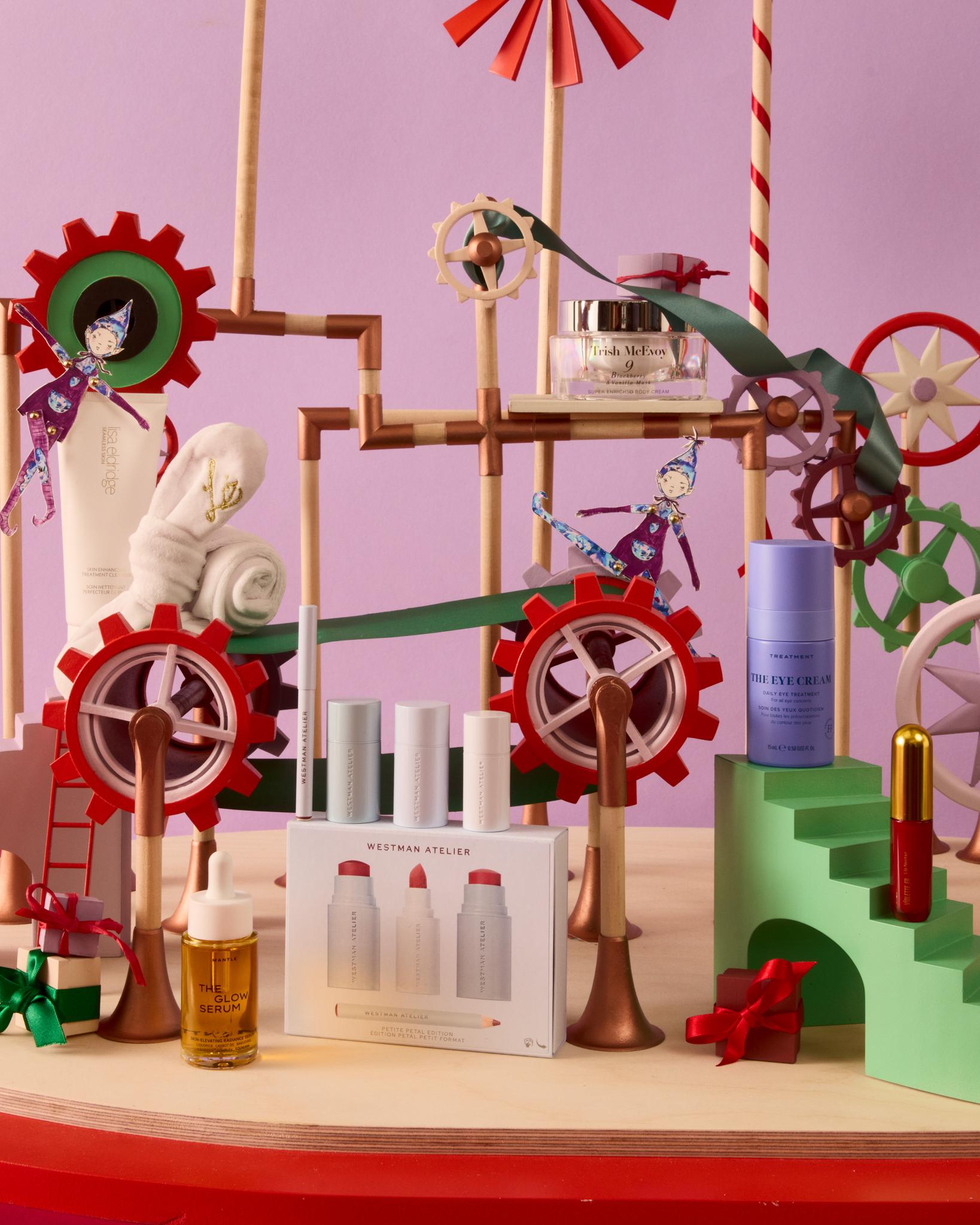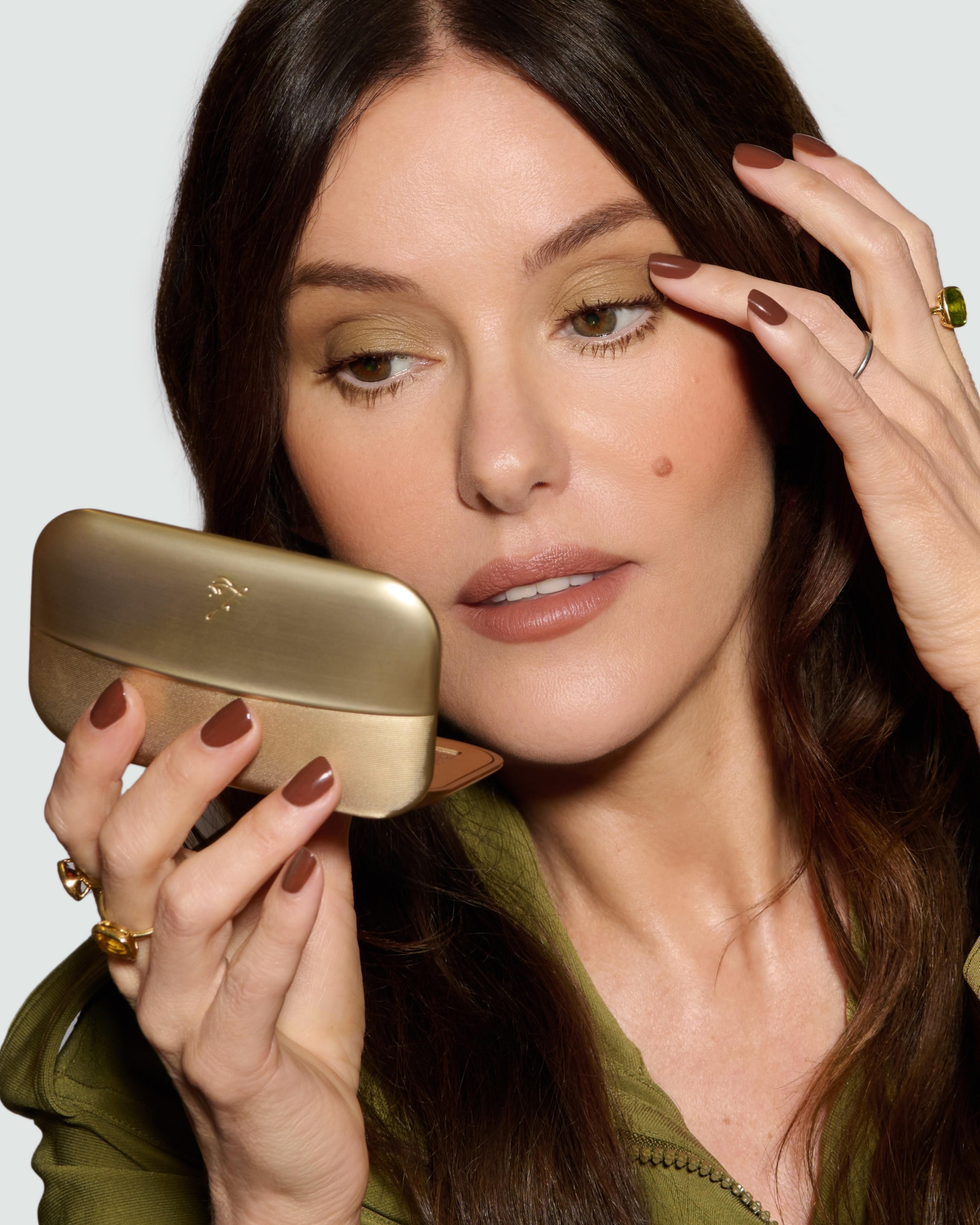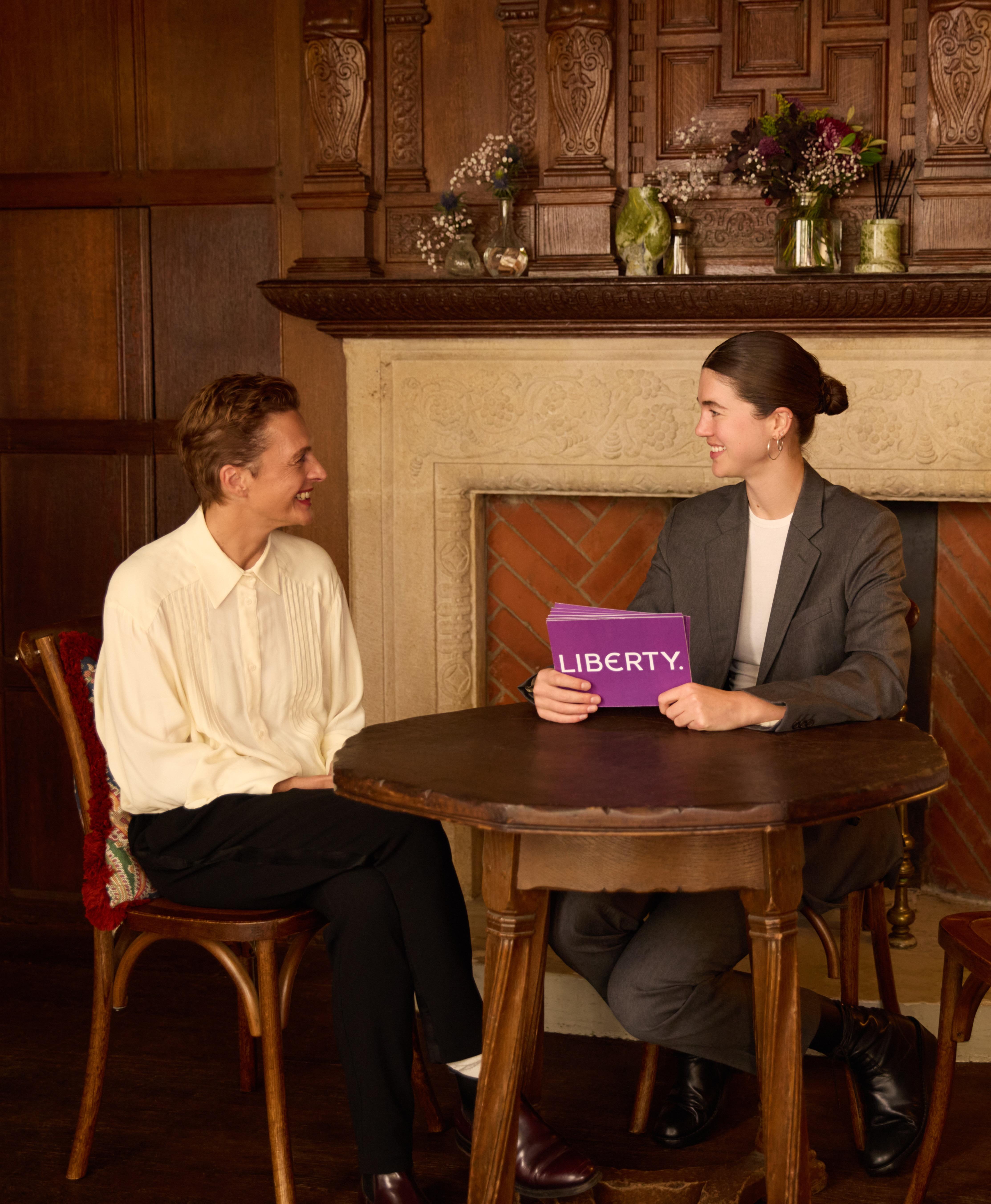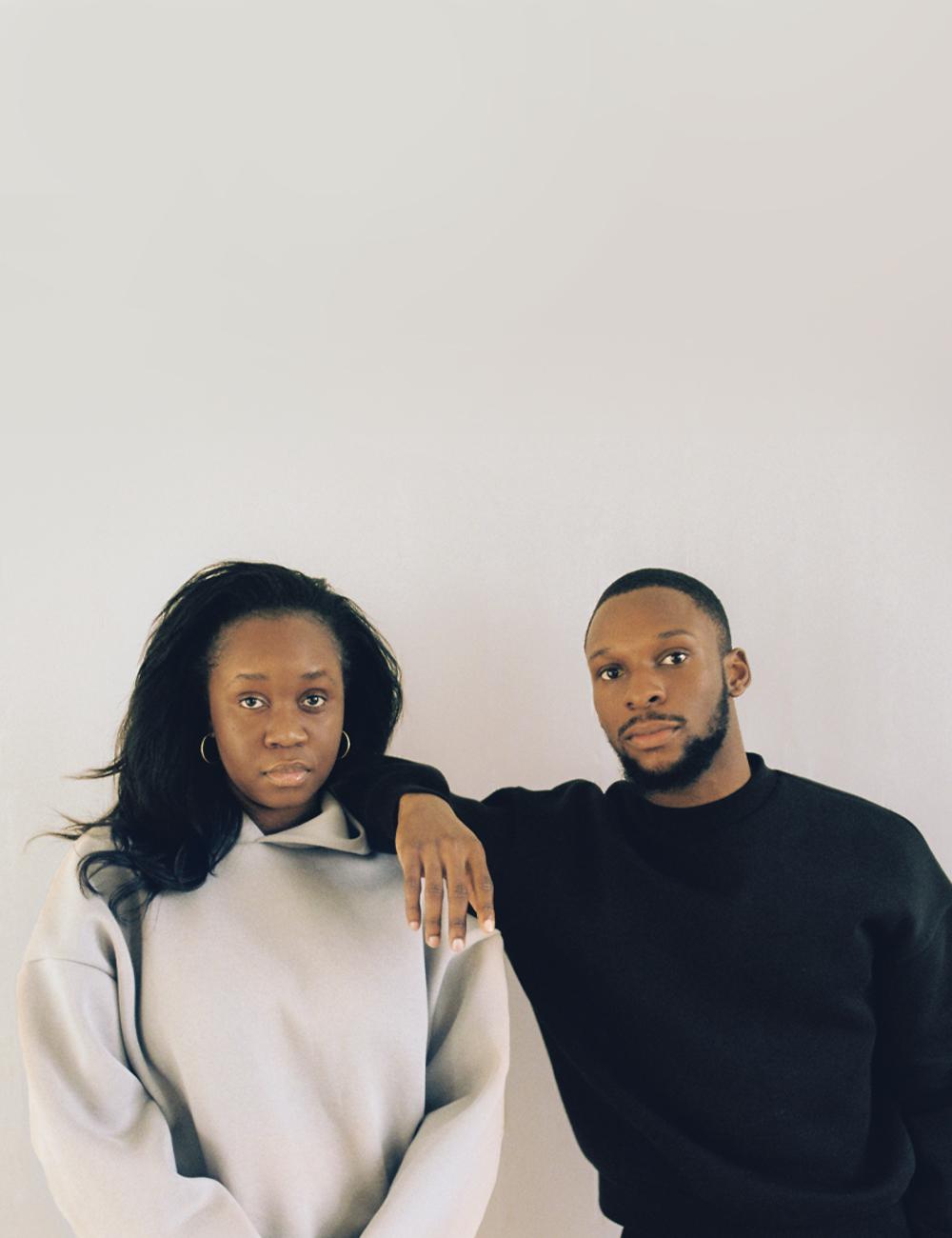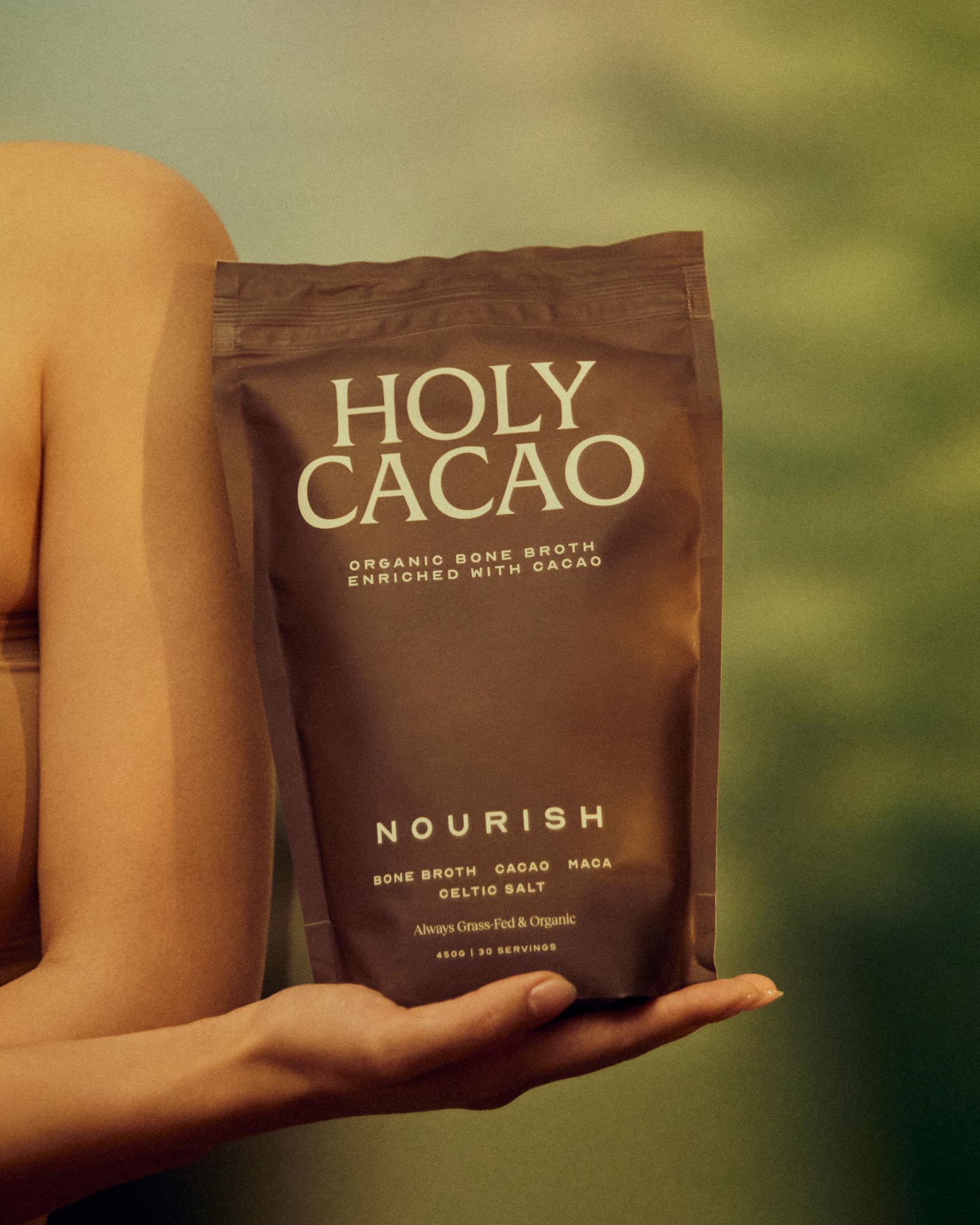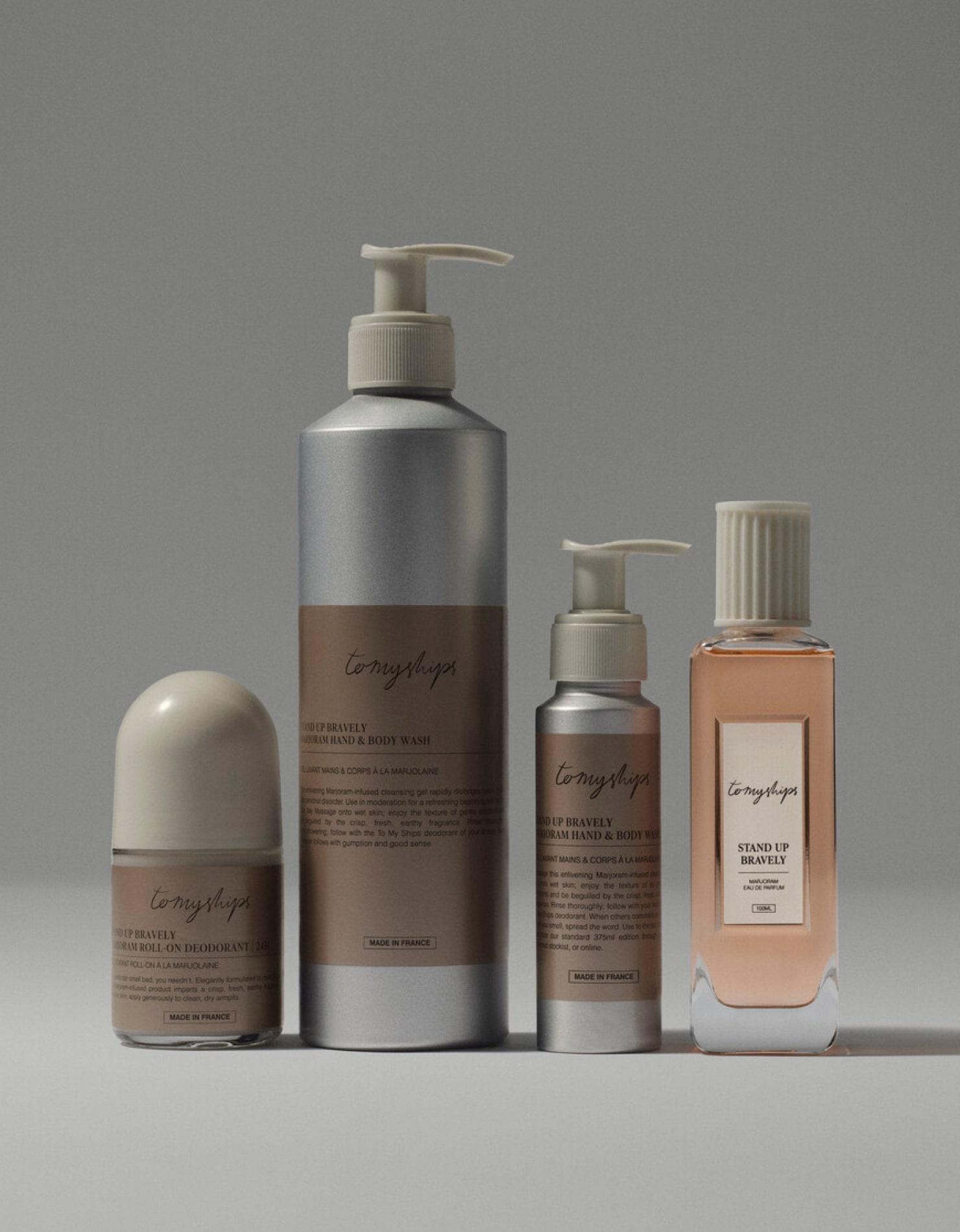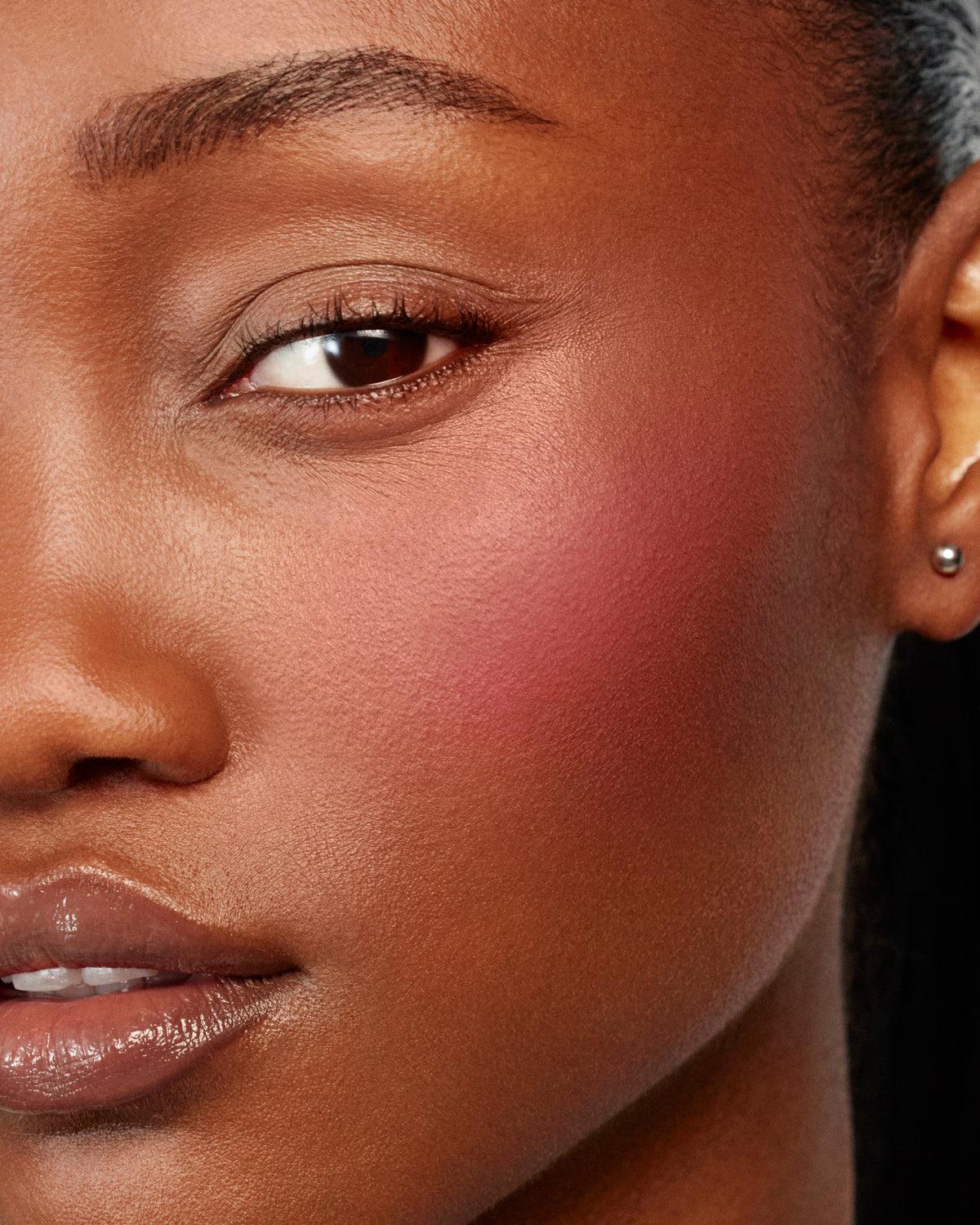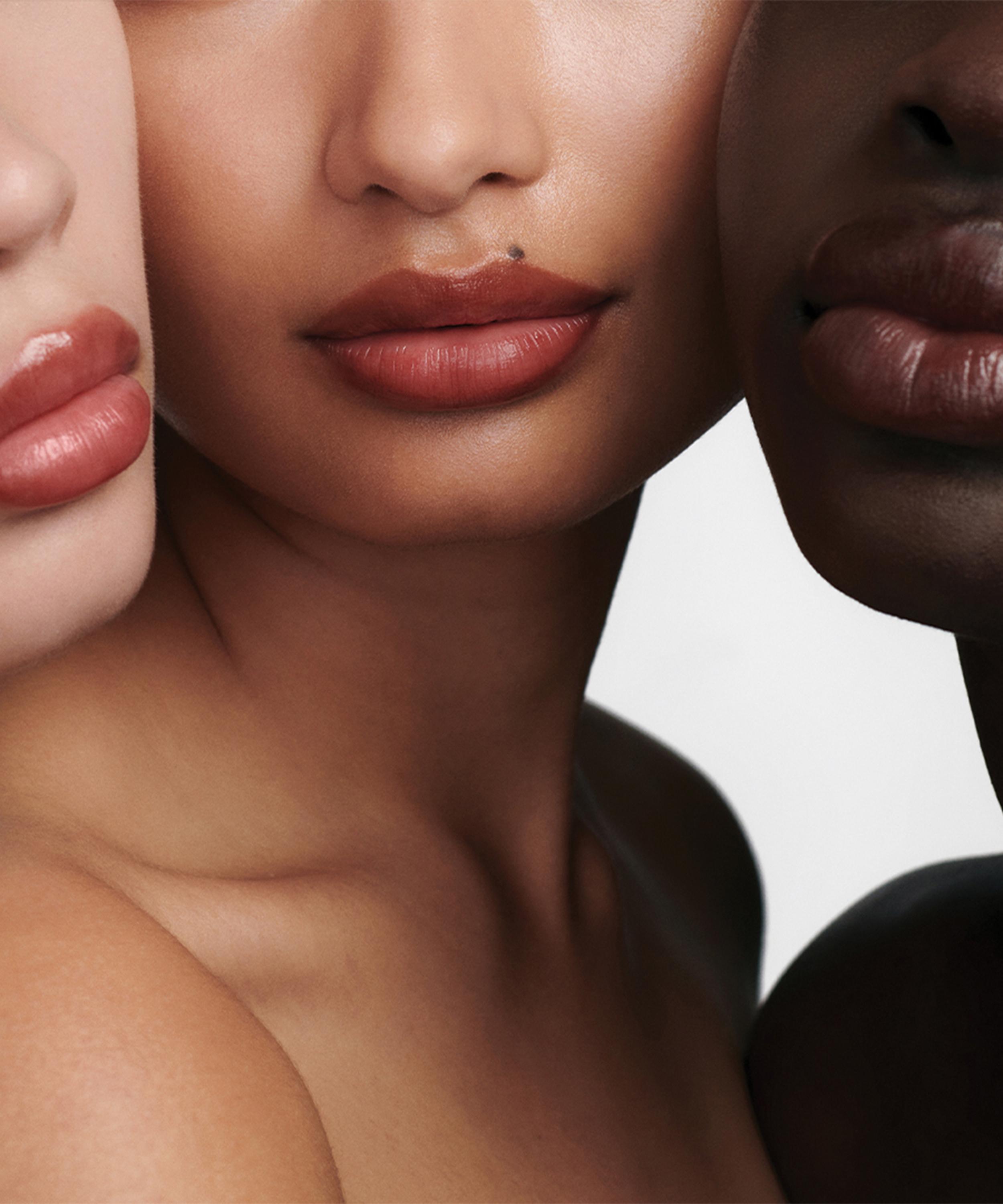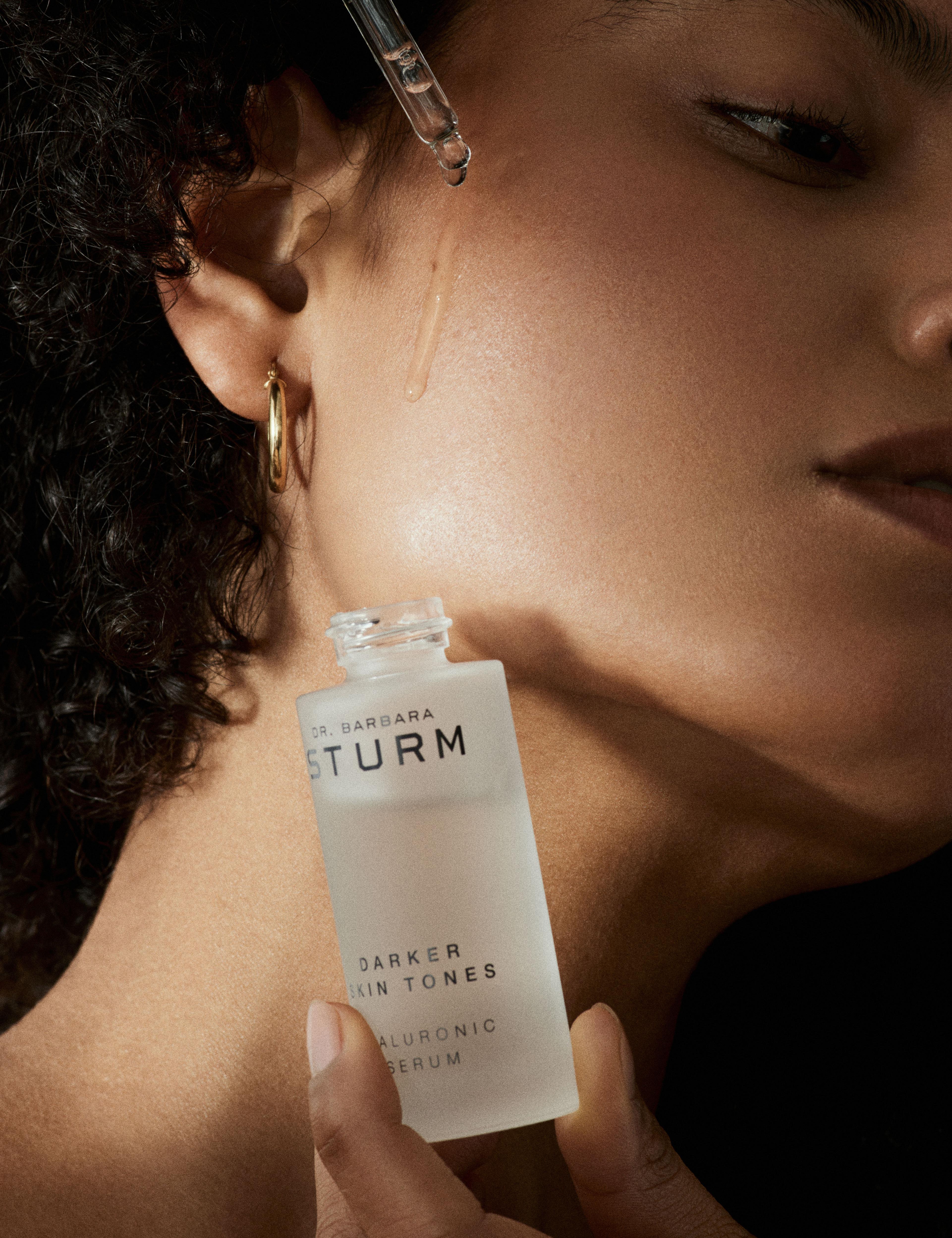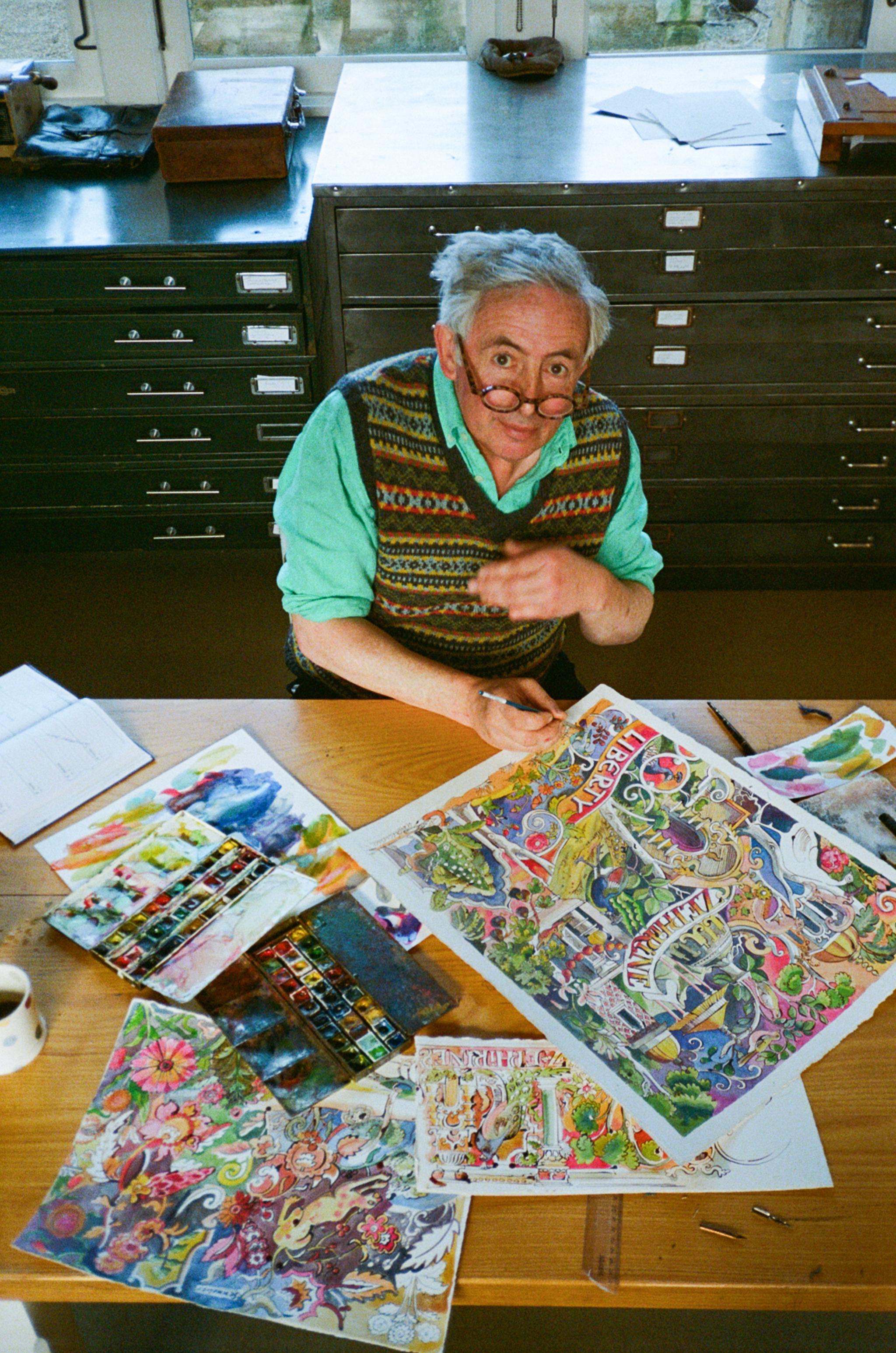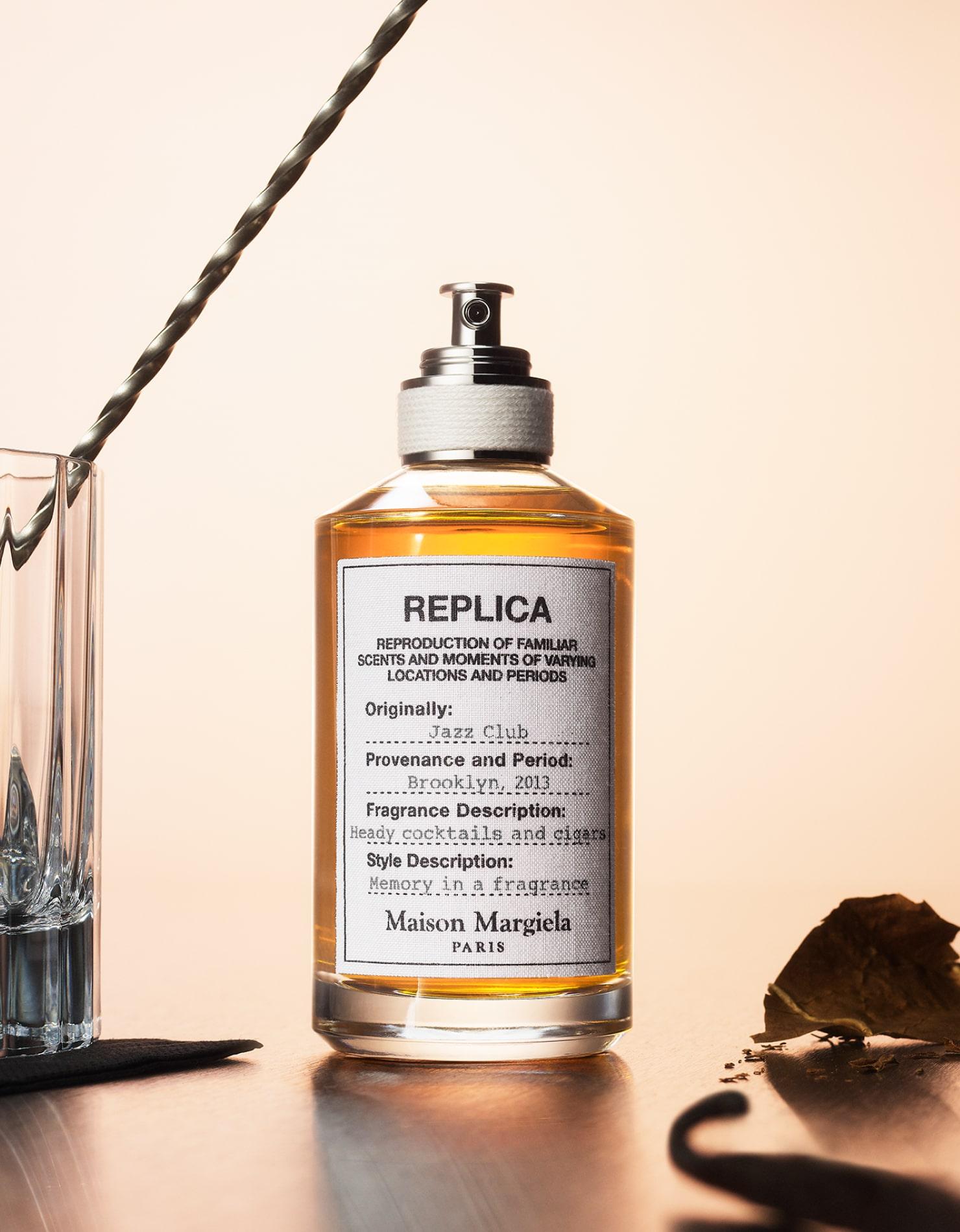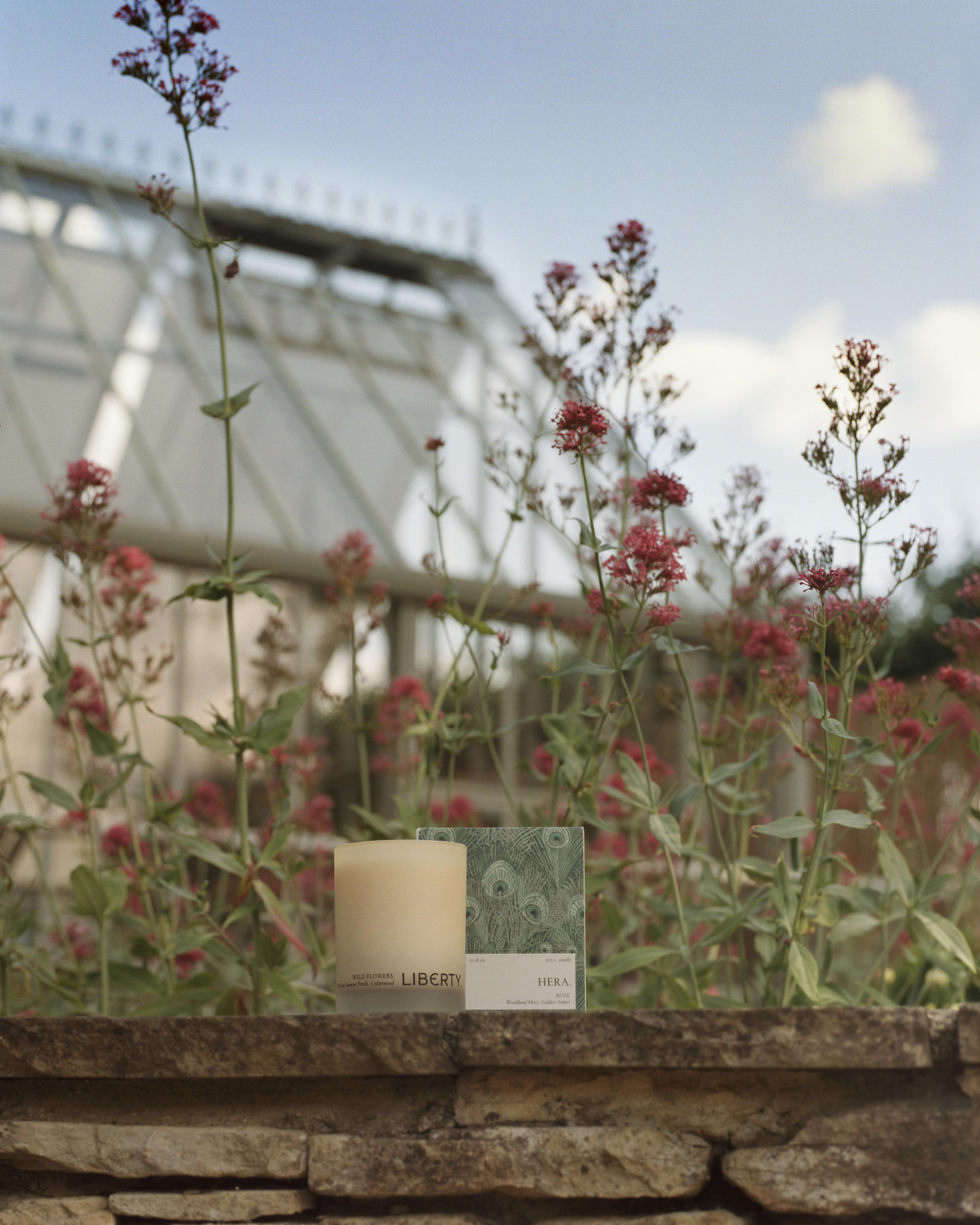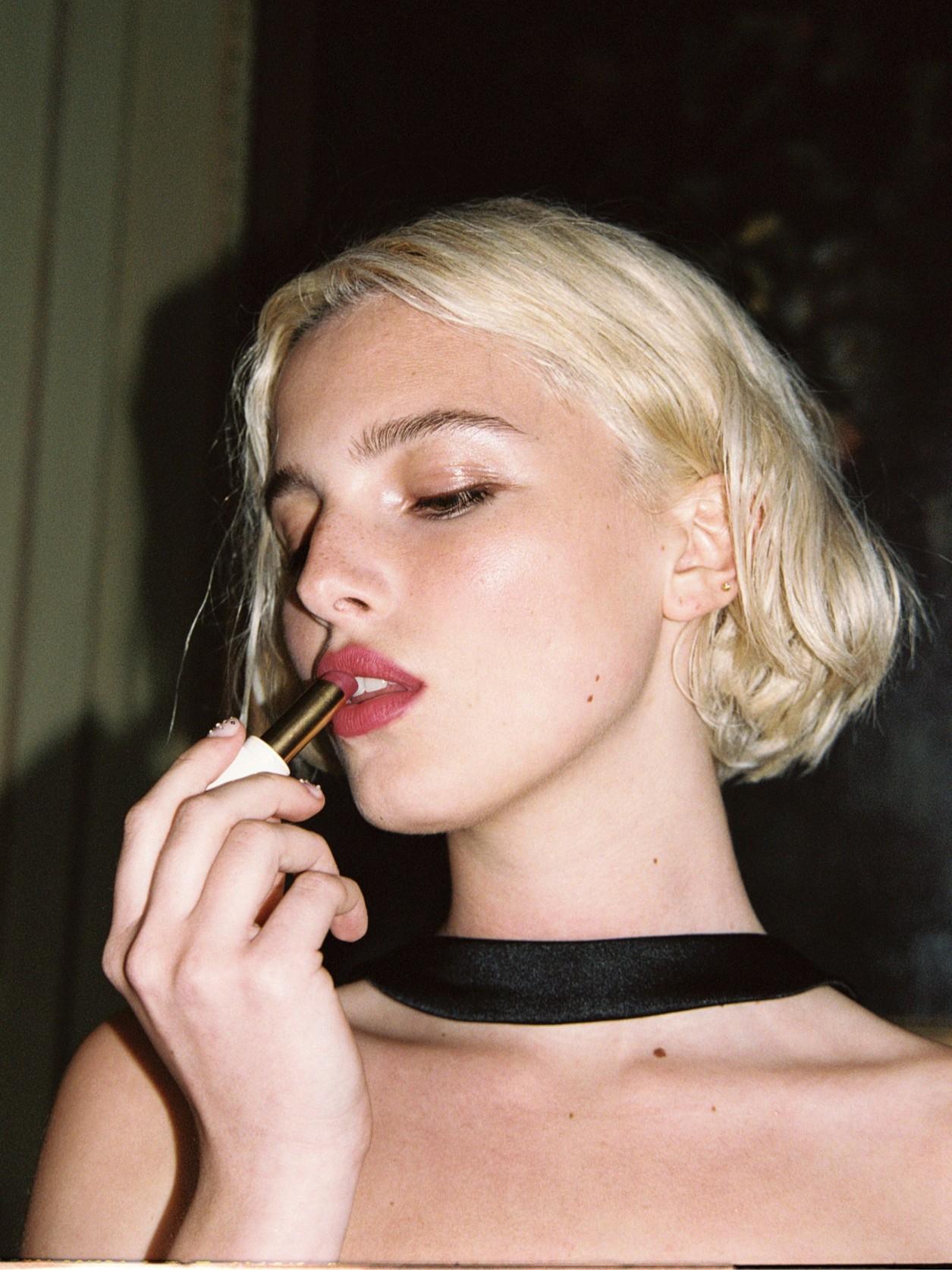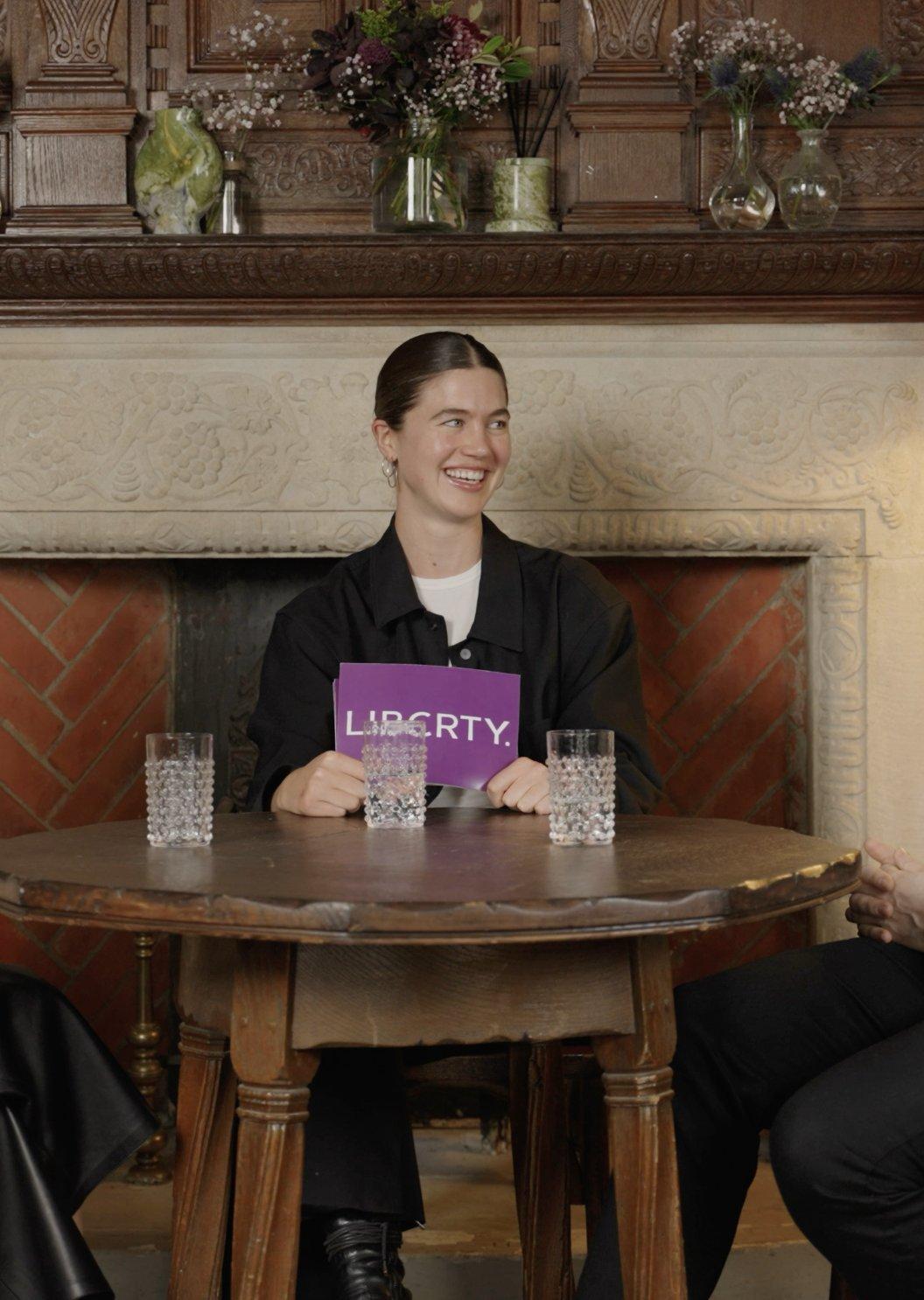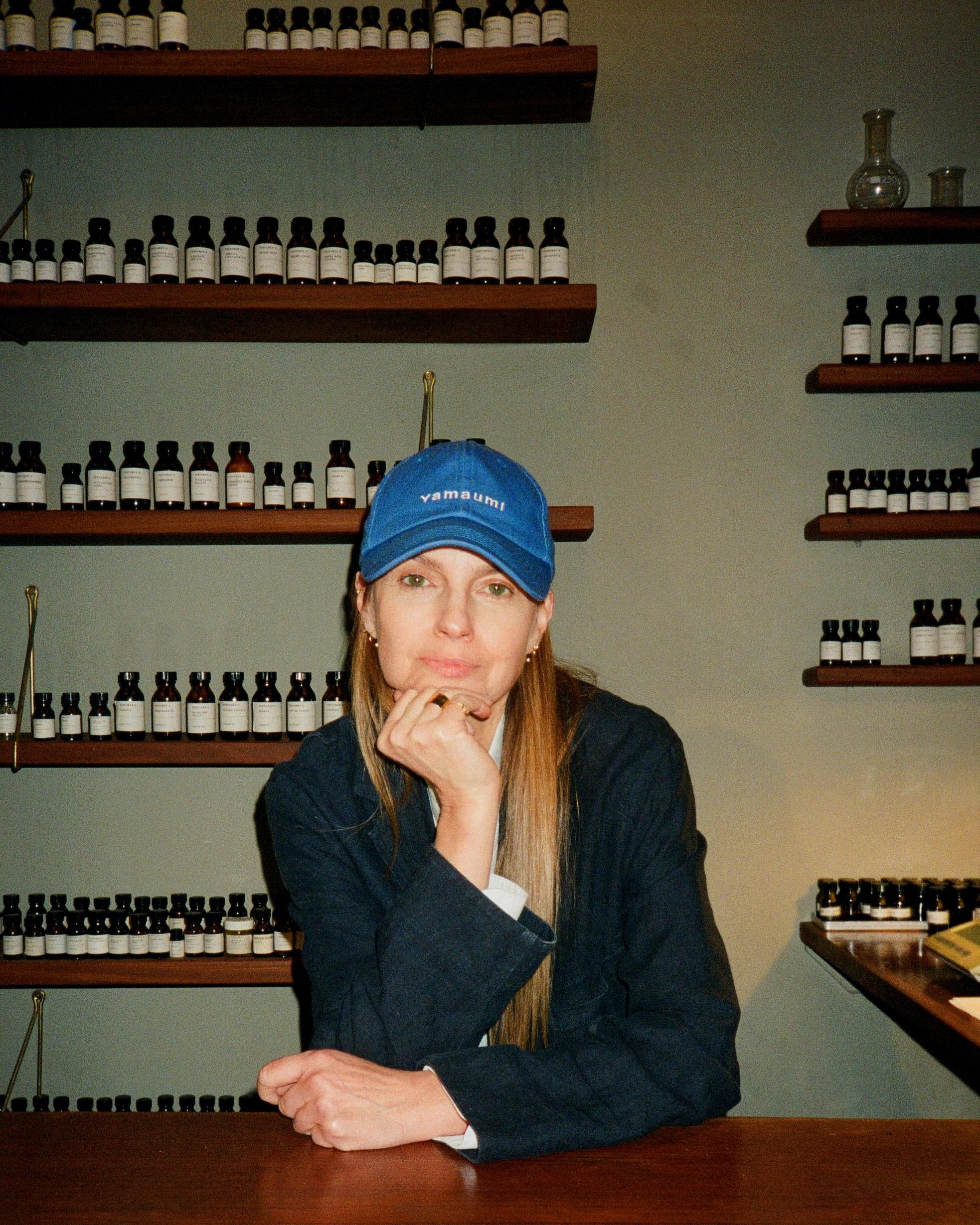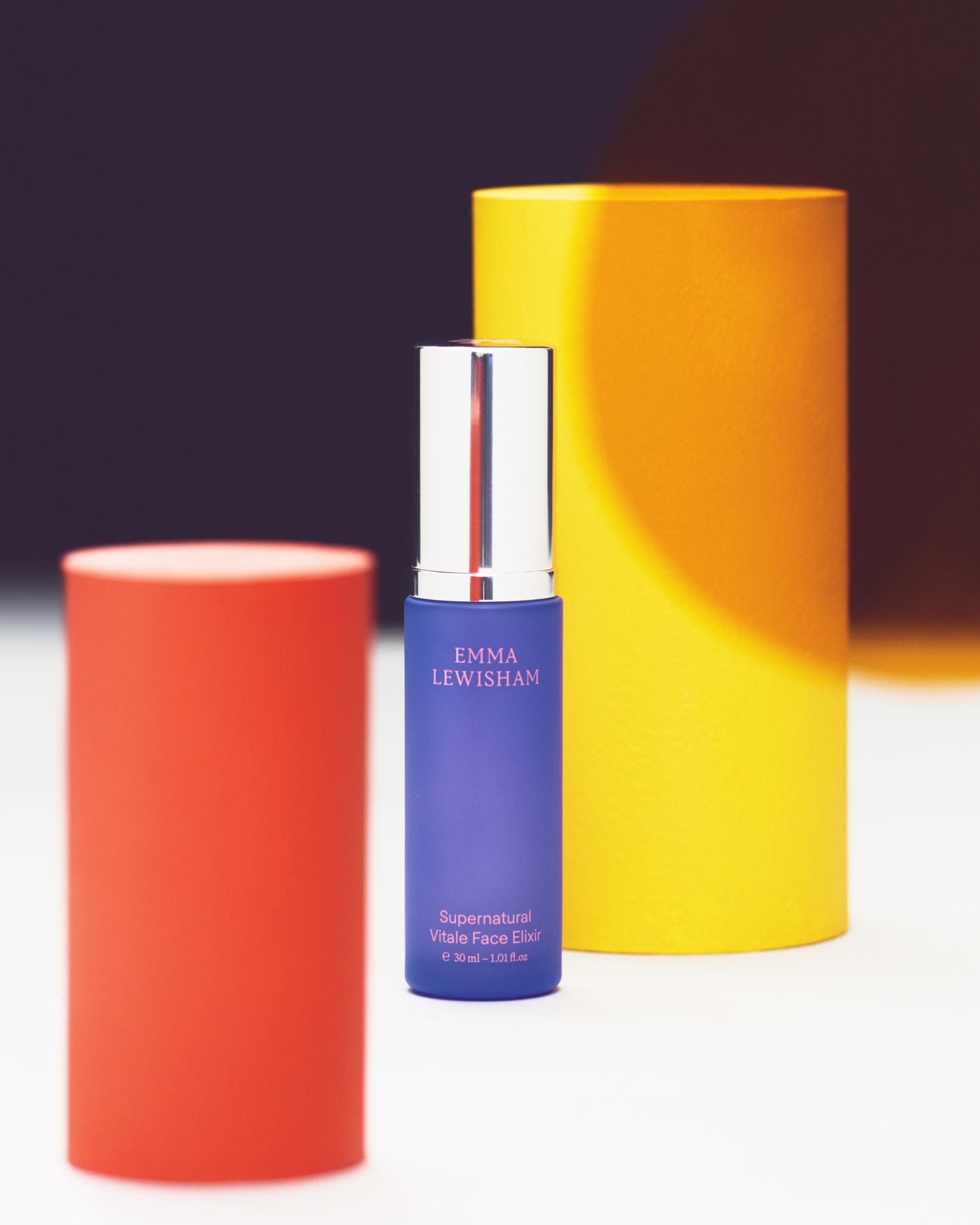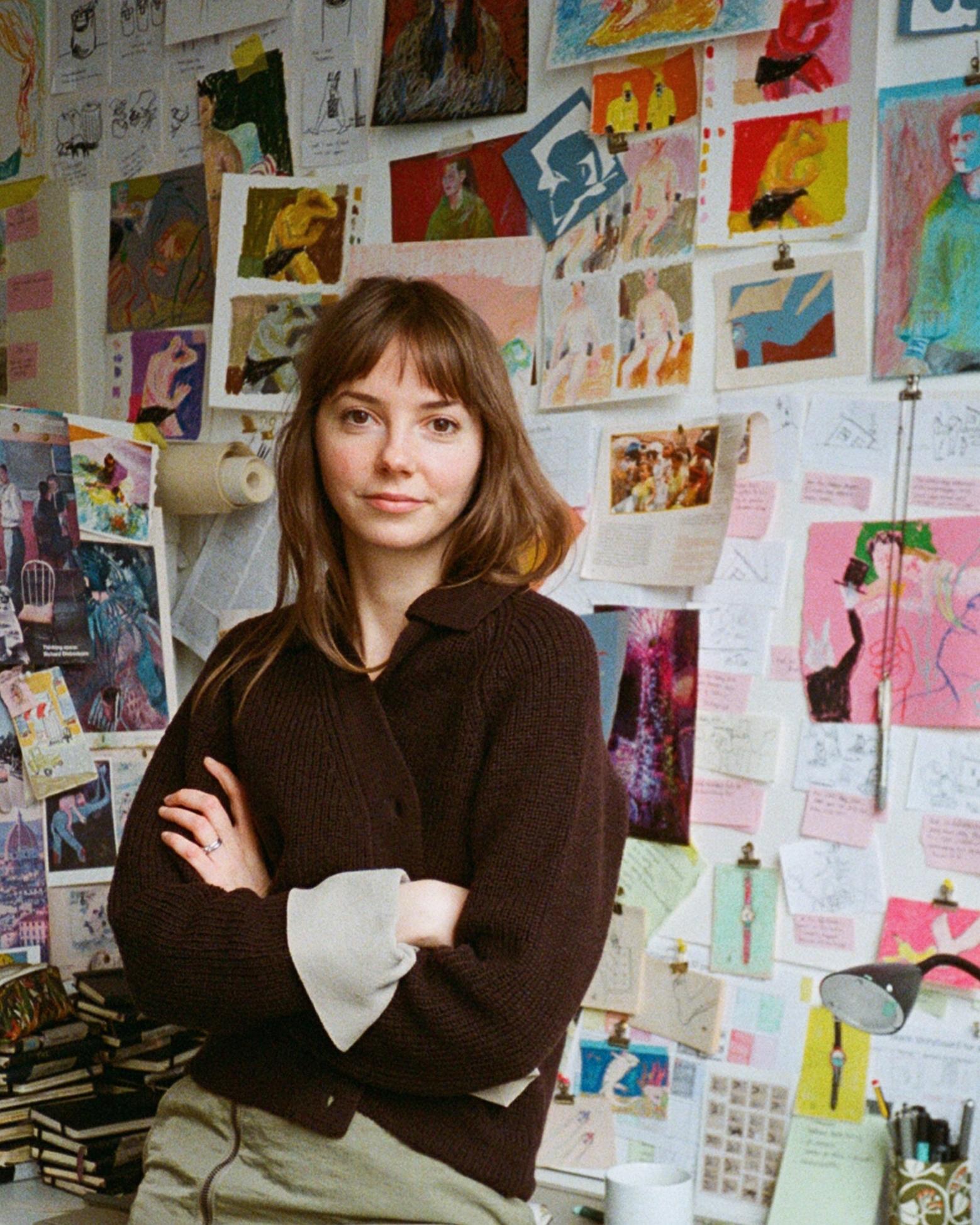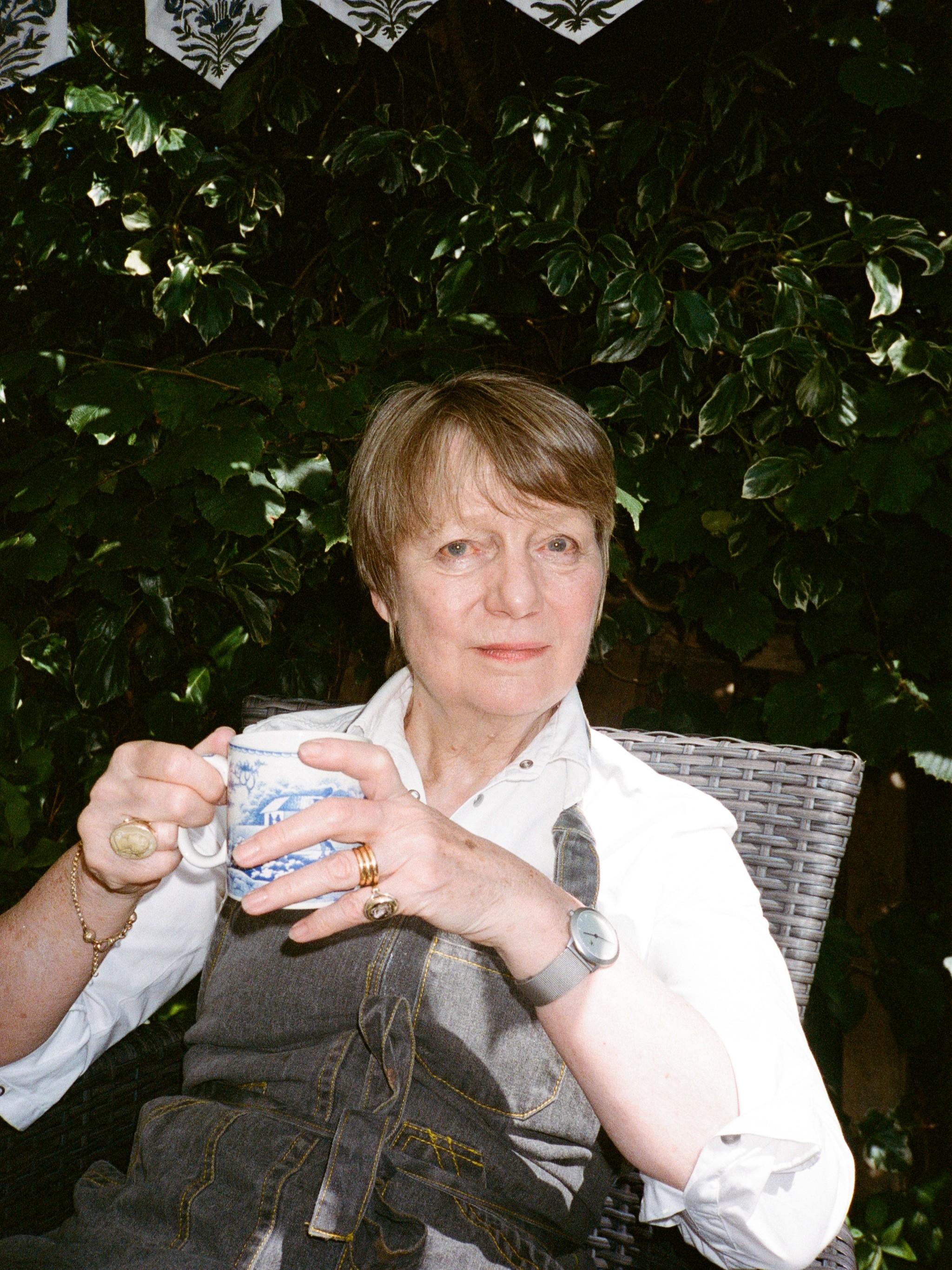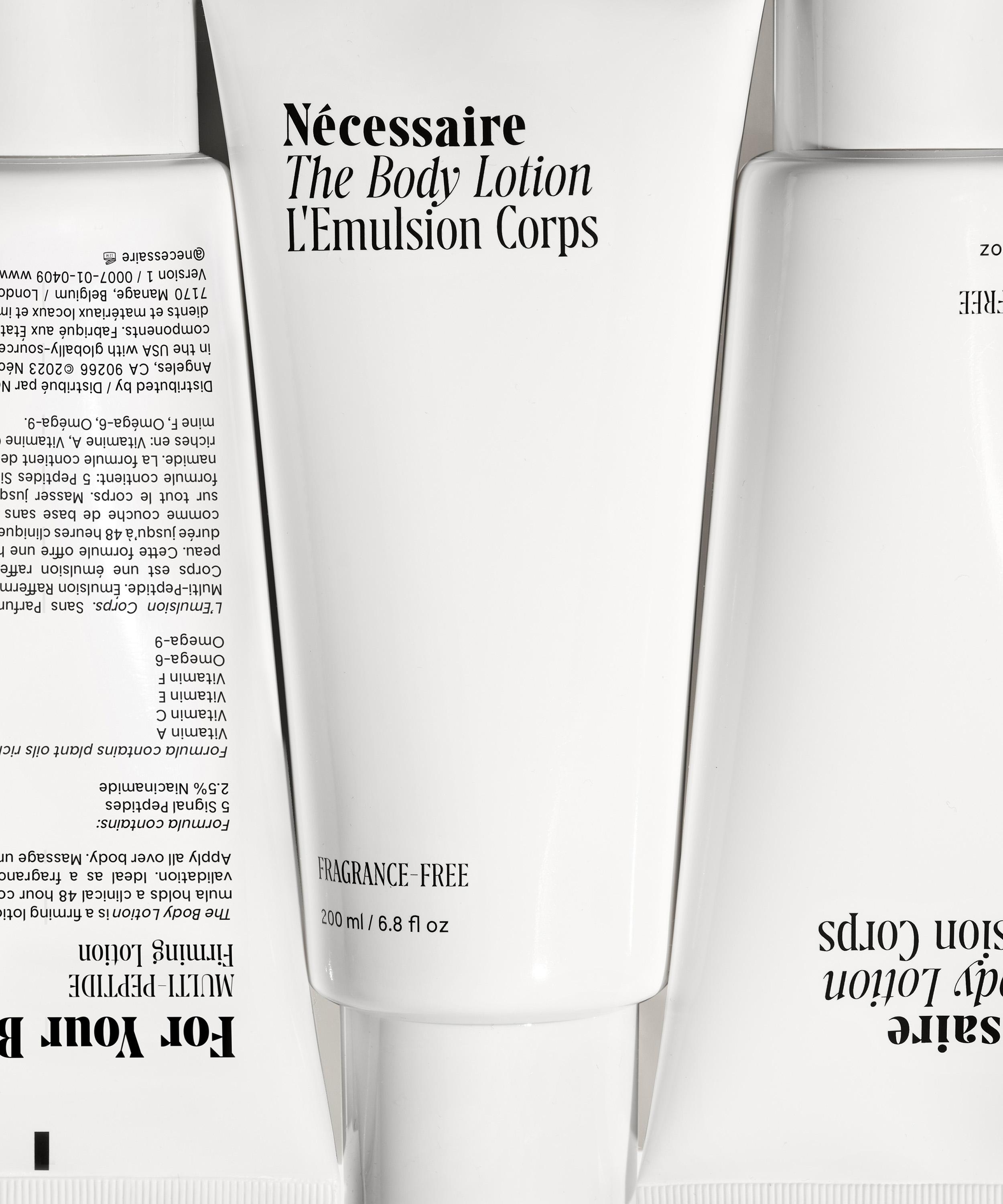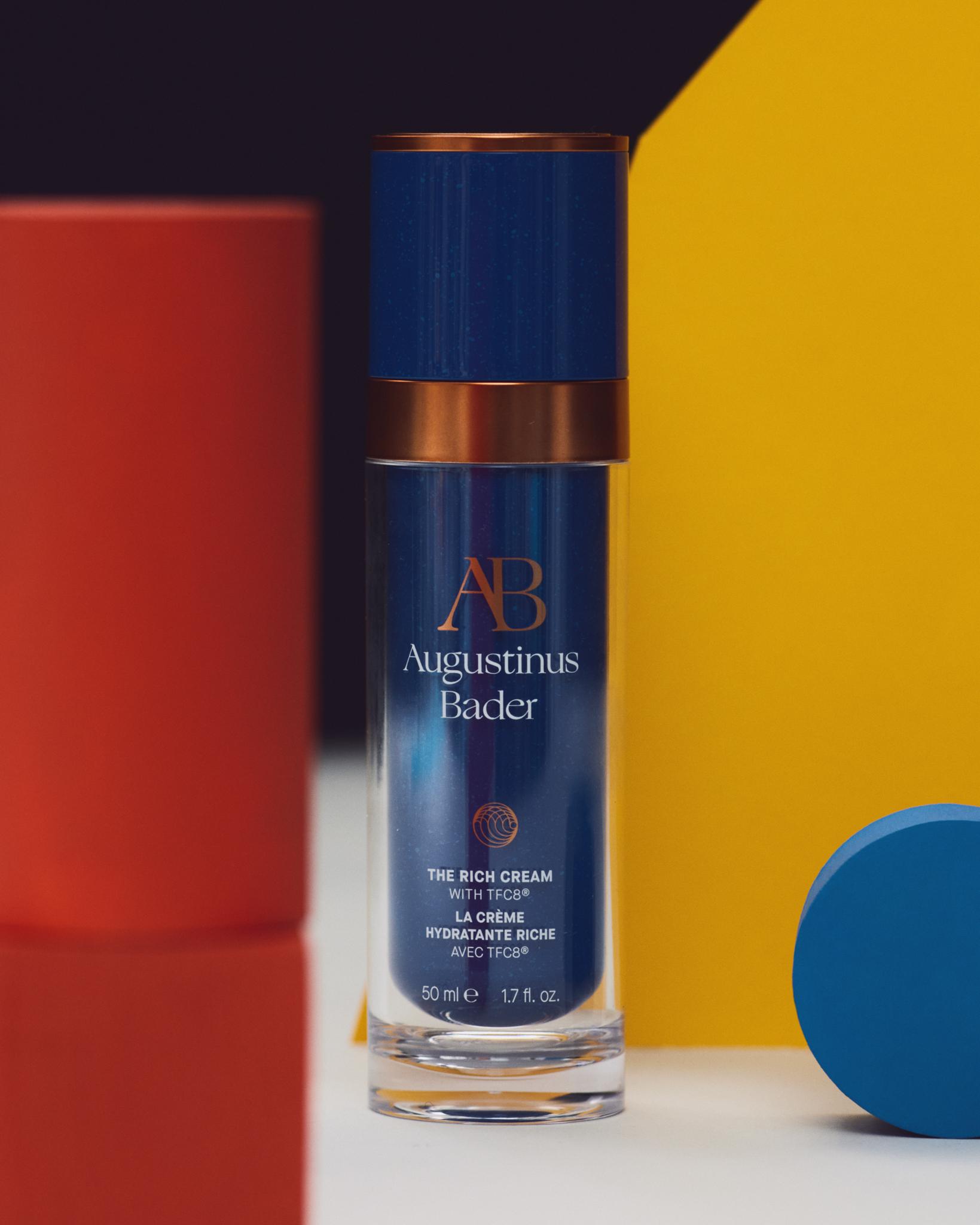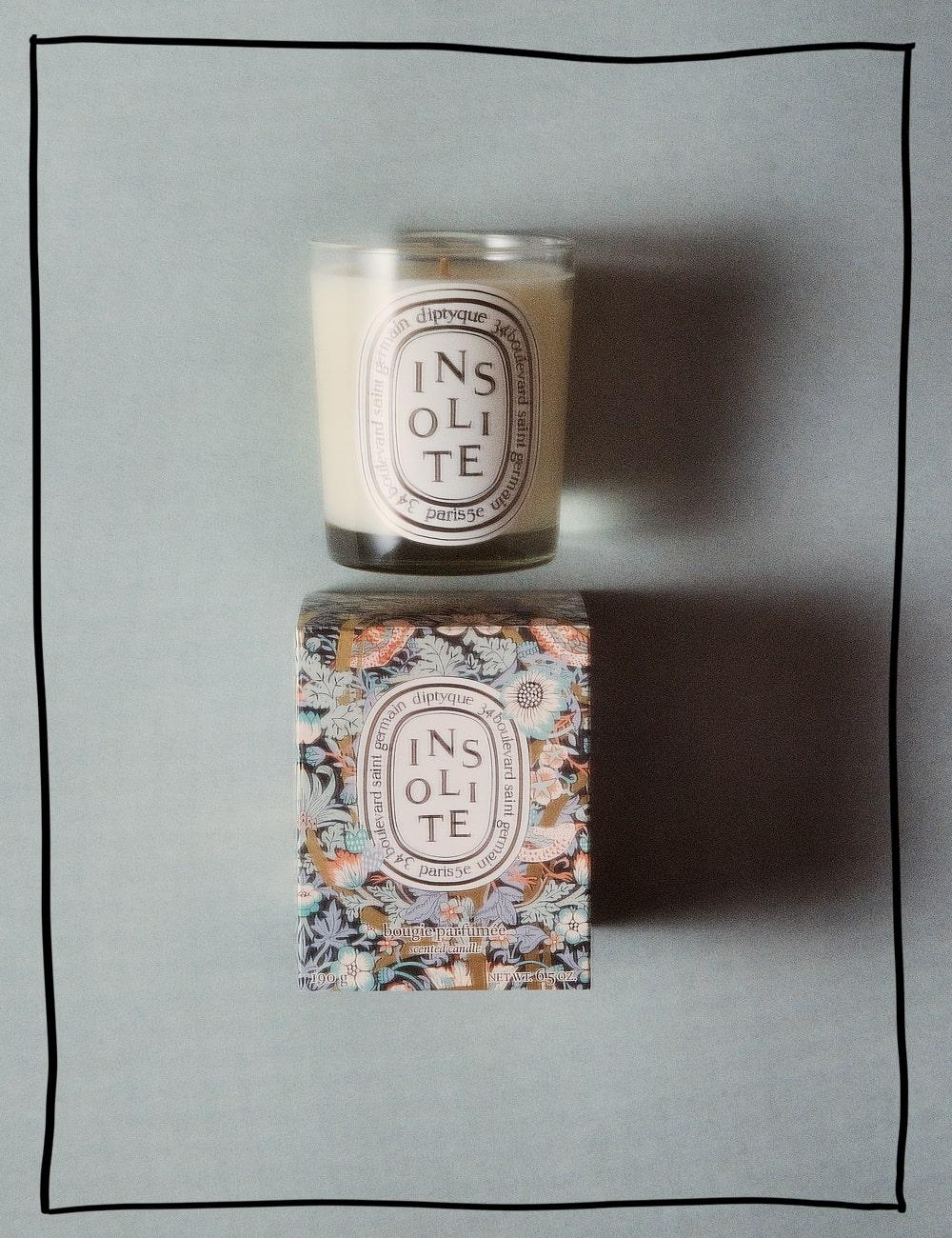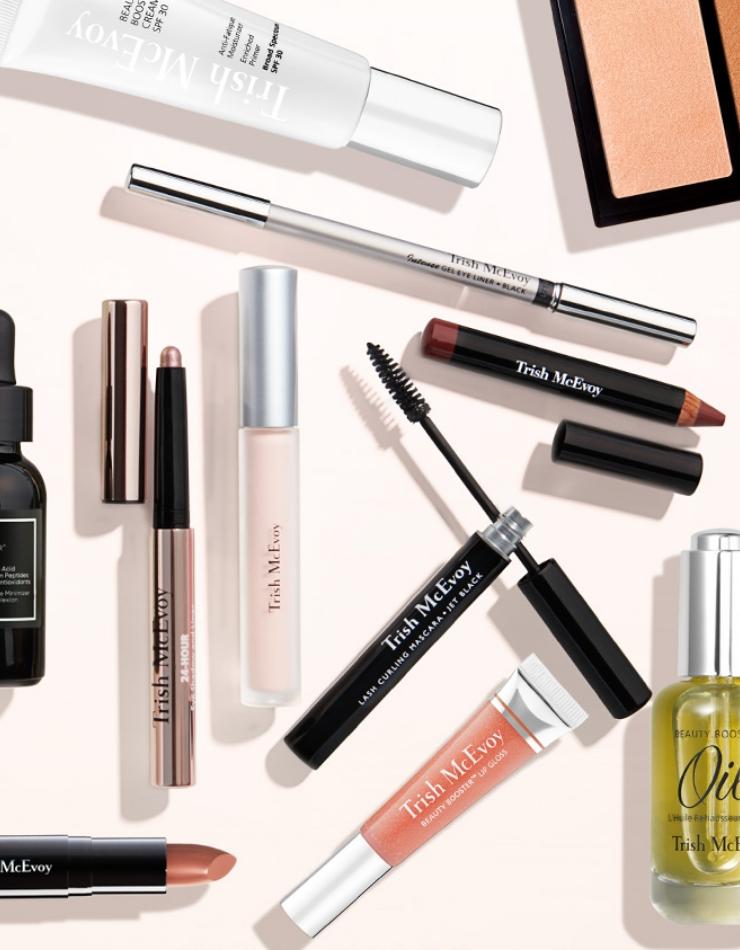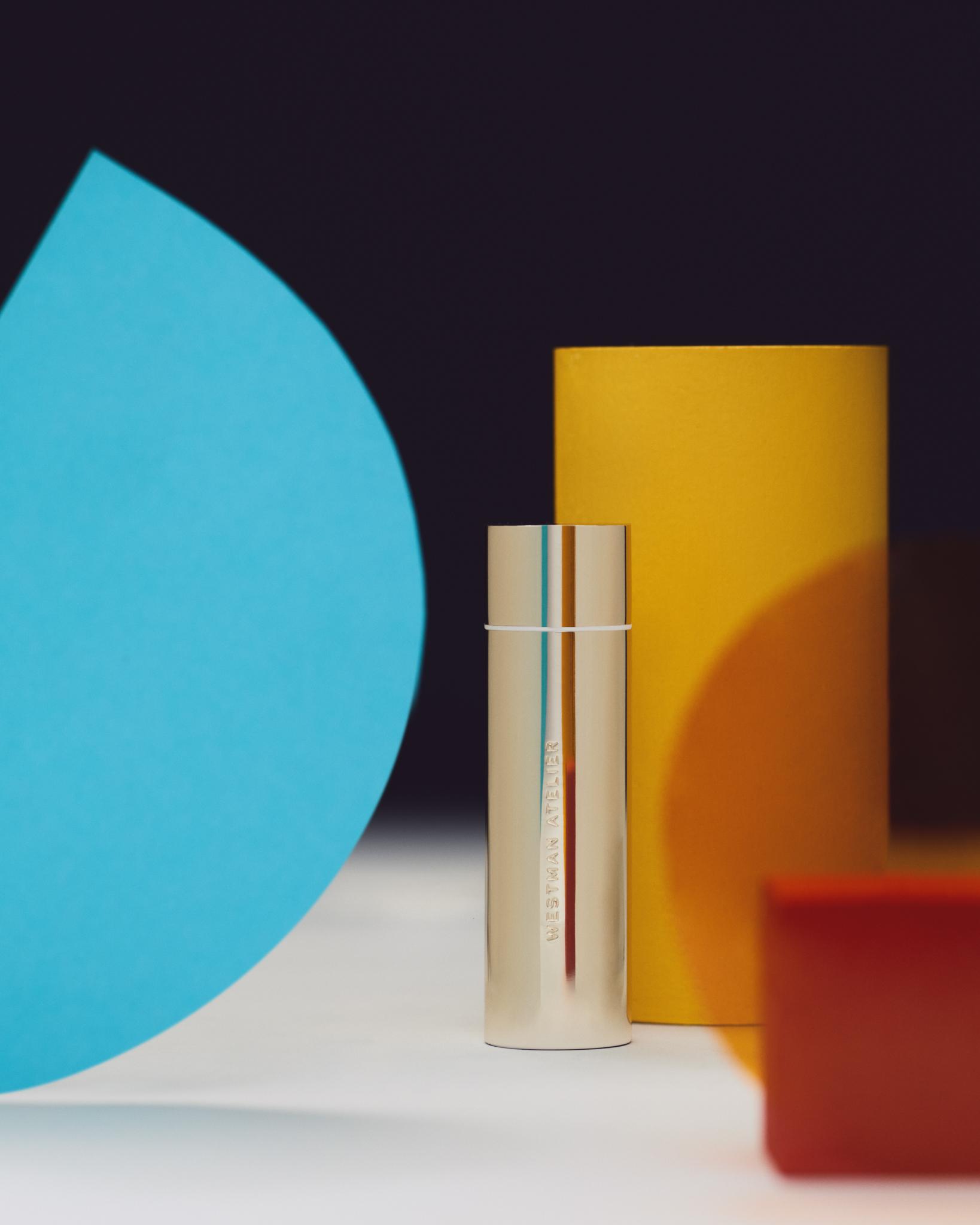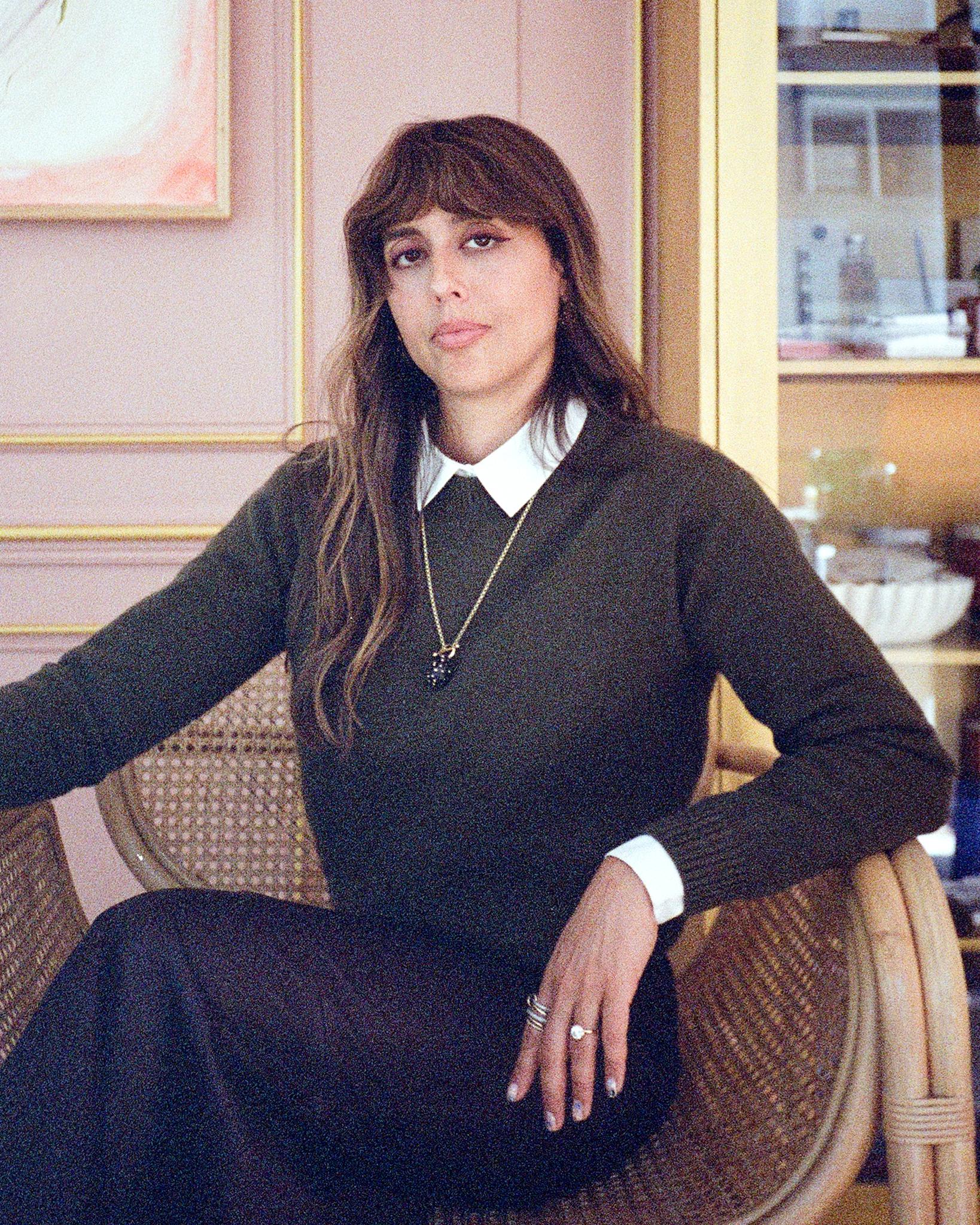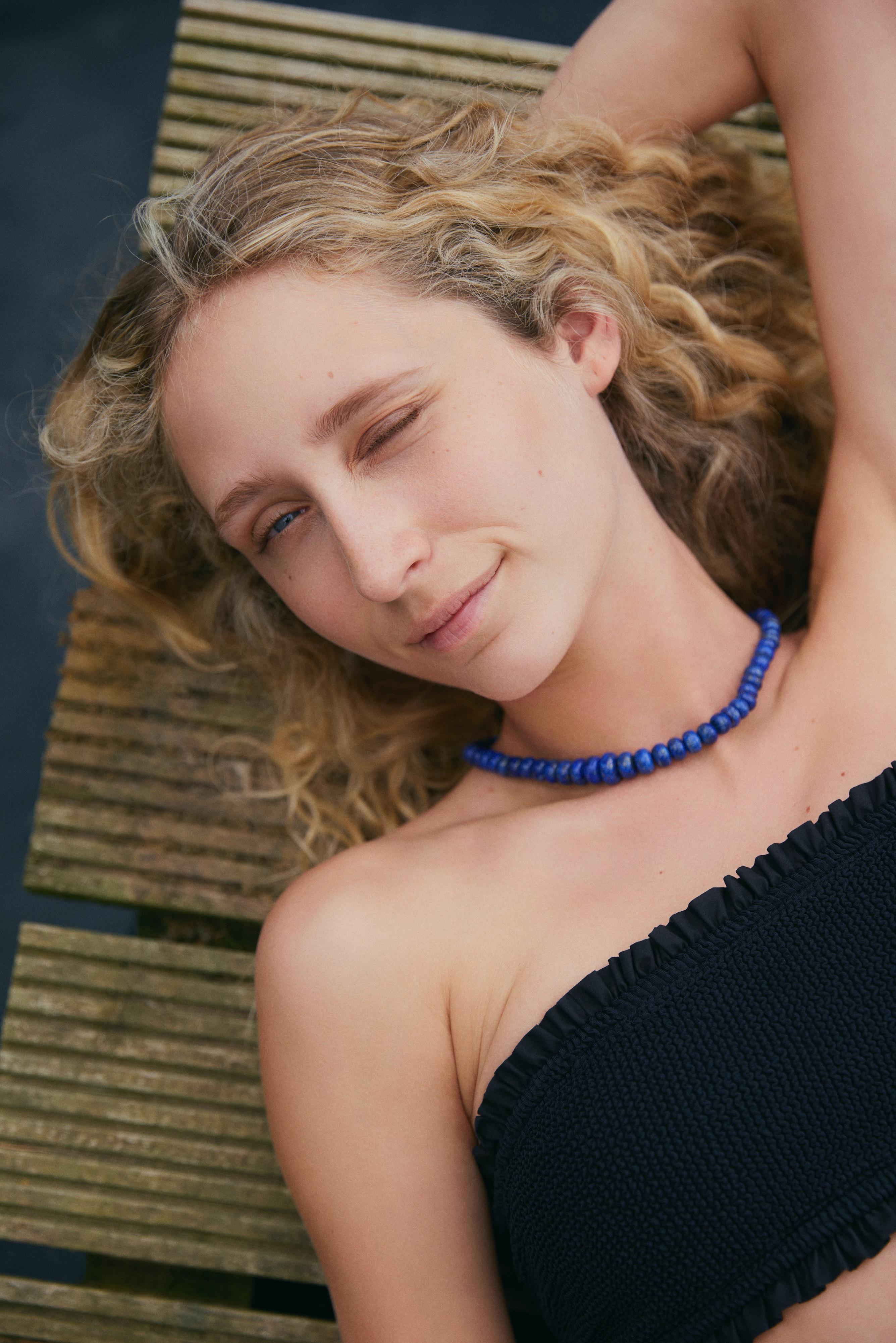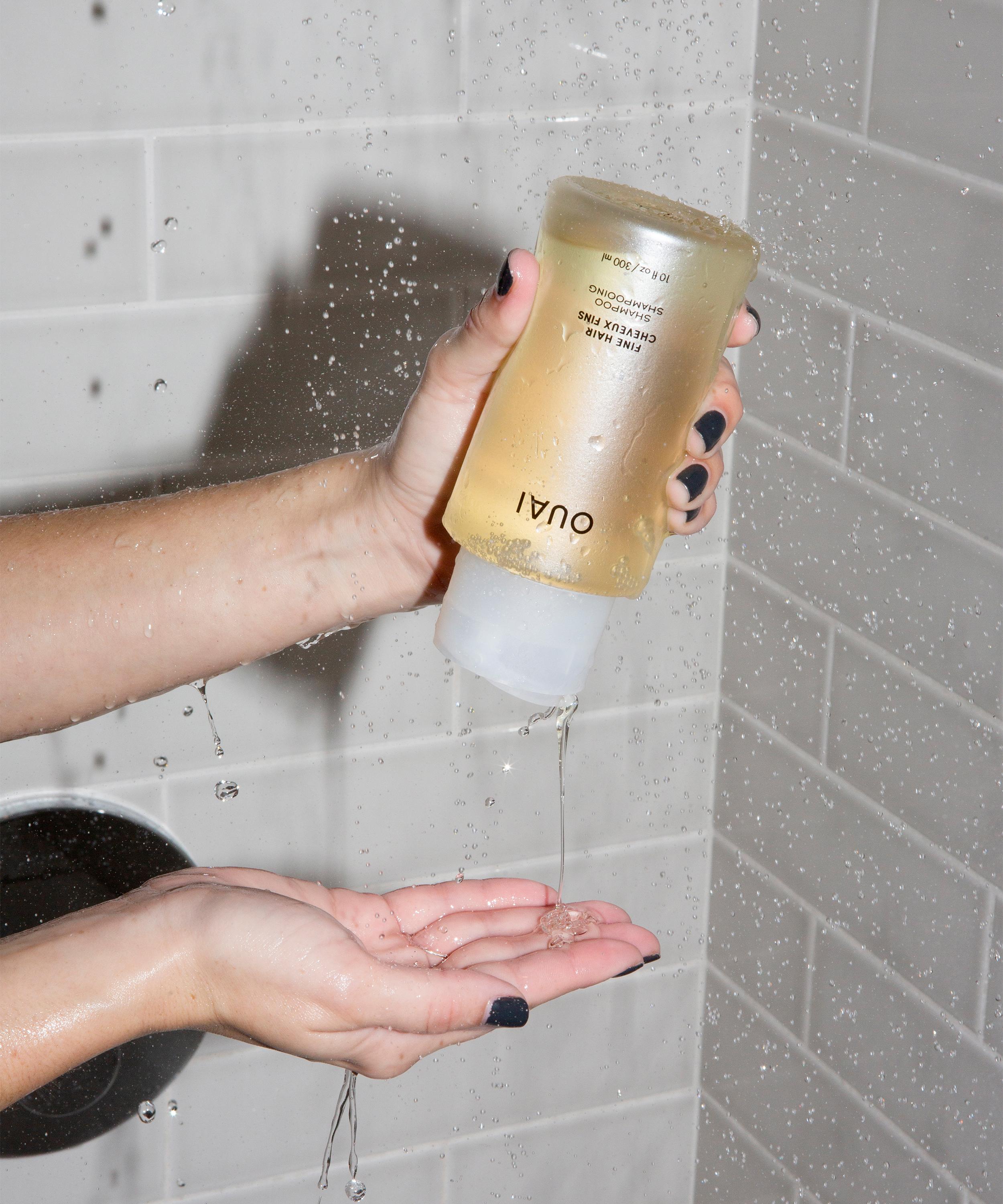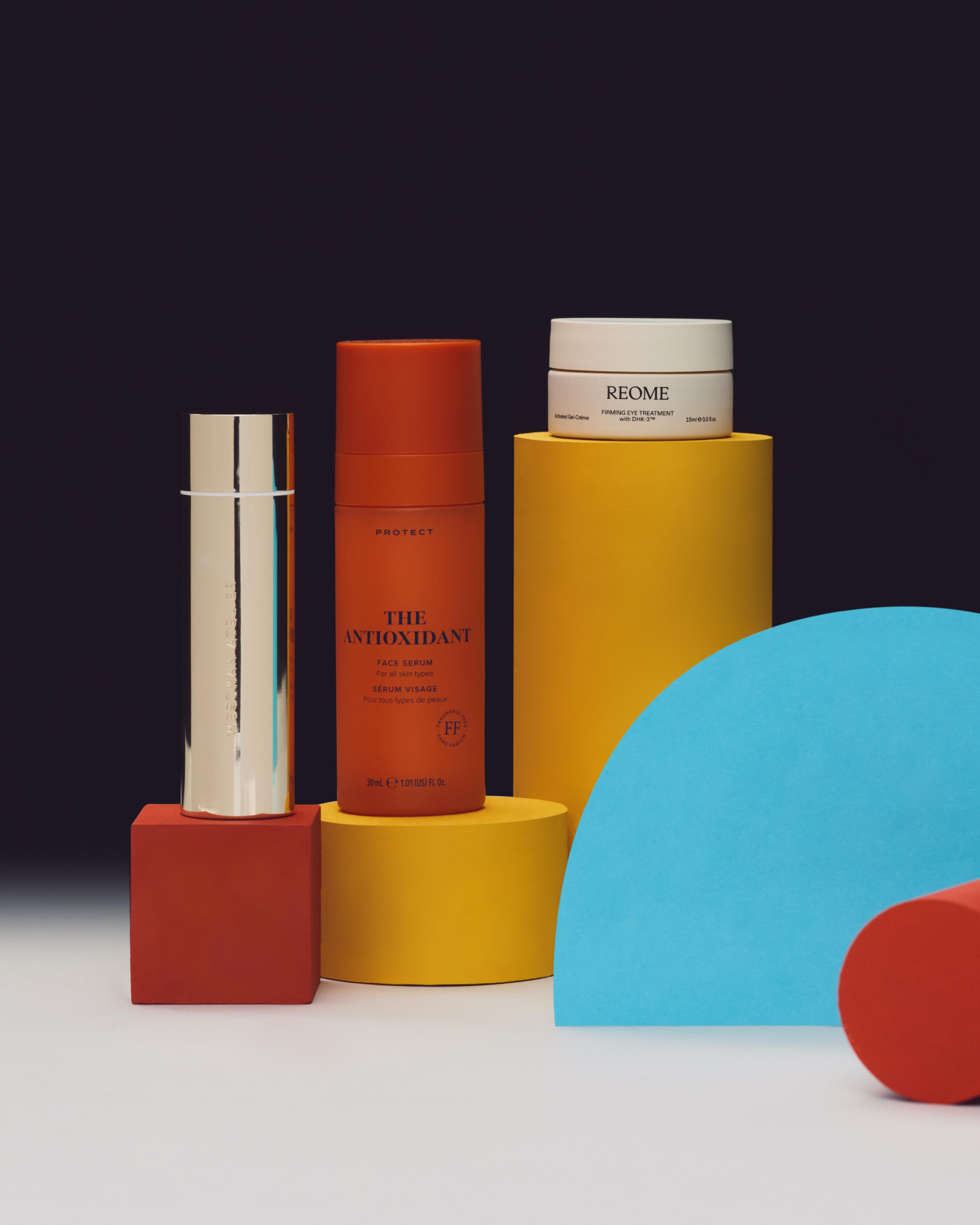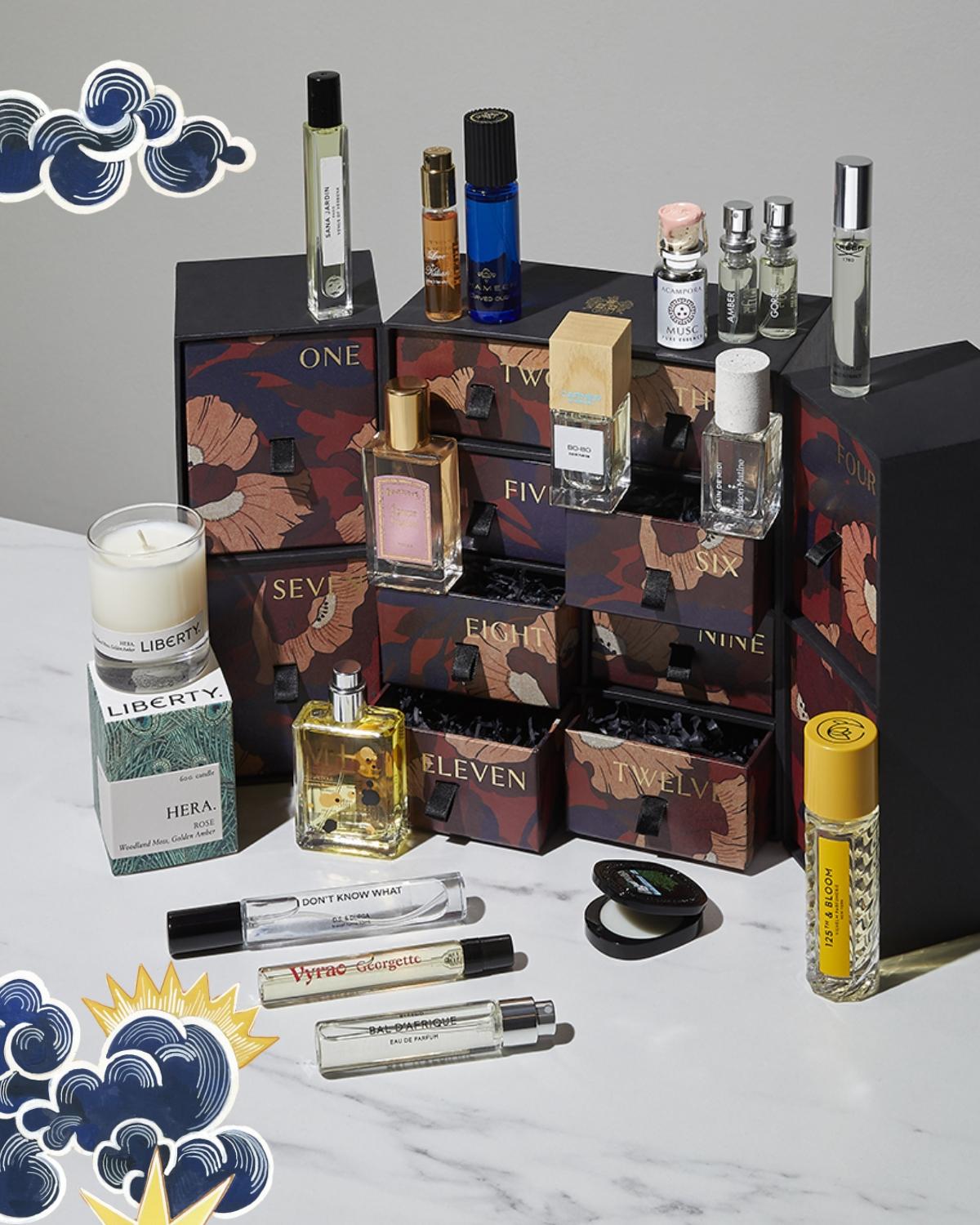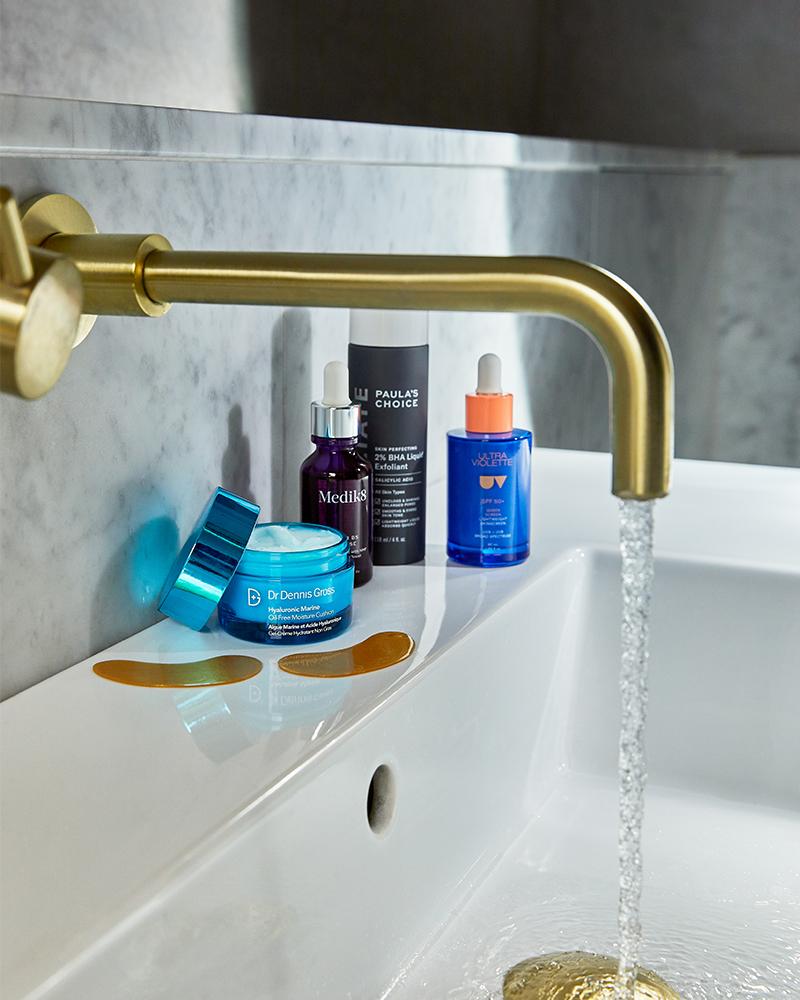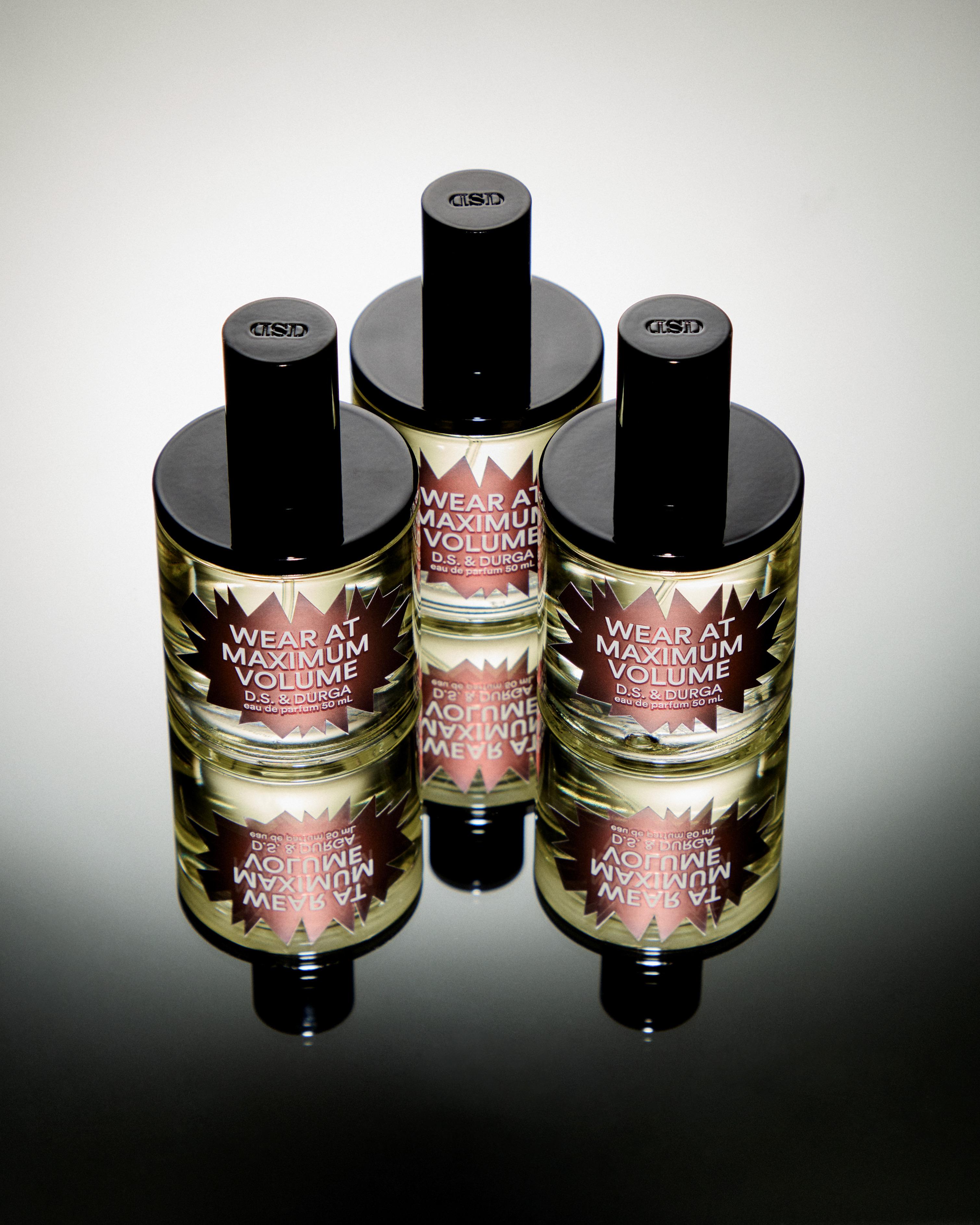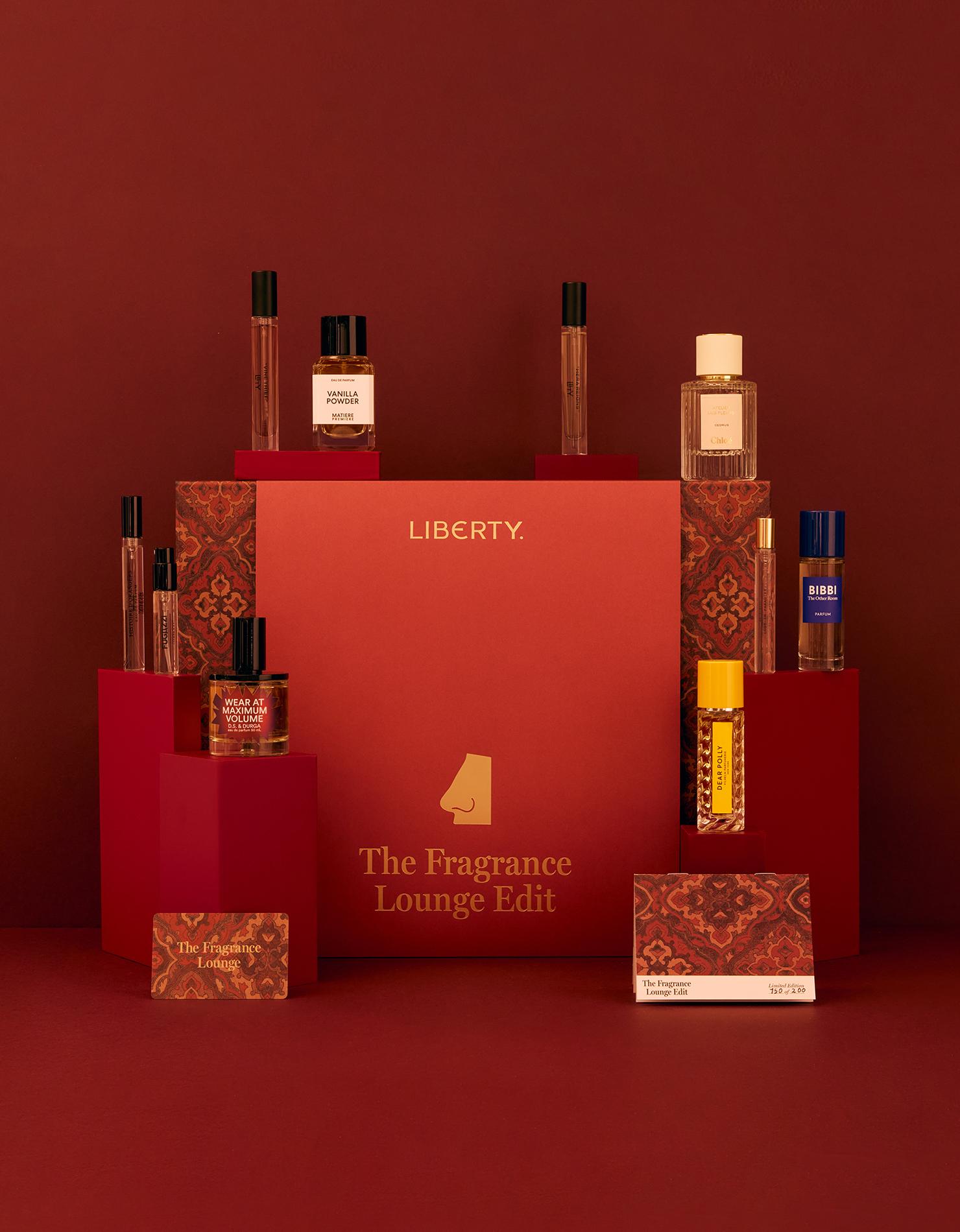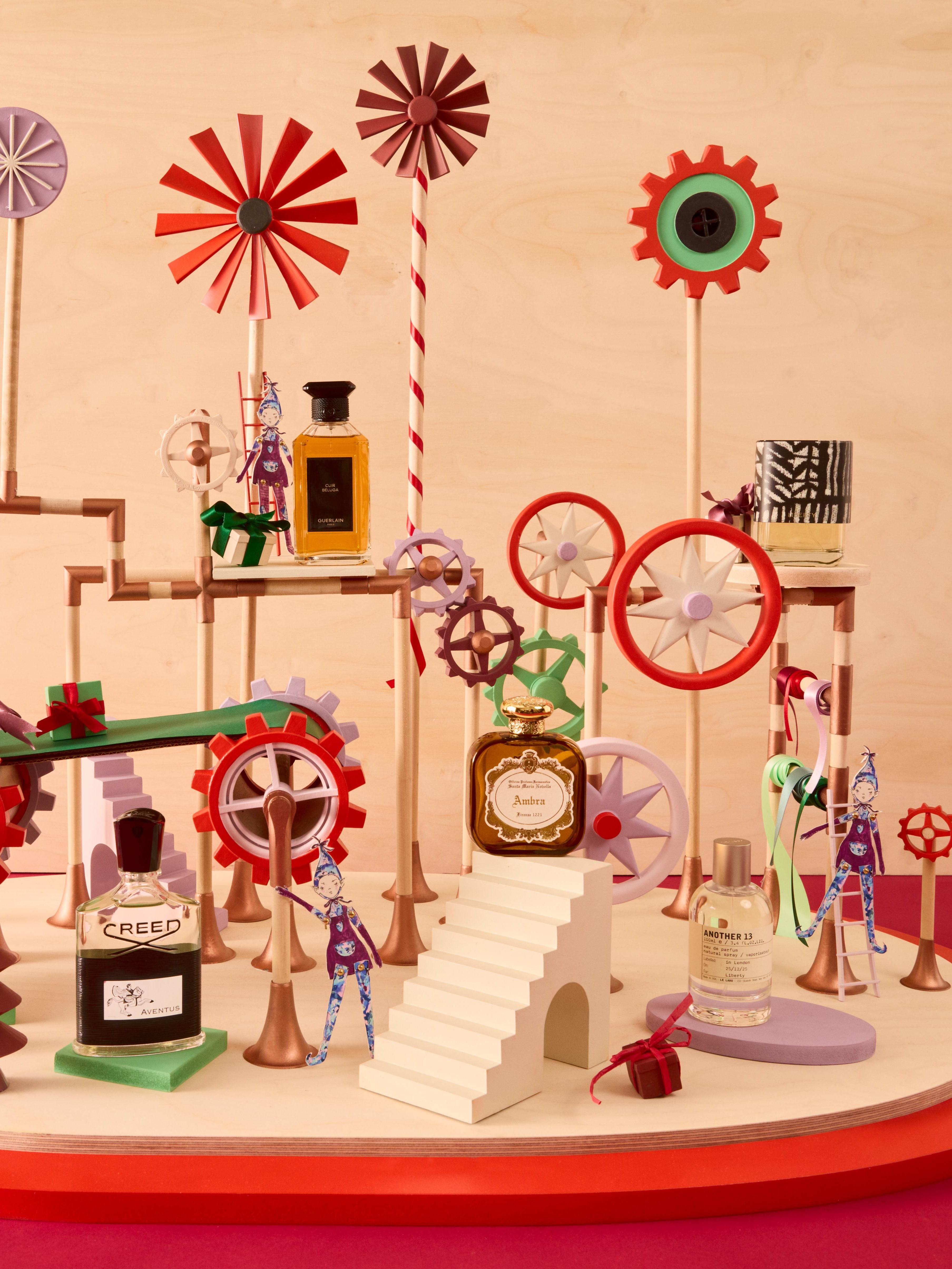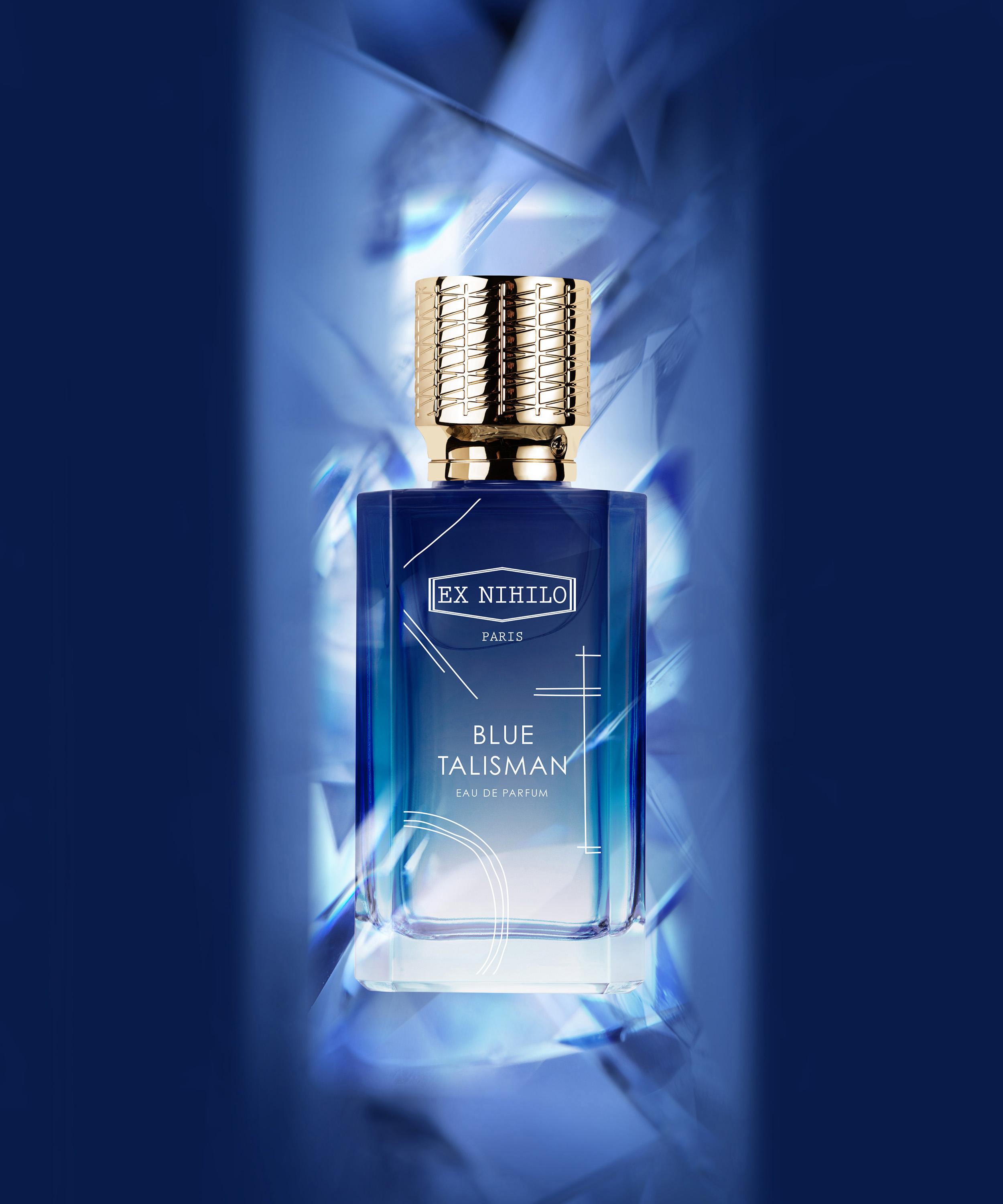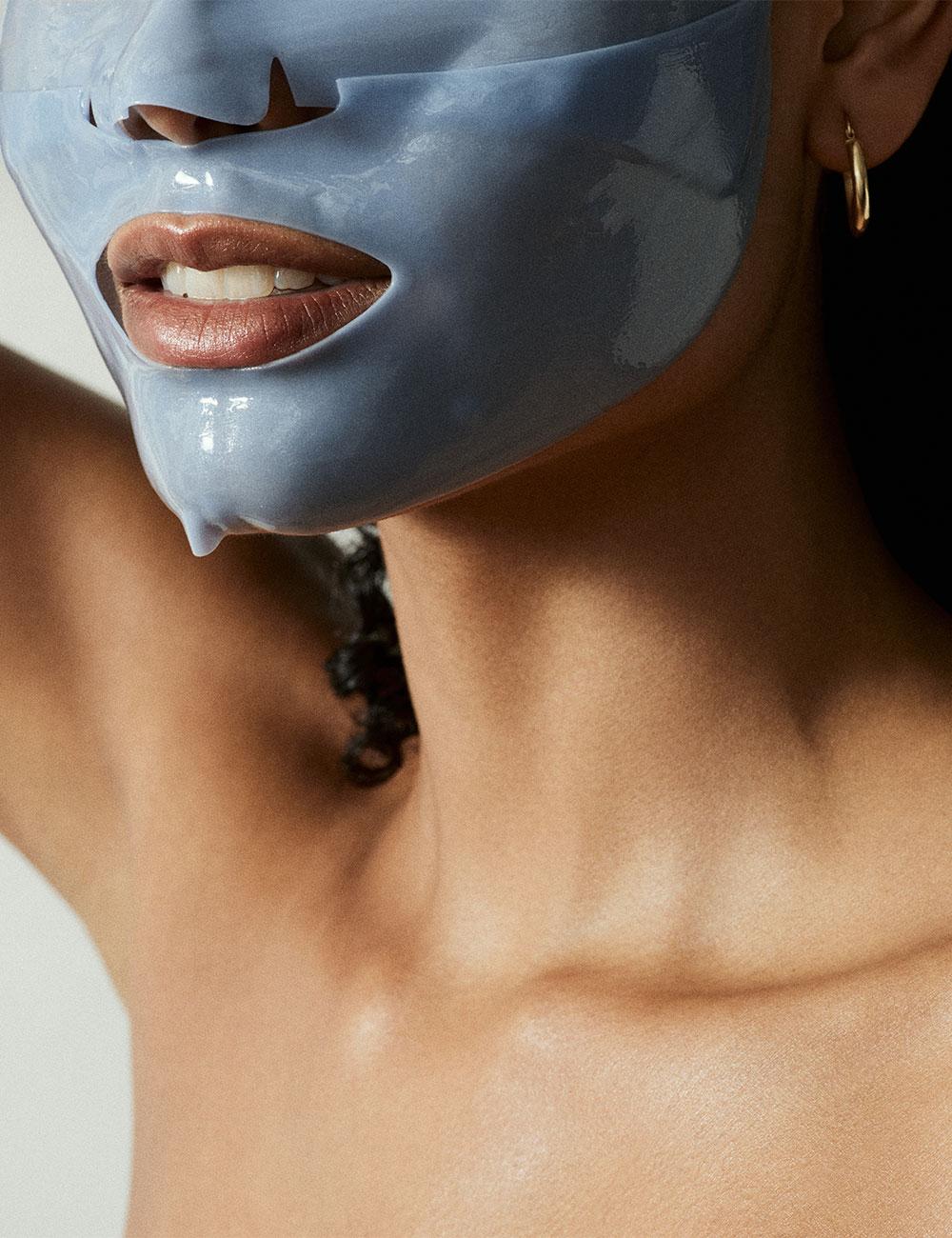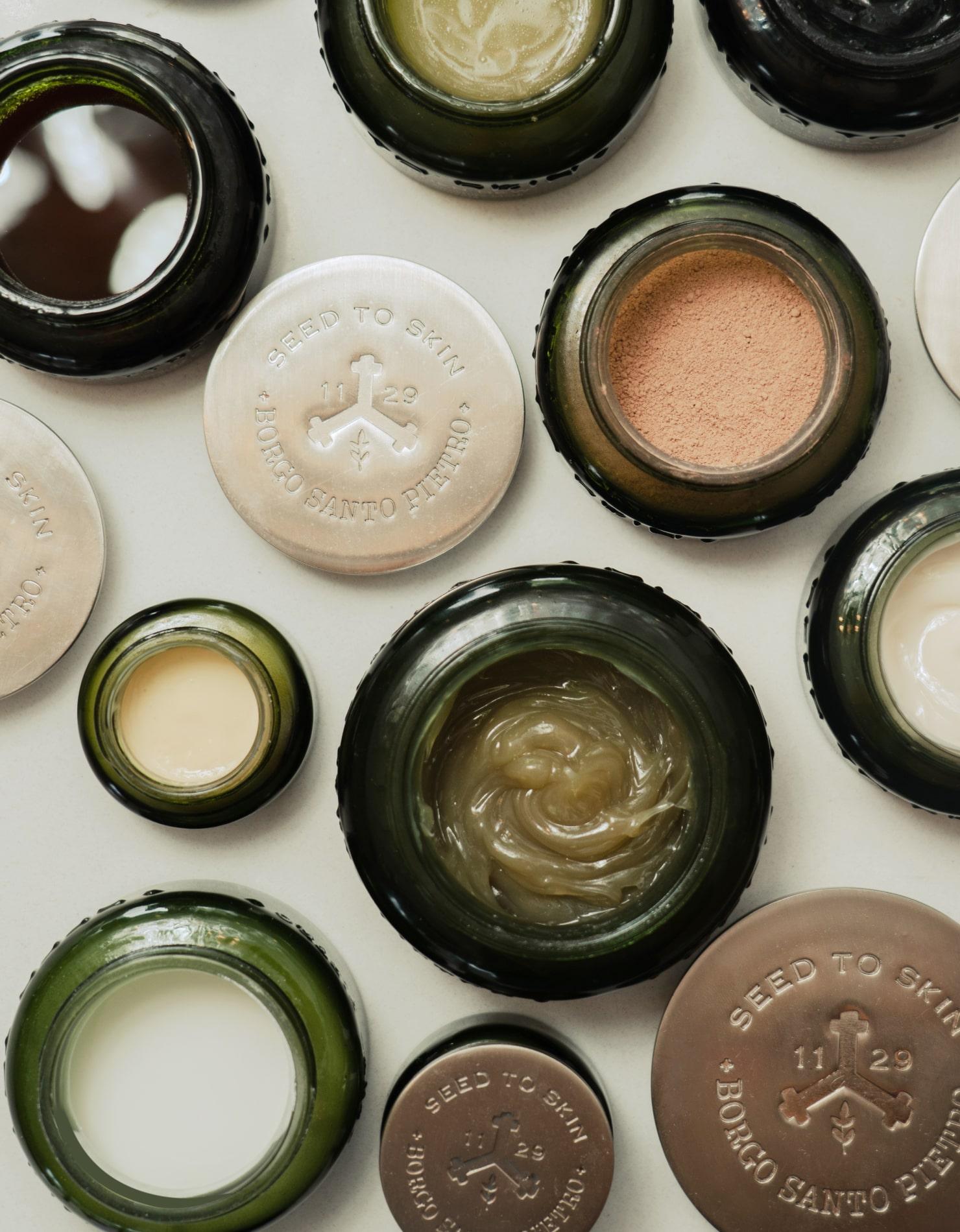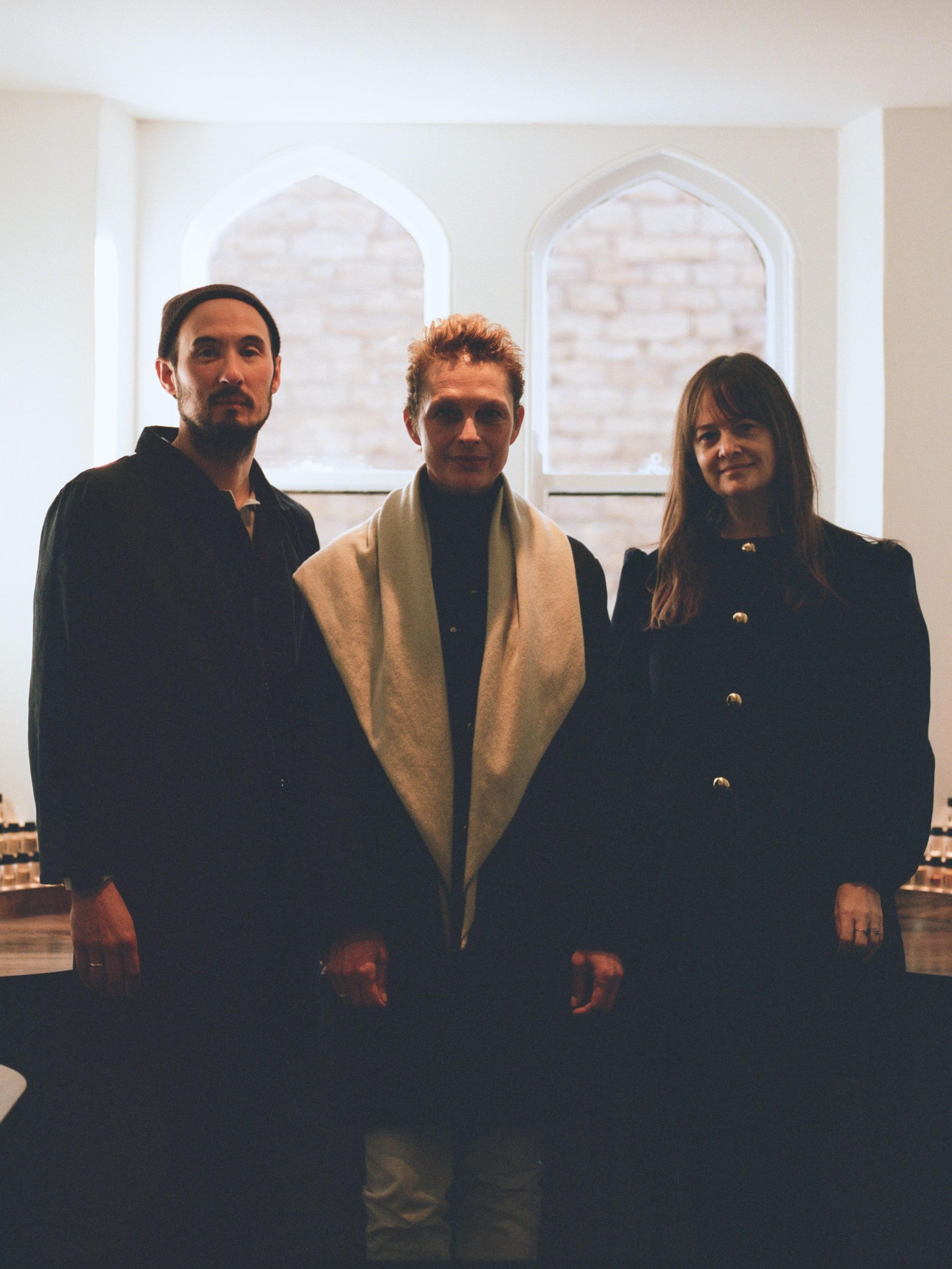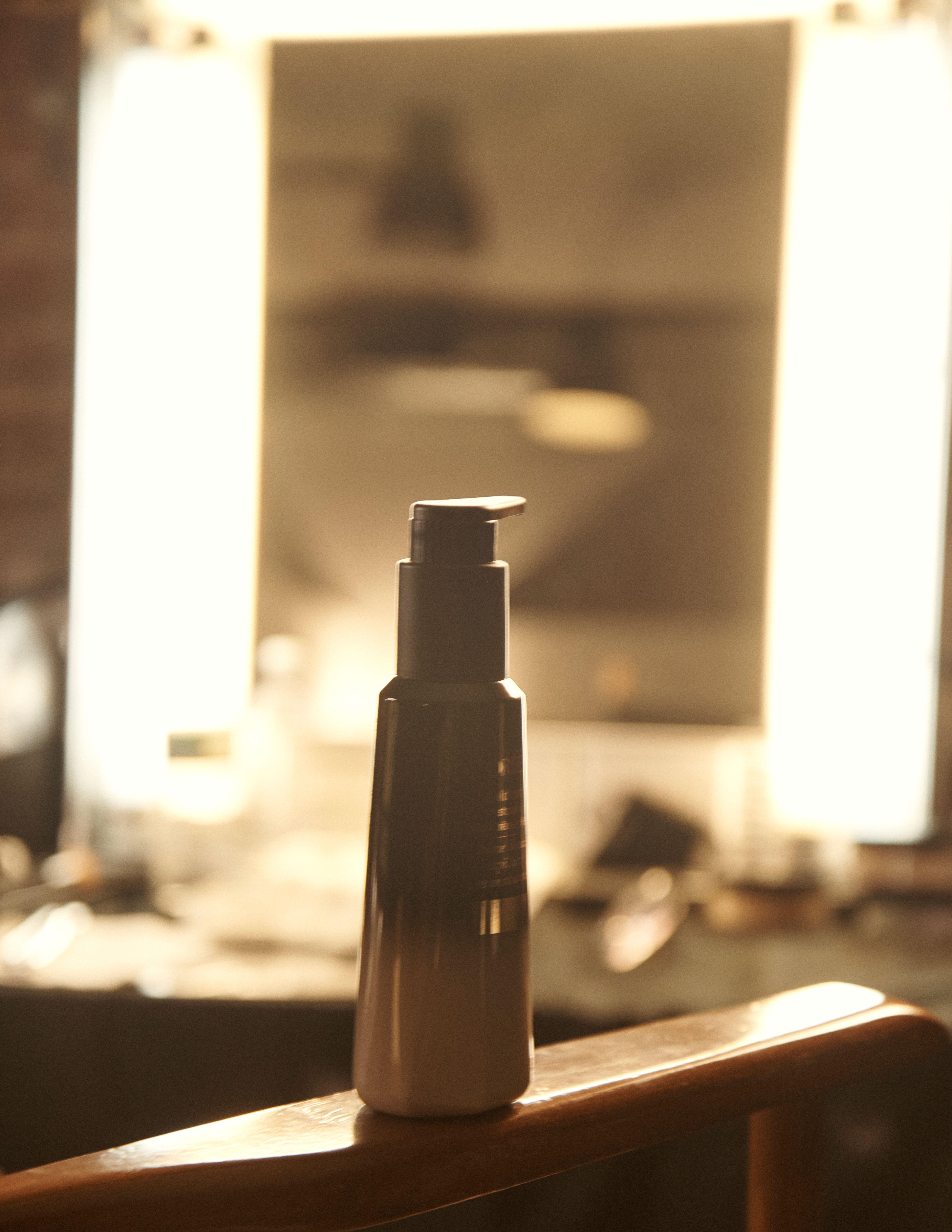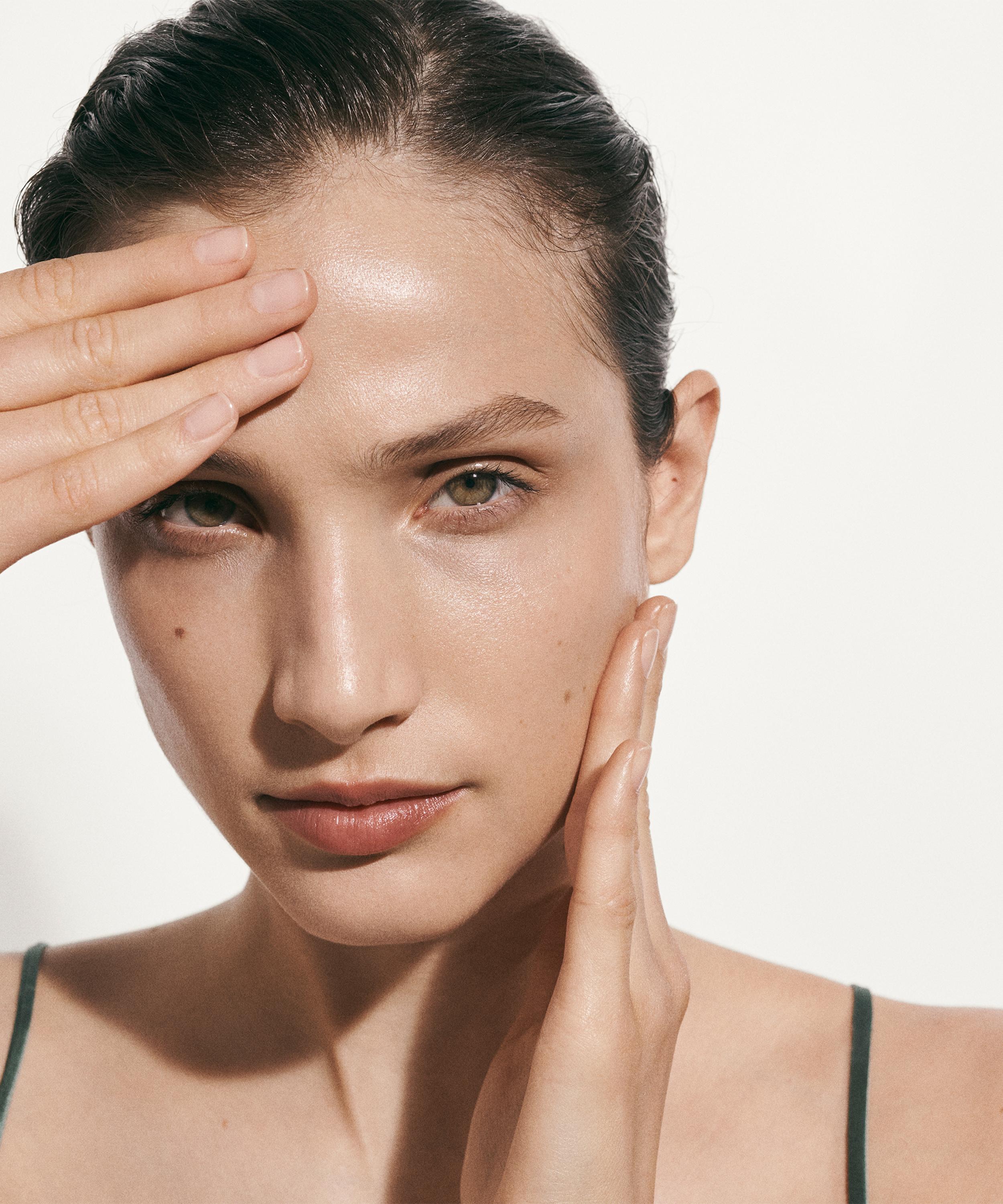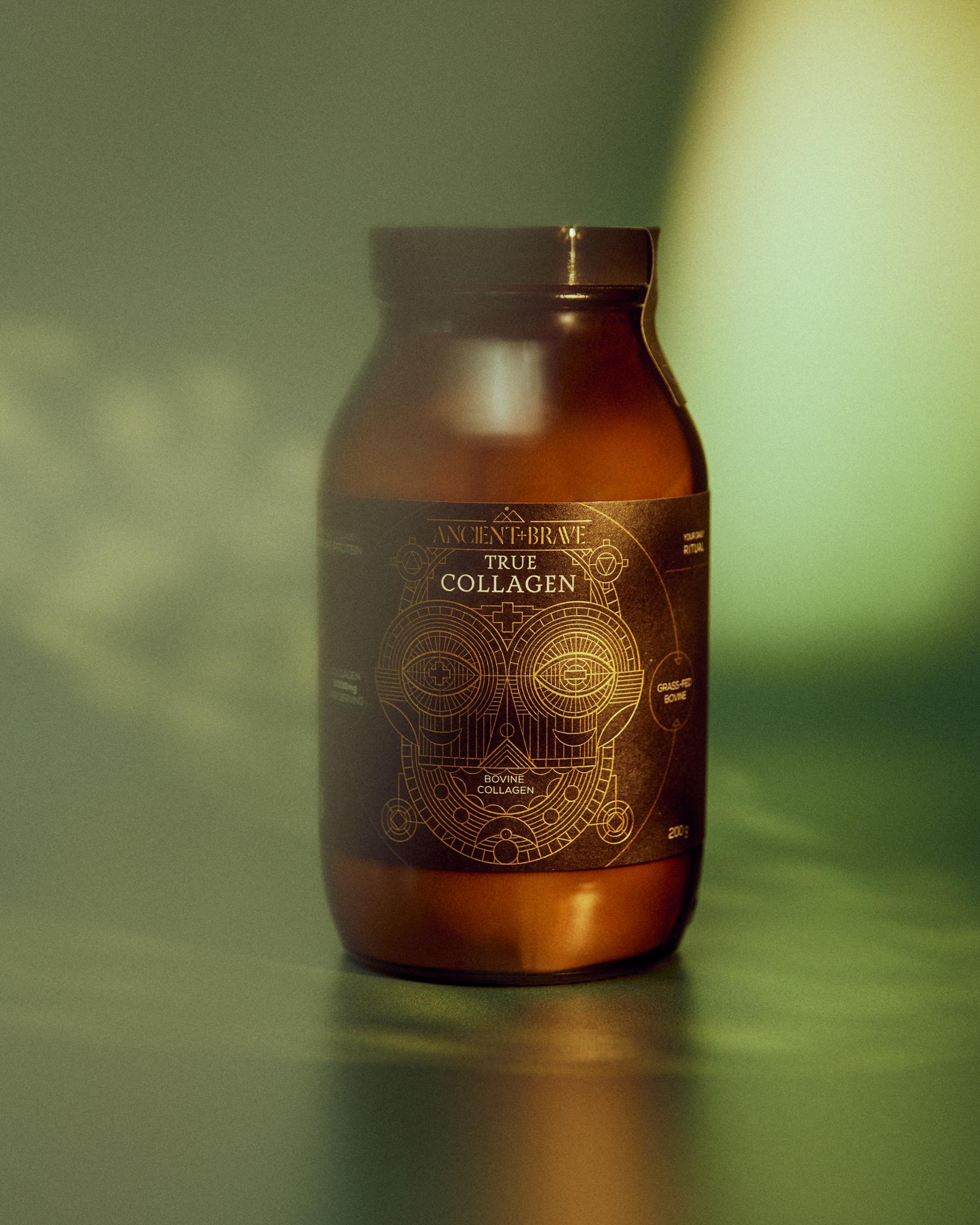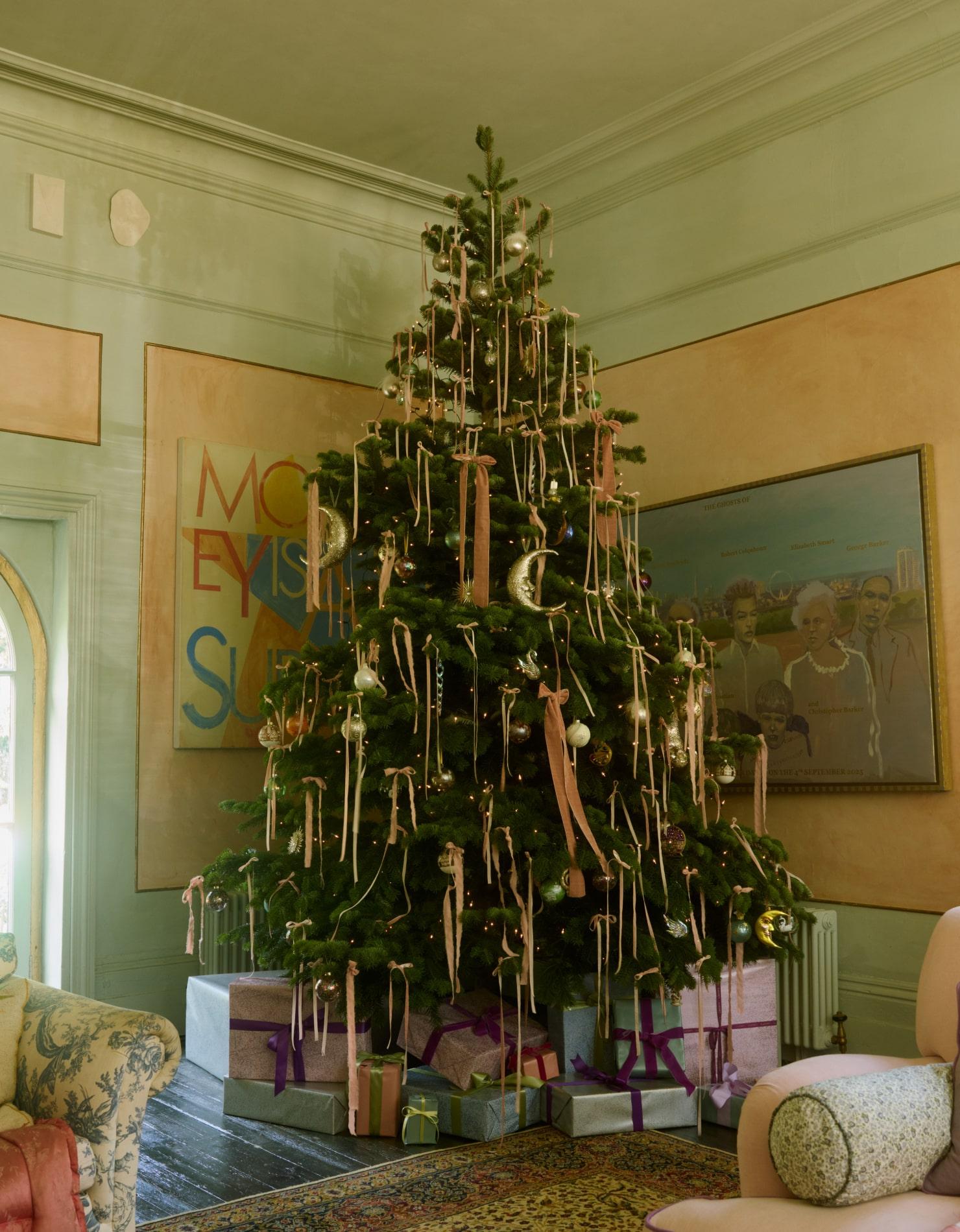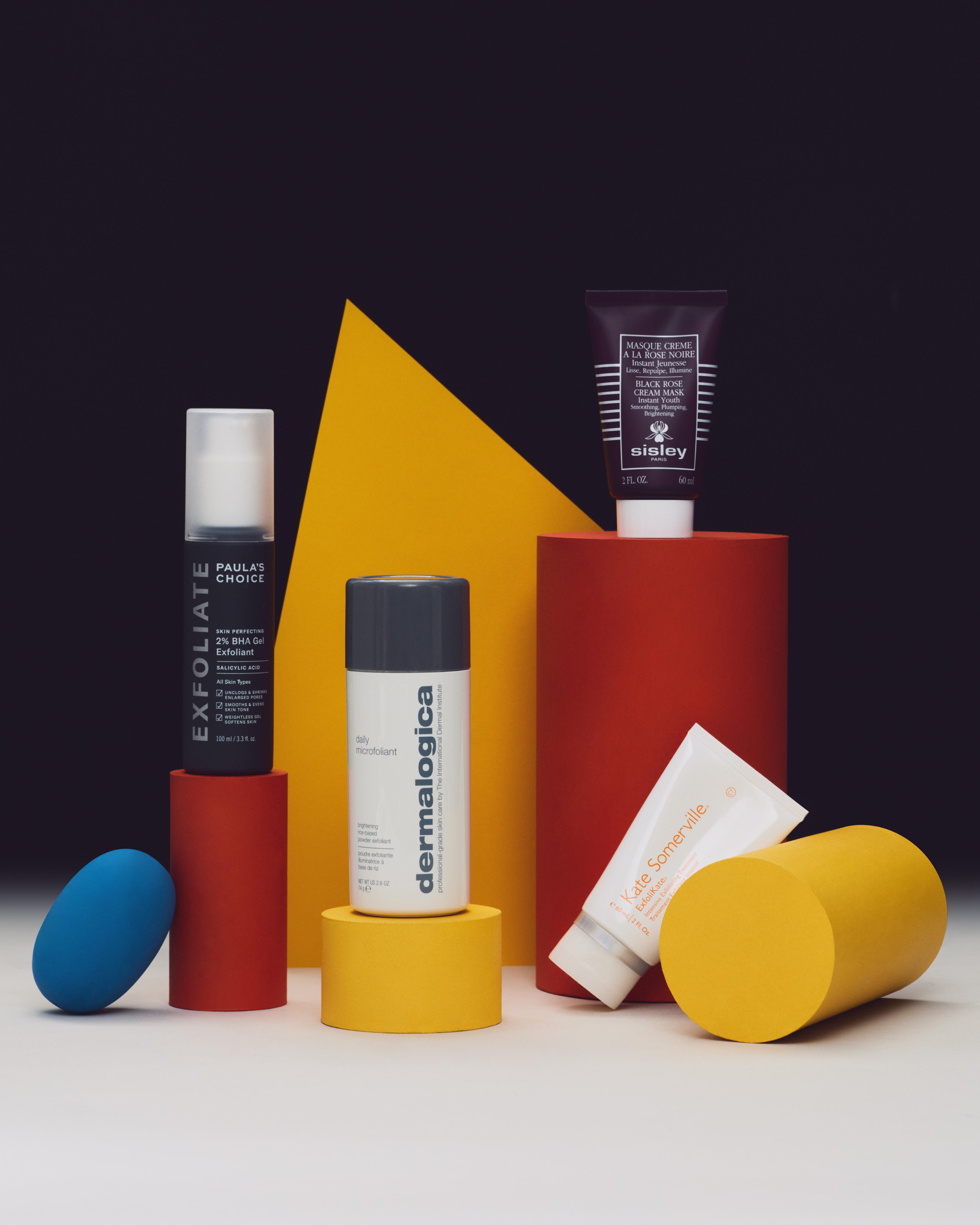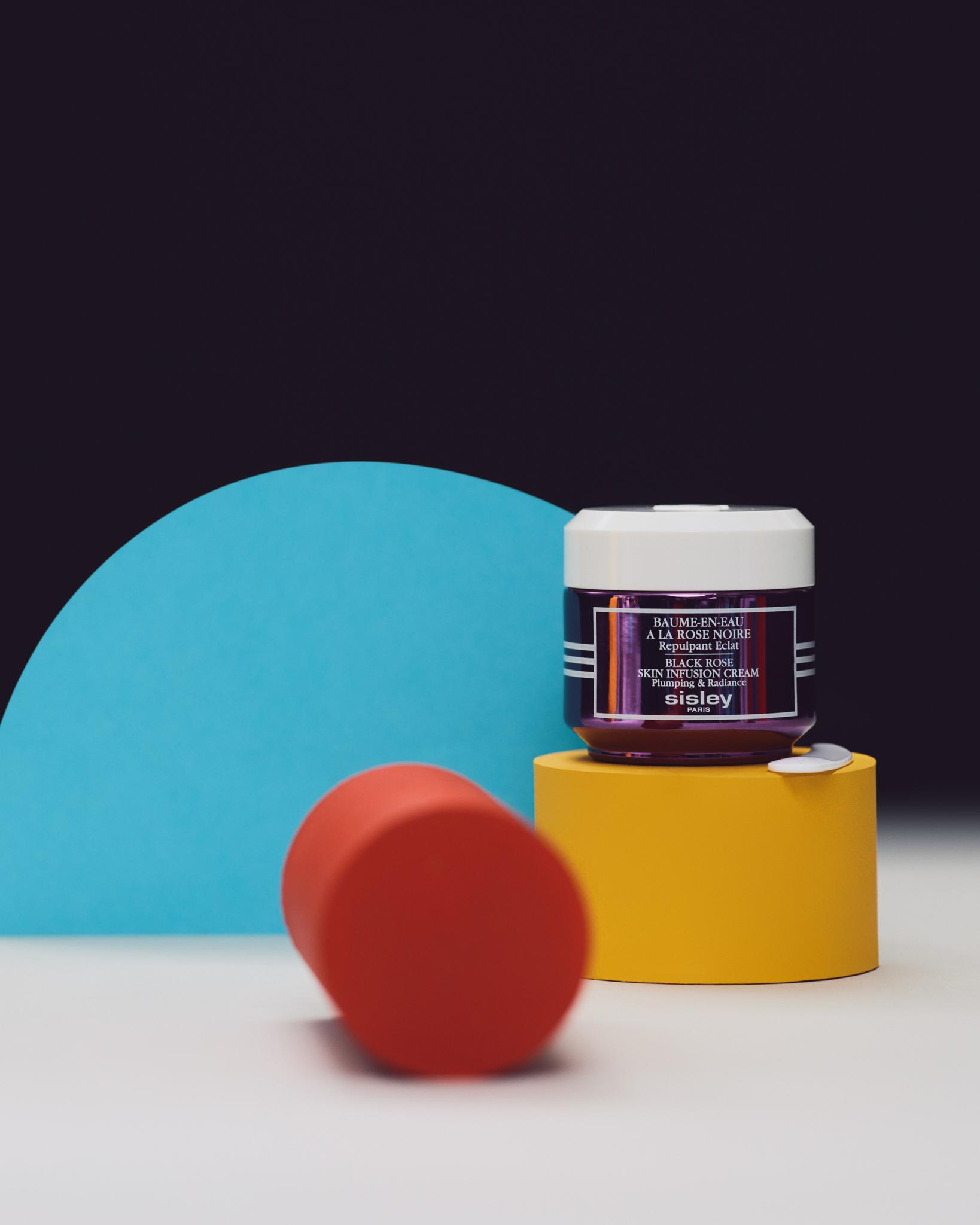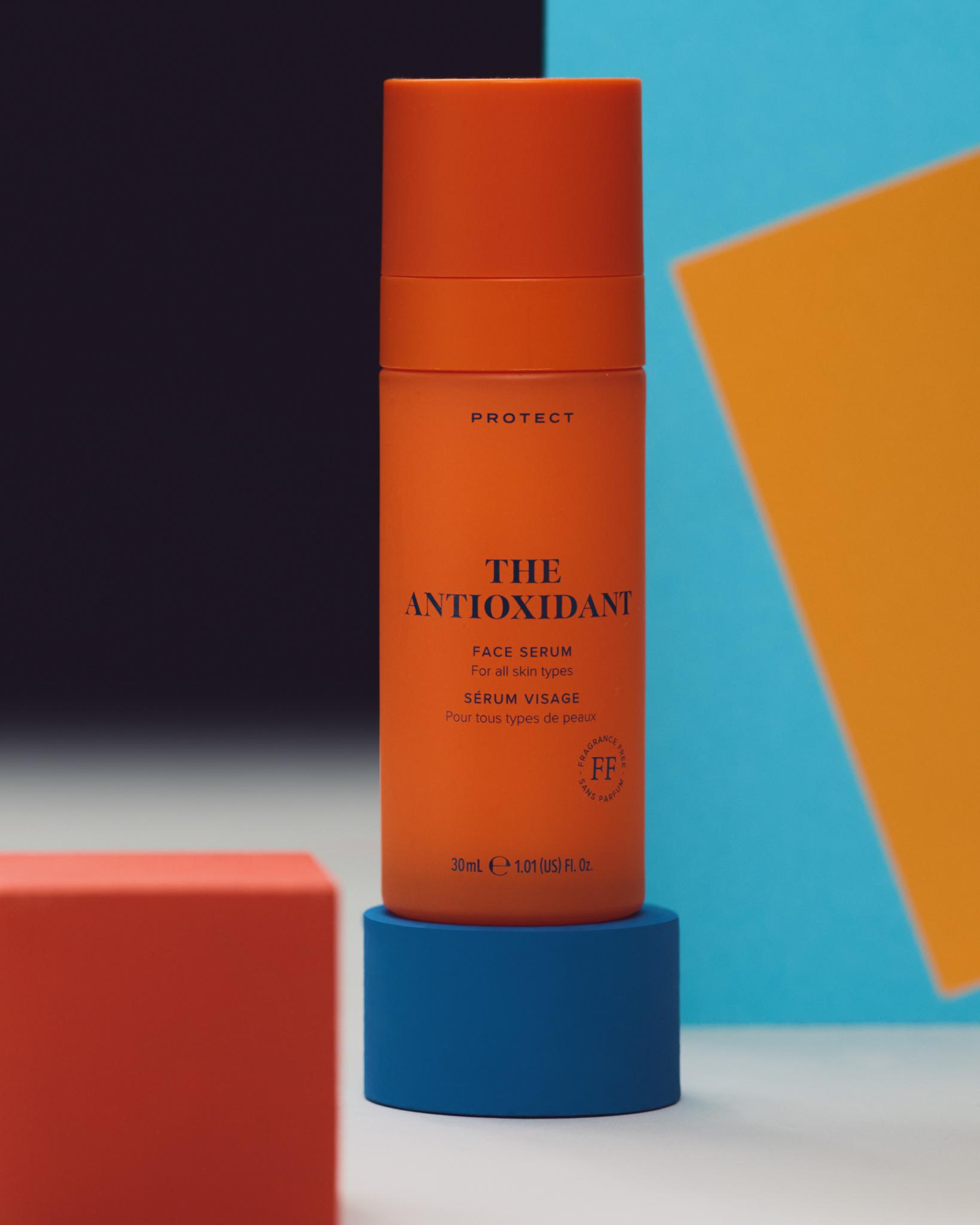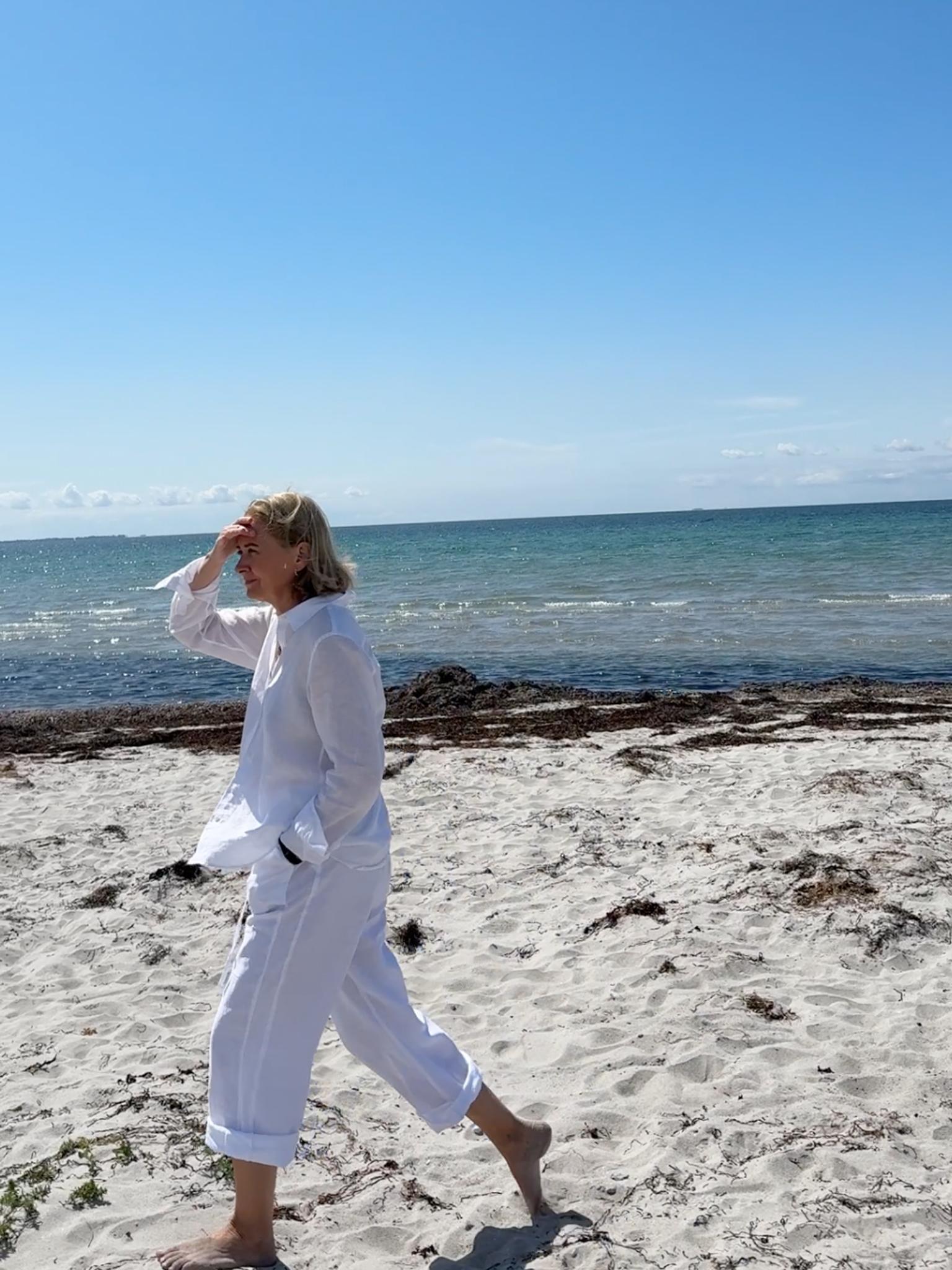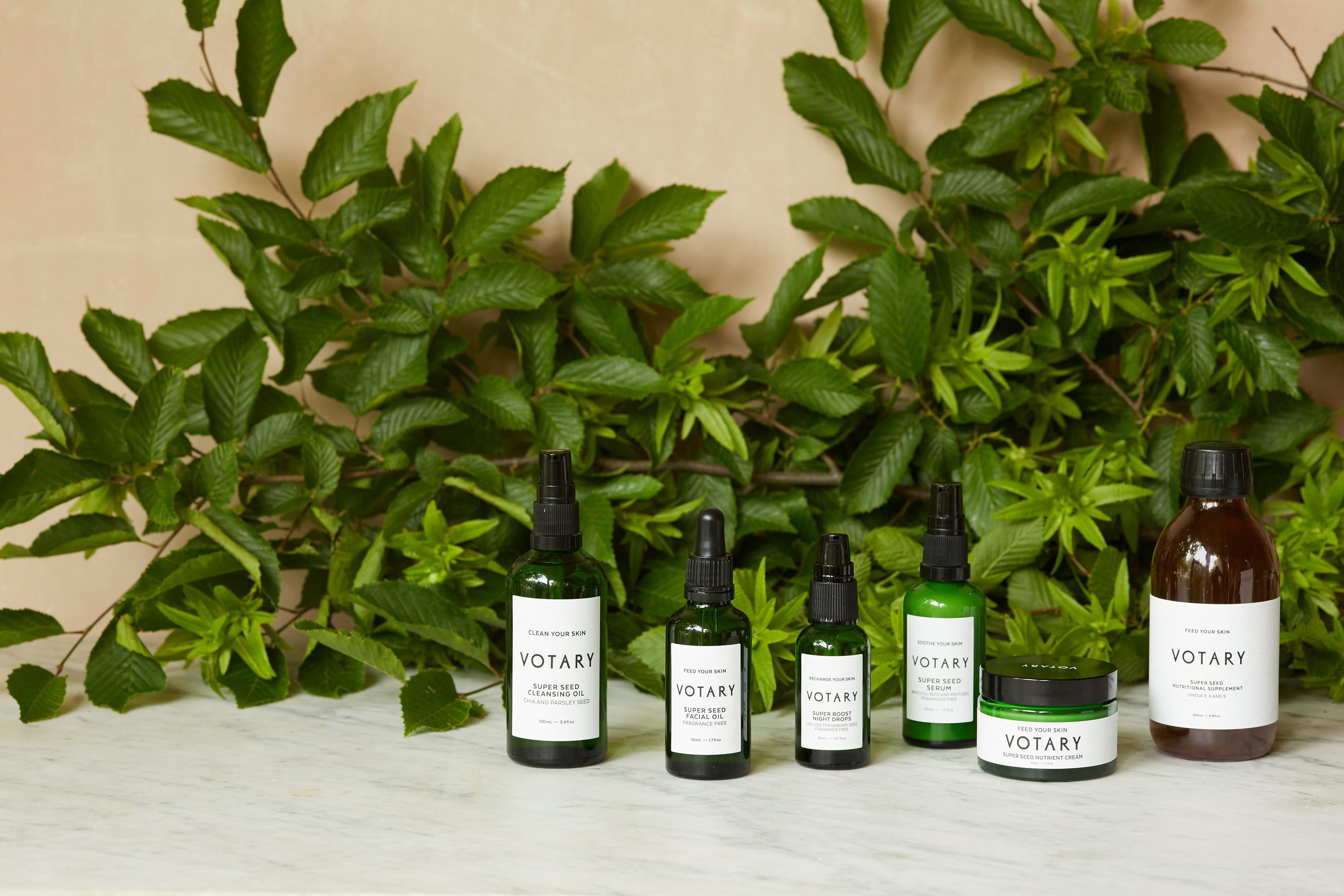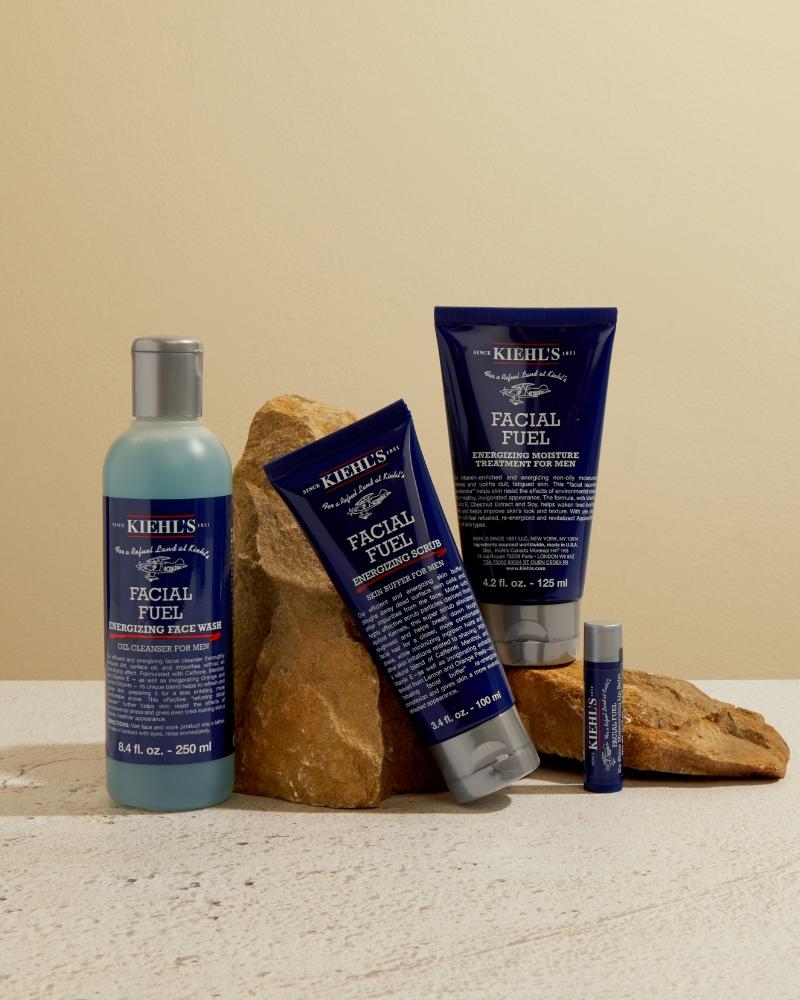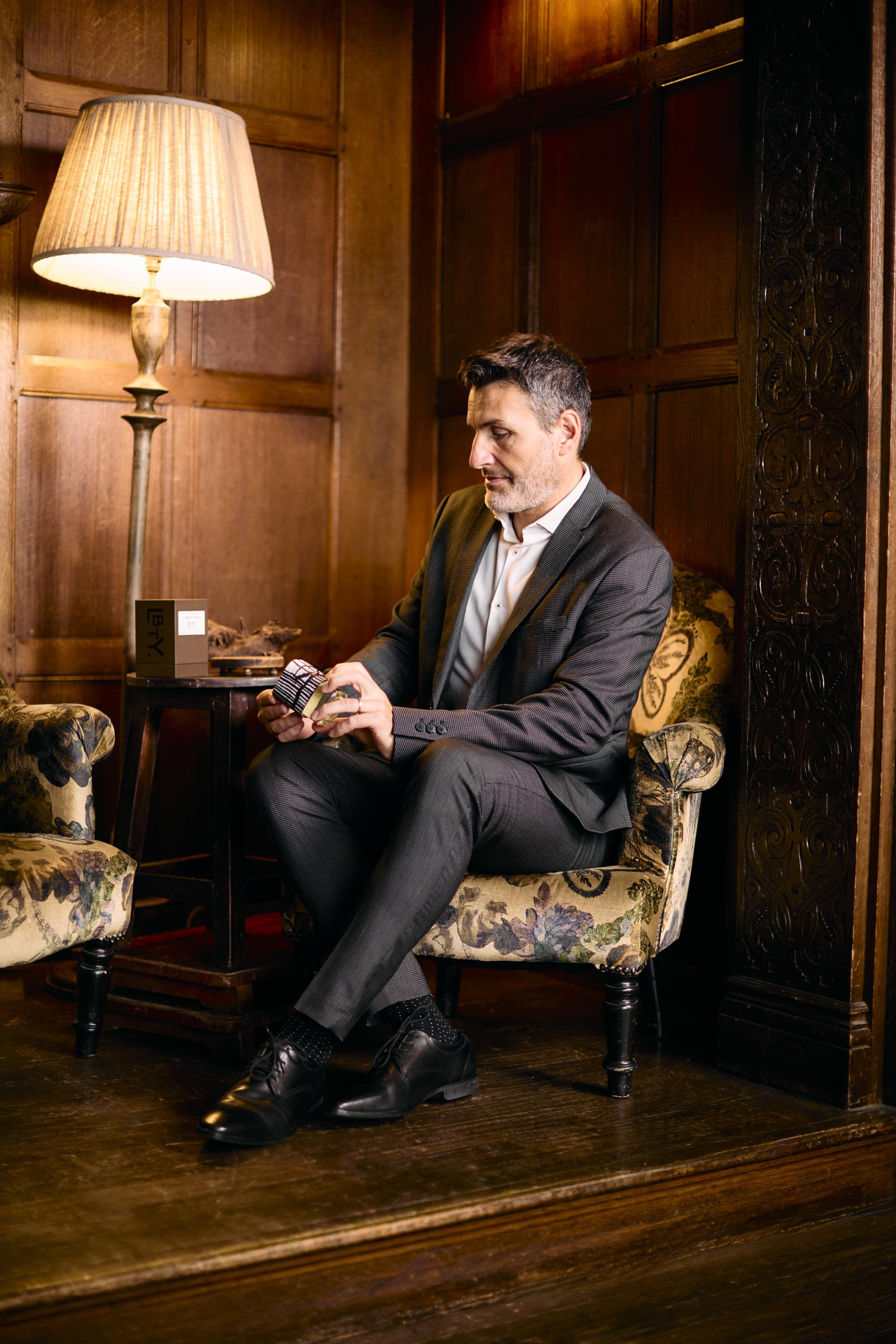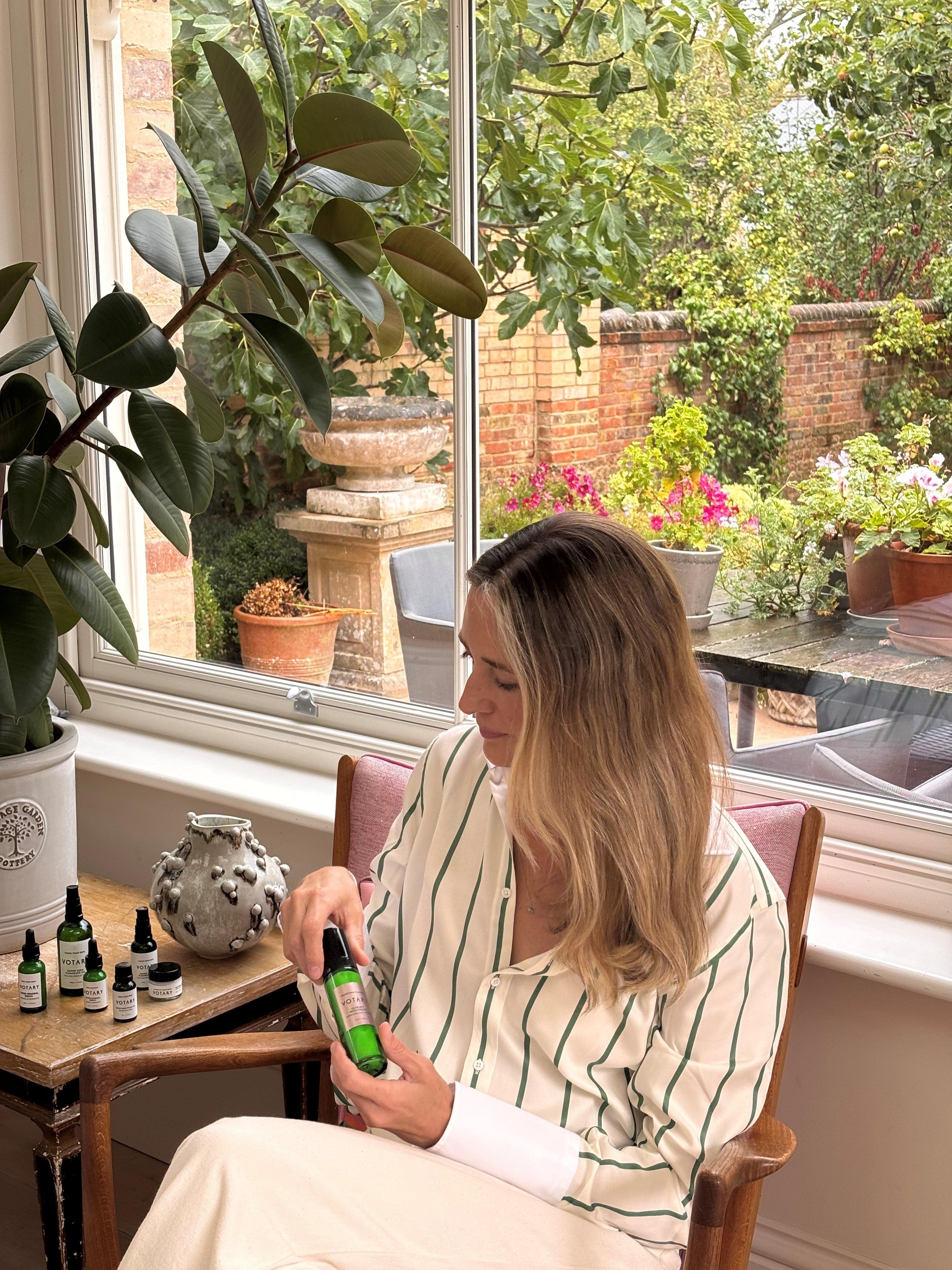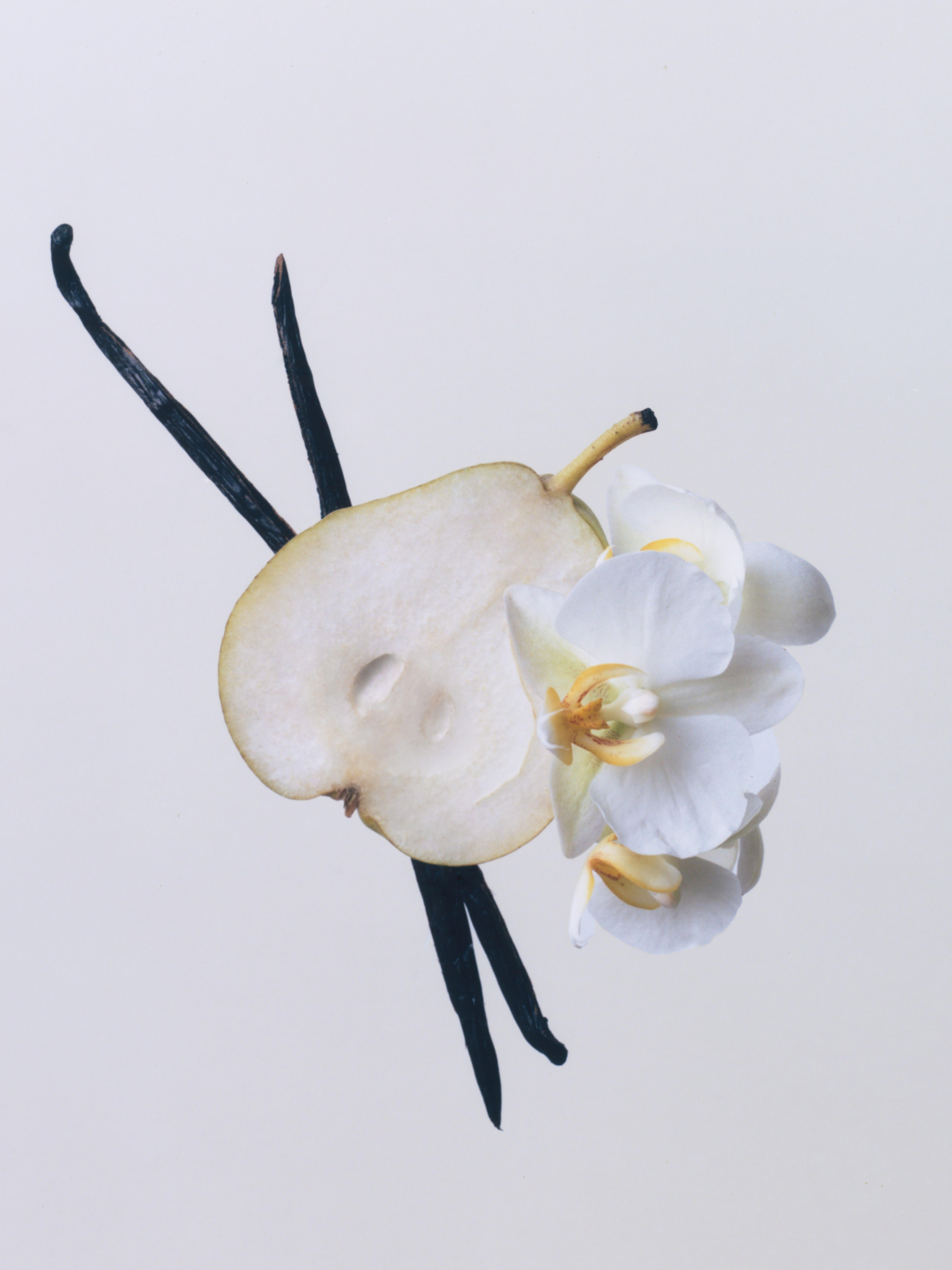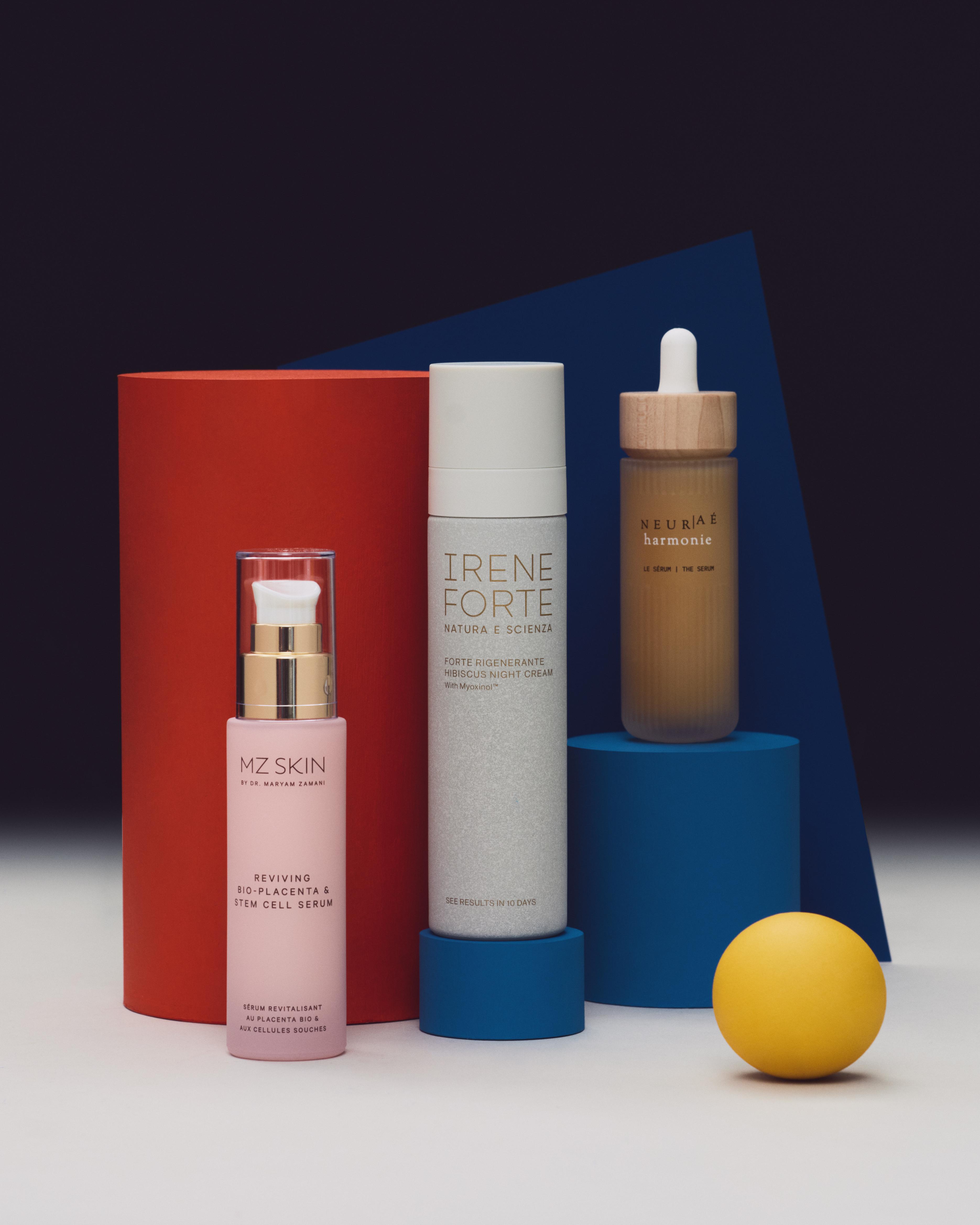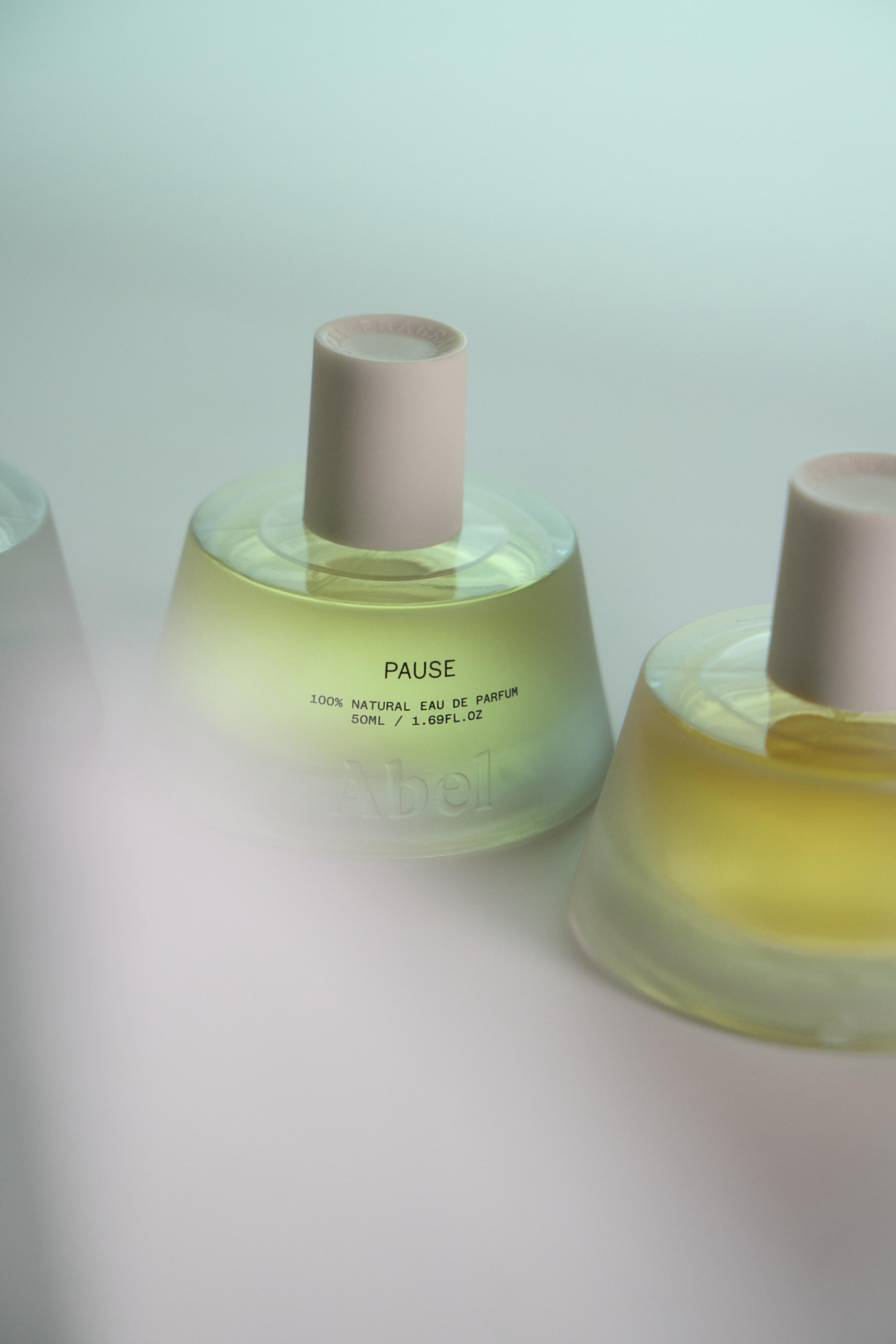
Inside Abel’s Natural Fragrance Revolution
Overflowing with innovation, science and stellar credentials: this New Zealand born brand is natural: but not as you know it
Read more

Inside Abel’s Natural Fragrance Revolution
Overflowing with innovation, science and stellar credentials: this New Zealand born brand is natural: but not as you know it
In some ways, Frances Shoemack’s path into the world of natural fragrance was a foregone conclusion. Before founding her brand Abel, the New Zealand native had what she termed a “natural” upbringing: with her early years spent on a farm, before beginning a successful career in winemaking.
Spurred by the cynicism that met her initial explorations of the concept, in Abel, Shoemack sought to create a new kind of natural fragrance brand. Built on innovation, cutting-edge science and, crucially, the pursuit of exquisite scents – Abel is a world away from natural scents you’ve spritzed before. Since founding the brand some 15 years ago, its scents have been at the forefront of natural fragrance technologies, with a laser-focus on ingredients derived from natural origins and the creation of sophisticated, fine fragrances.
Using a combination of biotechnology, upcycling innovations and natural plant extracts (for example, essential oils), Abel’s array of scents are complex, long lasting and considered. From the salty, briny notes of Cyan Nori, in which Abel were the first brand to use seaweed in fine fragrance, to the cherry blush of The Apartment, which uses molecules upcycled from the production of cherries in the food industry; each vessel brims with exciting, enticing innovation.
As the brand brings it’s selection of scents to Liberty for the first time, founder Frances Shoemack sat down with Liberty to share a glimpse into the natural fragrance revolution…
On the Origins of Abel
I was living in Amsterdam at the time [that Abel began]. My background was winemaking in New Zealand, and soon after moving to Amsterdam, about 15 years ago, I started falling in love with this emerging world of niche, artisan perfume making.
I had a very “natural” upbringing; I grew up on a farm in New Zealand. My mum is a yoga teacher, and winemaking is very natural: you literally take grapes and turn them into wine. Straight away, I started looking for a natural fragrance within this emerging category. The response I got was, “Oh no, natural perfumes aren’t modern or sophisticated, you have to buy them from the organic supermarket.”
That cynicism was really the birth of the idea for Abel. From the get-go, it was about proving that we could create something natural that was also modern, sophisticated and luxurious. We’ve worked with master perfumers and the world’s top laboratories since the get-go.
I’ve been super thirsty for innovation in this space.
We were one of the first brands to adopt biotechnology in fragrance and to start working with some of these natural molecules.
When we launched our first perfume 12 years ago, it was made almost entirely from essential oils, because that was all that was available in the natural palette at the time. But in the decade since, biotechnology and natural science have evolved so much, and it’s a big part of who we are. I’ve been super thirsty for innovation in this space, and we were one of the first brands to adopt biotechnology in fragrance and to start working with some of these natural molecules.
When we define 100% natural, we mean that everything we use in a perfume starts its life as a living organism. The alternative is ingredients derived from fossil fuels, which is about 95% of the industry. We’re very transparent. Another pillar of our brand is to educate in a really soft way: balancing facts, the nature and science with the beauty and emotion of perfume.
From Vineyards To Fragrance Laboratories
I always wanted to be an architect when I was growing up, but just before I left school, I changed my mind and decided I wanted to be a winemaker. I studied viticulture and oenology at university, so it’s very science-based, and started out in the wine industry.
I worked for a few different New Zealand wineries before joining New Zealand Winegrowers, looking after their UK markets with a team based in Haymarket, London.
When I moved from Auckland to Amsterdam, I was very much leaving wine behind: you don’t move to Holland for wine culture! It was all a fresh start. I joined a Dutch start-up: a total career pivot. The driver for moving to Europe was wanting new experiences and to broaden my horizons.
In the early years, I leaned on my winemaking as a reference point. Our first perfume, Vintage 13, was built like a wine, starting with the ingredients and building up from there. These days, we’re more conceptual. For example, The Apartment, our newest fragrance, was inspired by a gorgeous Parisian apartment where we do much of our creative work.
People often ask what the most useful thing is that I took from winemaking, and I’d say it’s having a vocabulary for fragrance and a trained olfactory sense. But the two industries are also complete opposites. In wine, the growing is key, you’re the caretaker of the grapes. Fragrance is the opposite: you start with the end product and work backwards.
A New Kind of Natural
When it comes to “natural” fragrances, it’s almost easier to explain what it’s not. It’s not petrochemical-based ingredients. Instead, we work with essential oils – rose absolute, iris, vetiver – and newer natural technologies like biotechnology and upcycling.
Biotechnology is fascinating. About 5–8 years ago, we began using biotech ingredients, often borrowed from the food industry because, at the time, fragrance was not paying attention to it. For example, a molecule like Ambroxan which is used so widely in fragrance, is usually made from fossil fuels. We use the same molecule, but it’s derived from plant-based sources like beet sugar, through biofermentation. It’s the same fragrance molecule, but the process and source are renewable. The scent profile is slightly different, very similar, but I can always tell the difference!
Biotechnology is to fragrance what electric vehicles are to the car industry, they really provide the pathway for transitioning away from fossil fuels.
Biotechnology is to fragrance what electric vehicles are to the car industry, they really provide the pathway for transitioning away from fossil fuels. It is still very rarely used, but it will grow: the technology is there, and there are more and more ingredients available so they’re starting to scale. For me, it’s mission accomplished if we can shift the whole industry.
Alongside these biotech ingredients, we also use upcycled molecules, like one derived from wastewater from cherry processing for the food industry. That cherry note in The Apartment literally comes from cherry waste!
Then there are natural molecules extracted from plants, in combination these all help us achieve longevity and complexity comparable to synthetic perfumes.
The biotech molecules like Ambroxan are long-lasting and perform beautifully. Combined with the craftsmanship of our master perfumers – Isaac Sinclair and Dr Fanny Grau – we can create natural fragrances that are high-performing and complex.
We’ve recently relaunched the entire brand—new formulas, new packaging, the works. We reformulated all fragrances to increase the proportion of biotech and other natural molecules, raised the concentration by 37%, and overhauled the packaging and supply chain.
For example, our boxes are made in partnership using a custom paper that reduces the carbon footprint by 96%. Our caps are made from a biotech material grown in a lab using microbes: it’s fully compostable, and the glass bottles are French-made using the highest volume of recycled glass available.
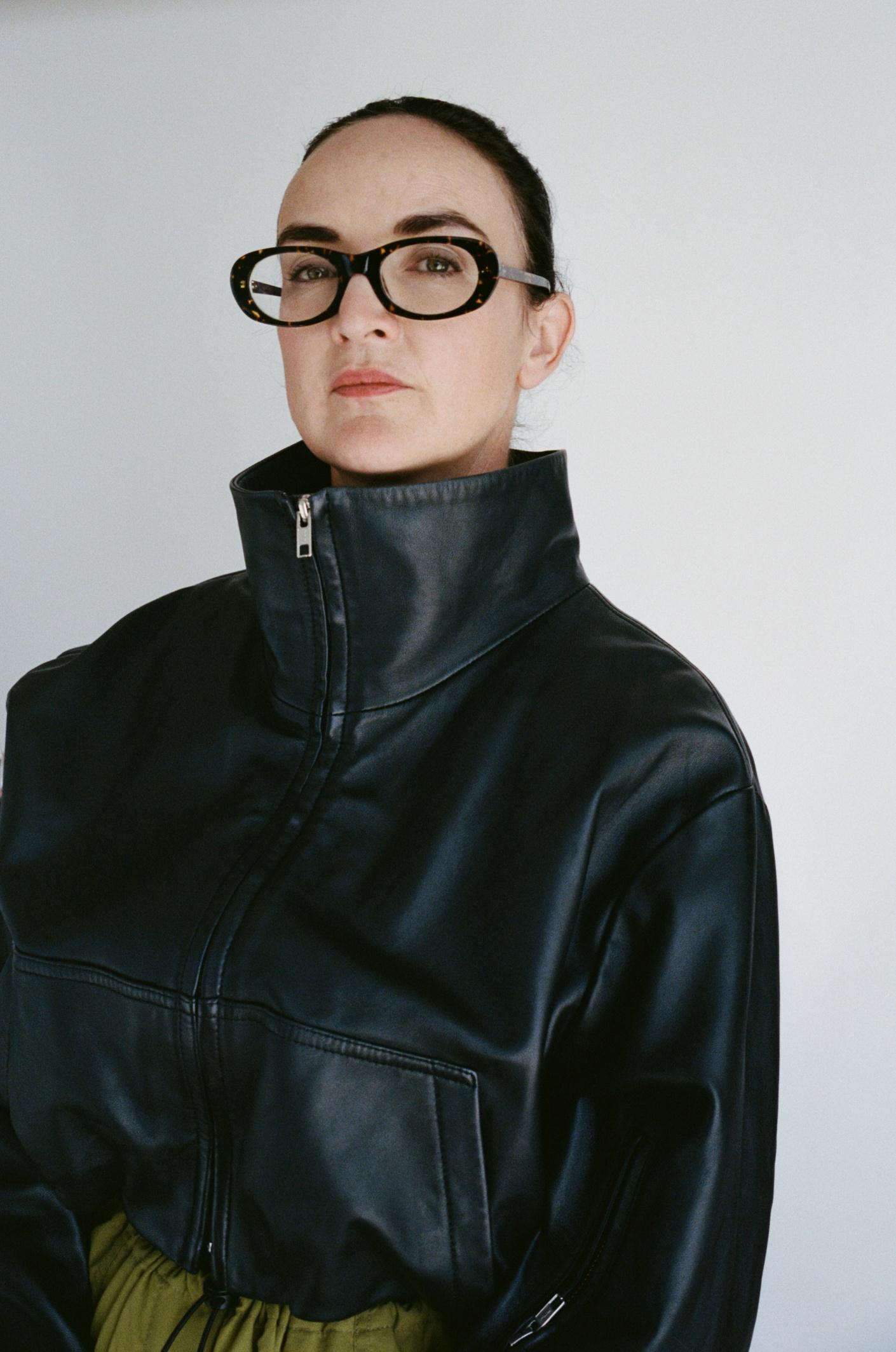
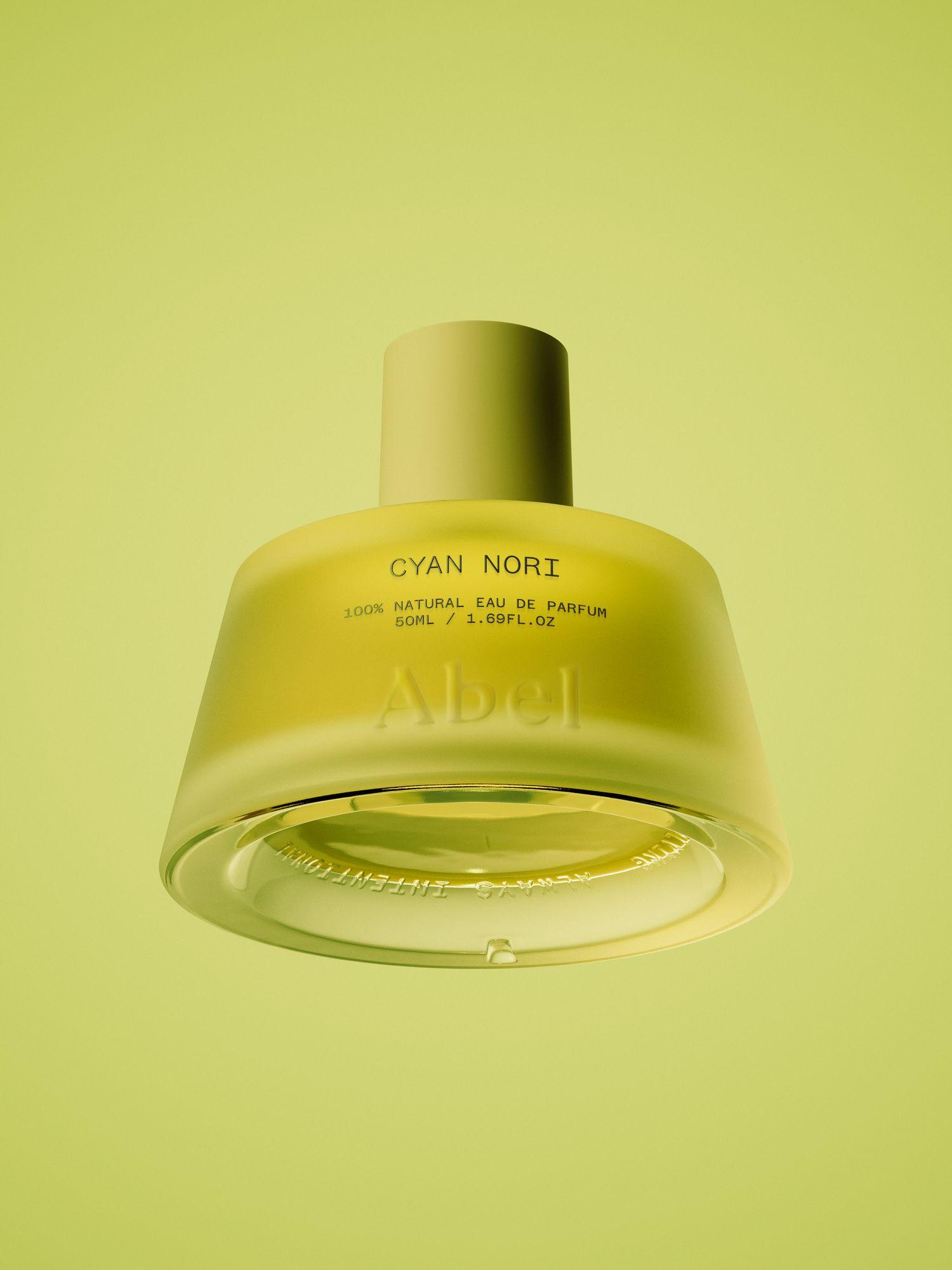
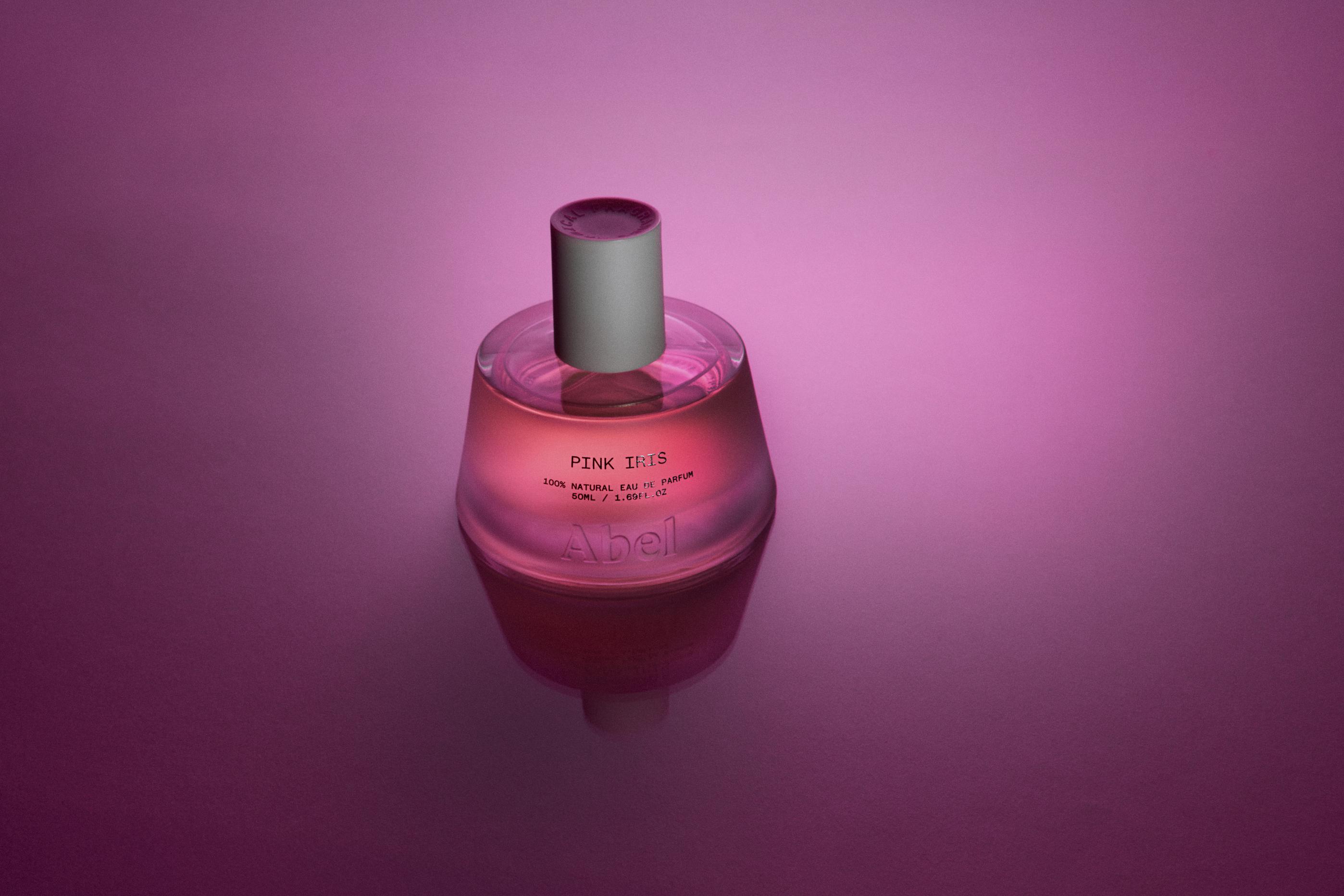
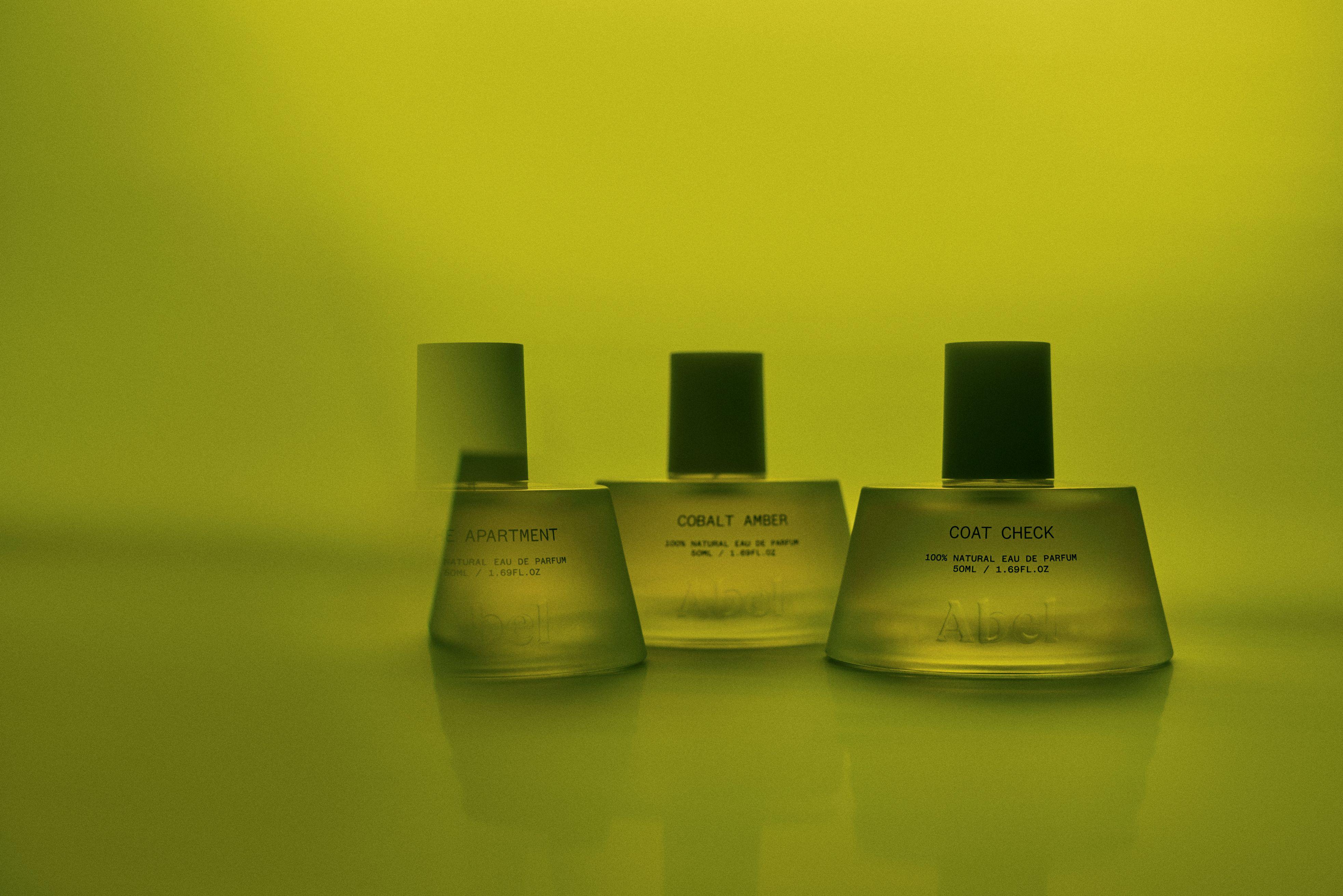
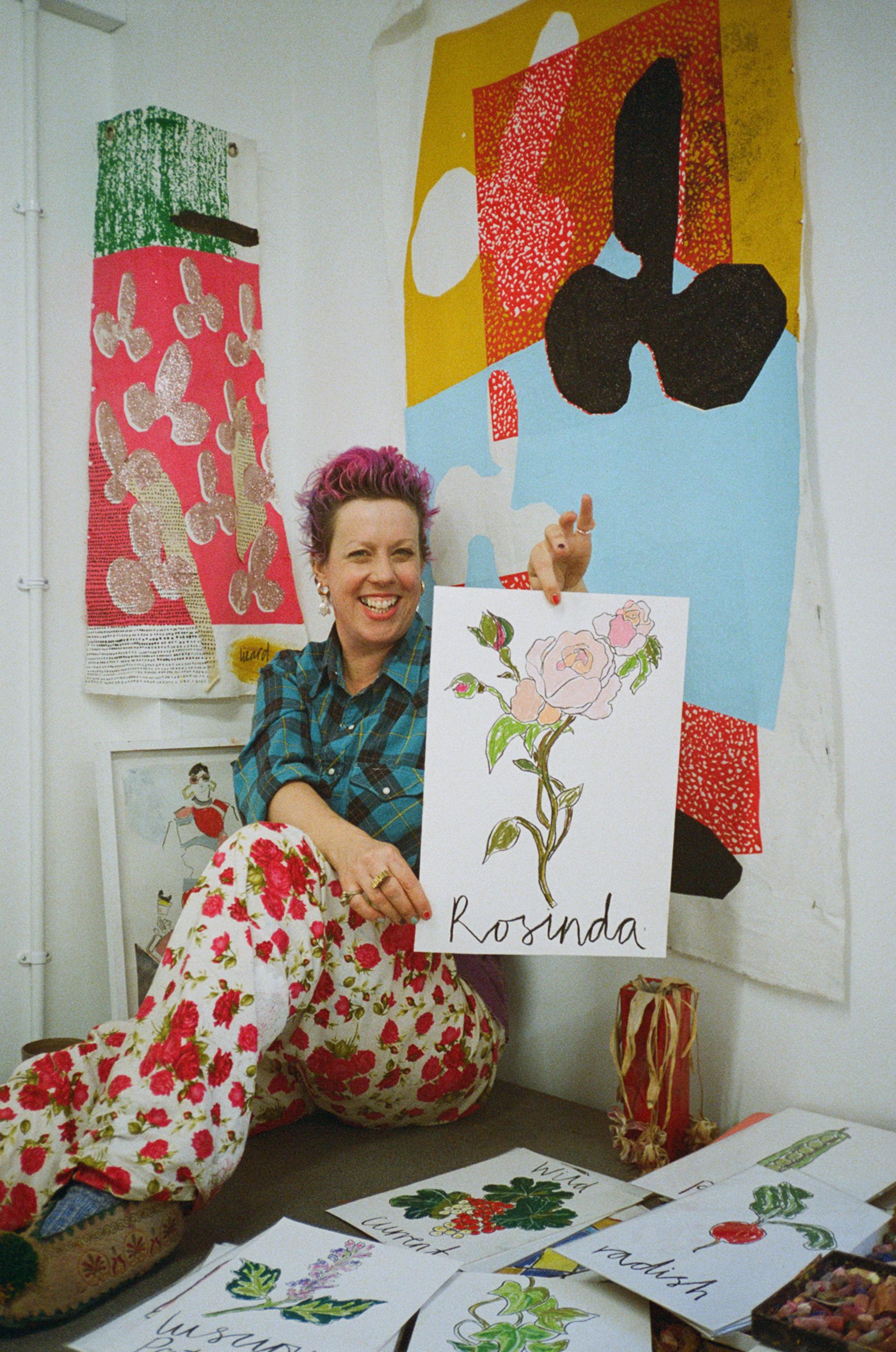
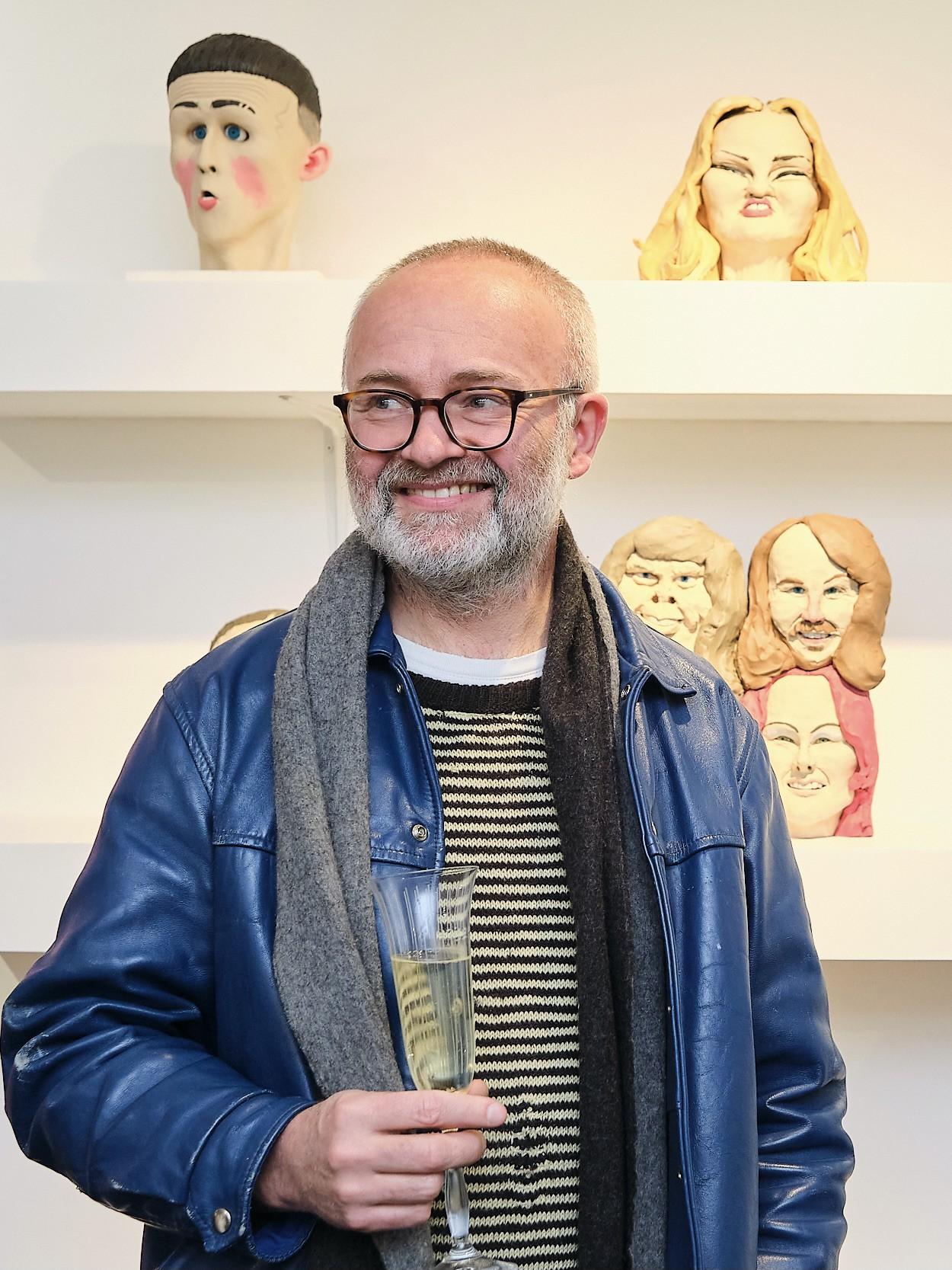
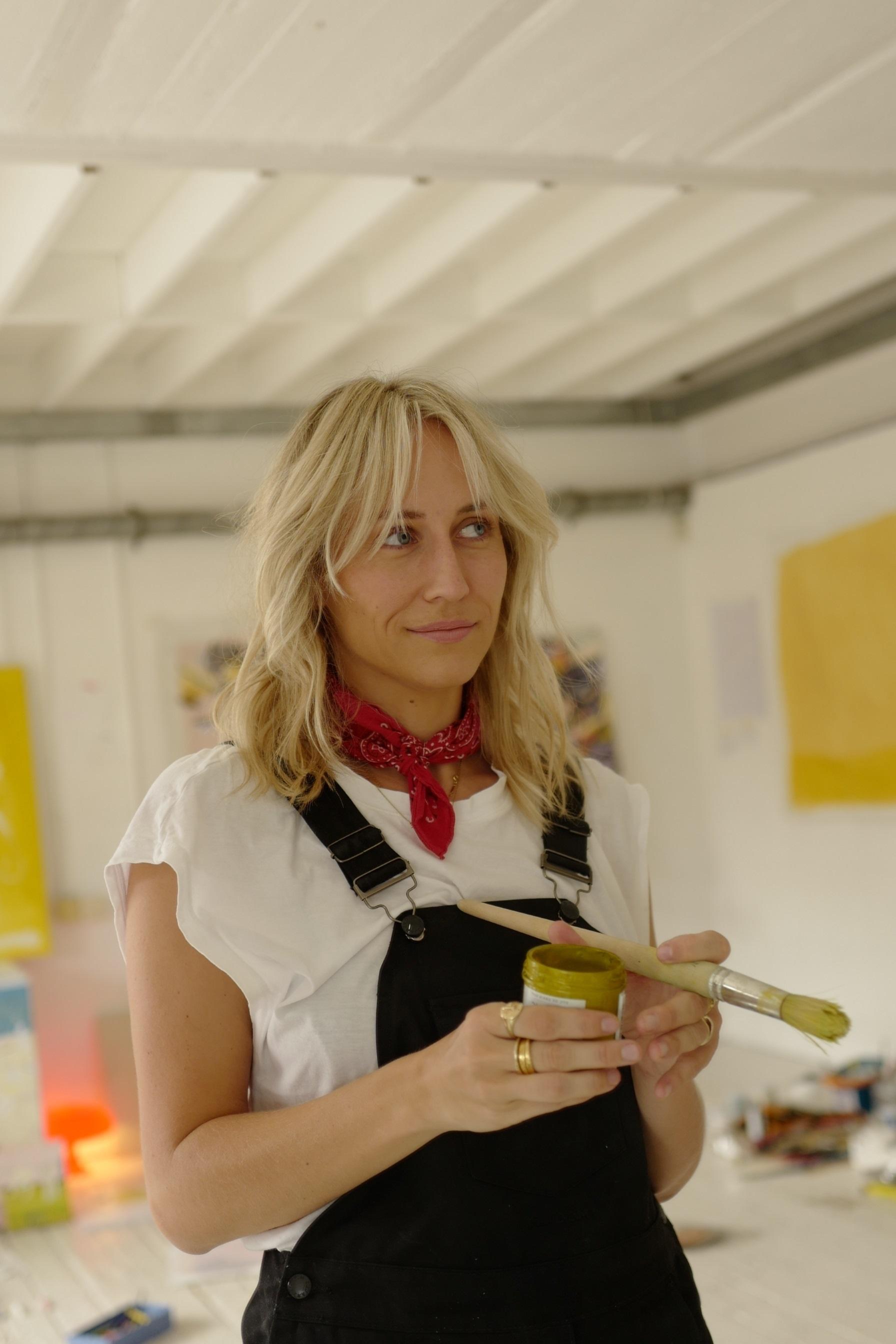
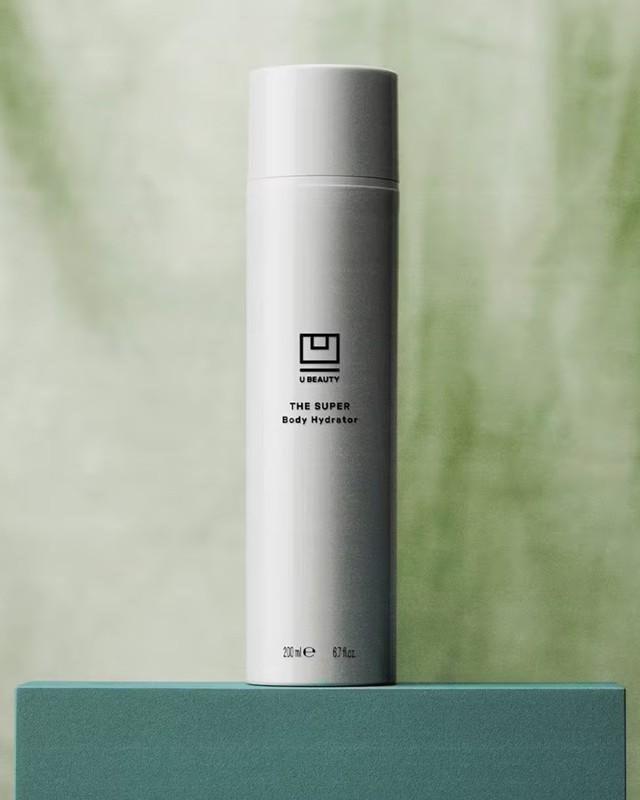
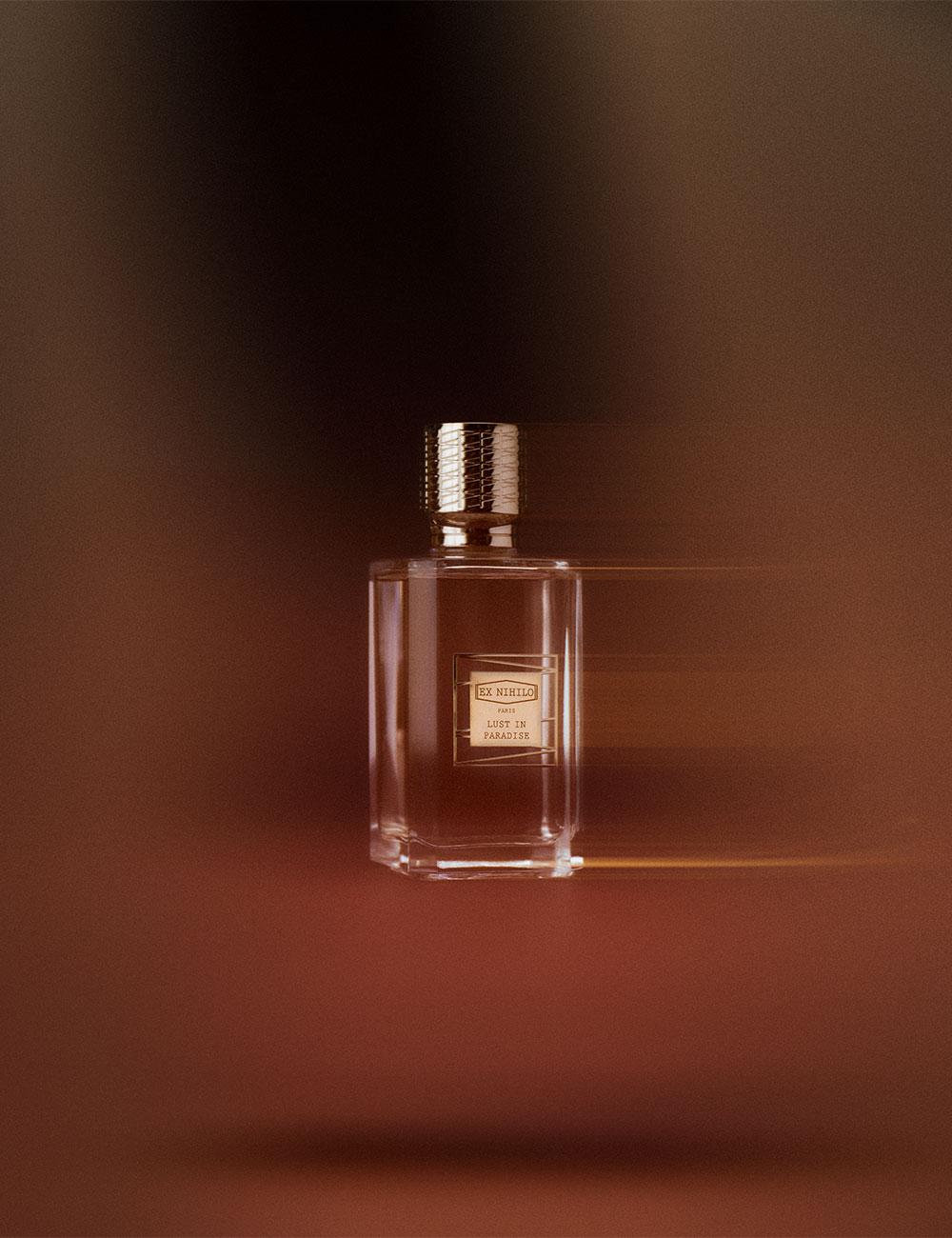
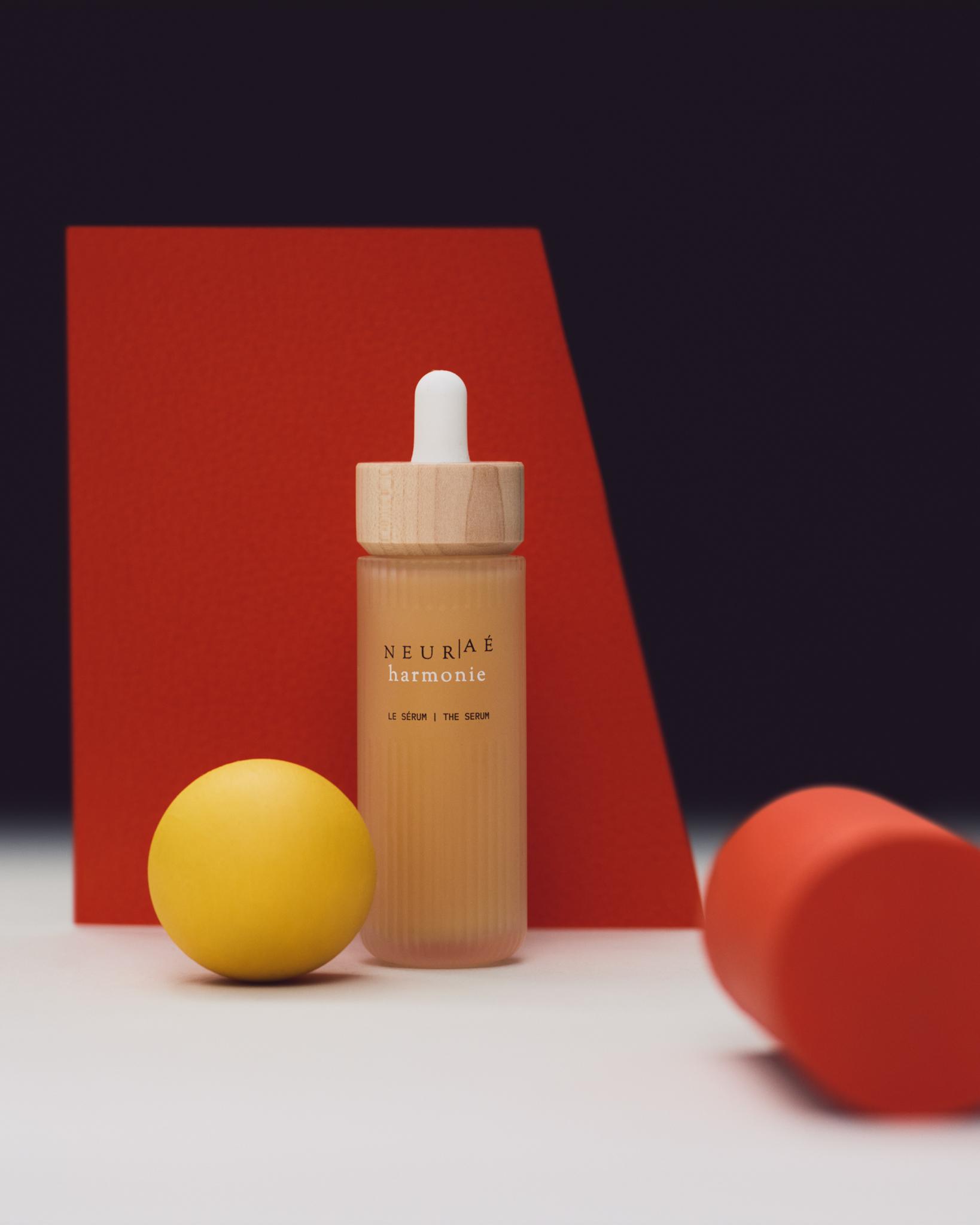
?fmt=auto&qlt=default)
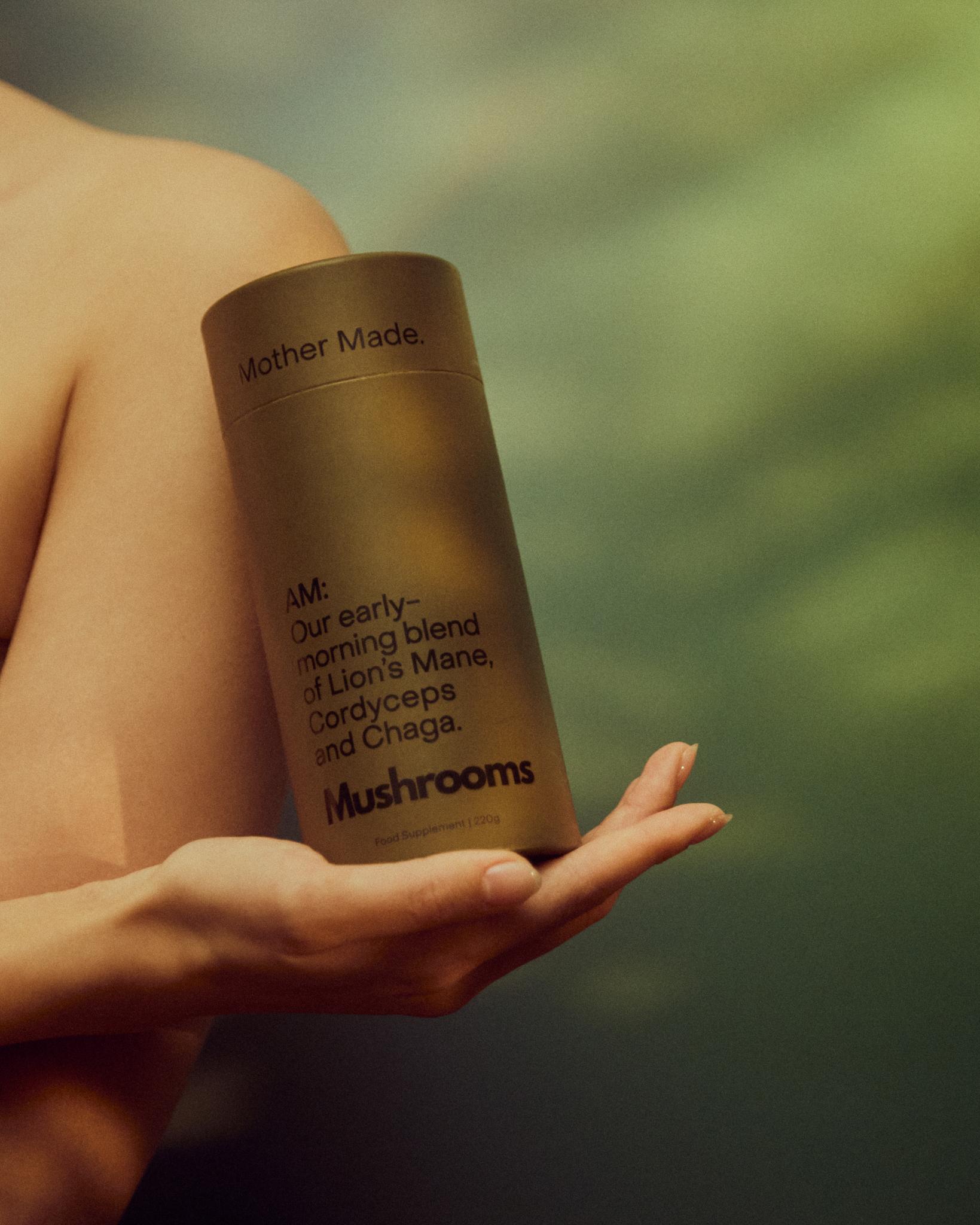
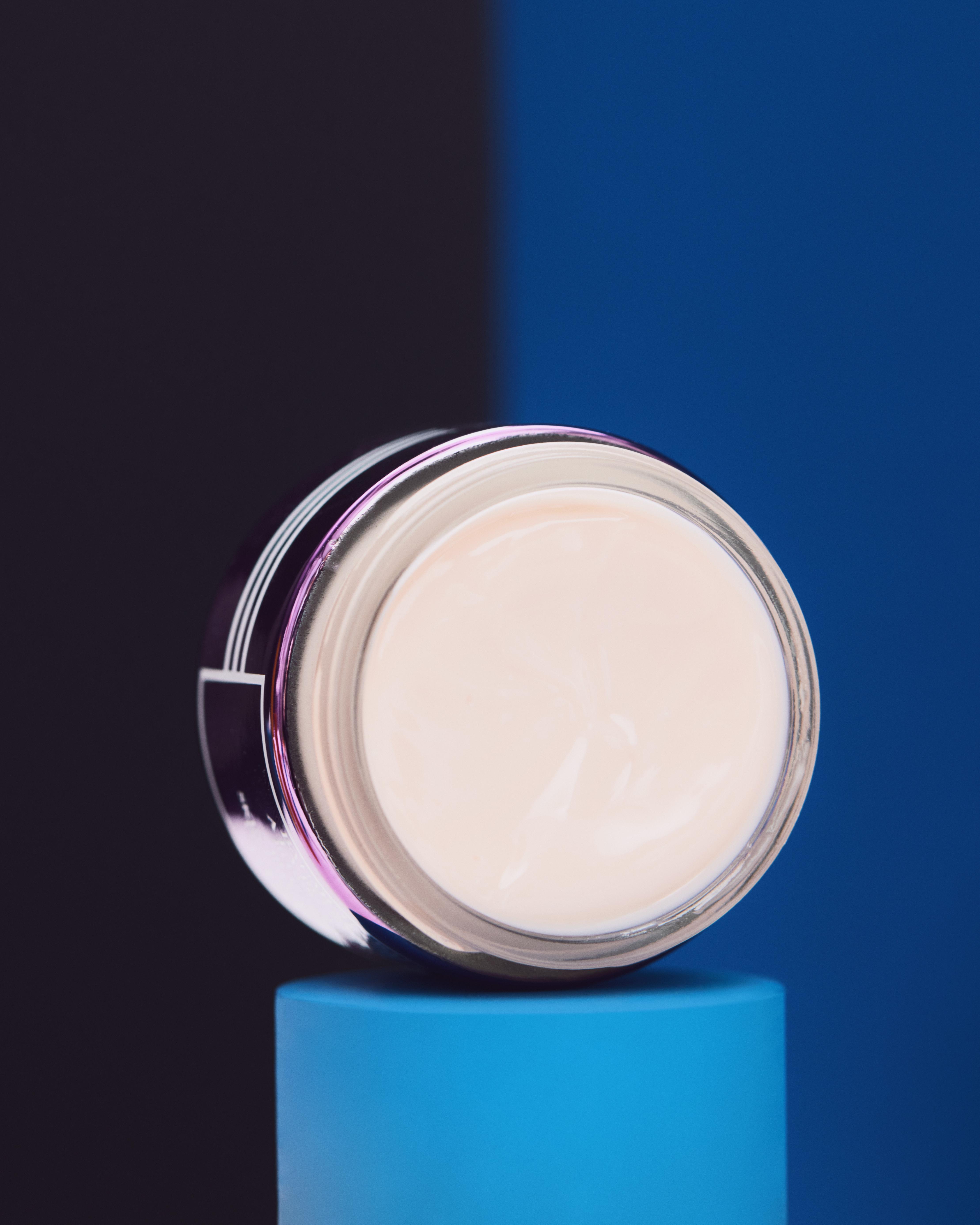
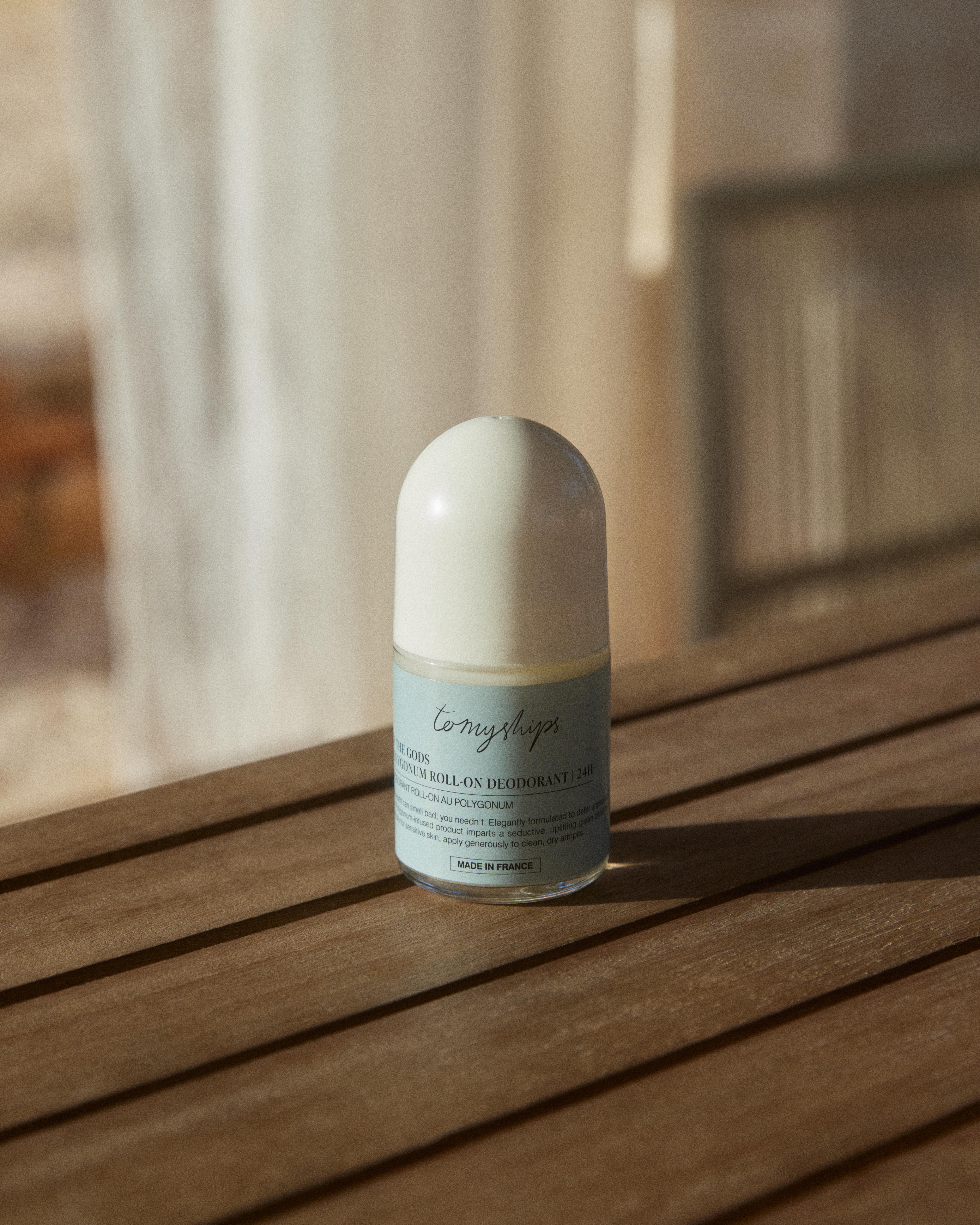
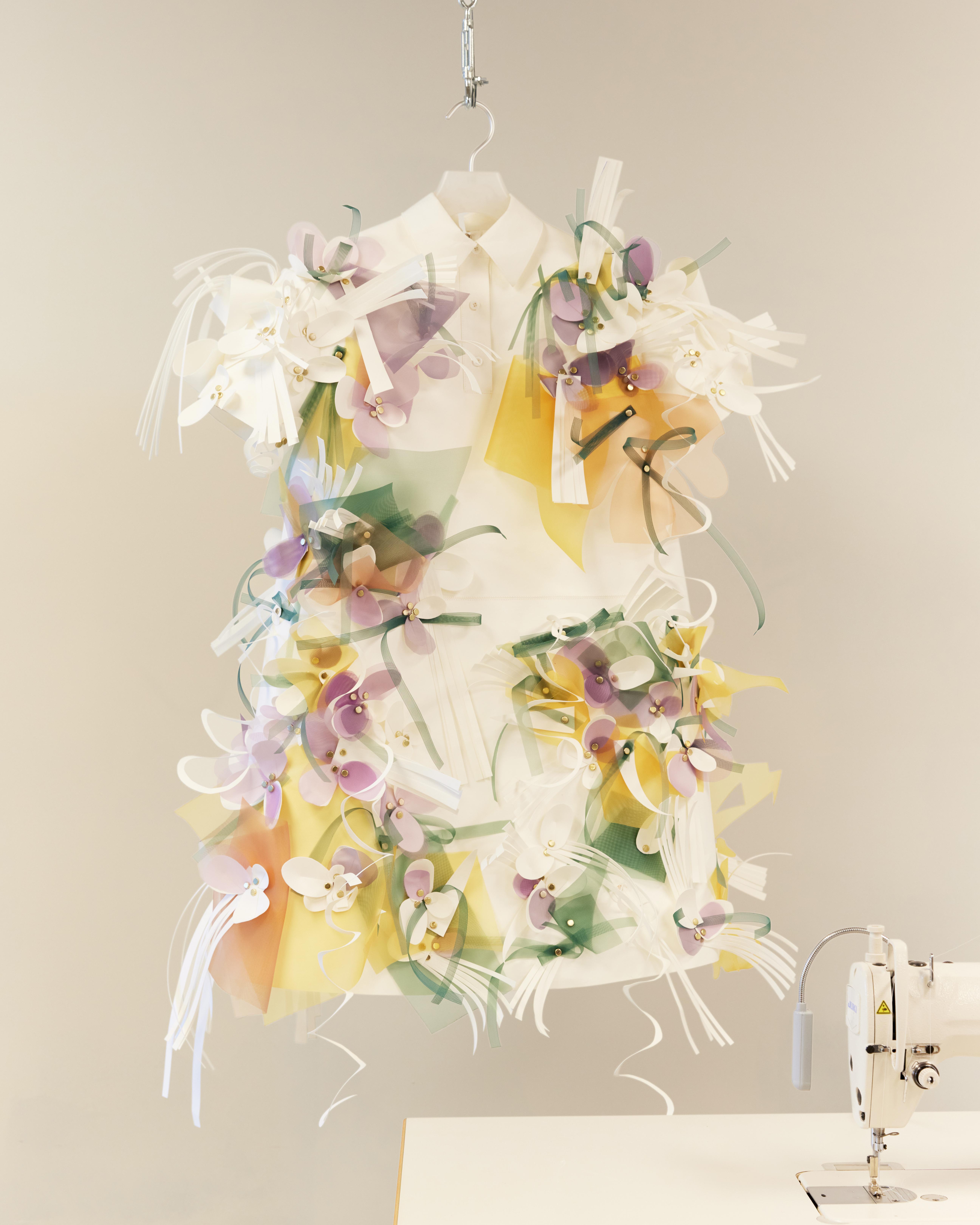
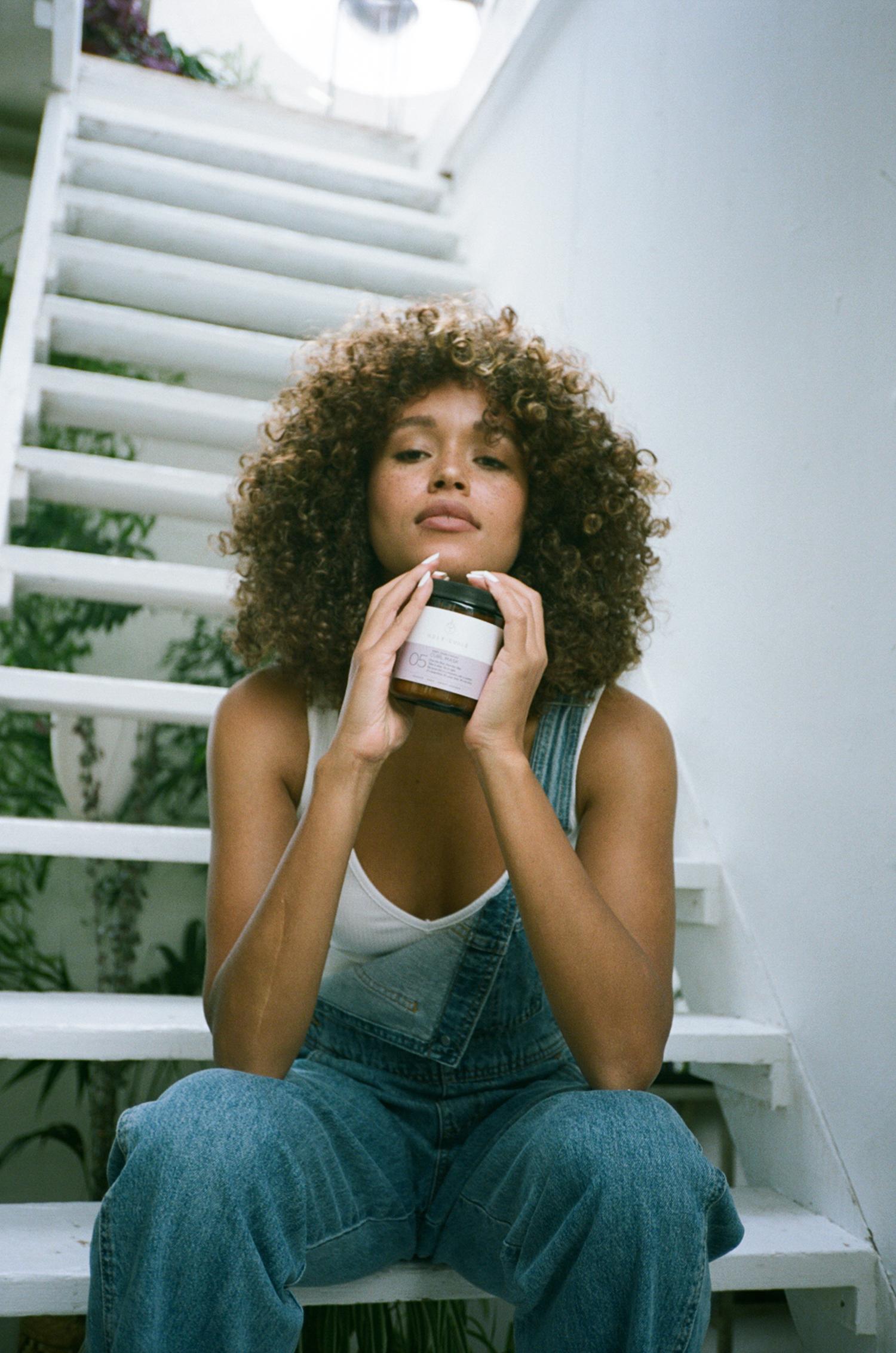
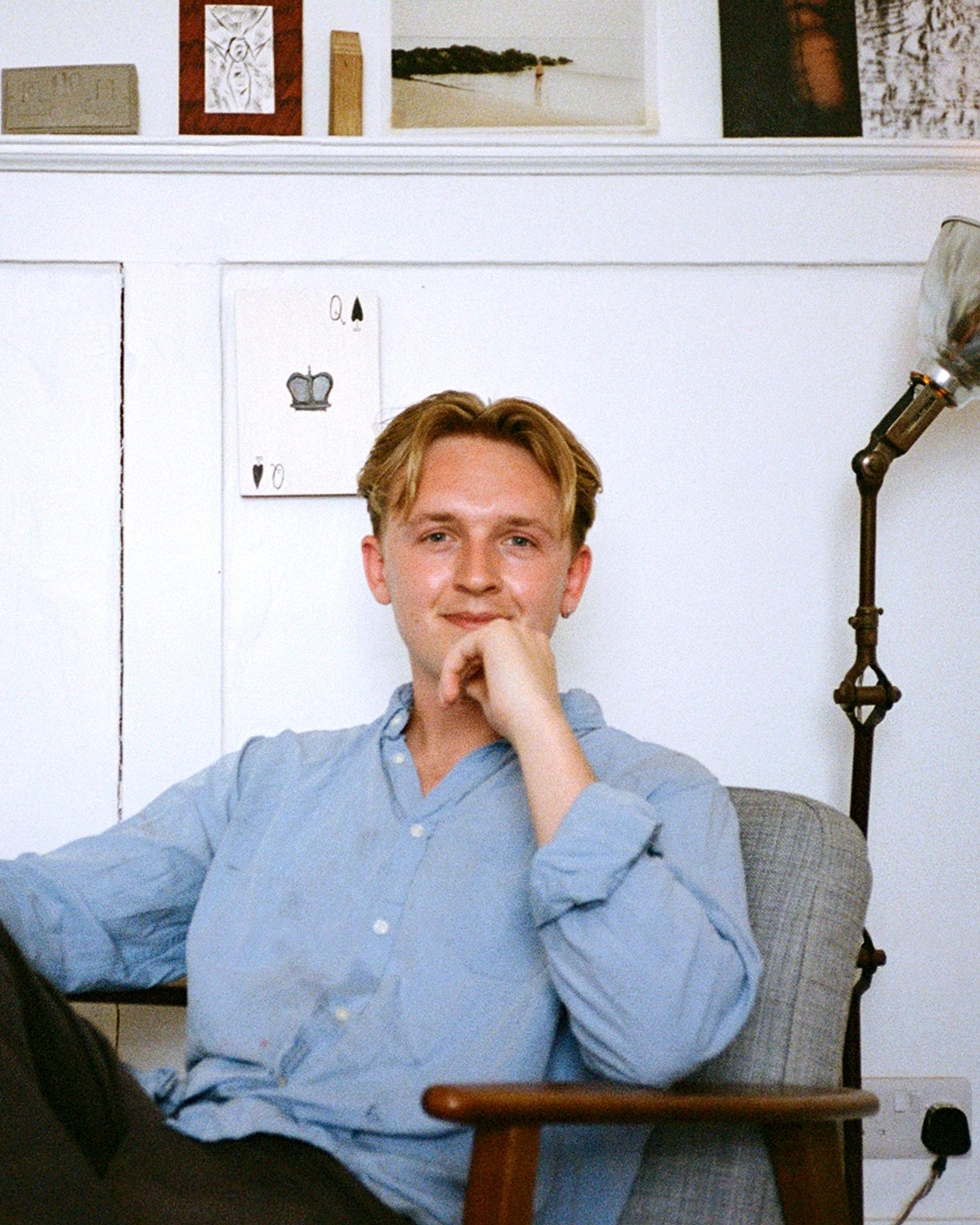
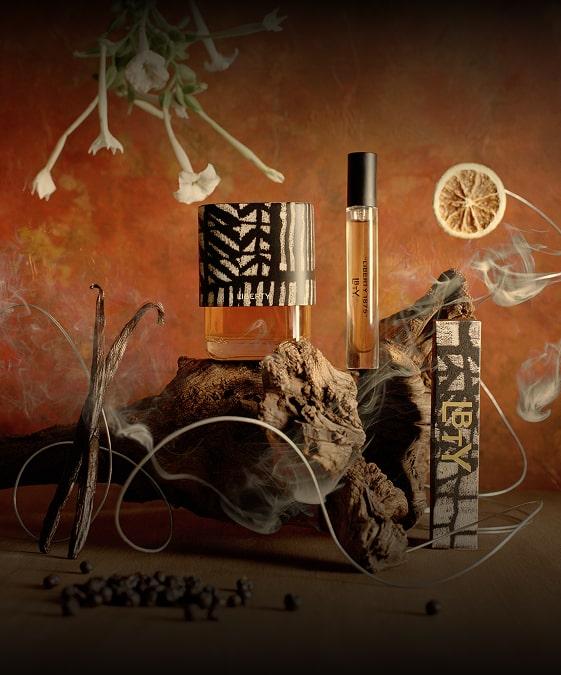
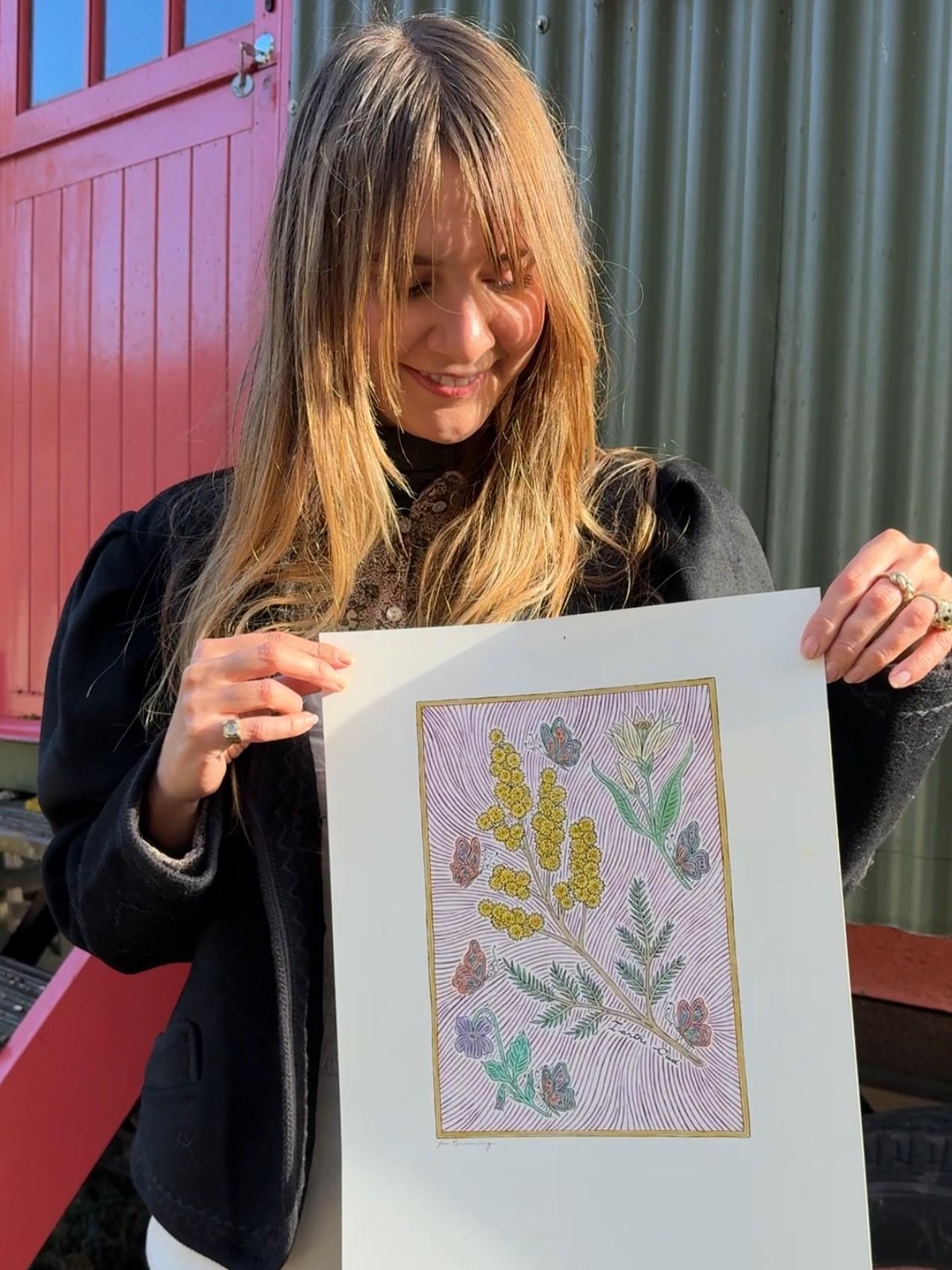
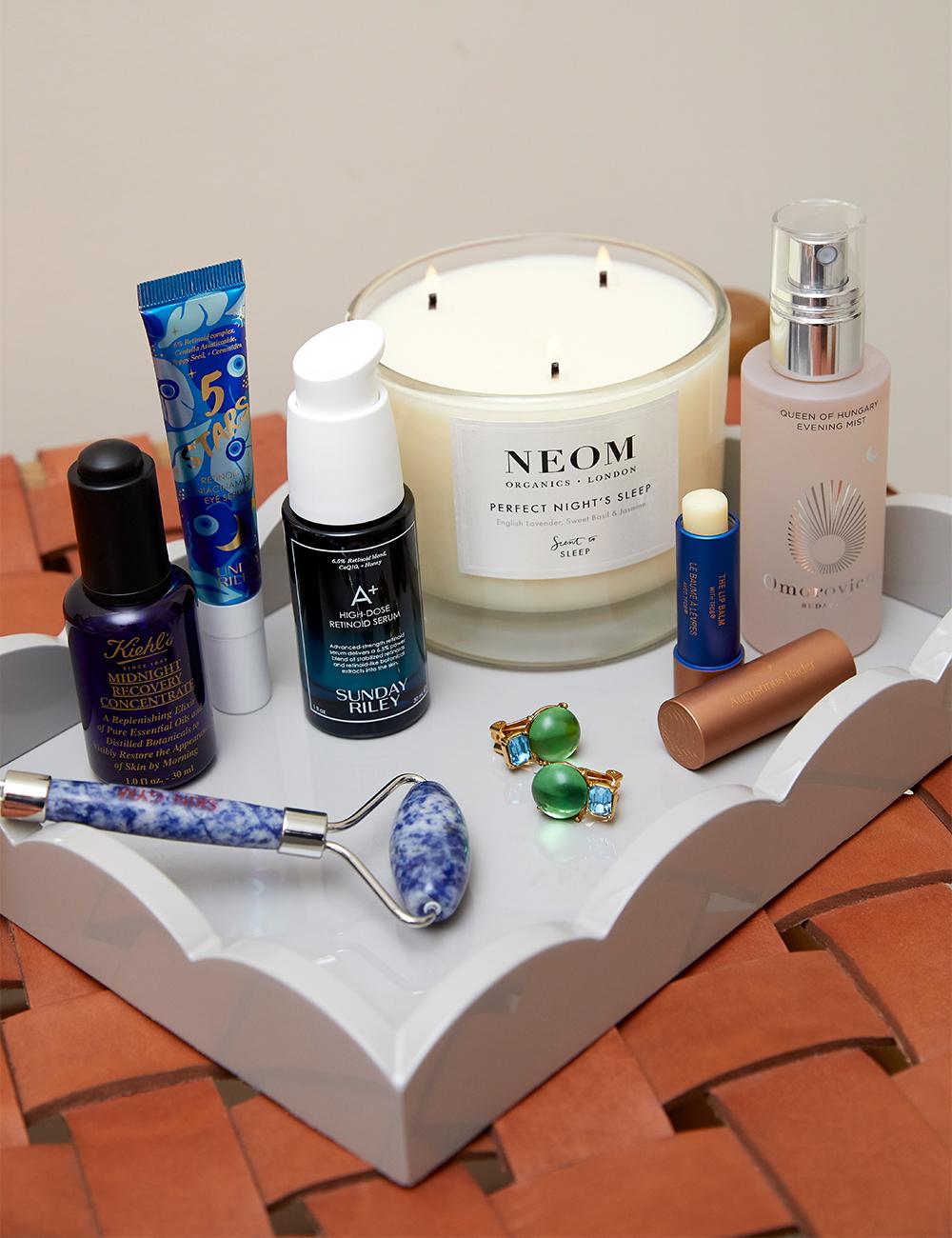
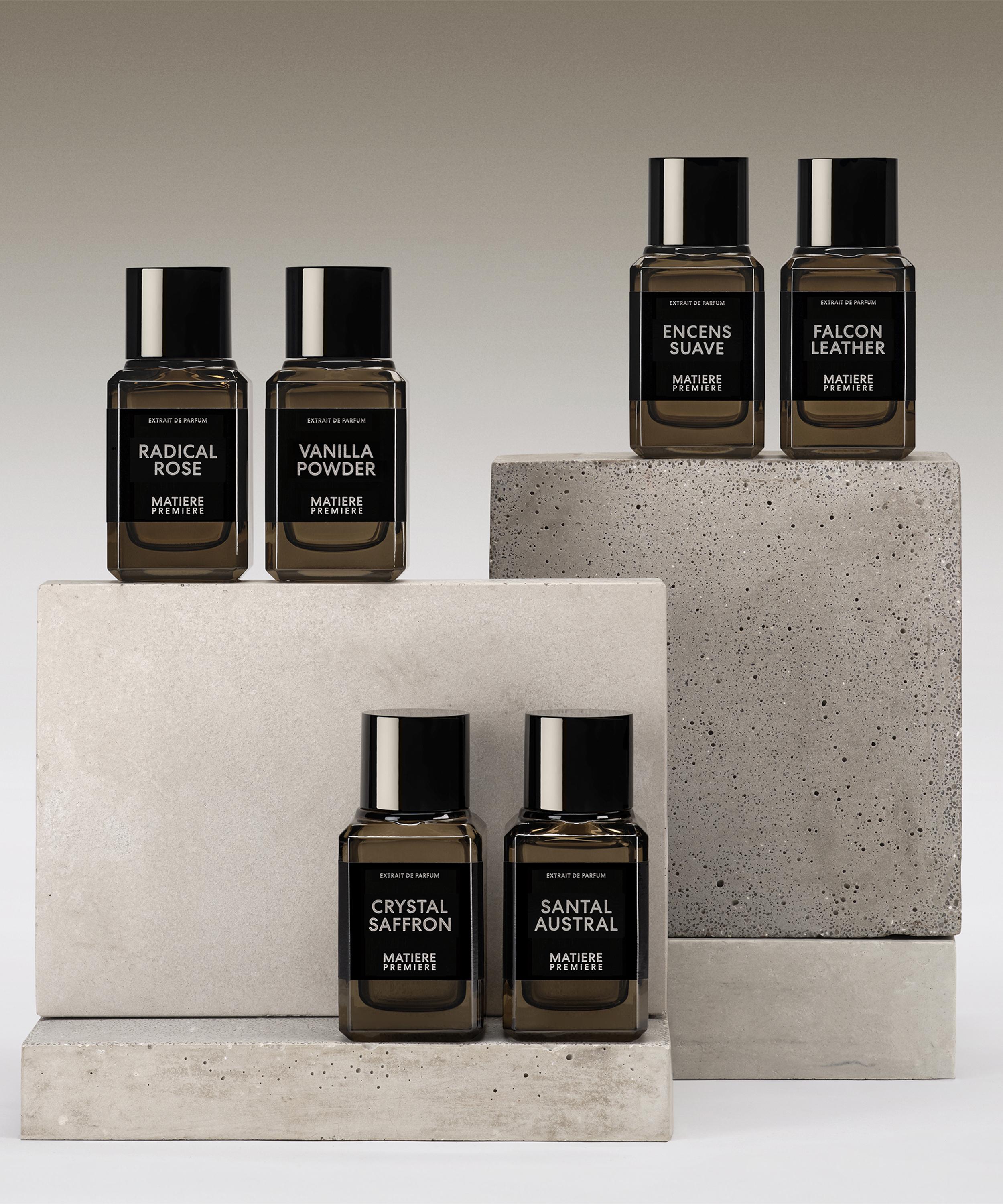
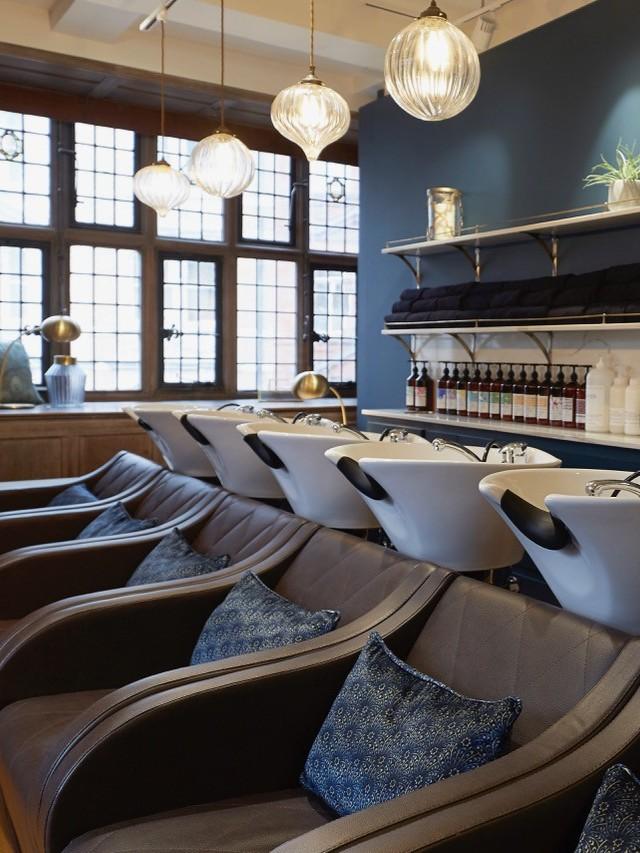
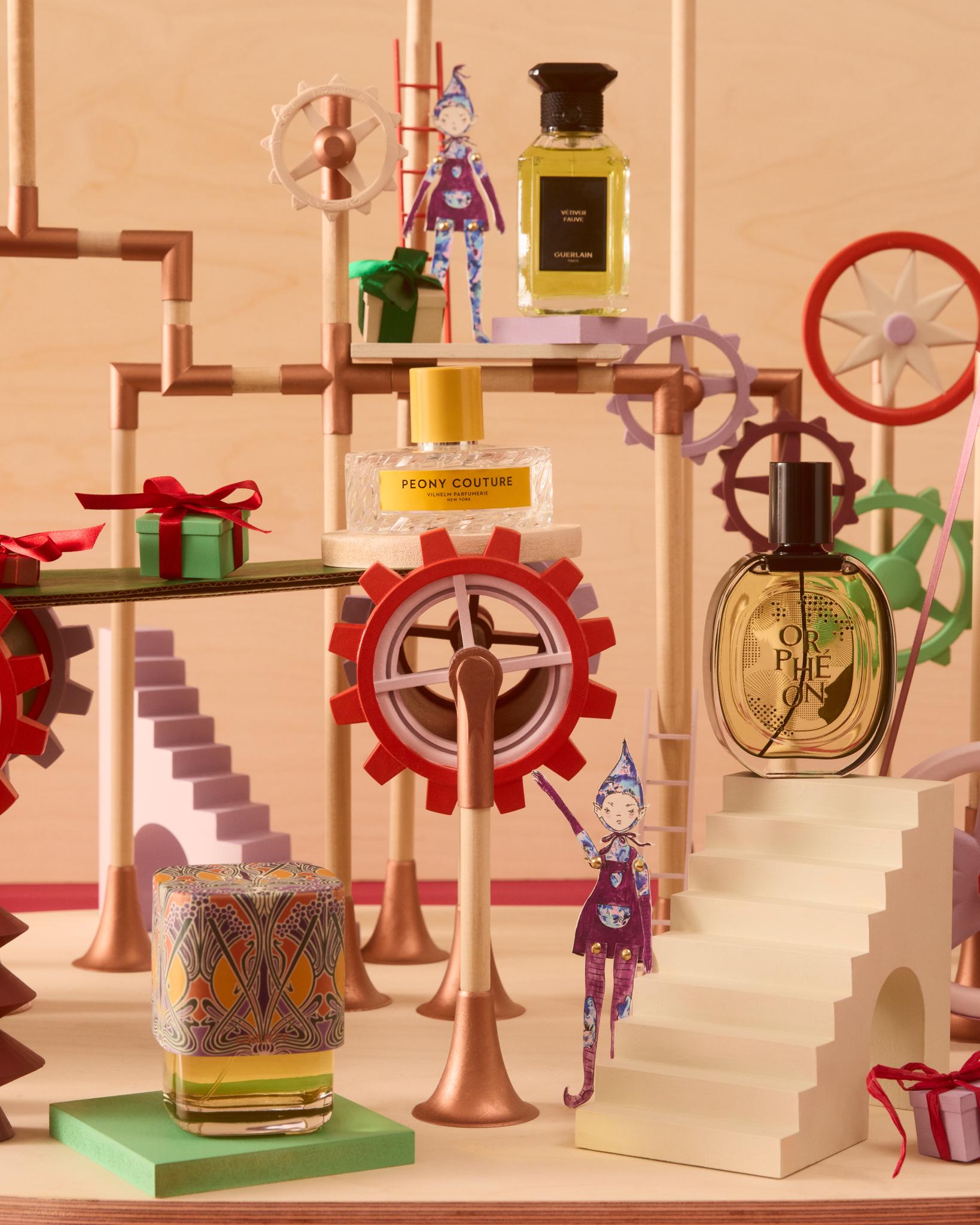
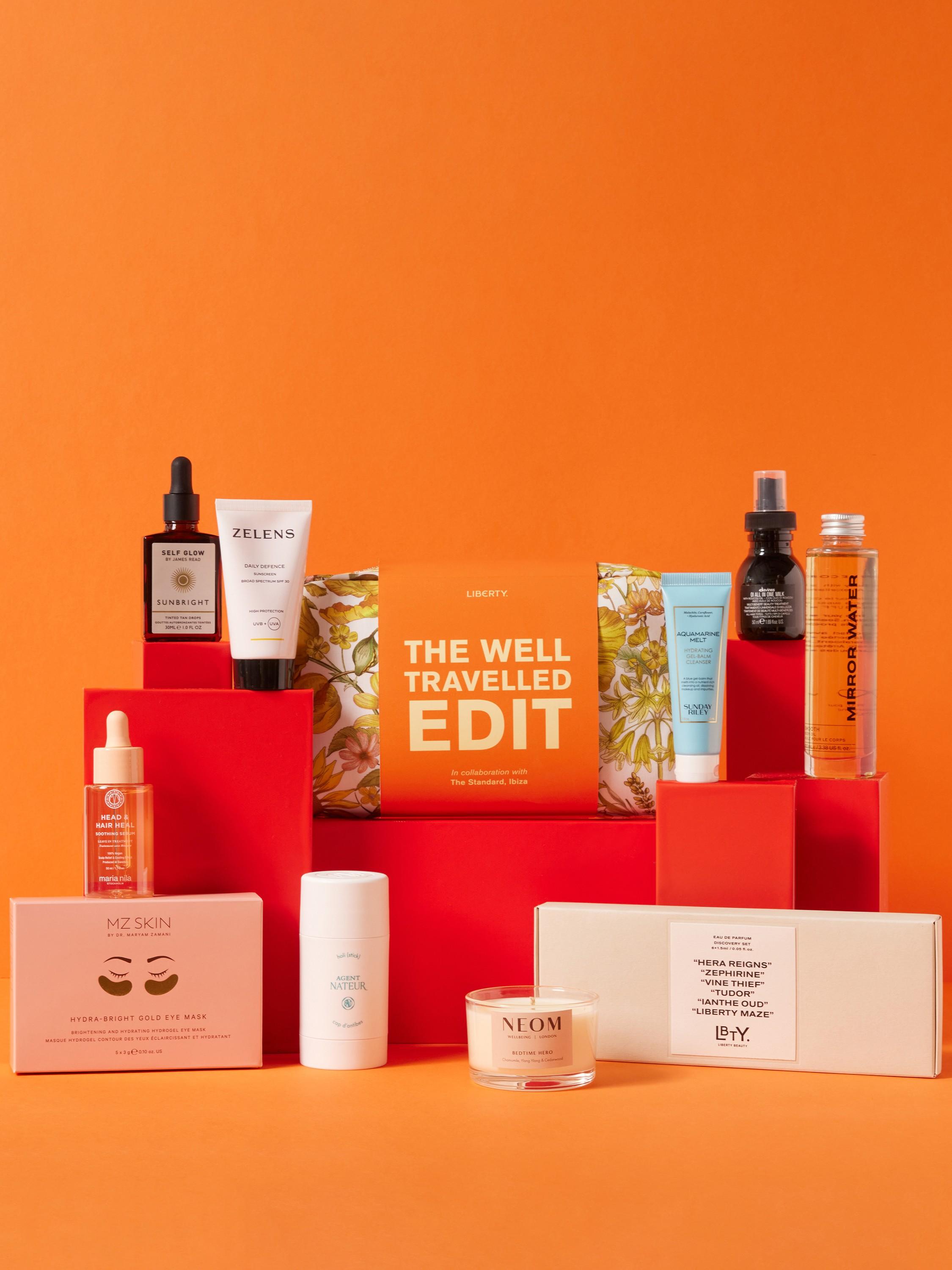
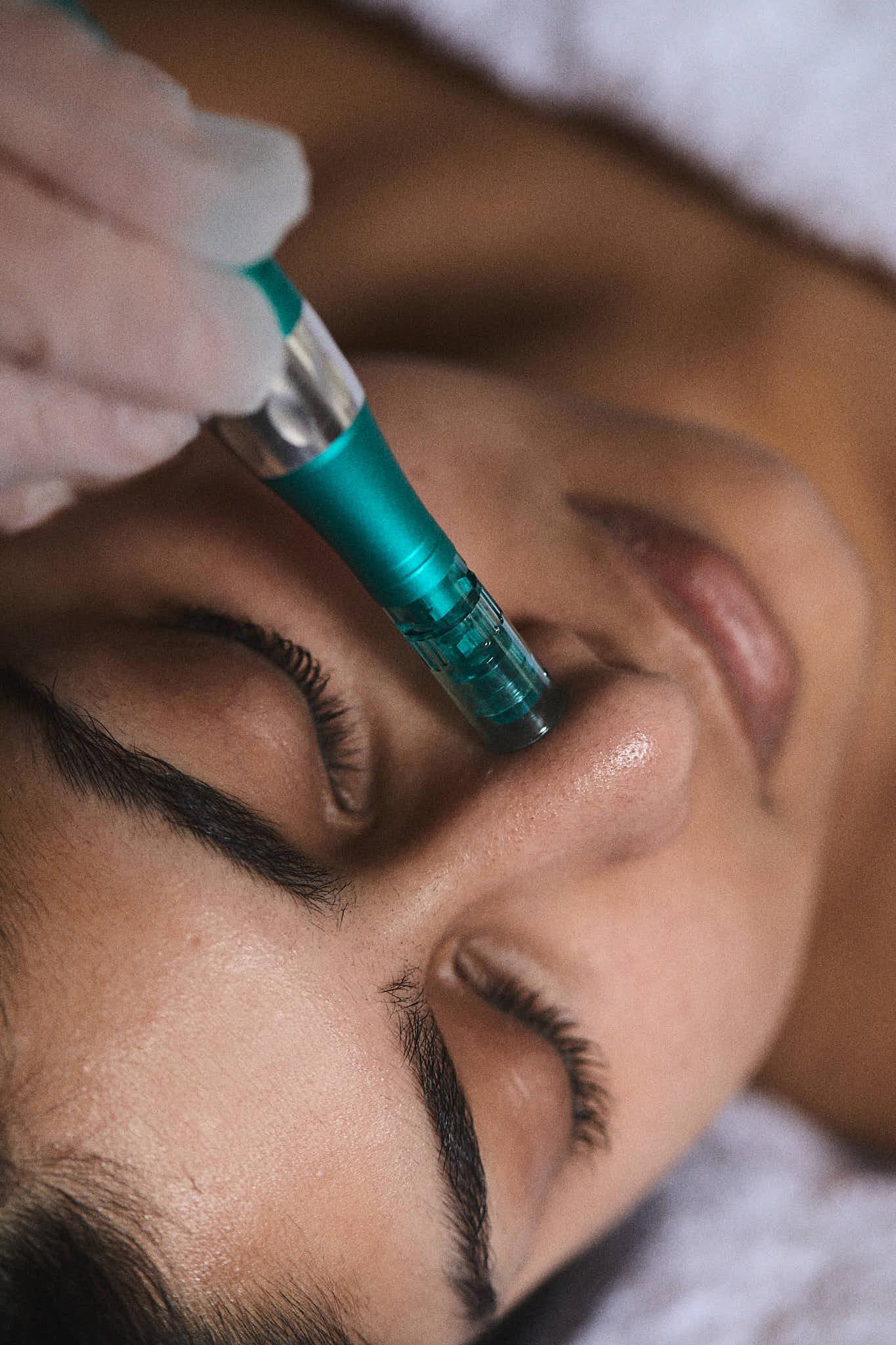
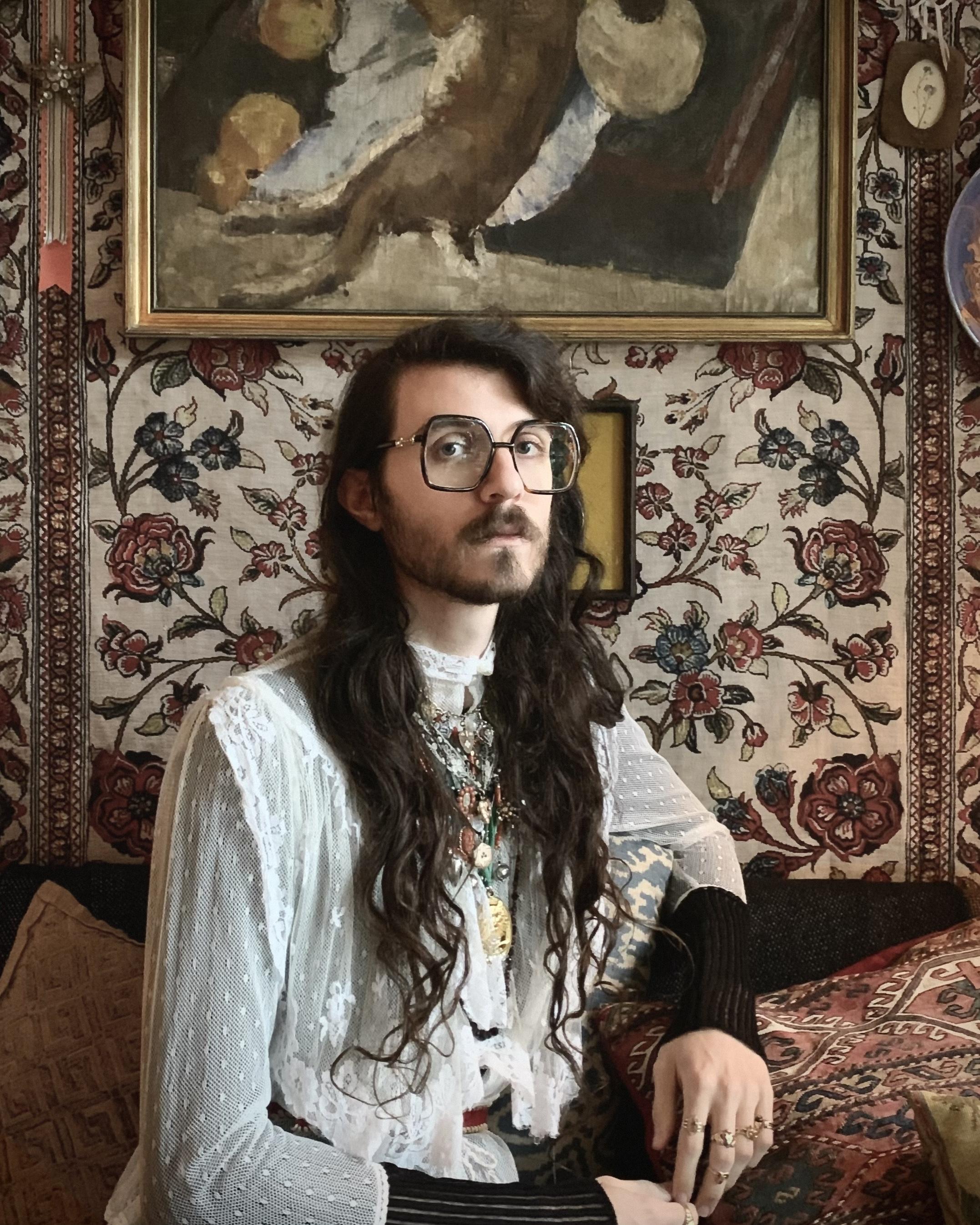
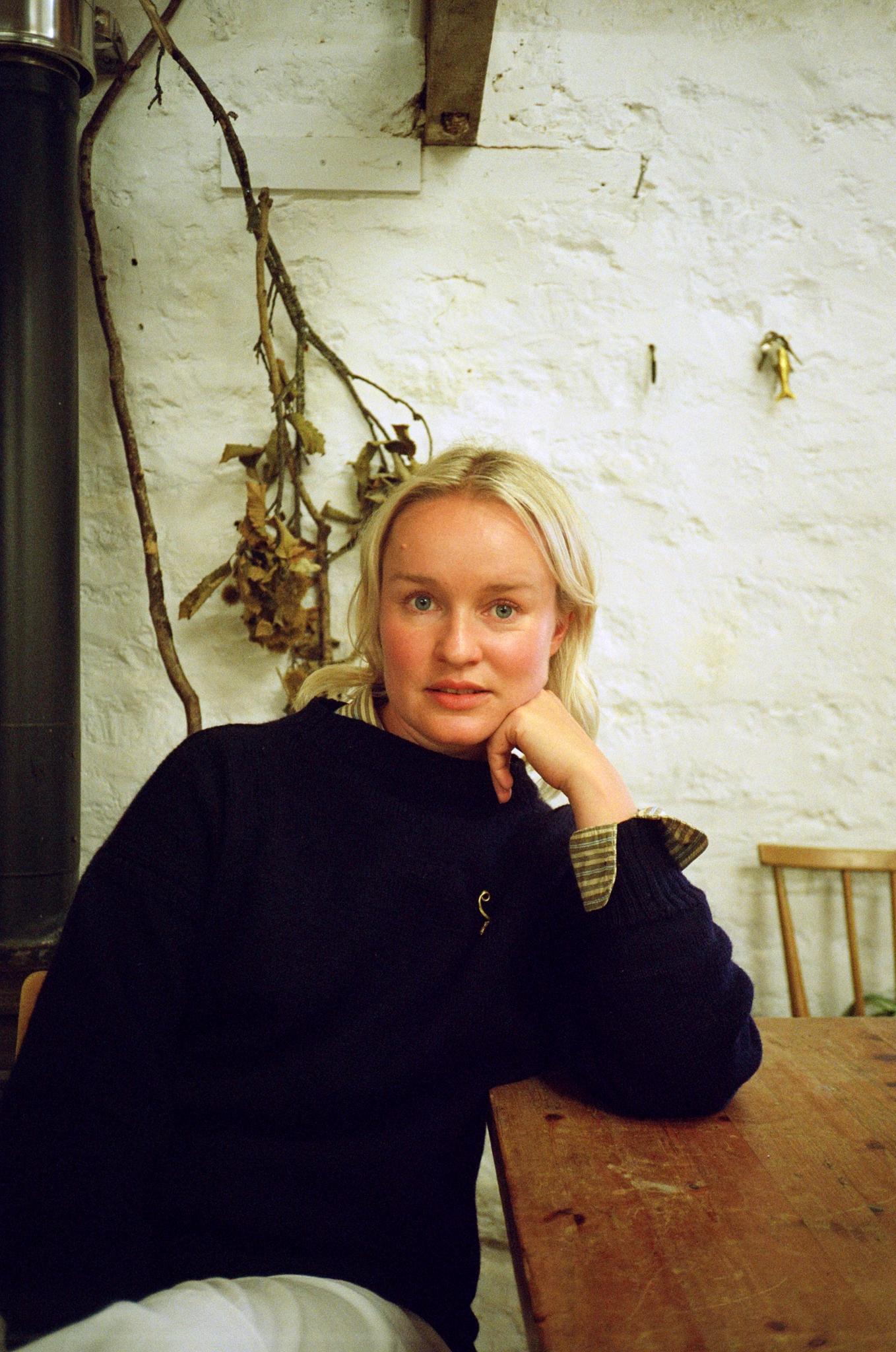
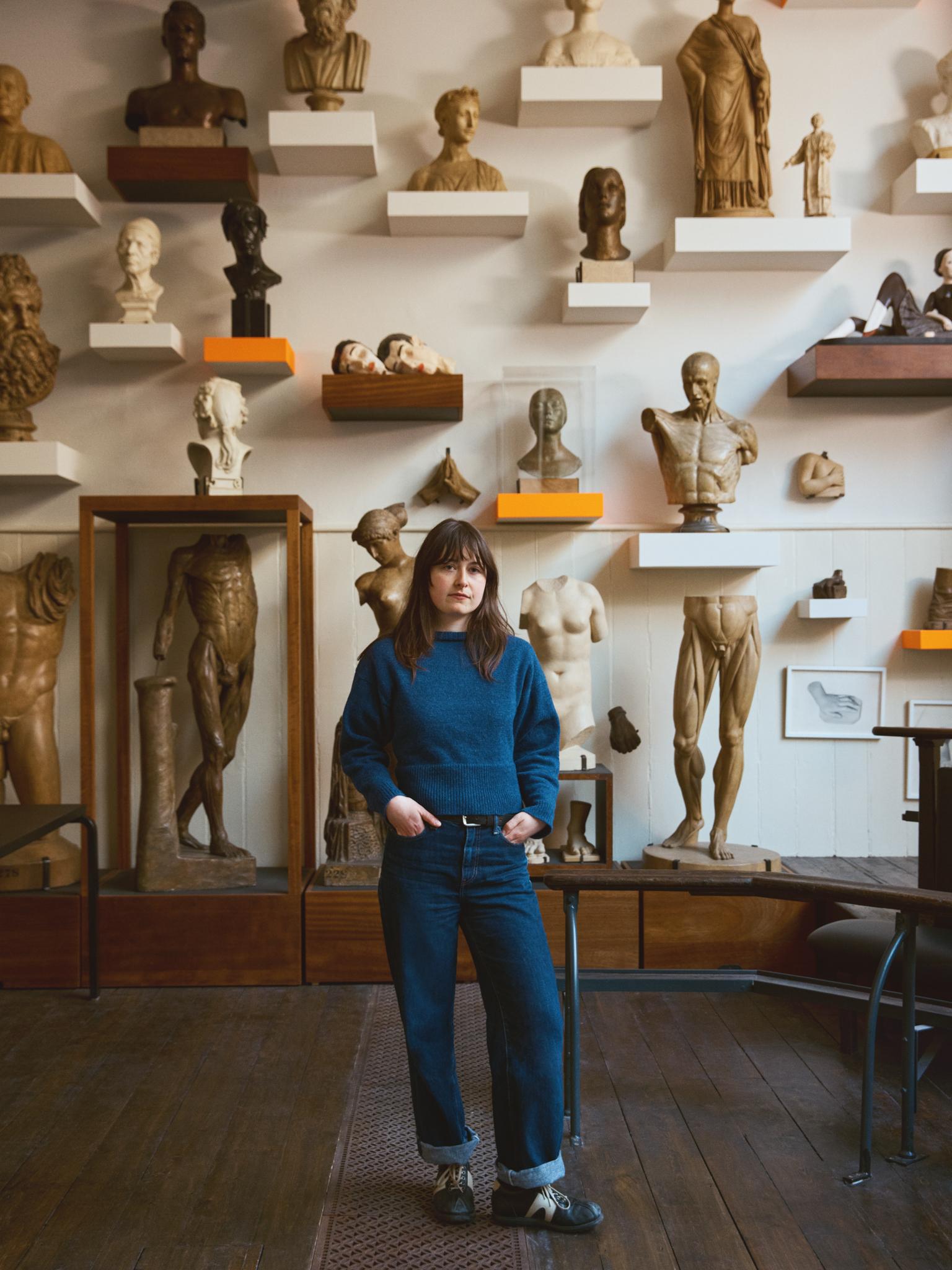
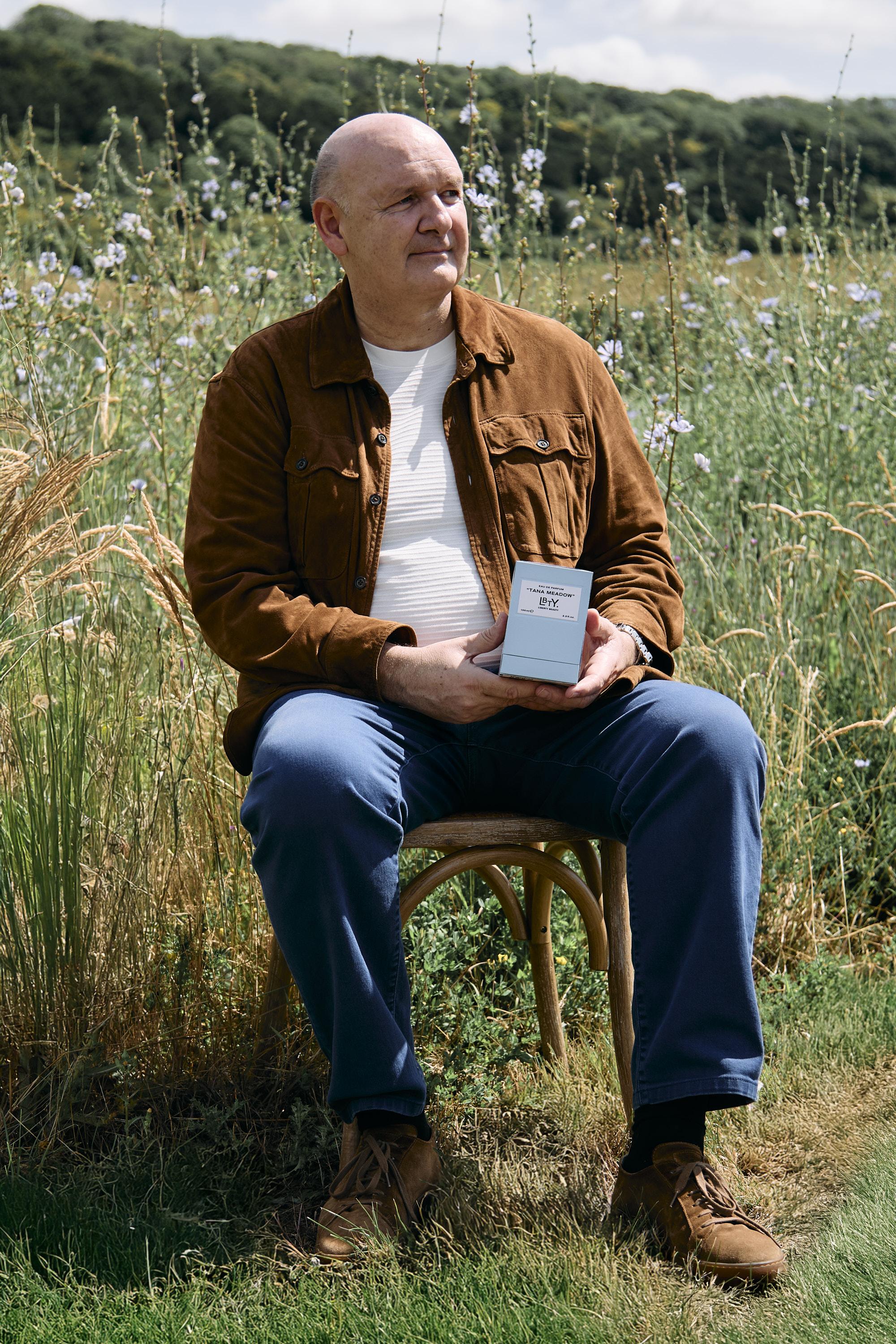
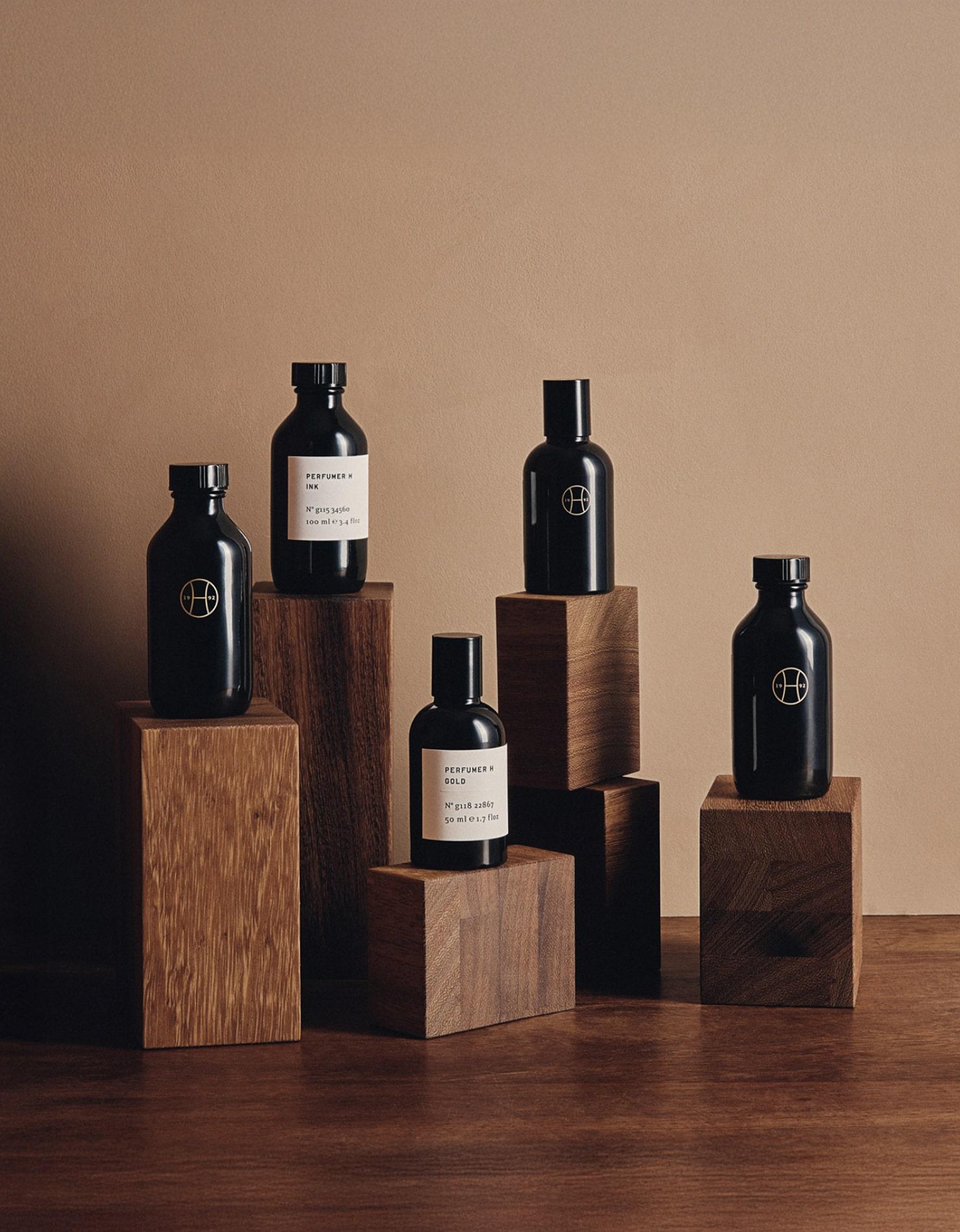
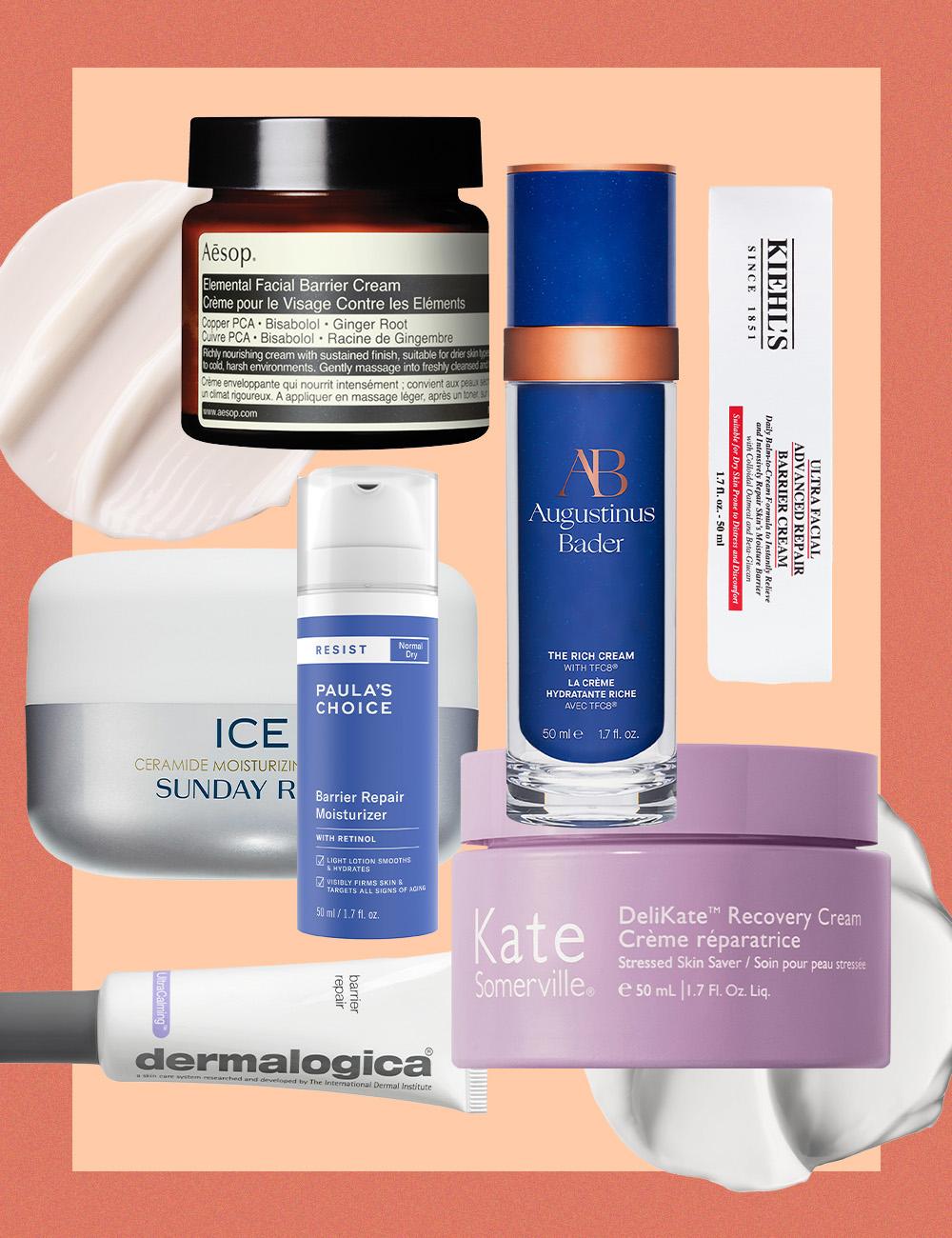
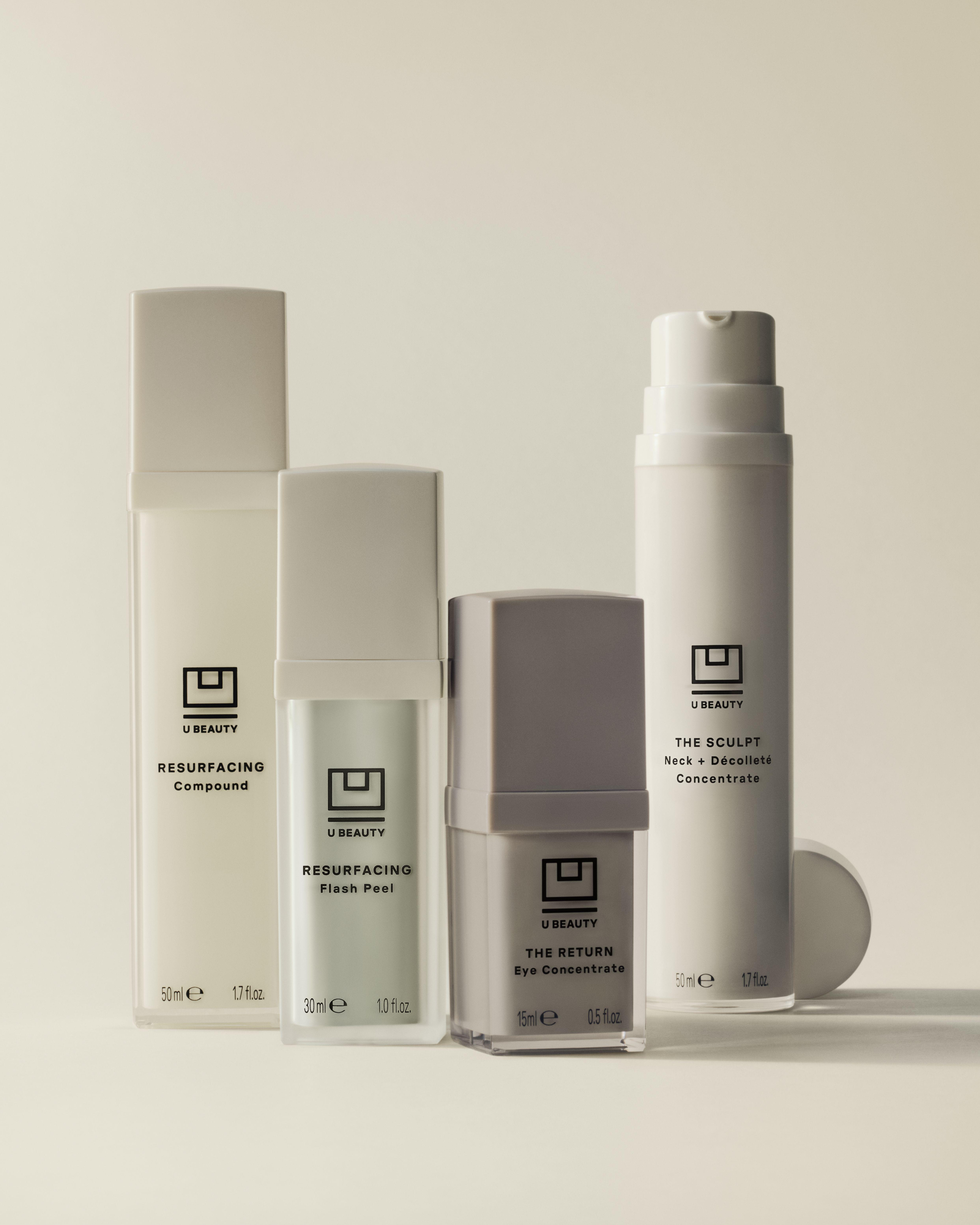
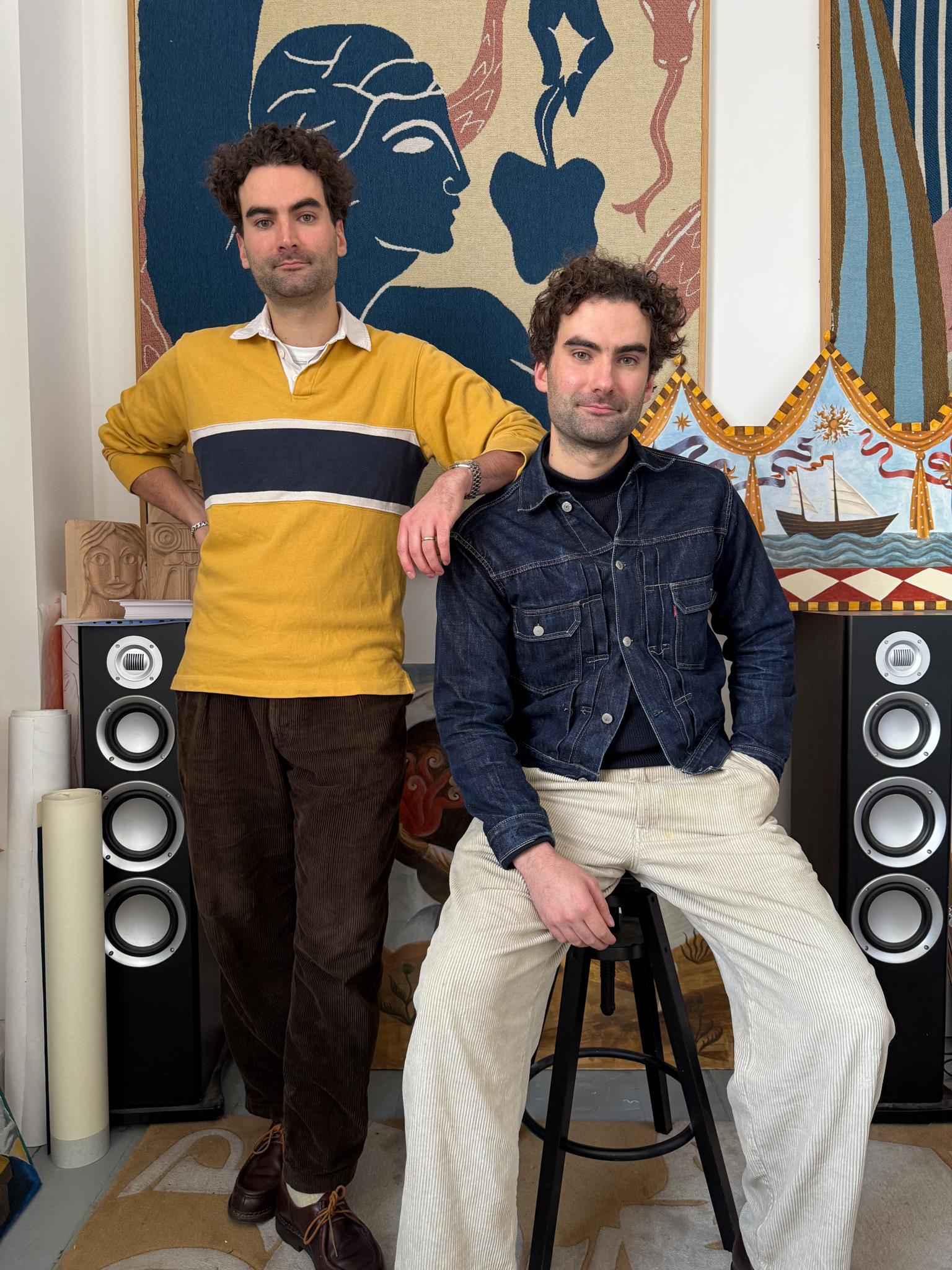
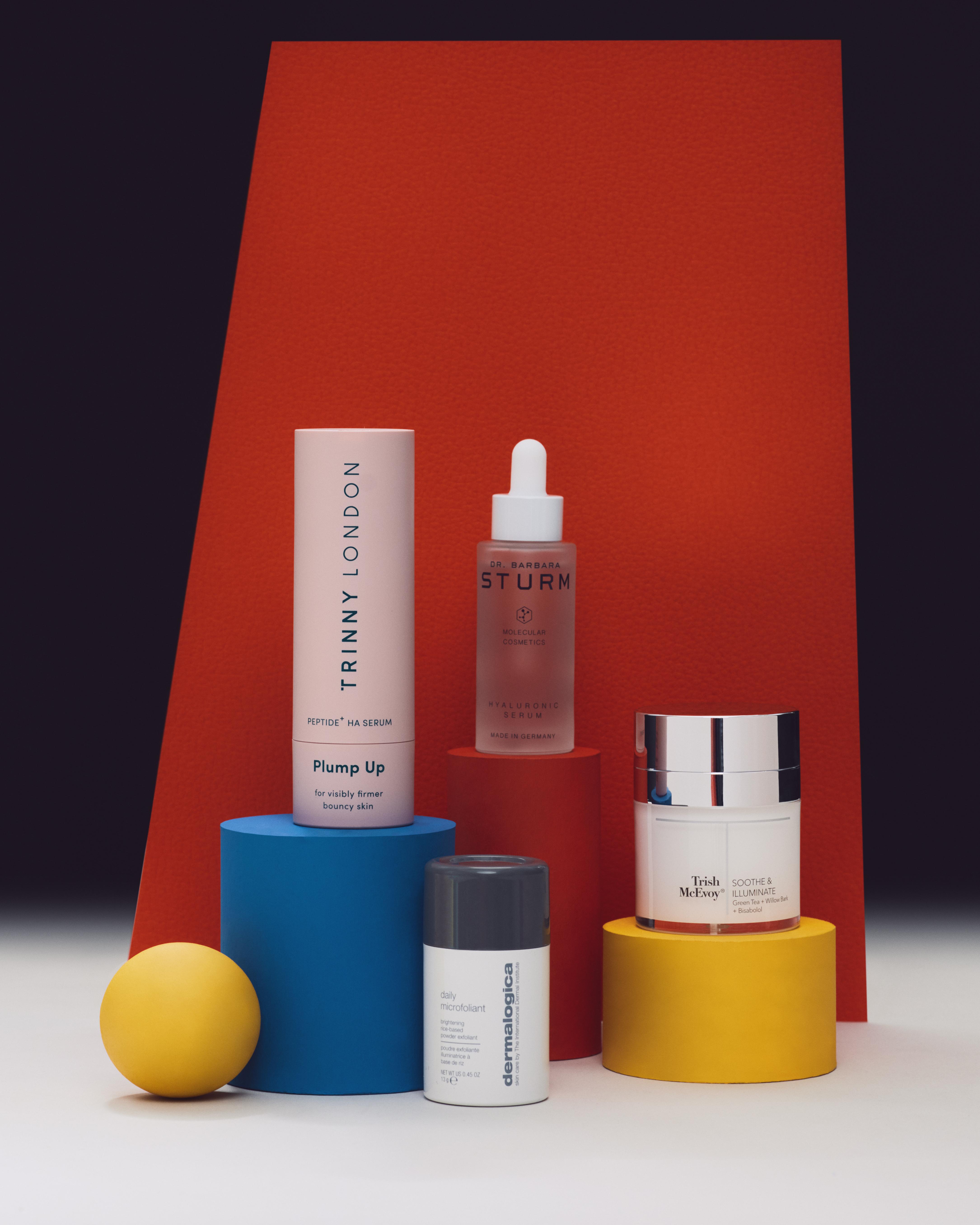
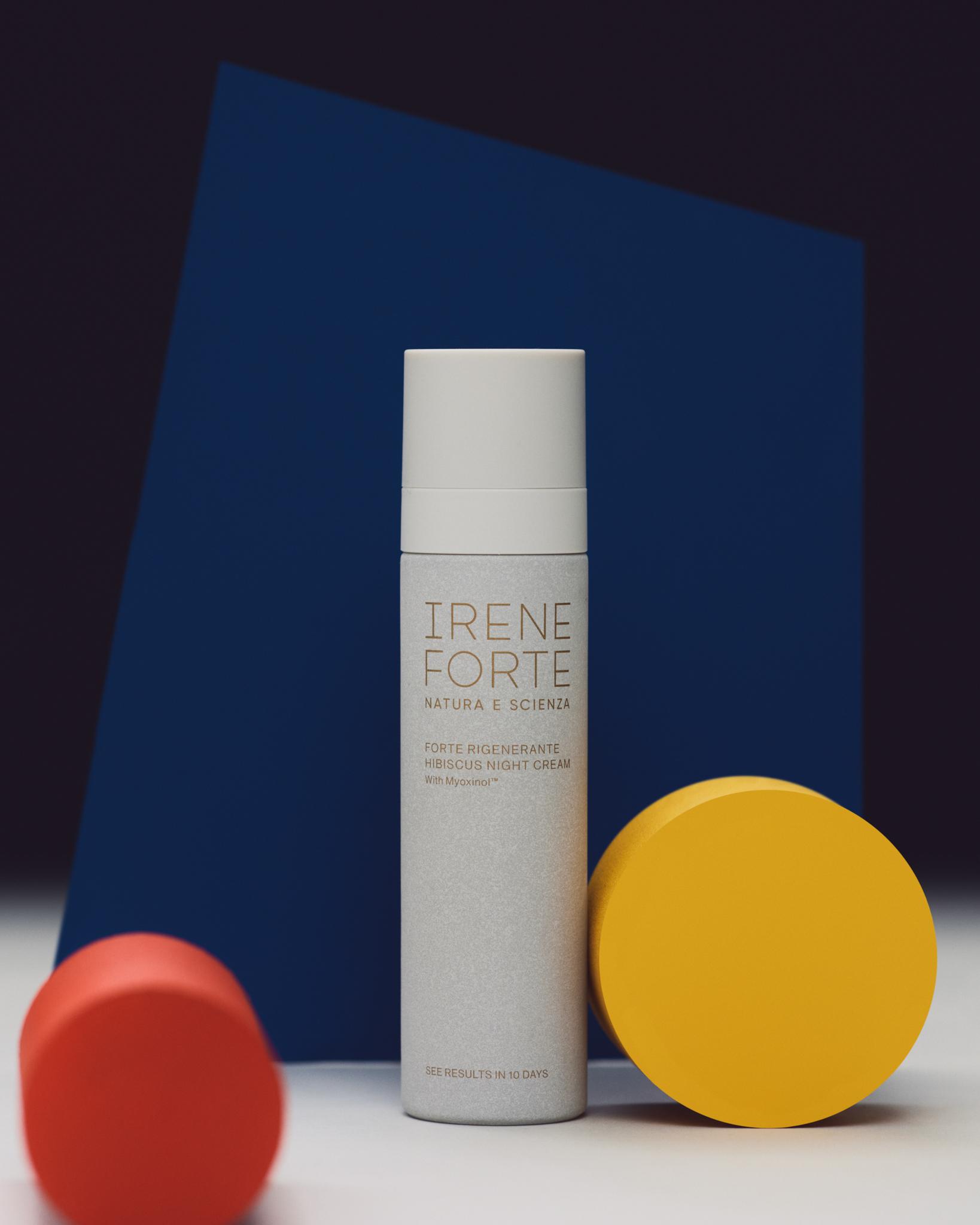
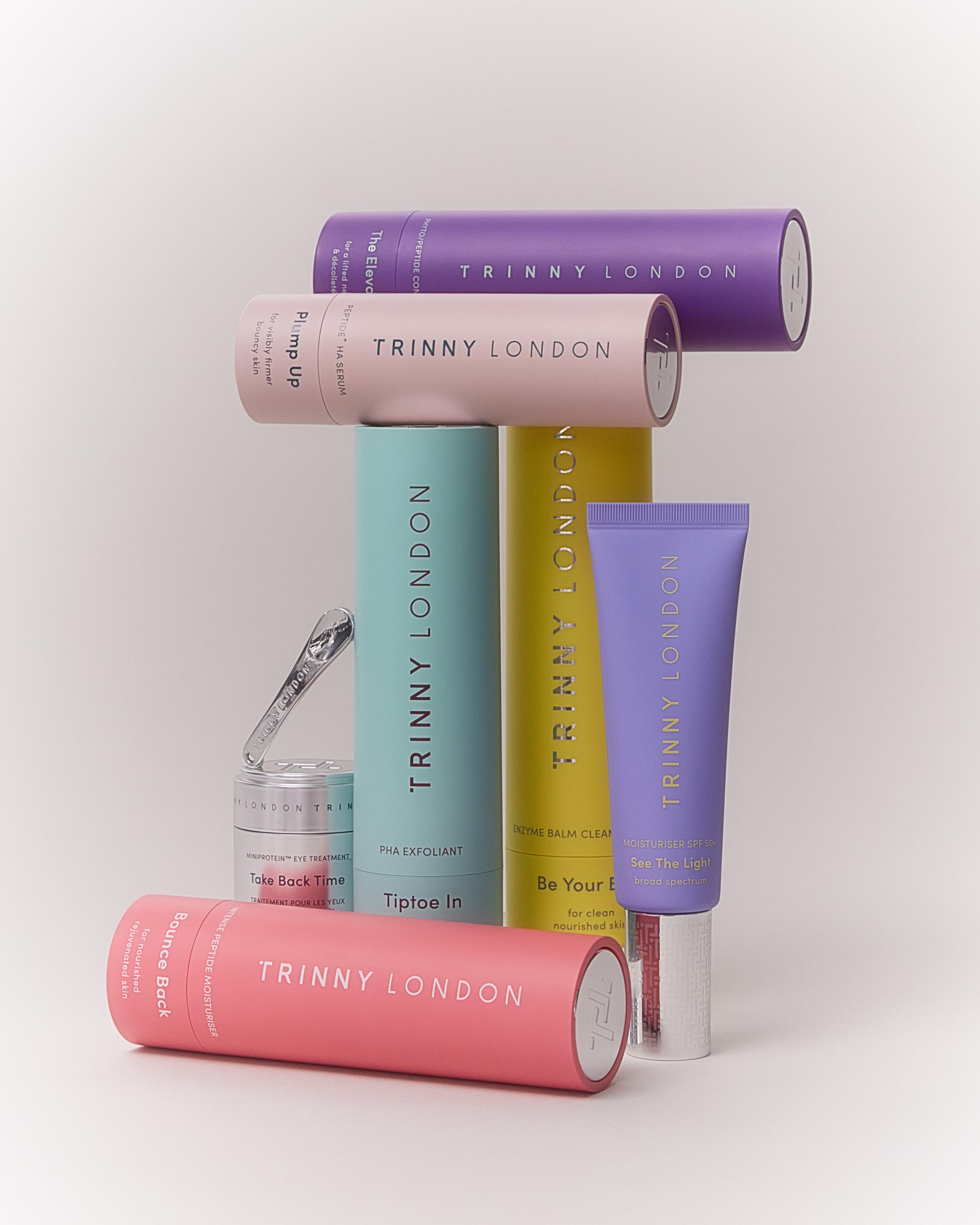
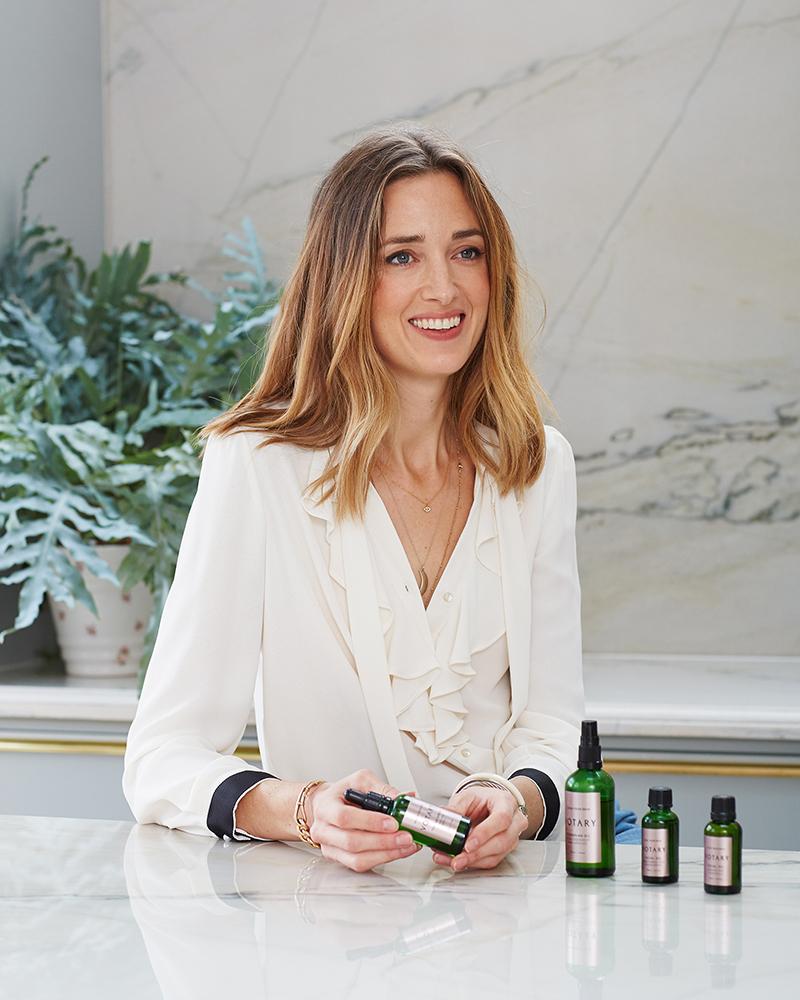
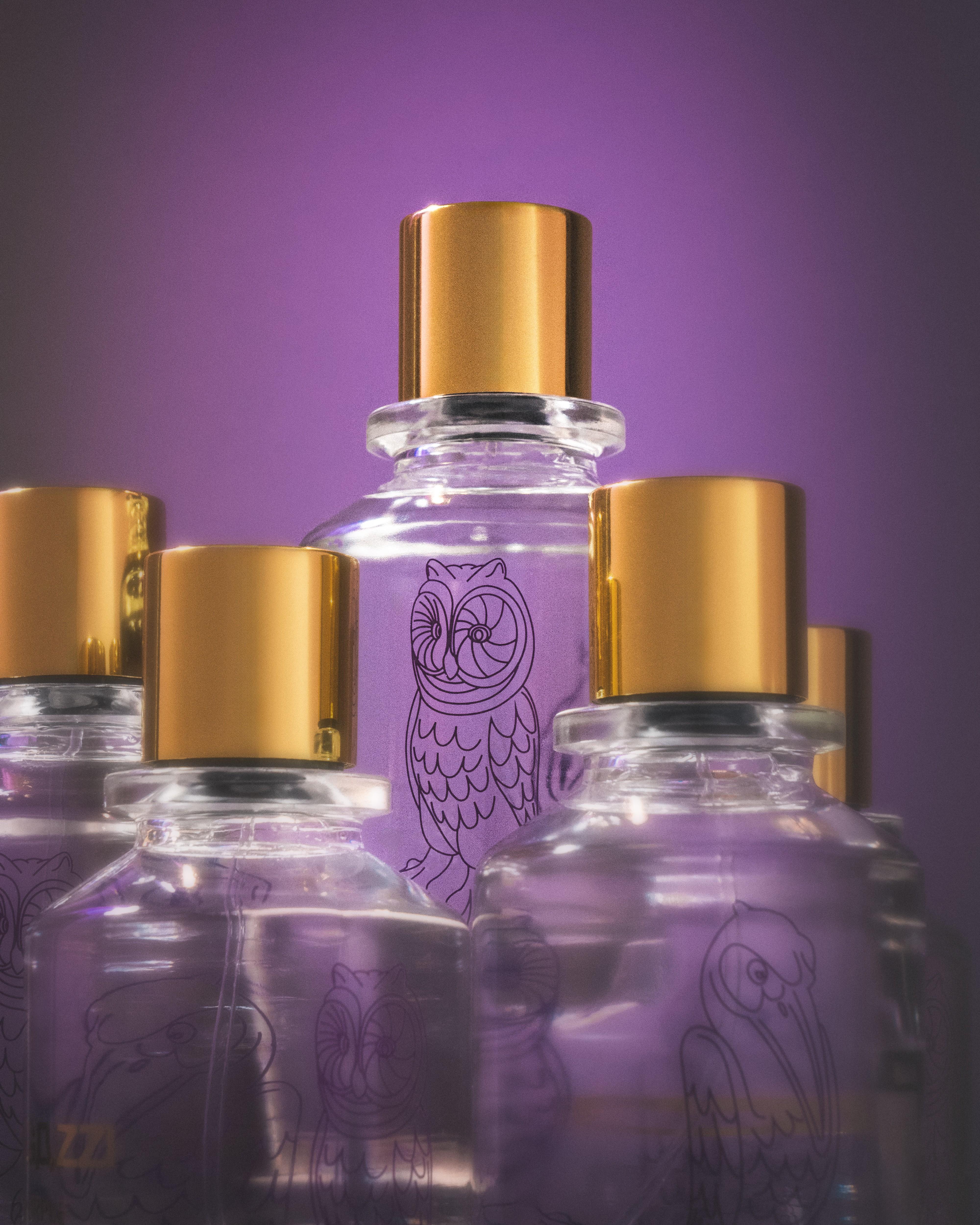
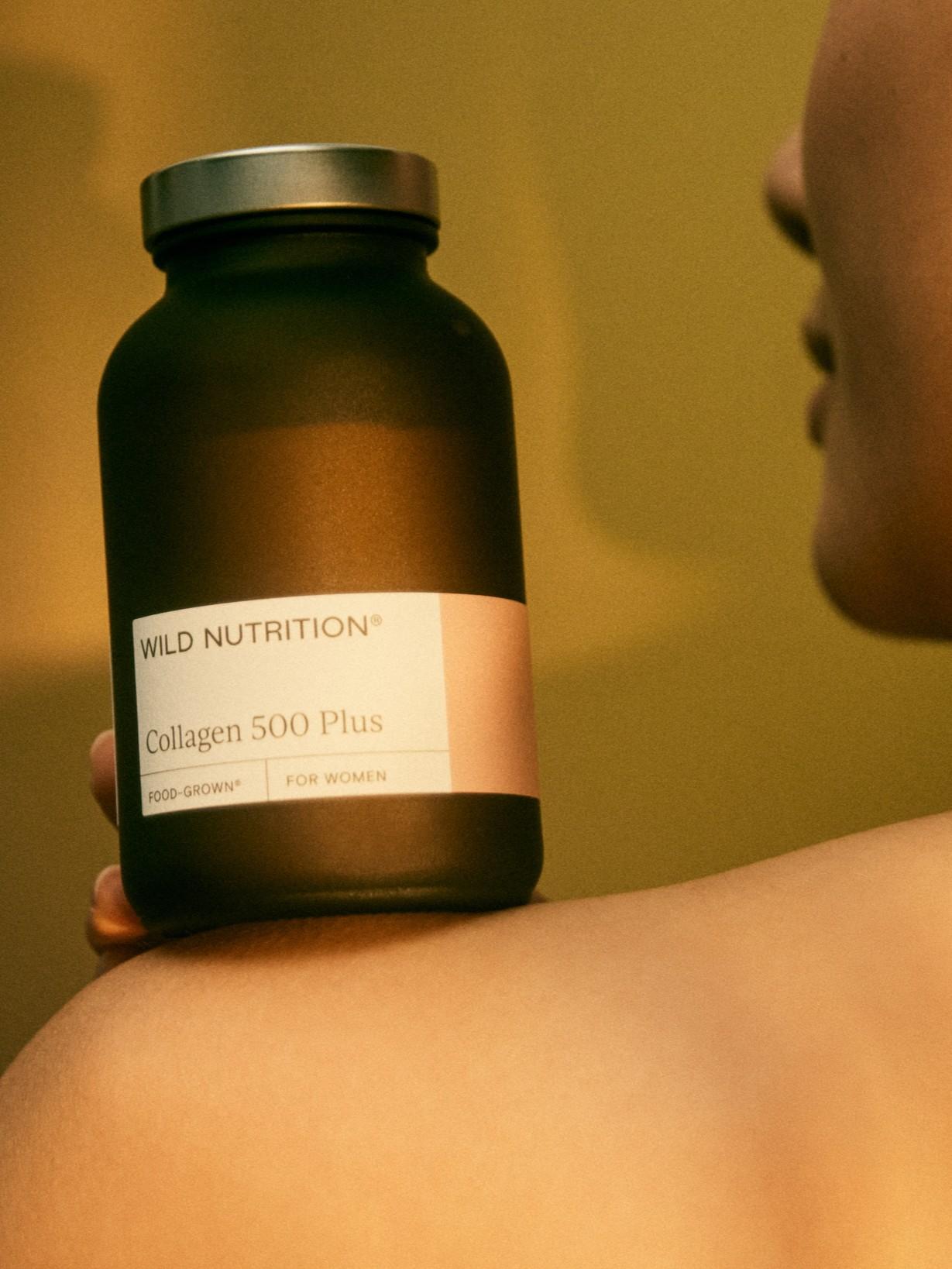
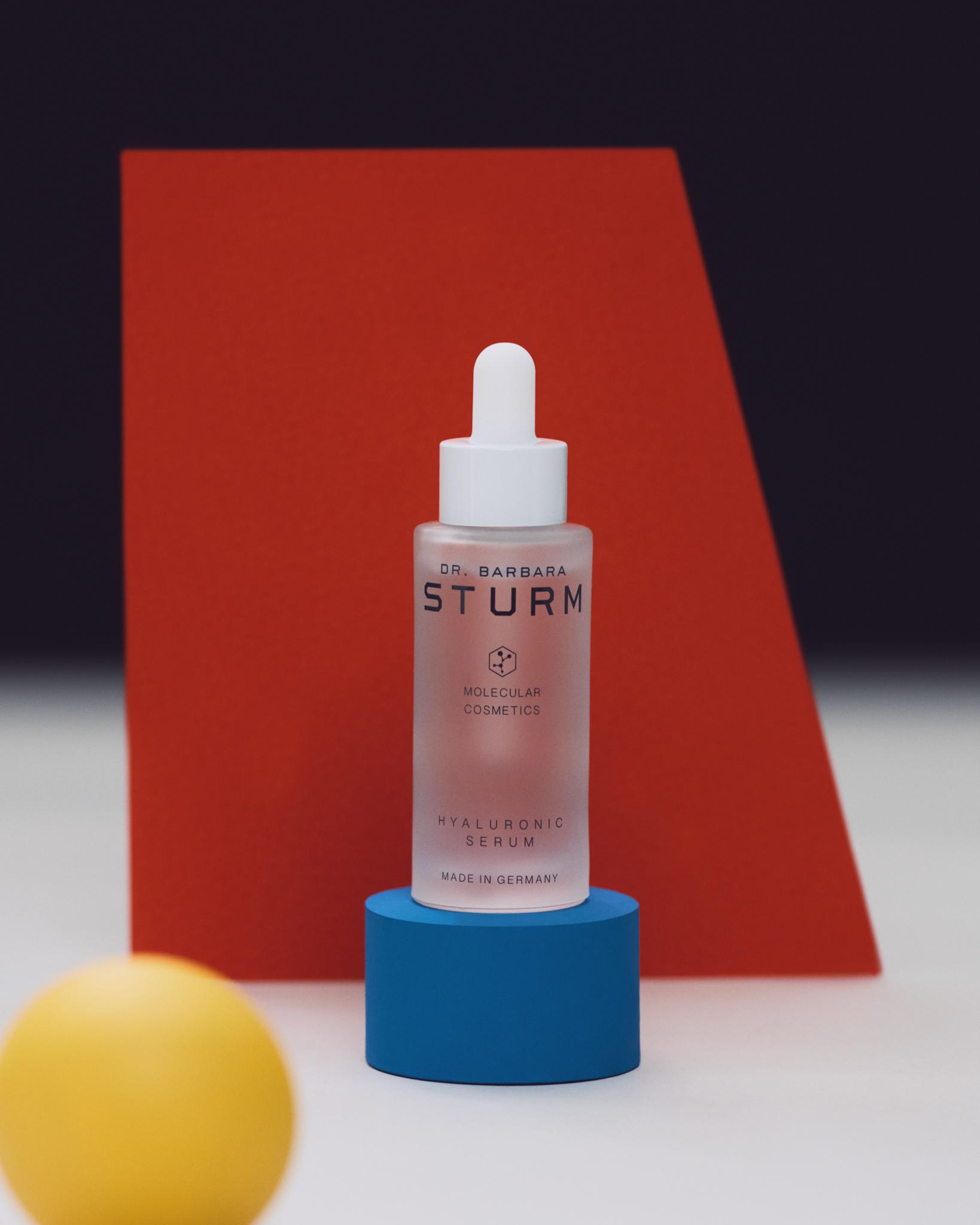
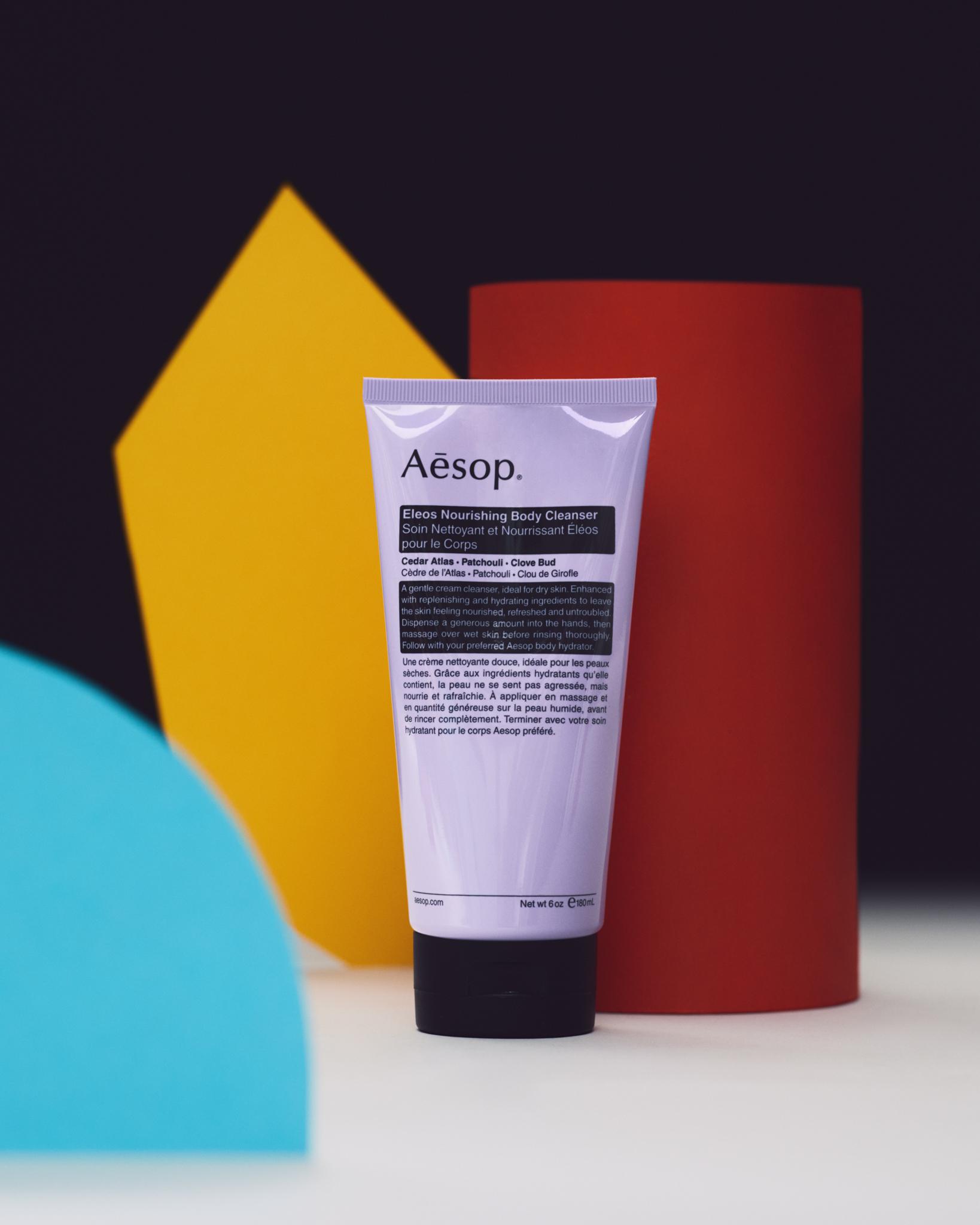
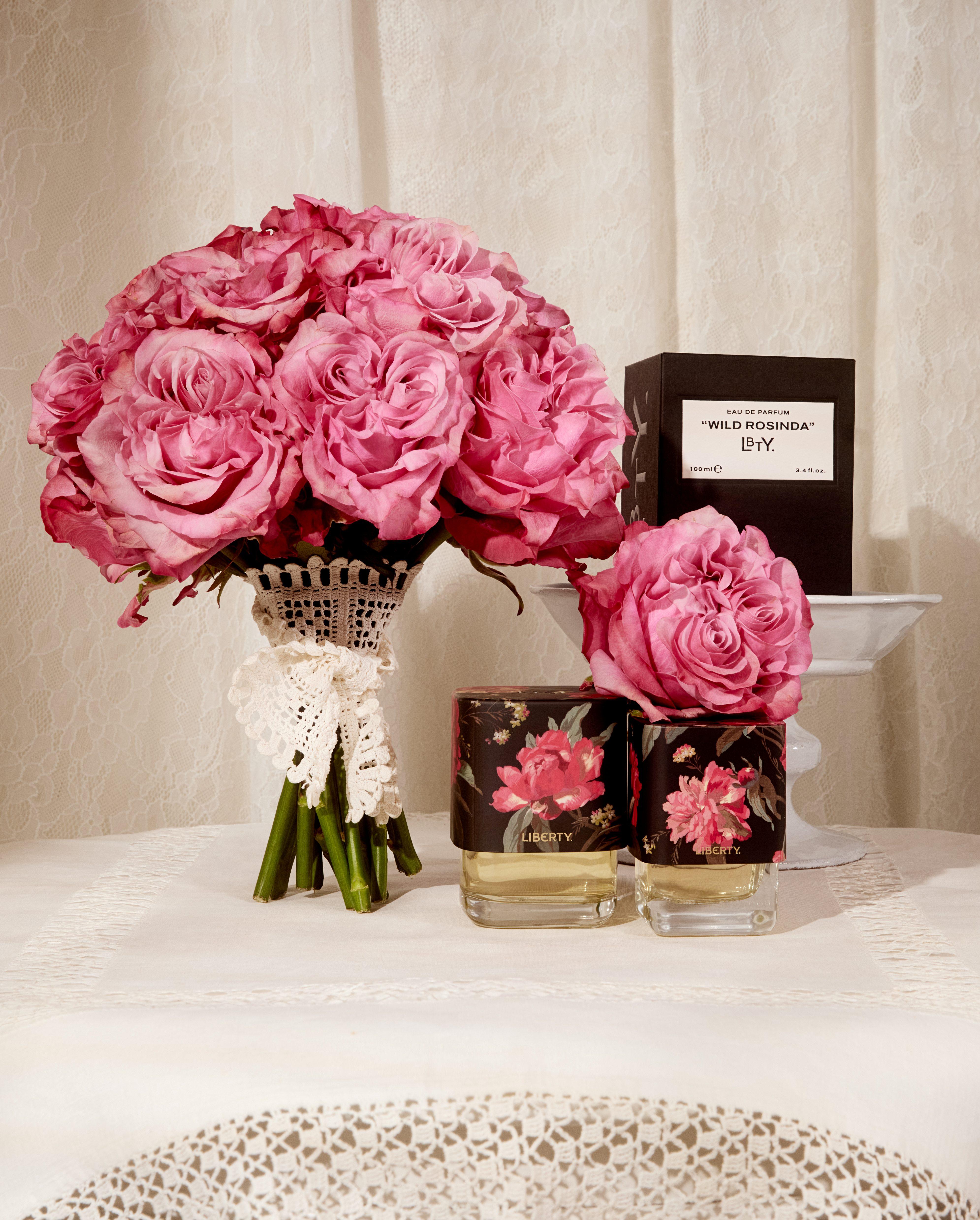
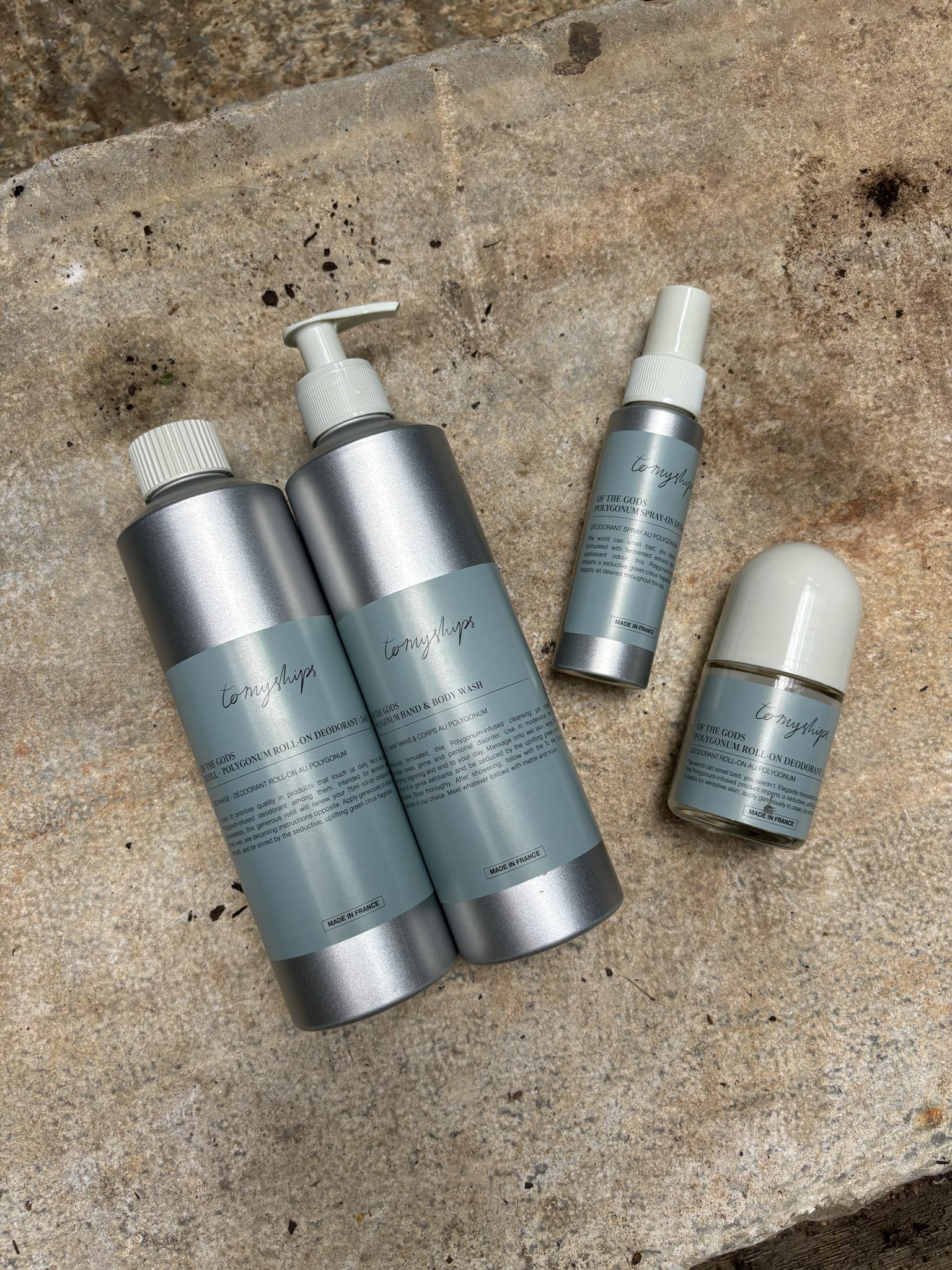
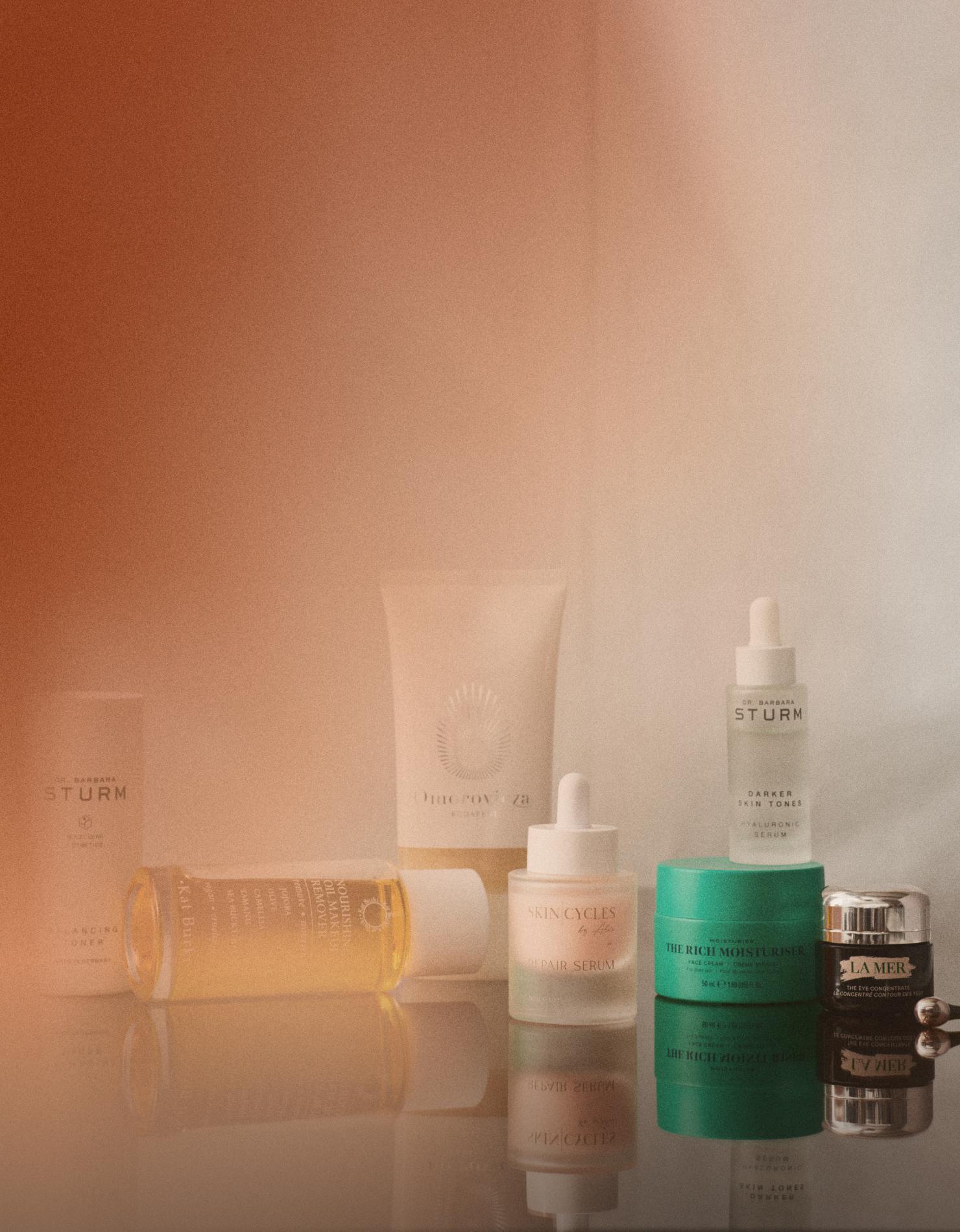
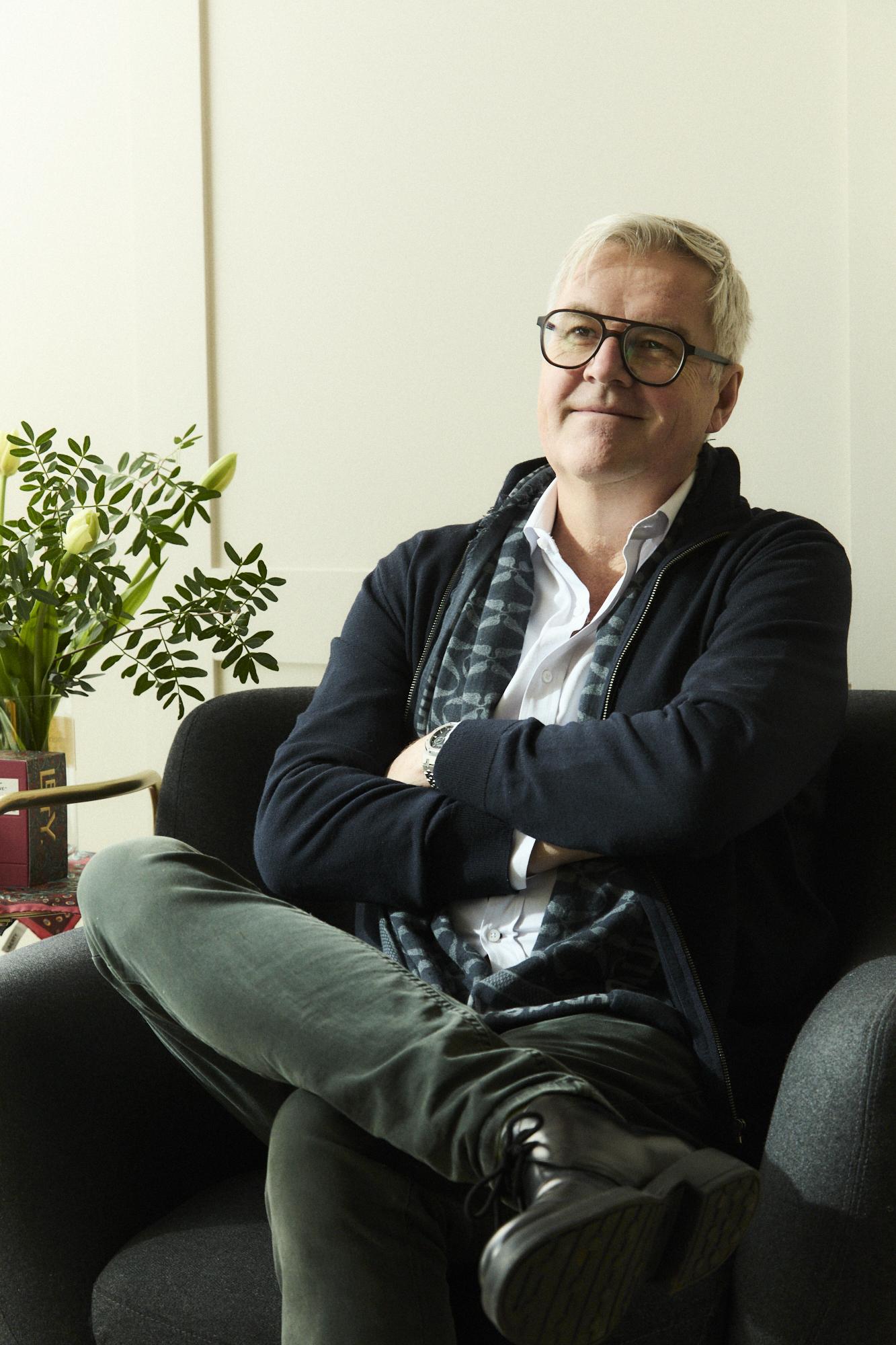
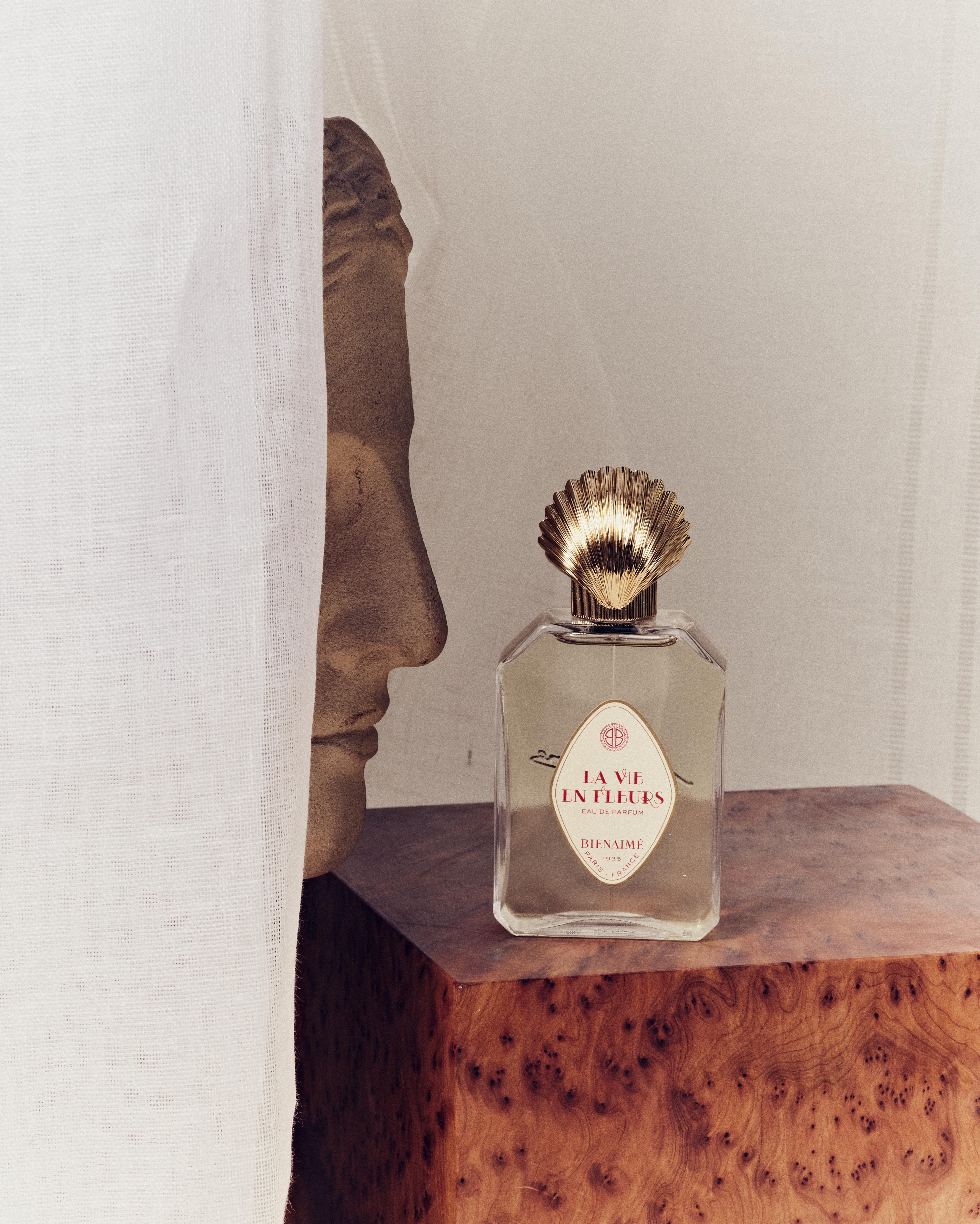
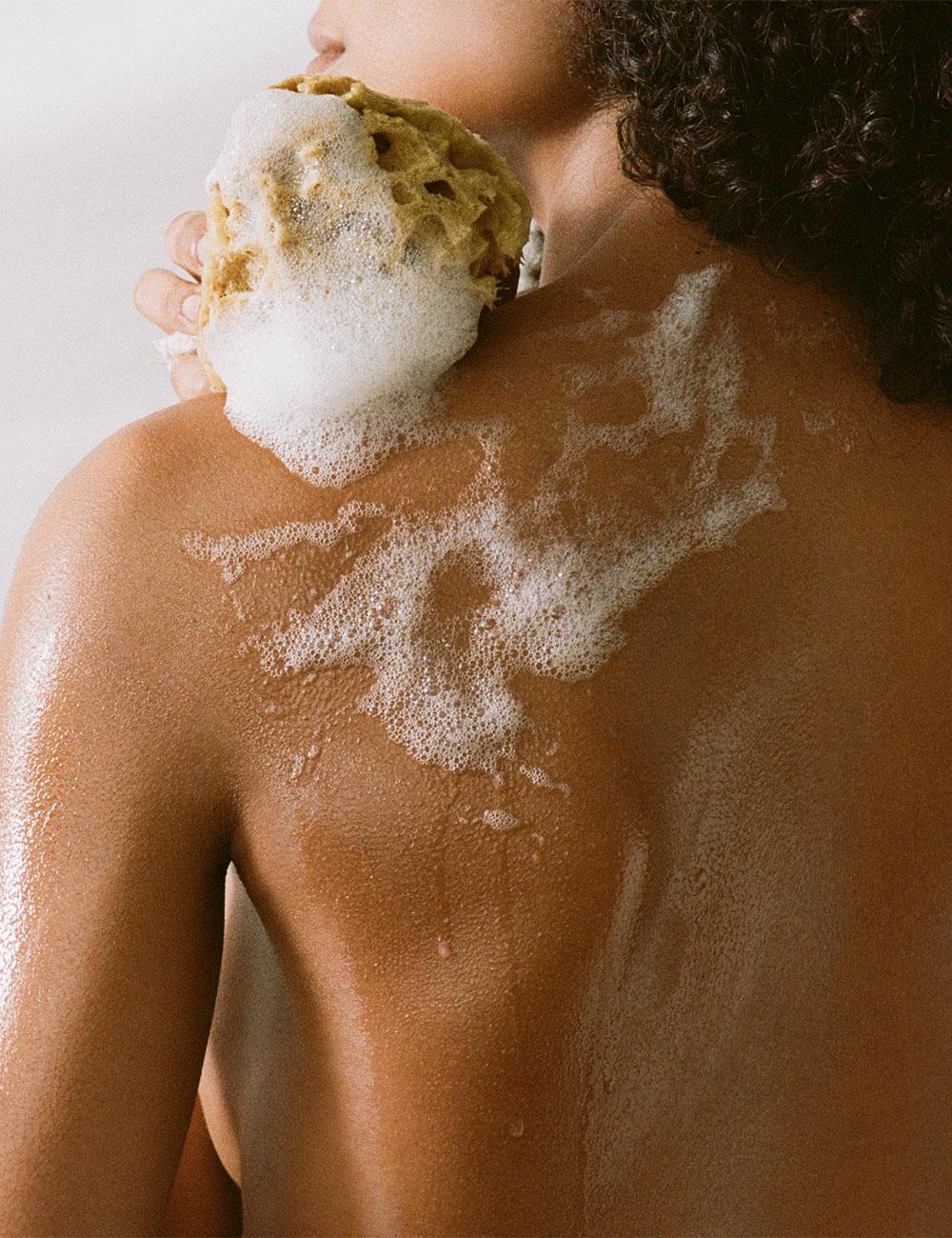
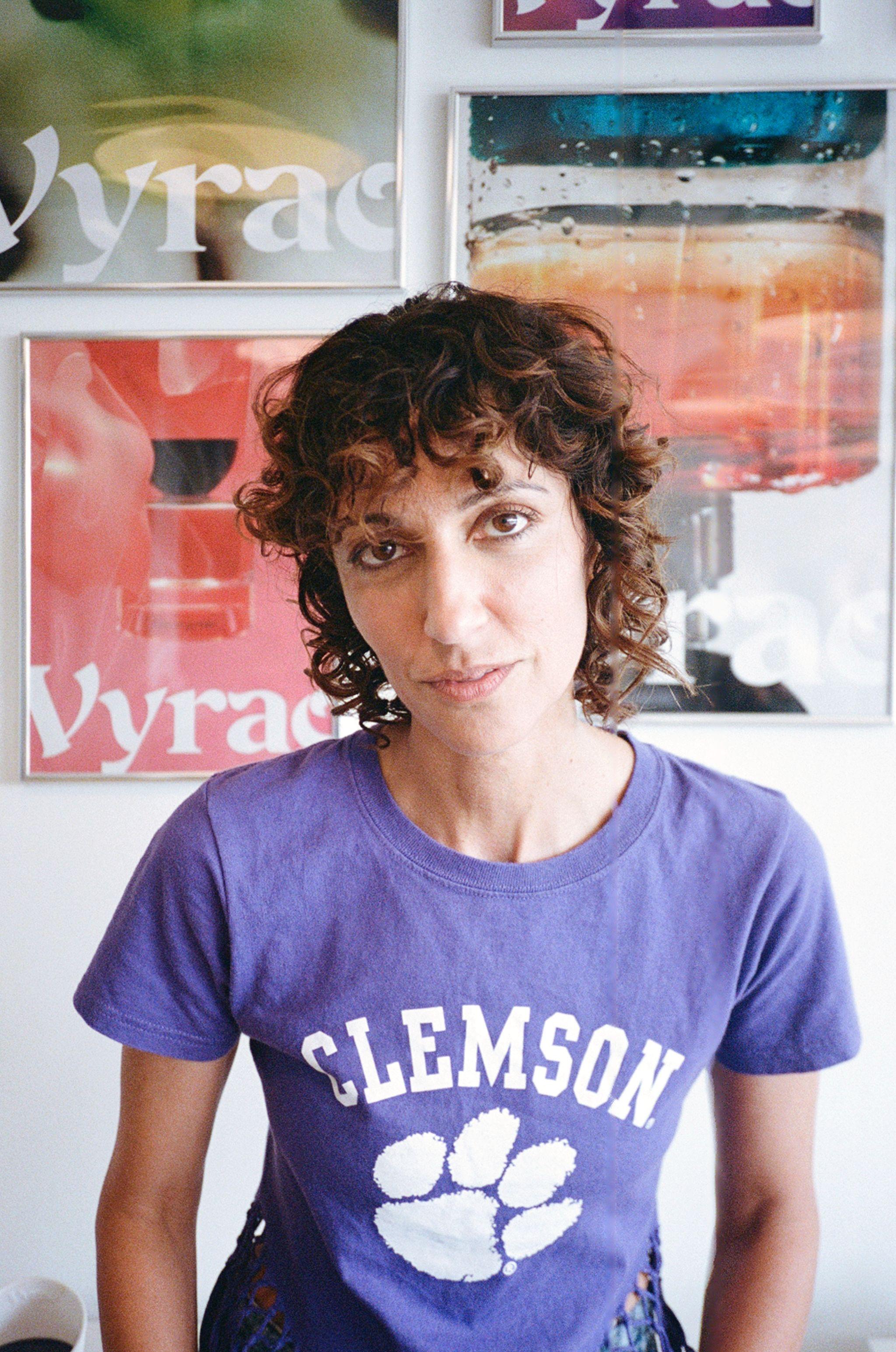
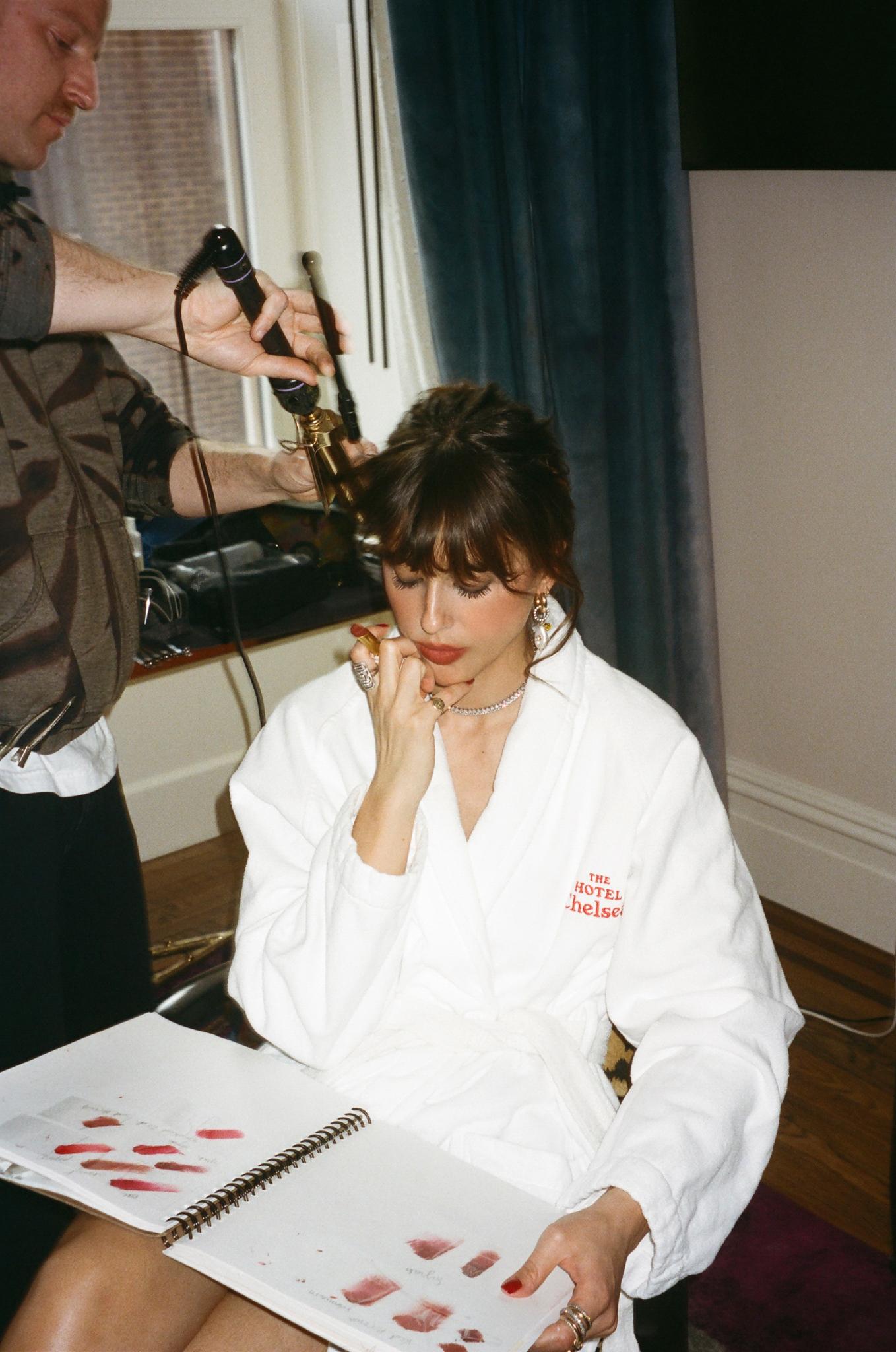
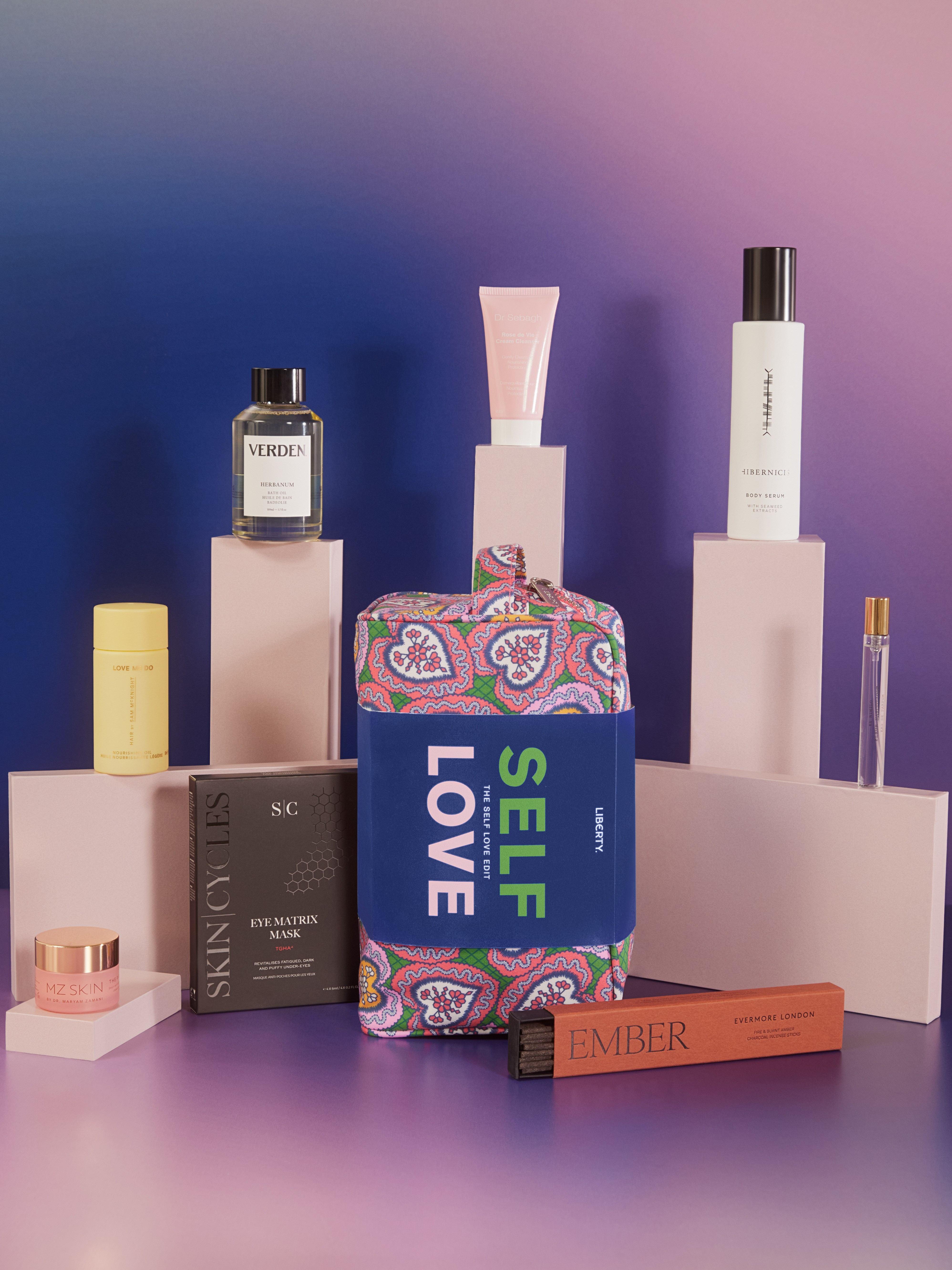
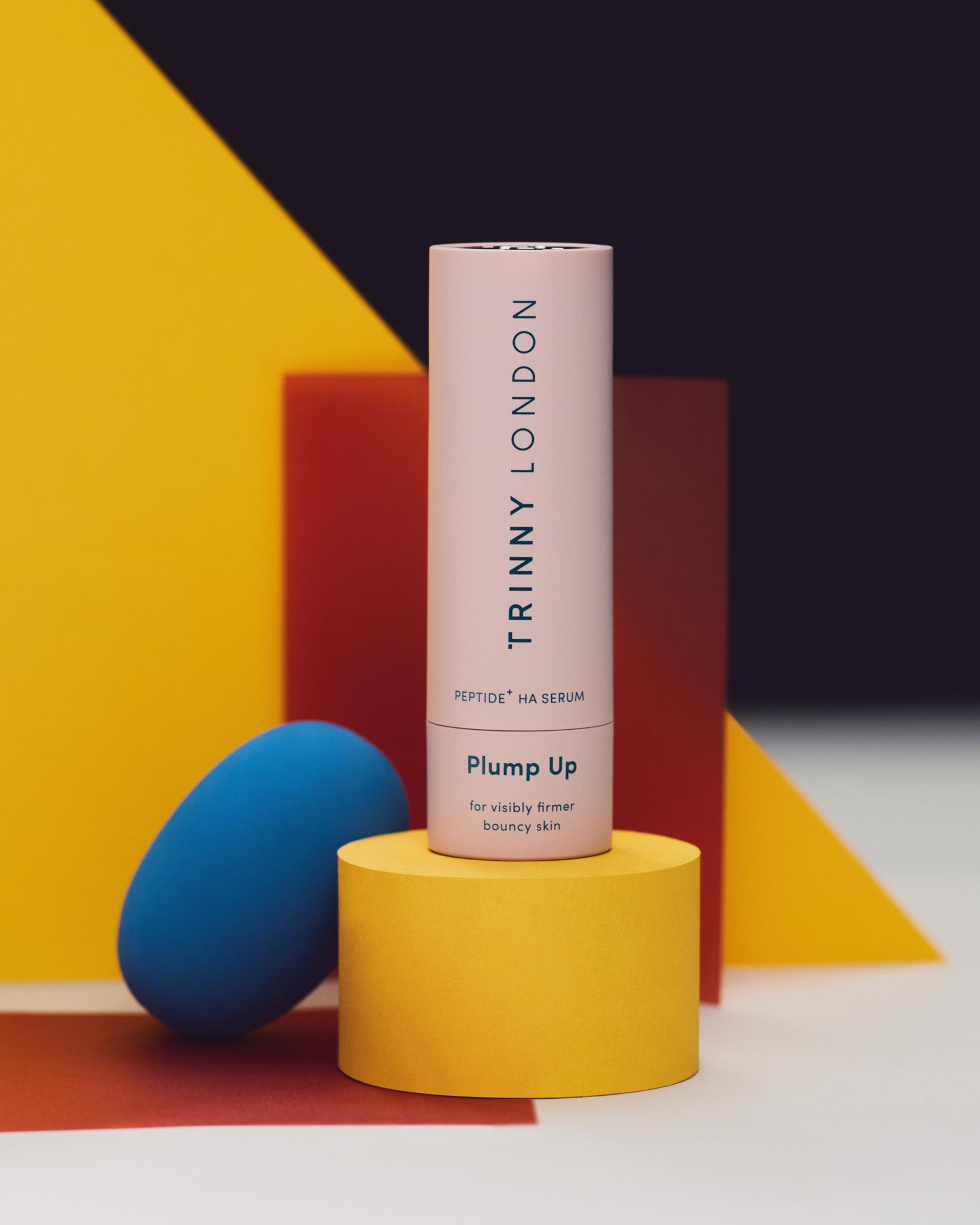
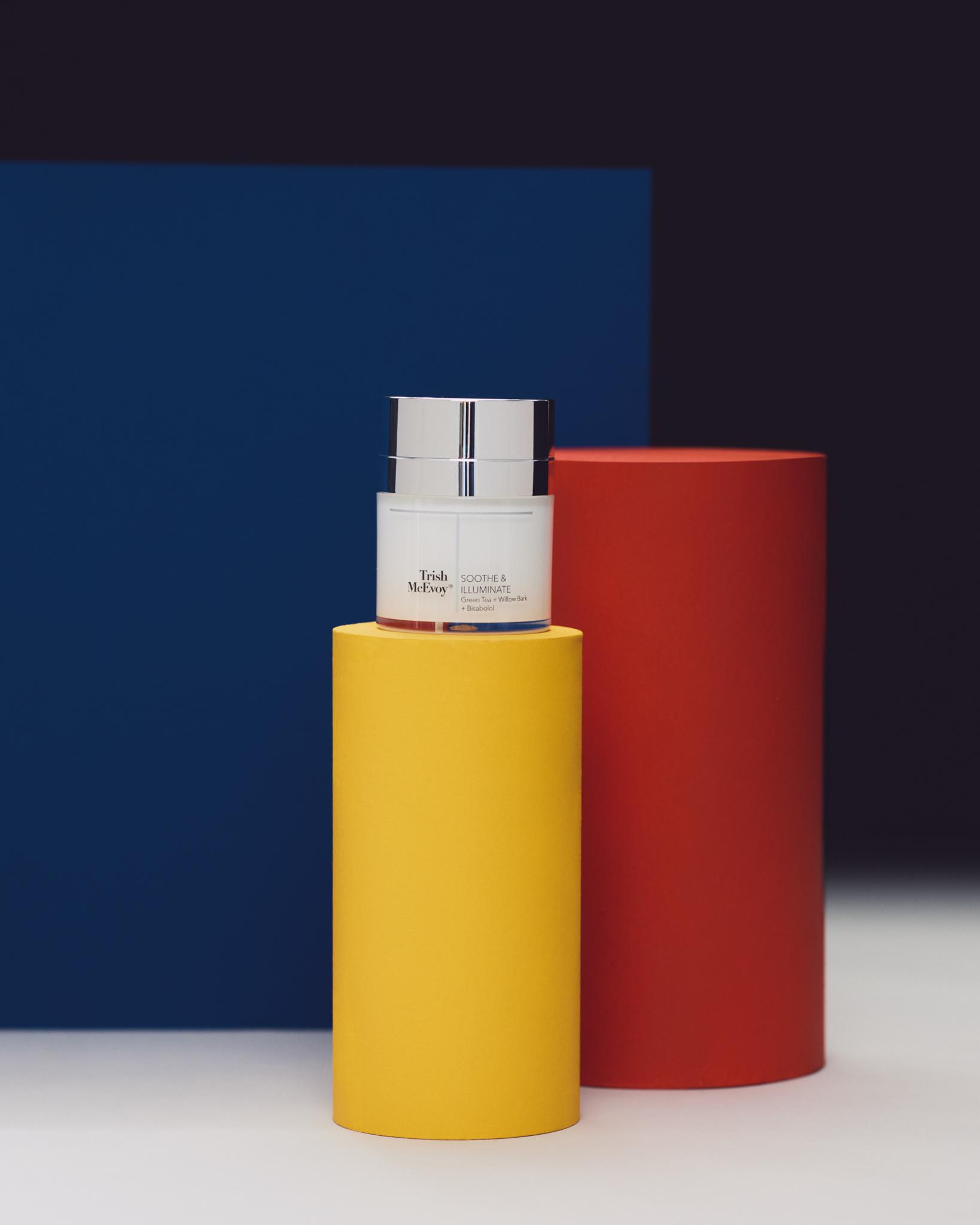
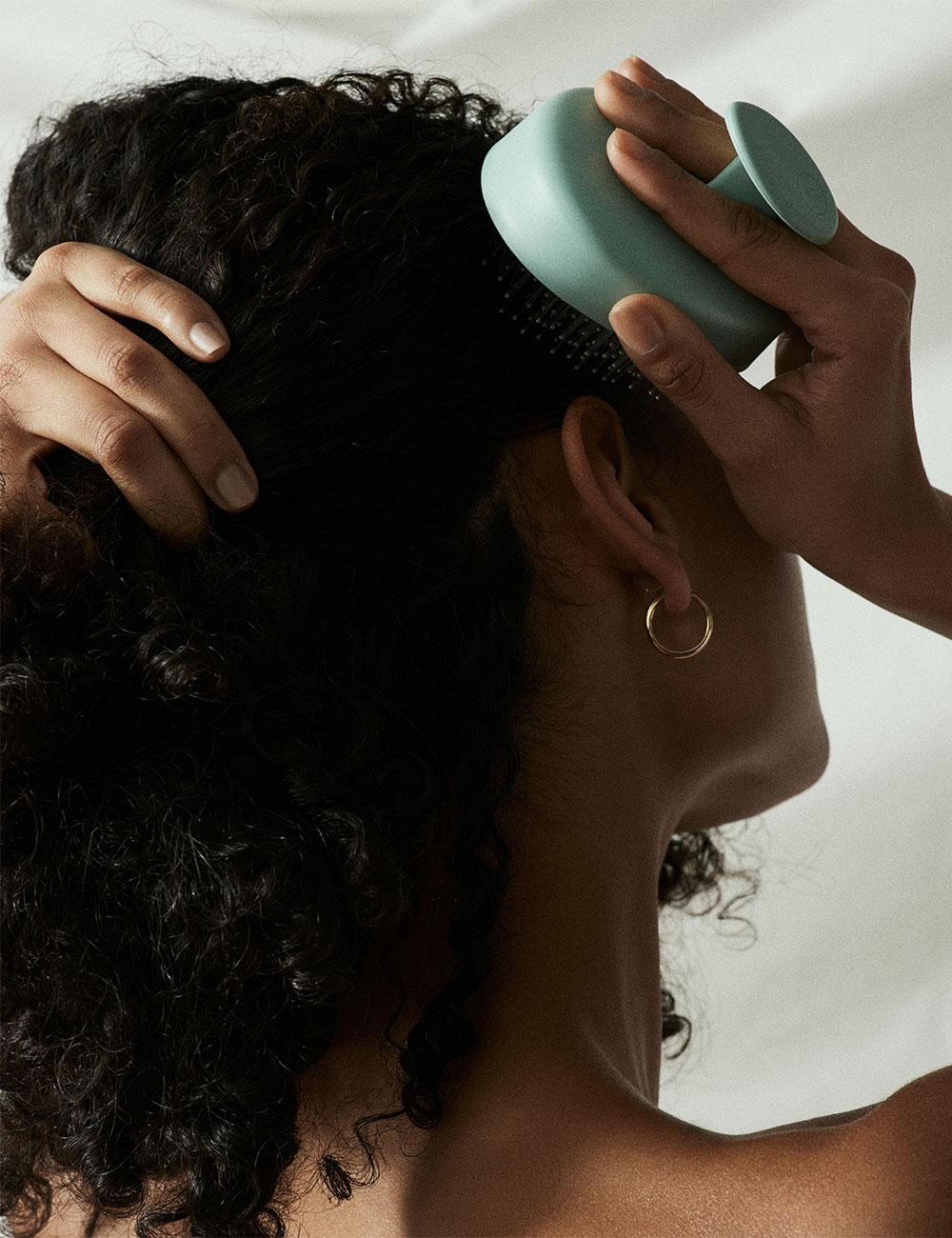
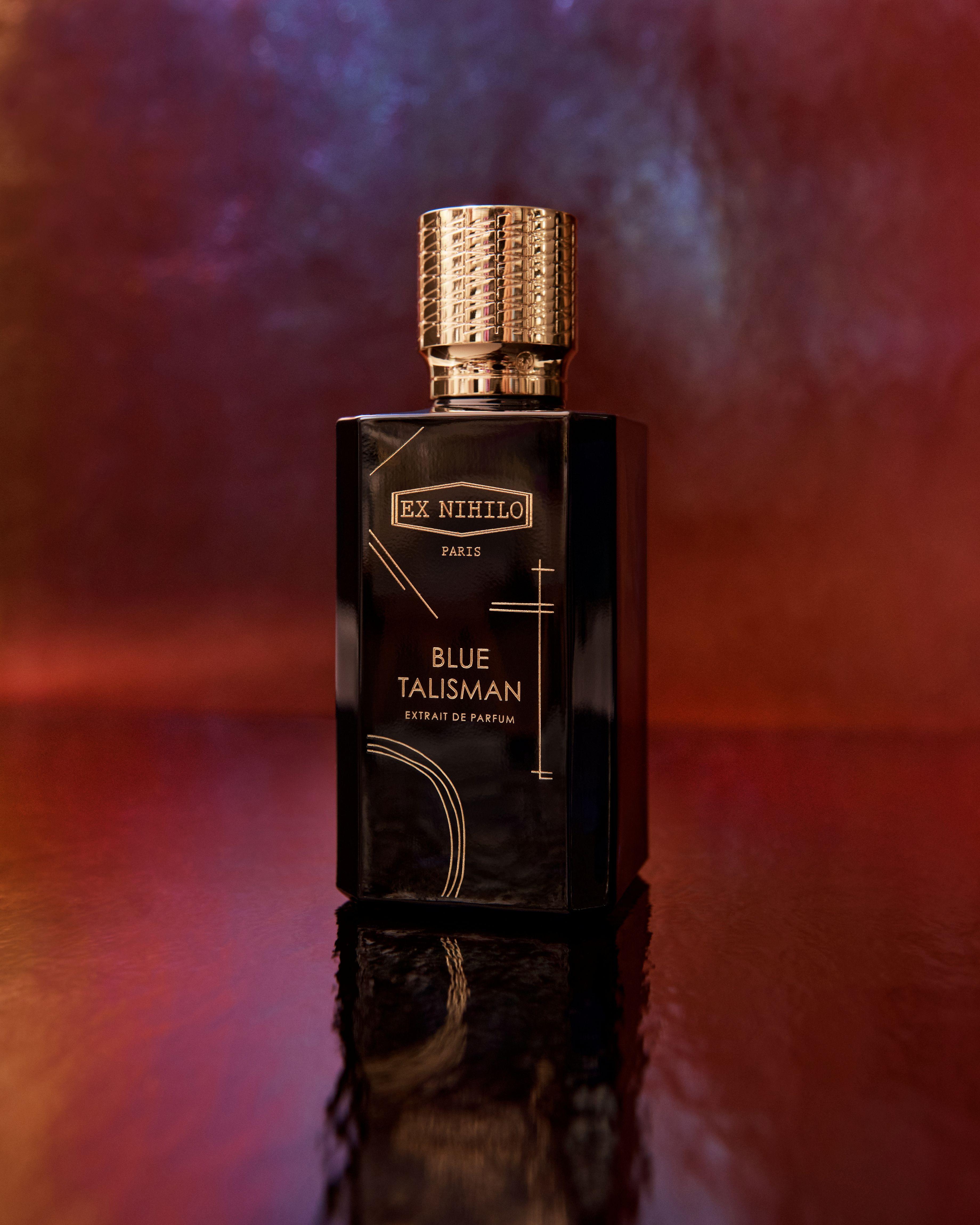
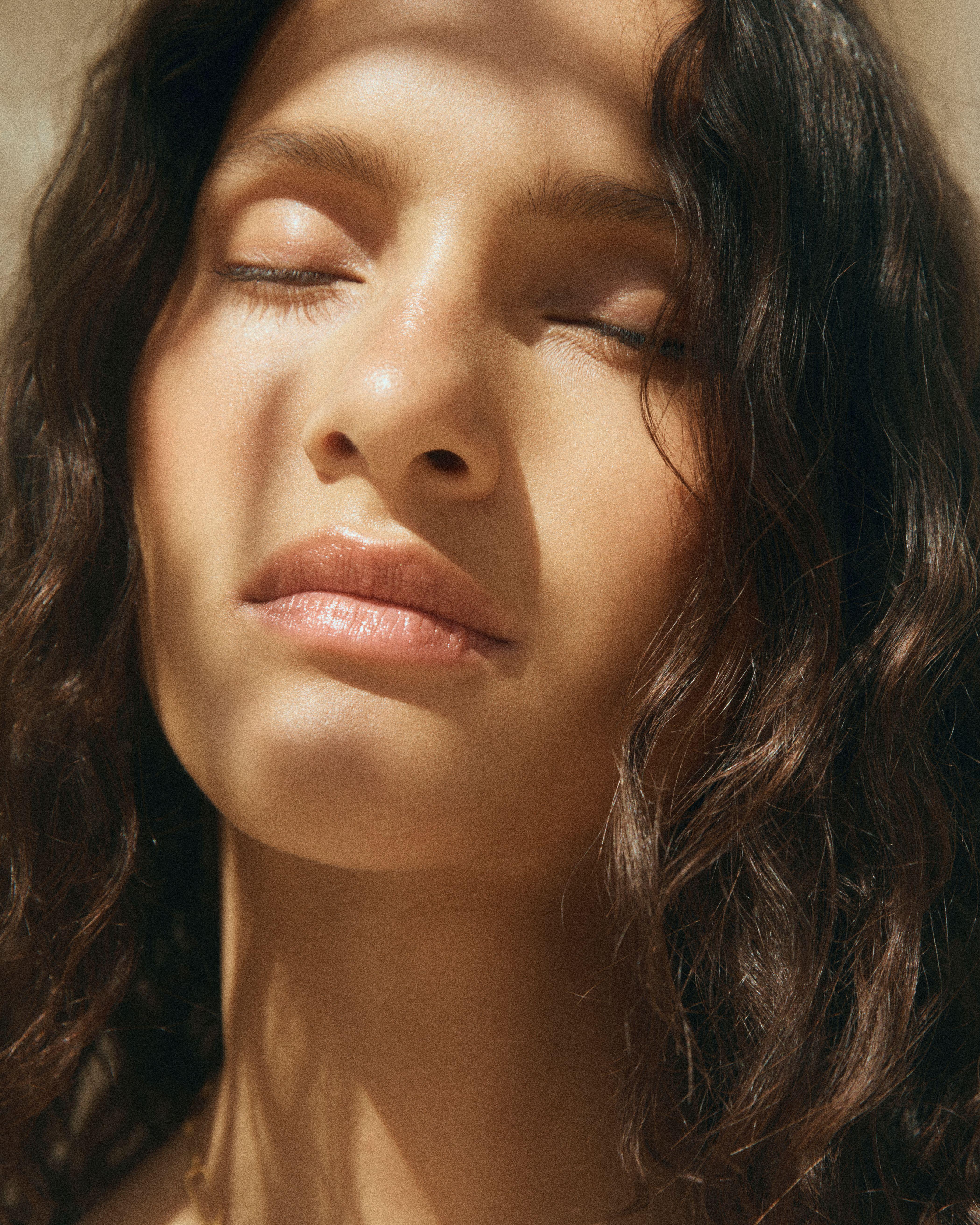
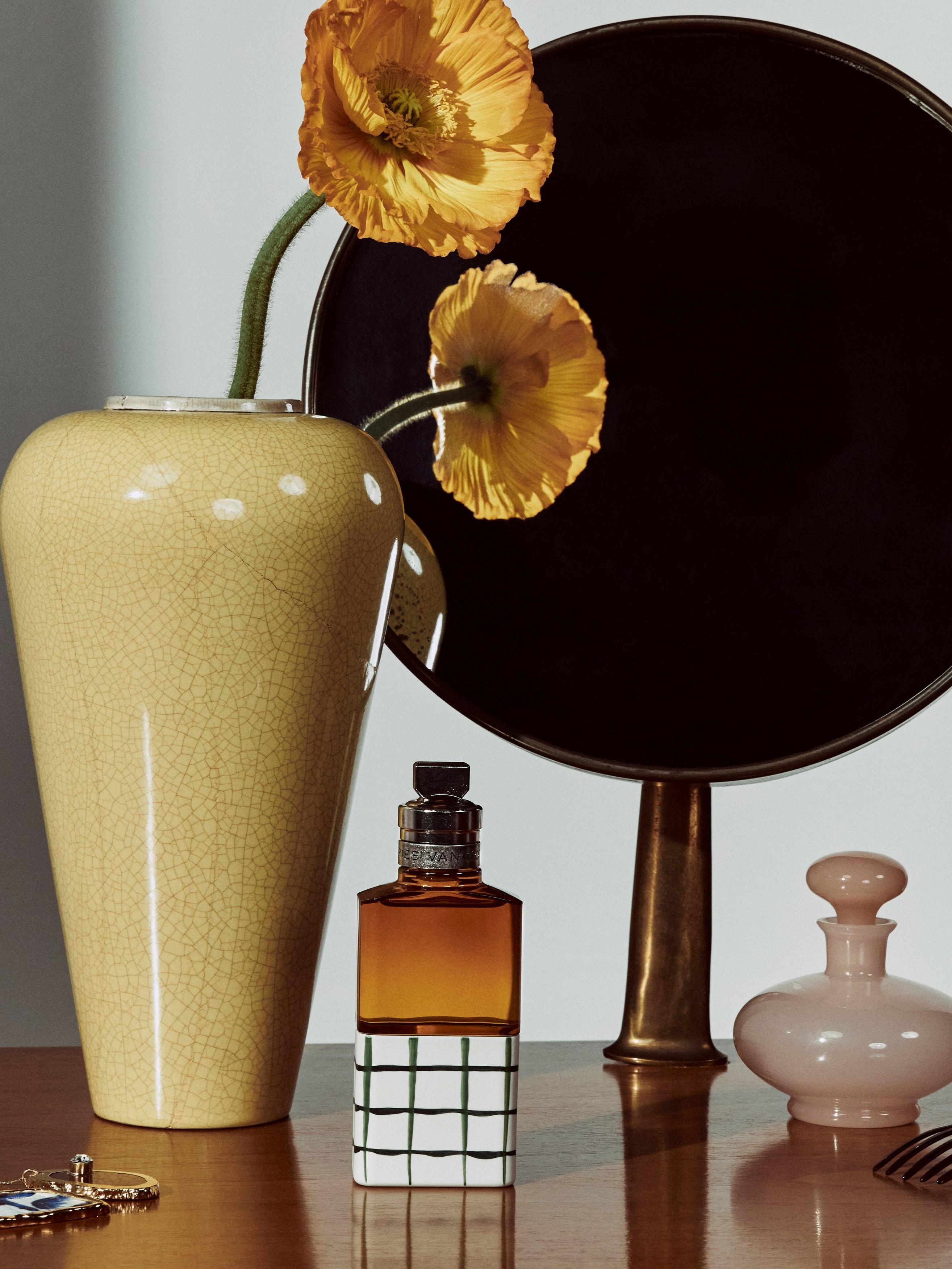
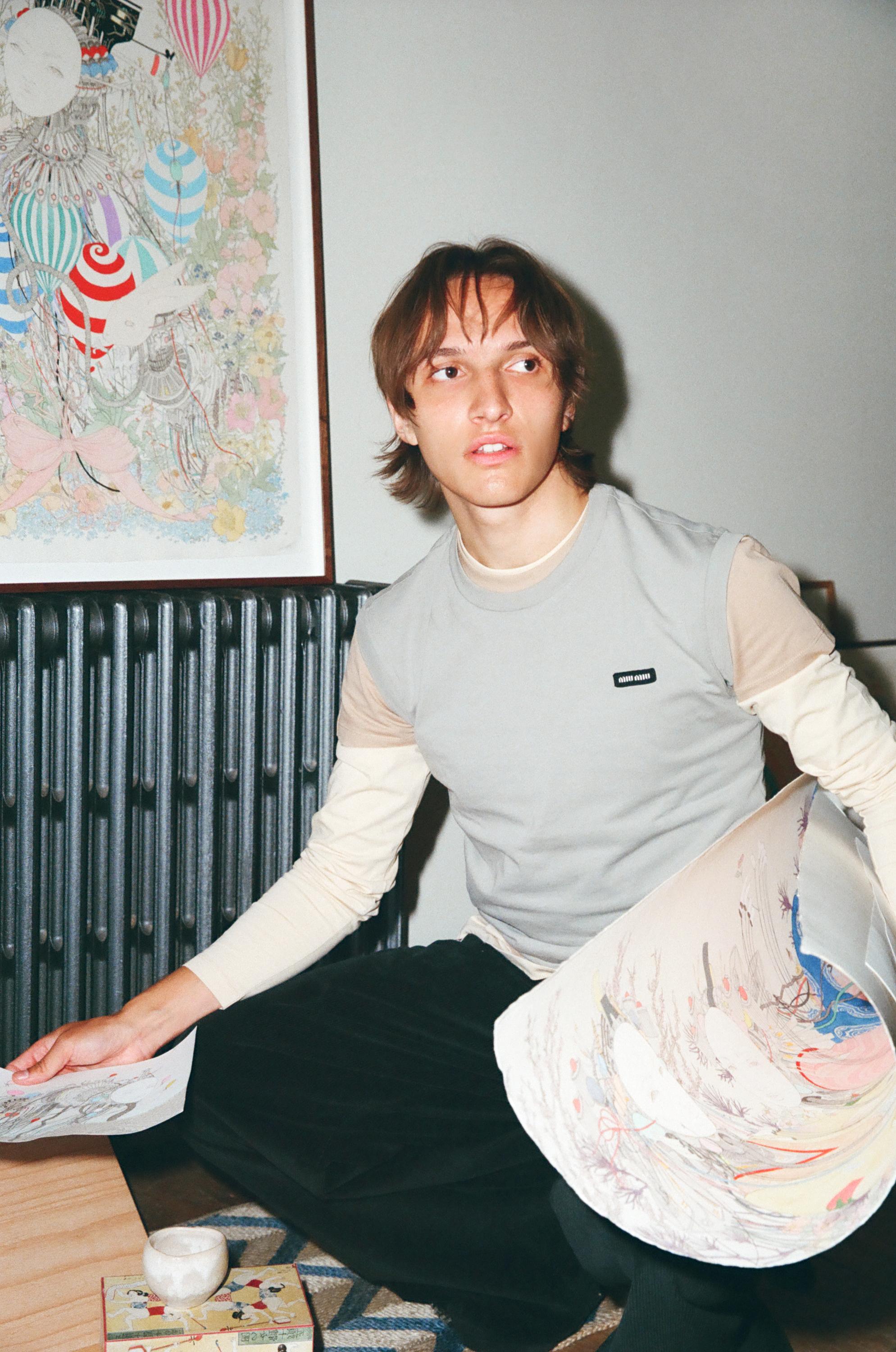
?fmt=auto&qlt=default)
